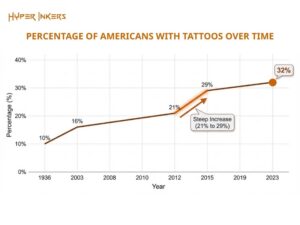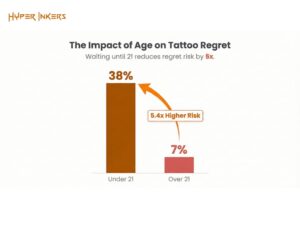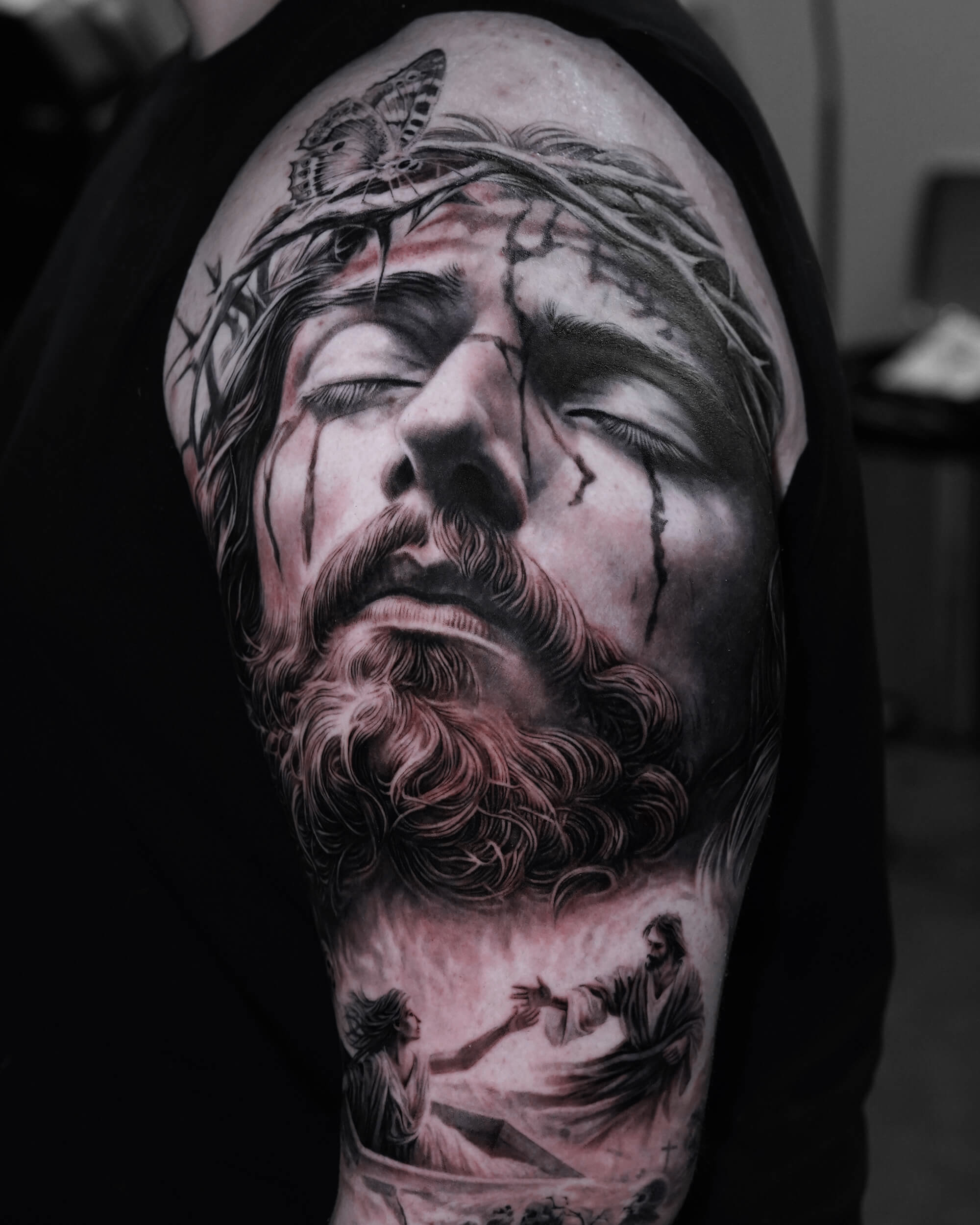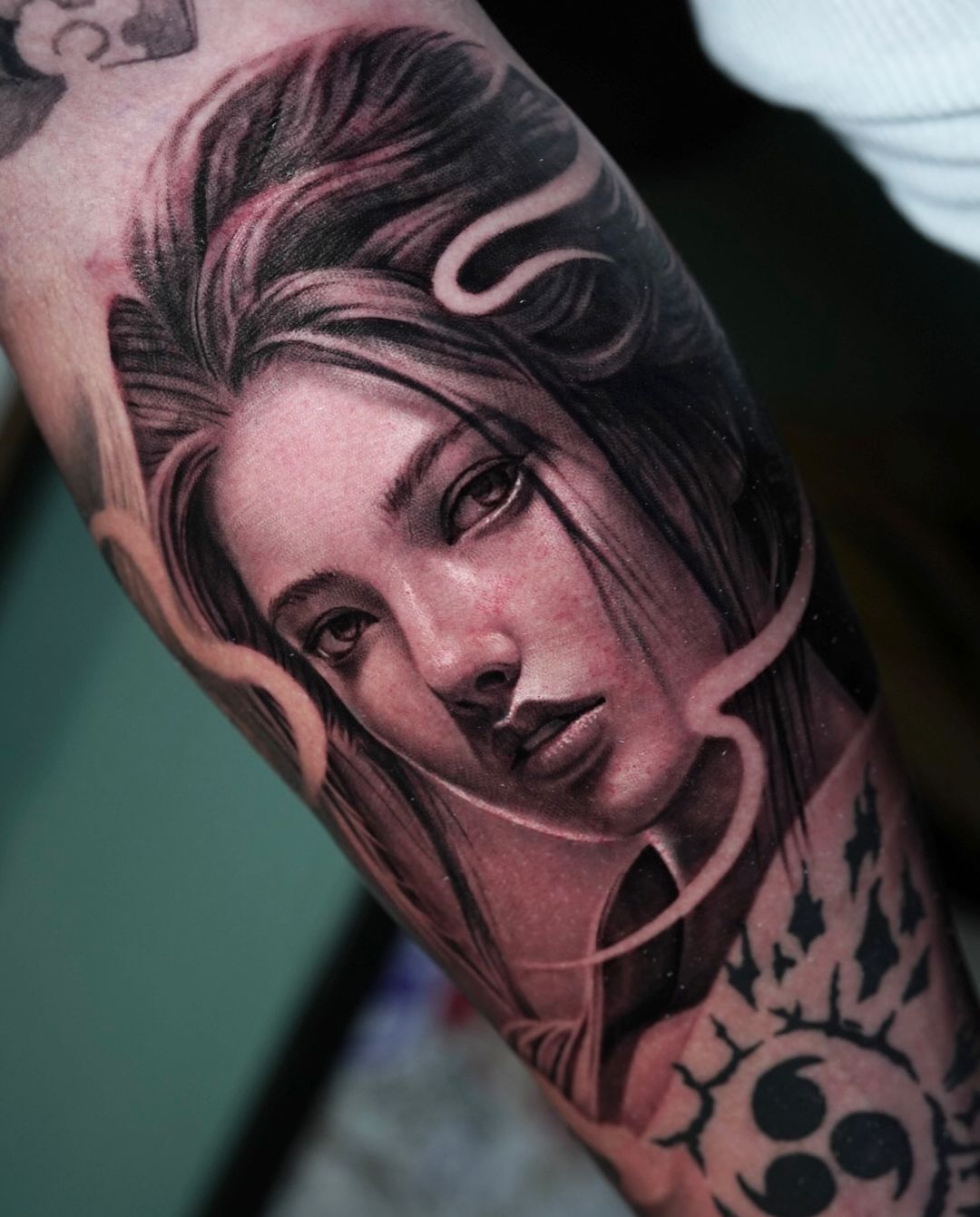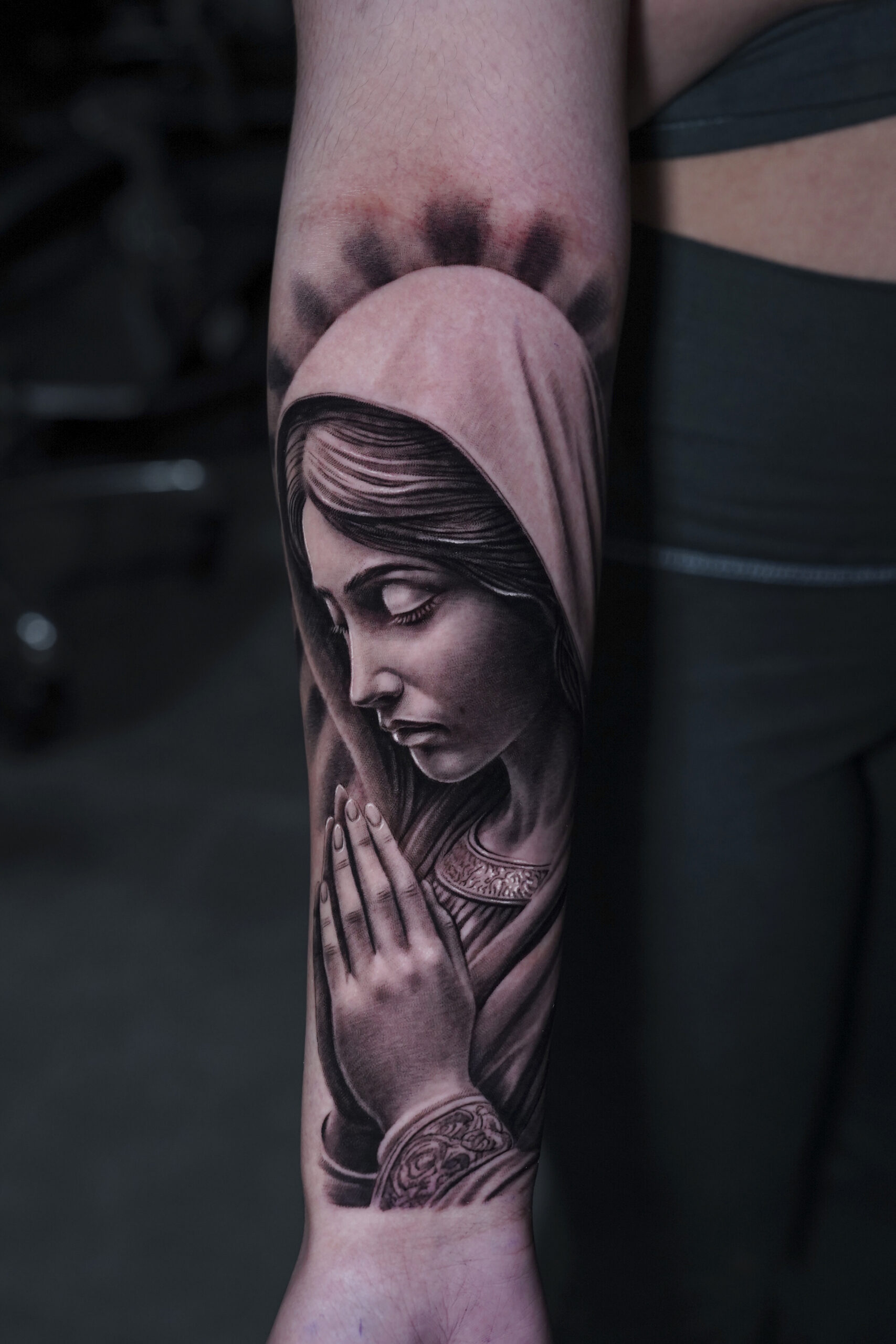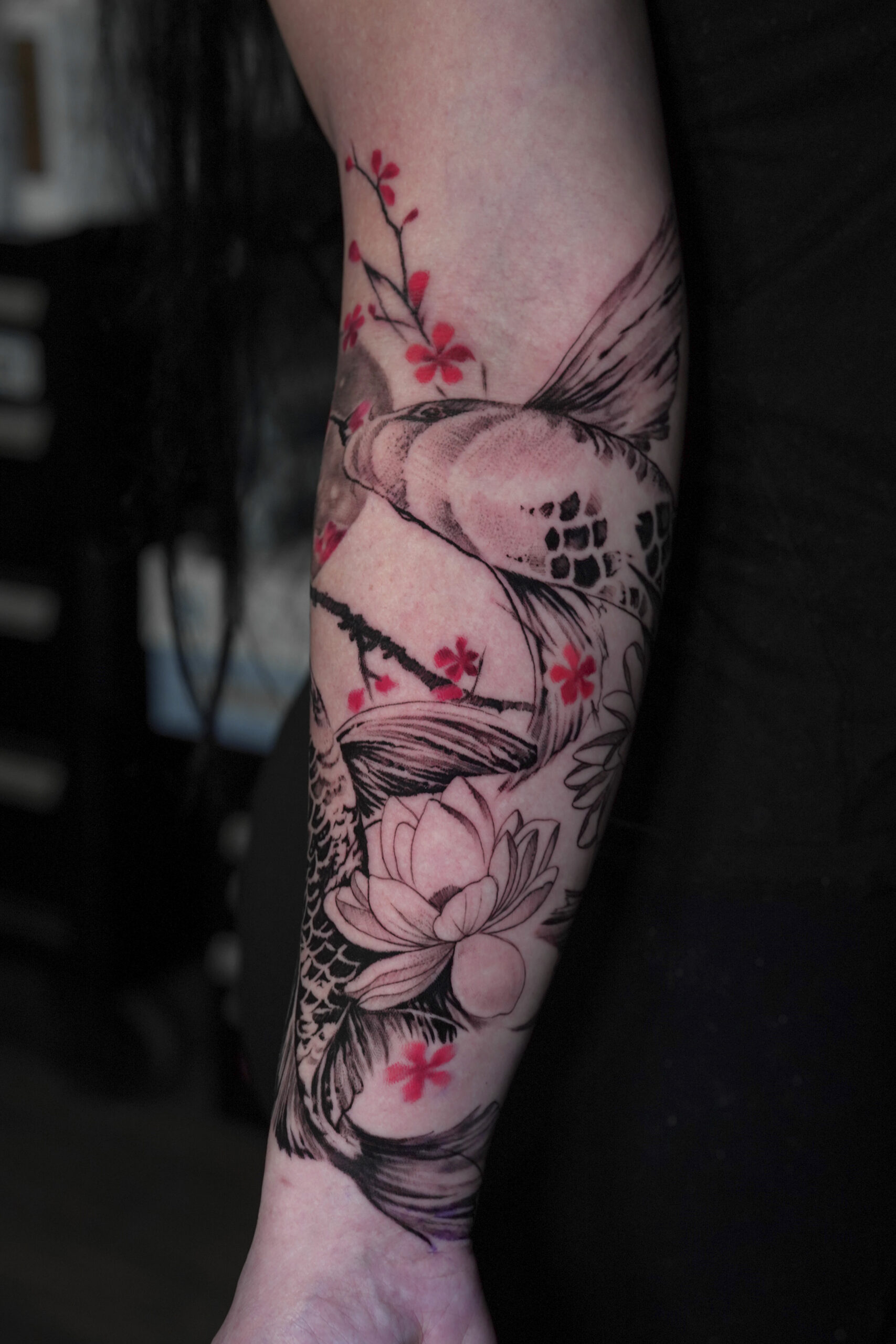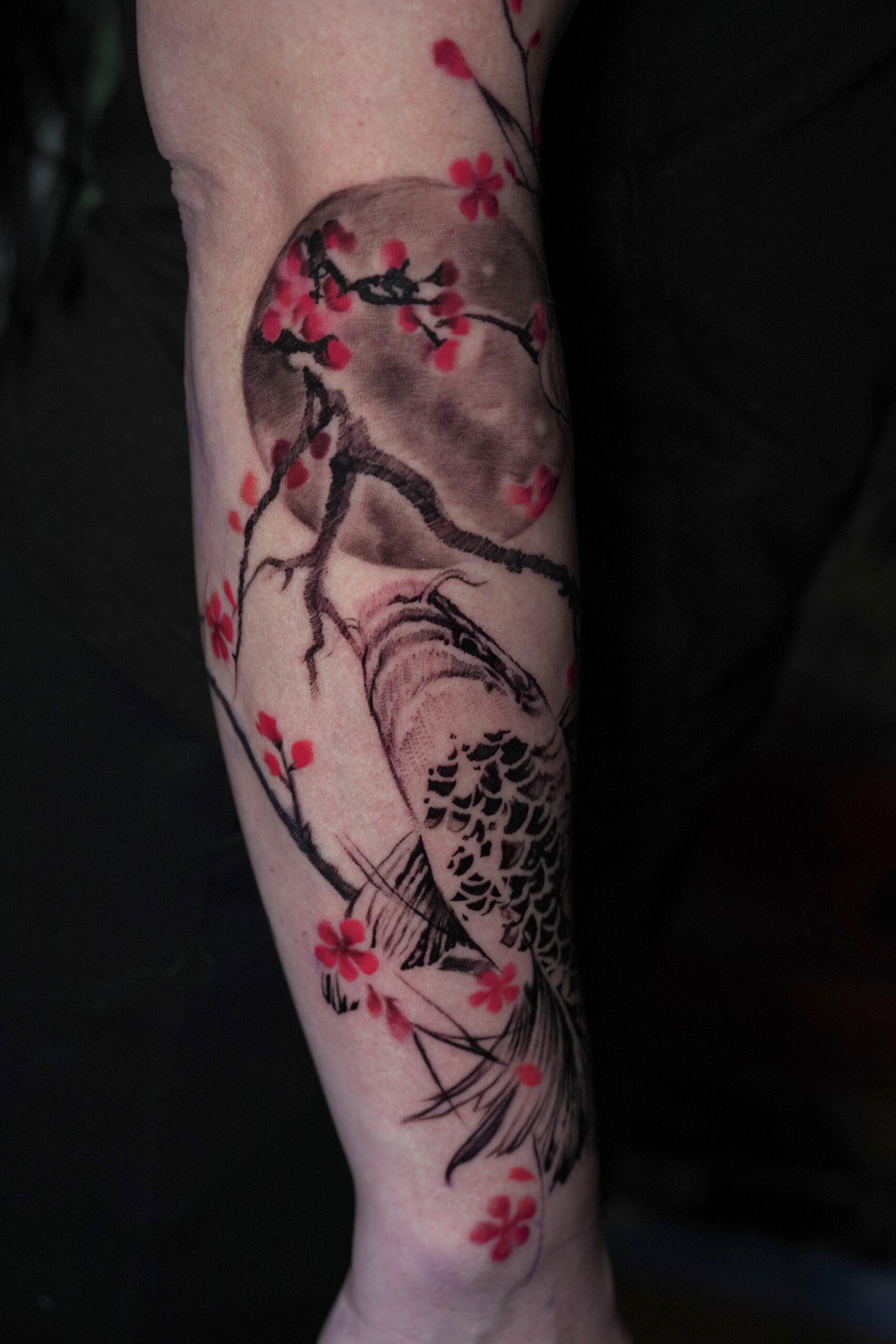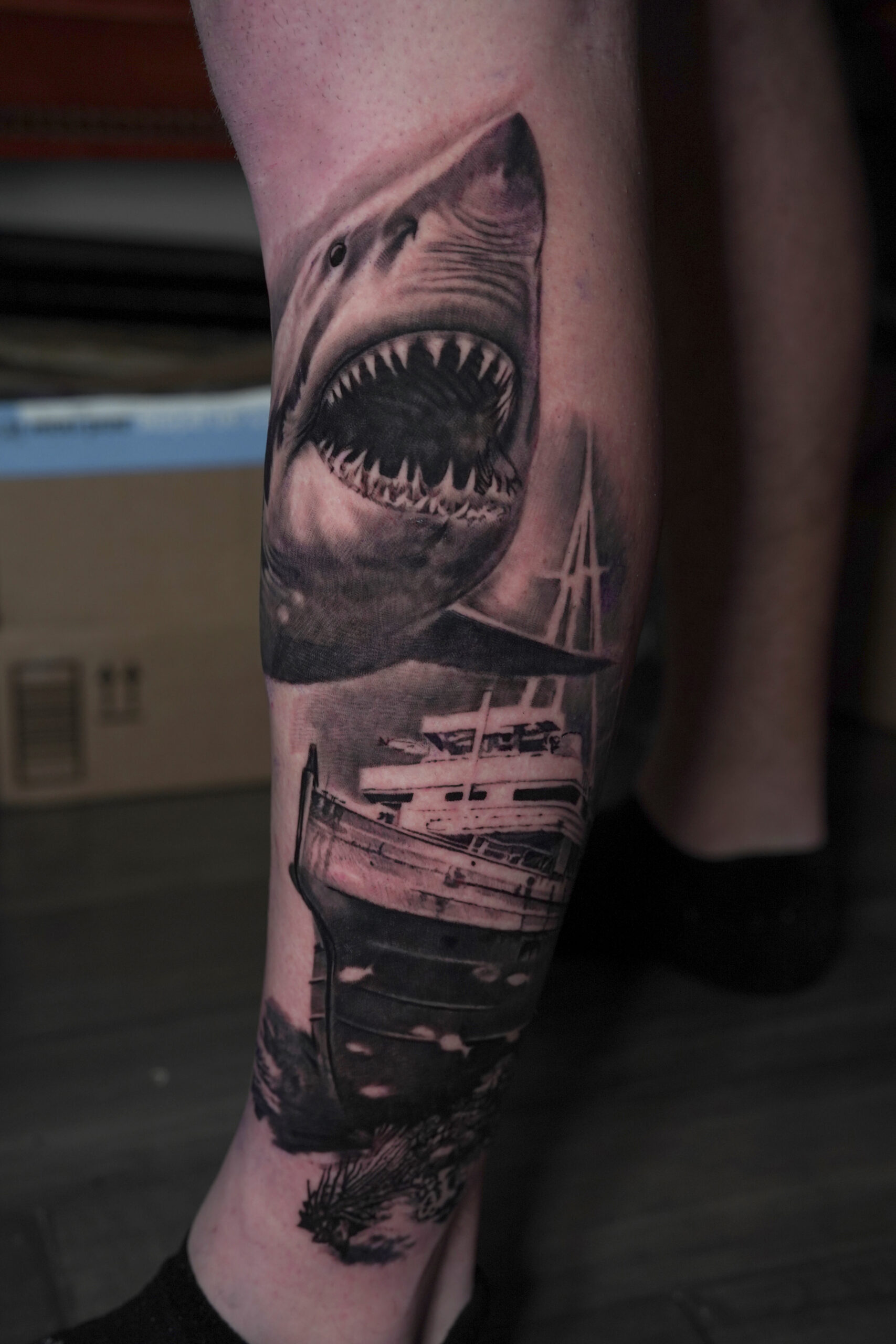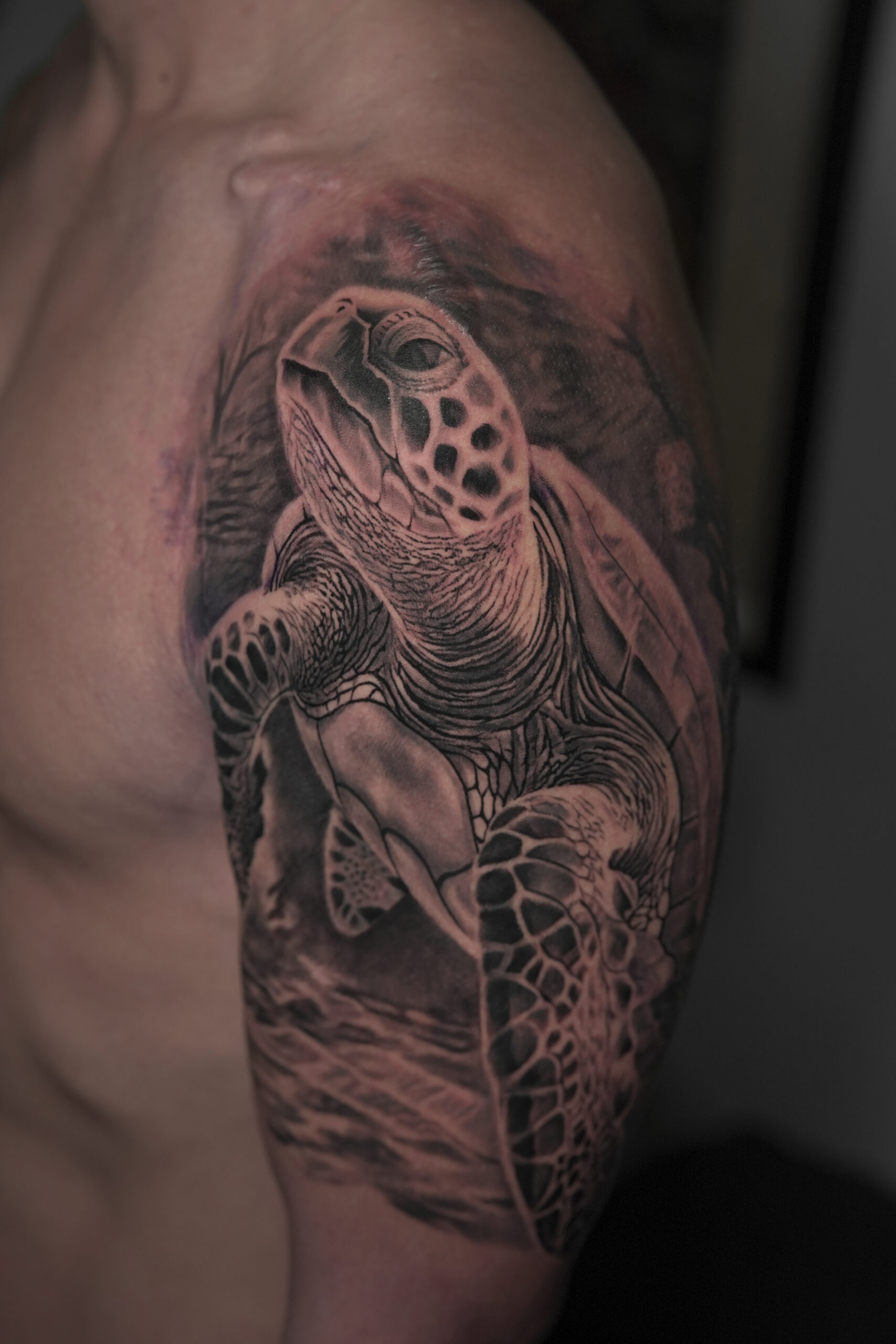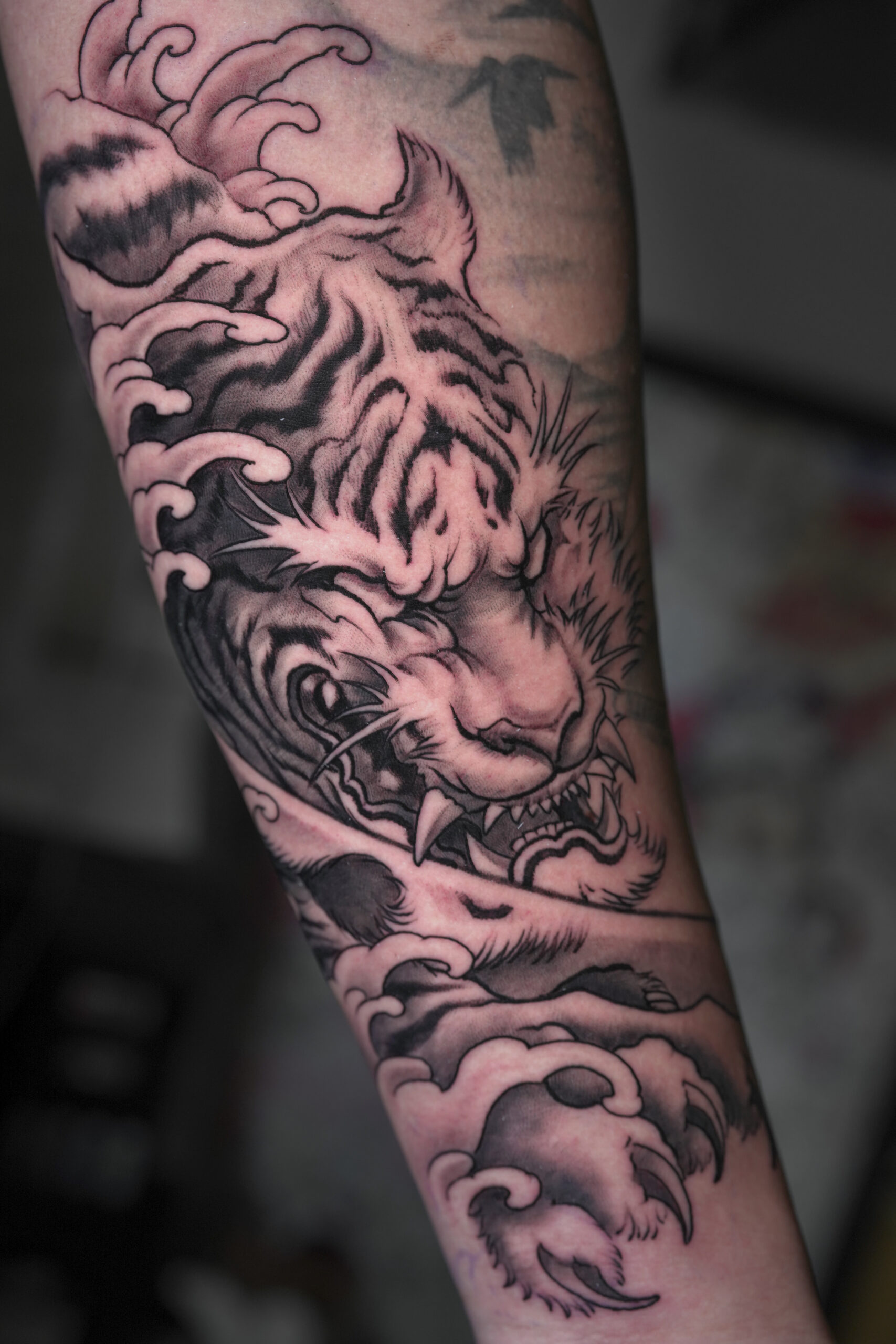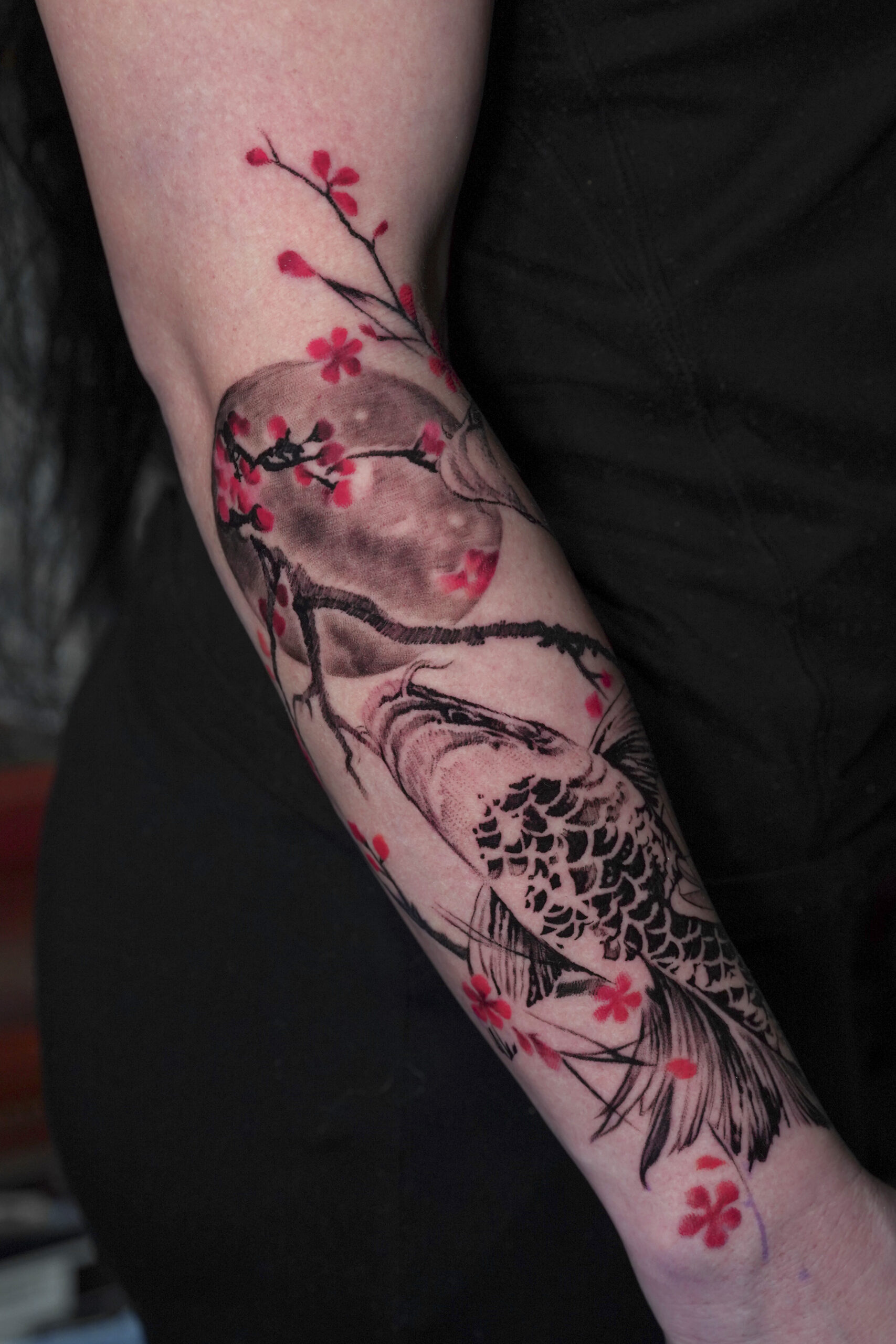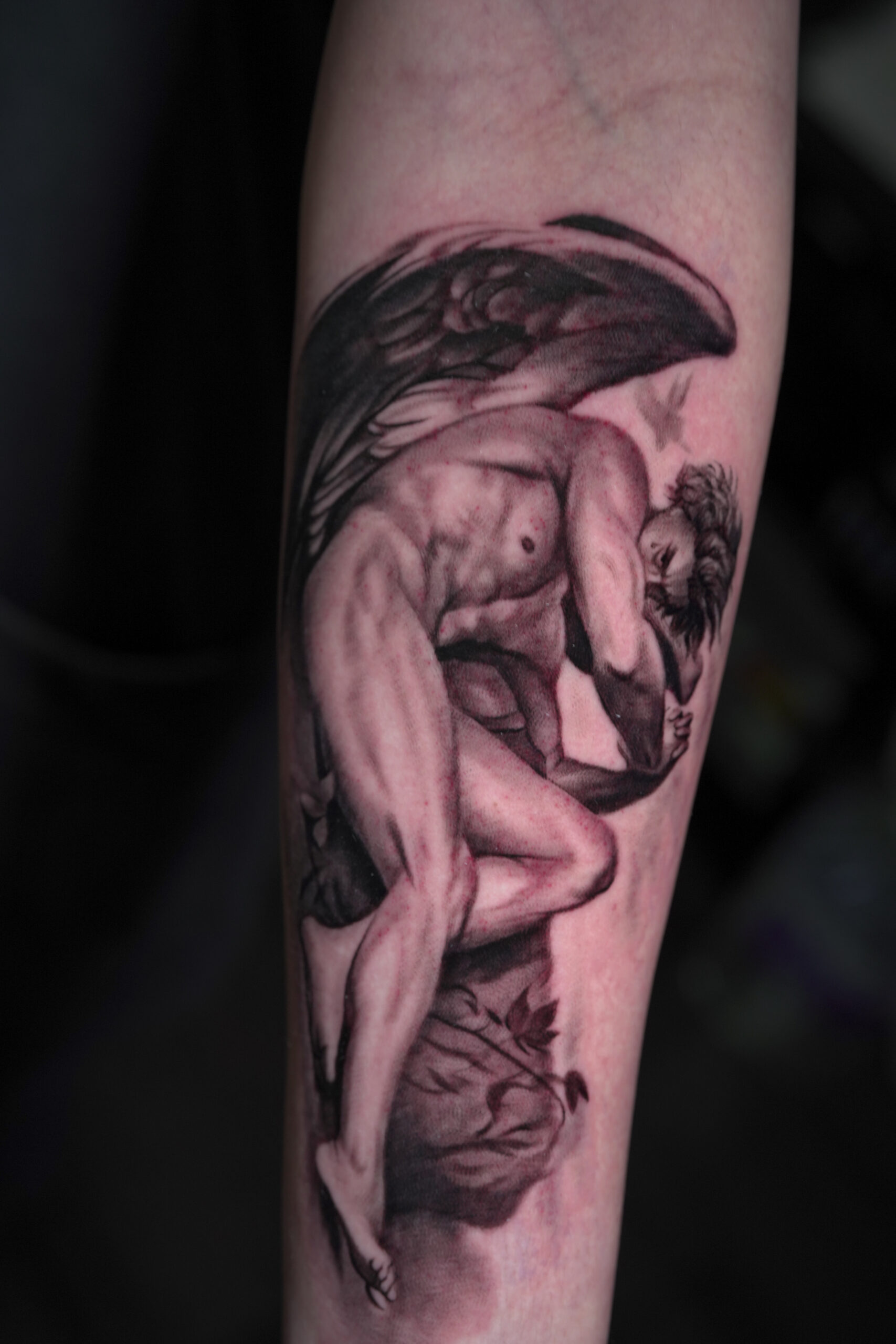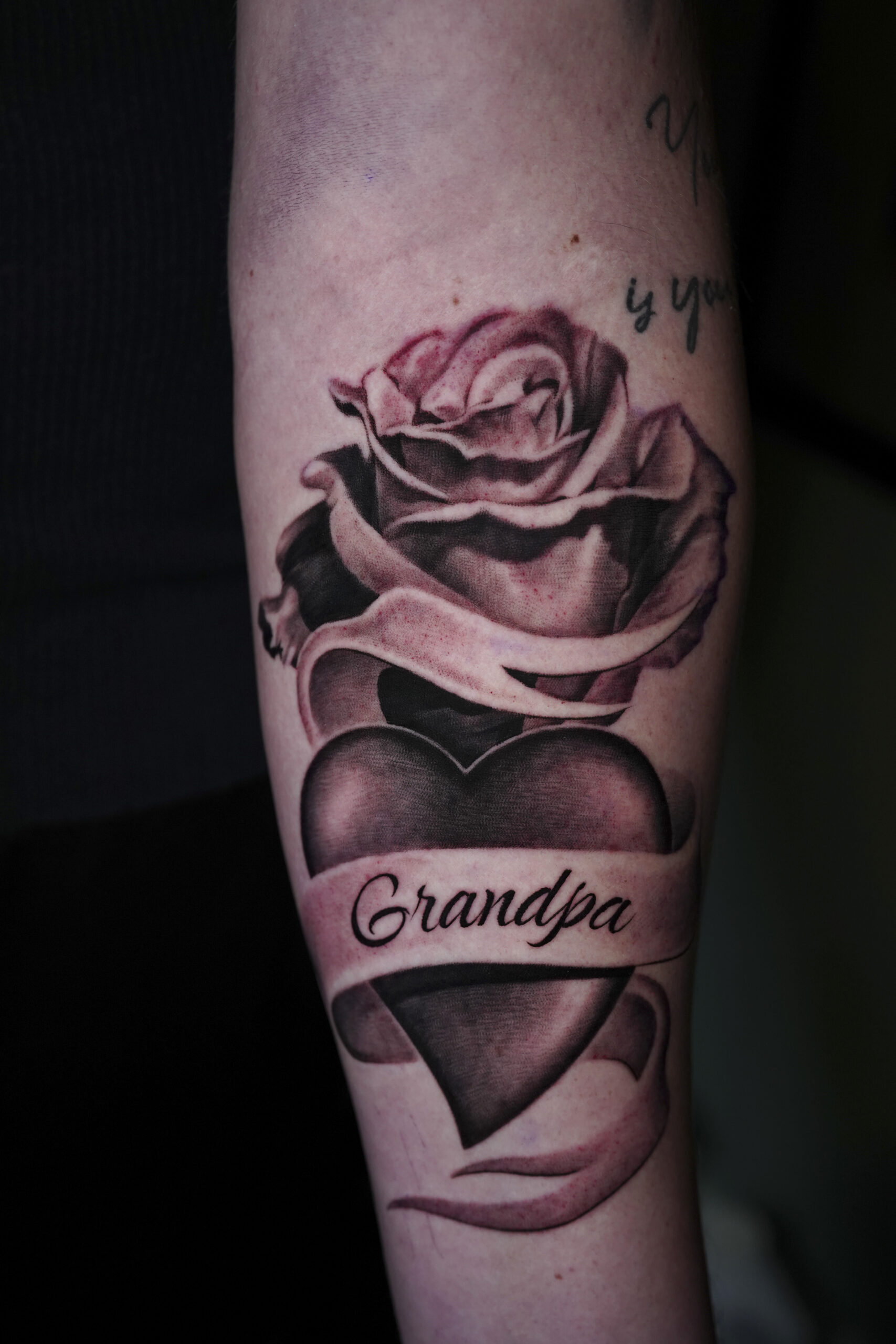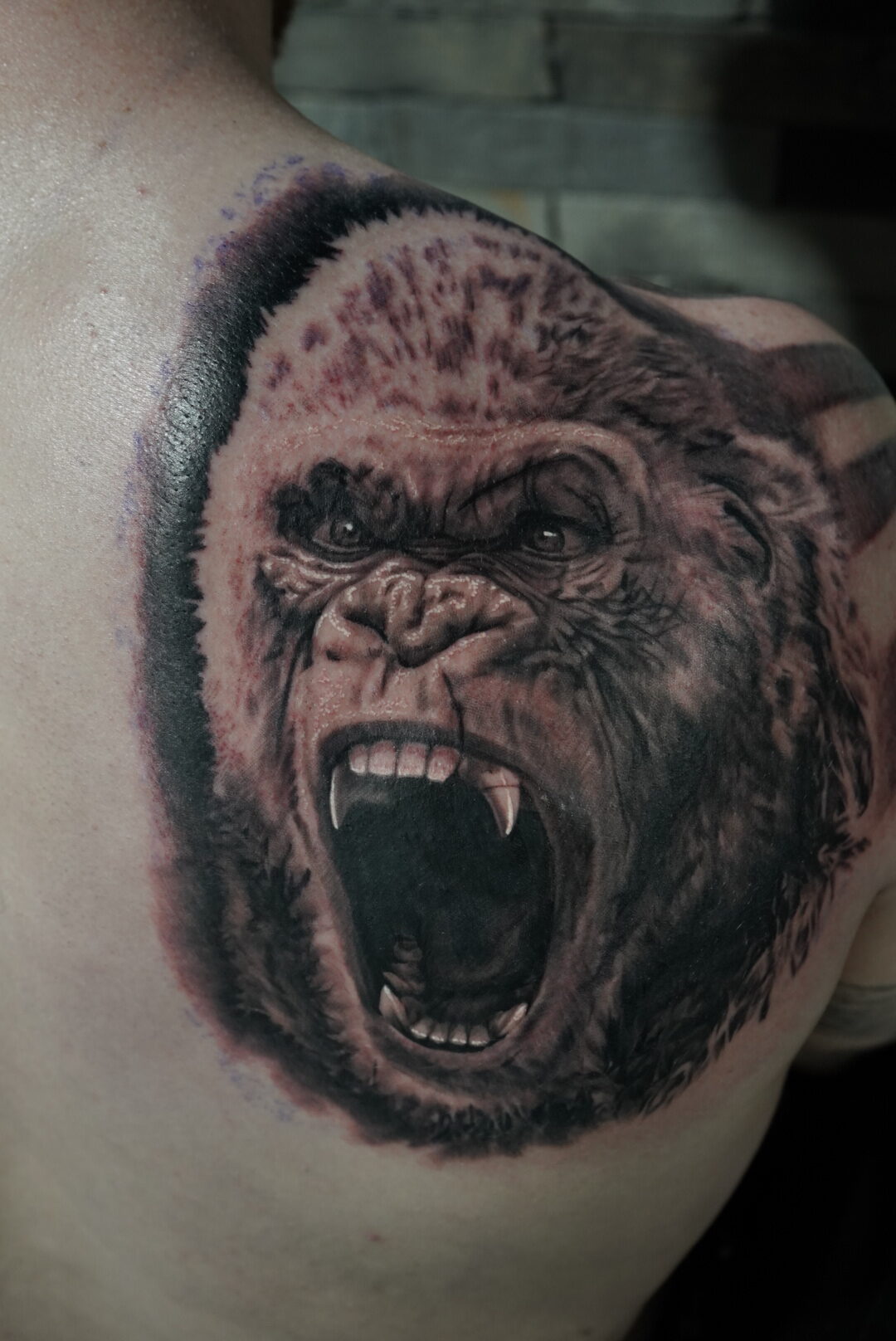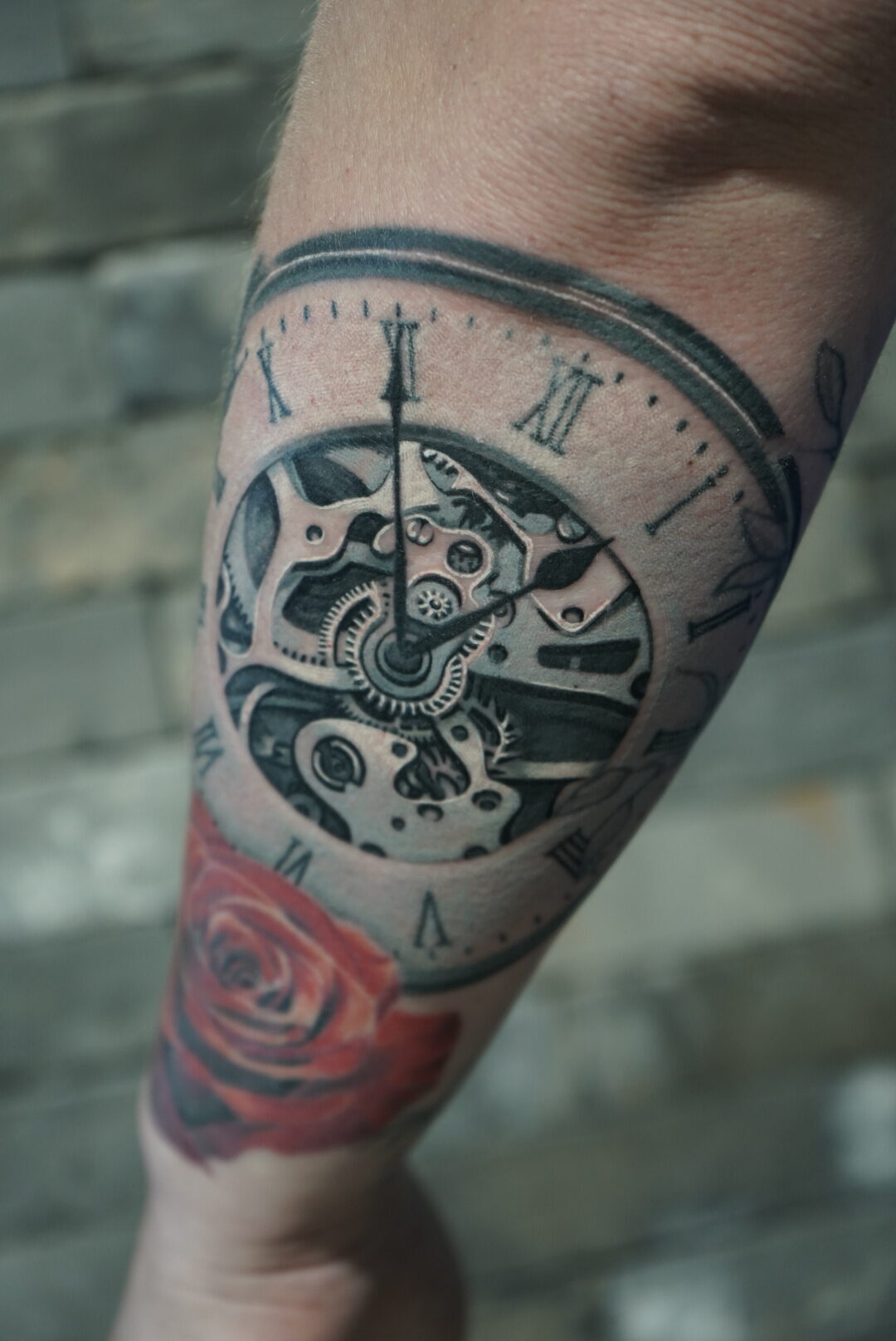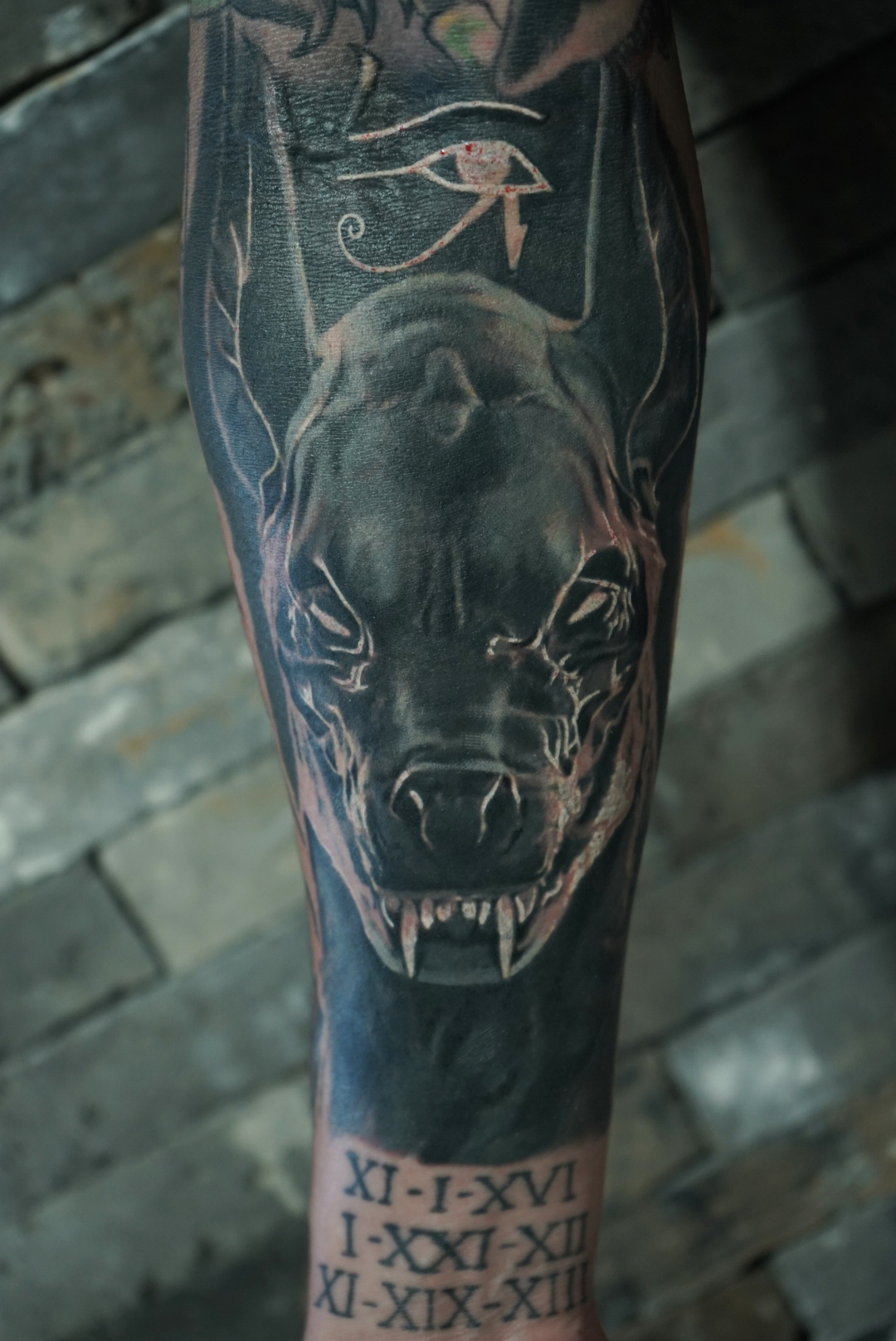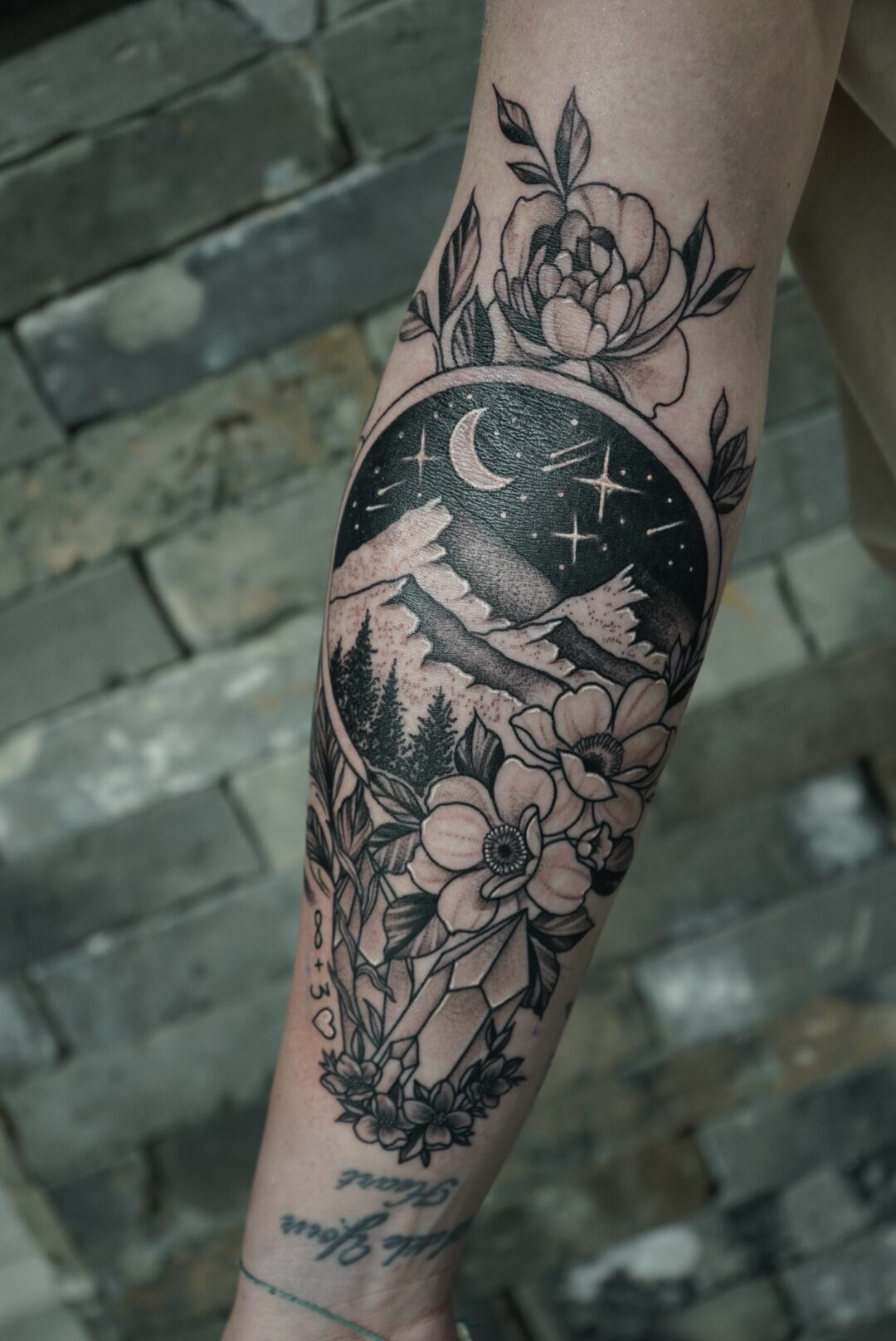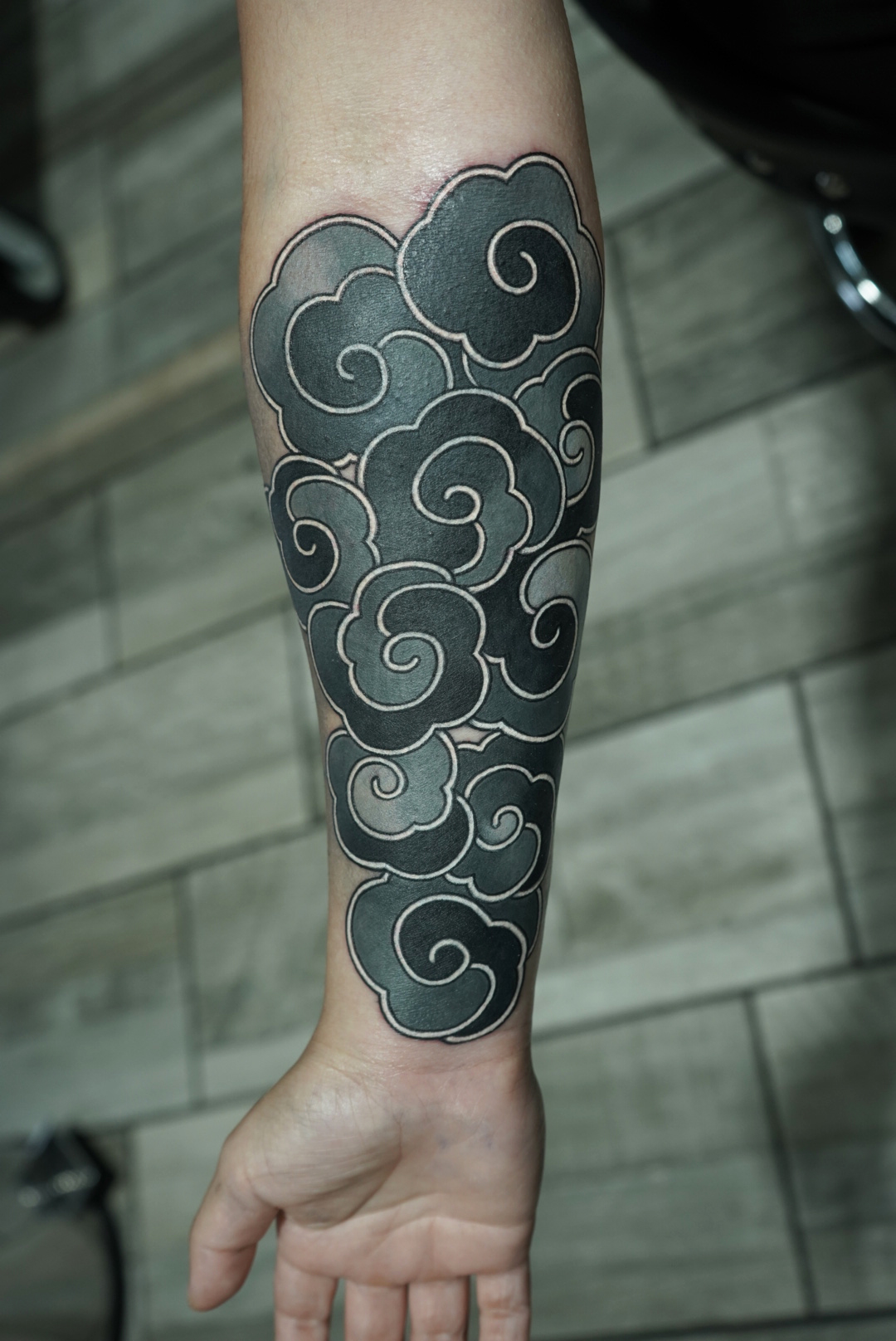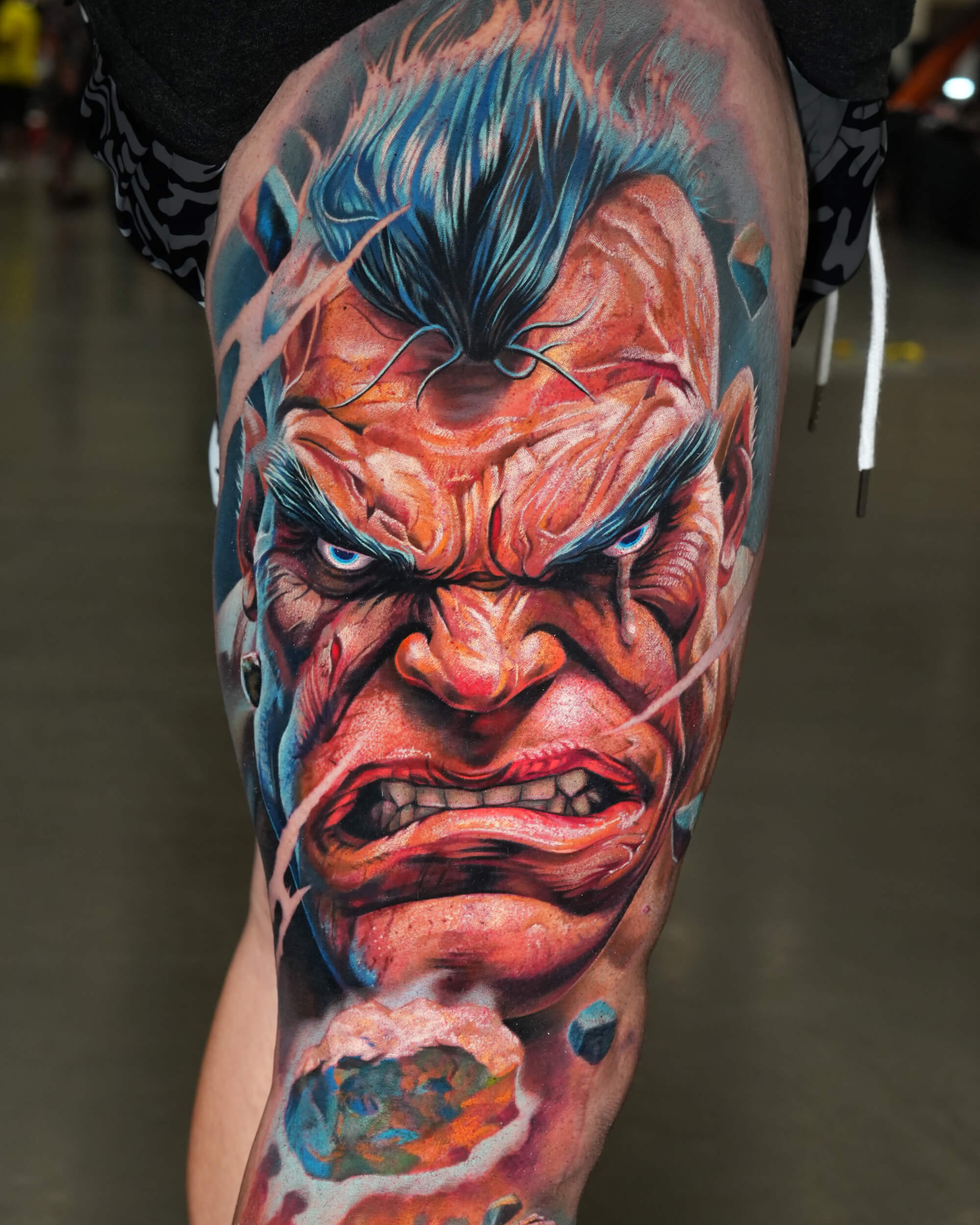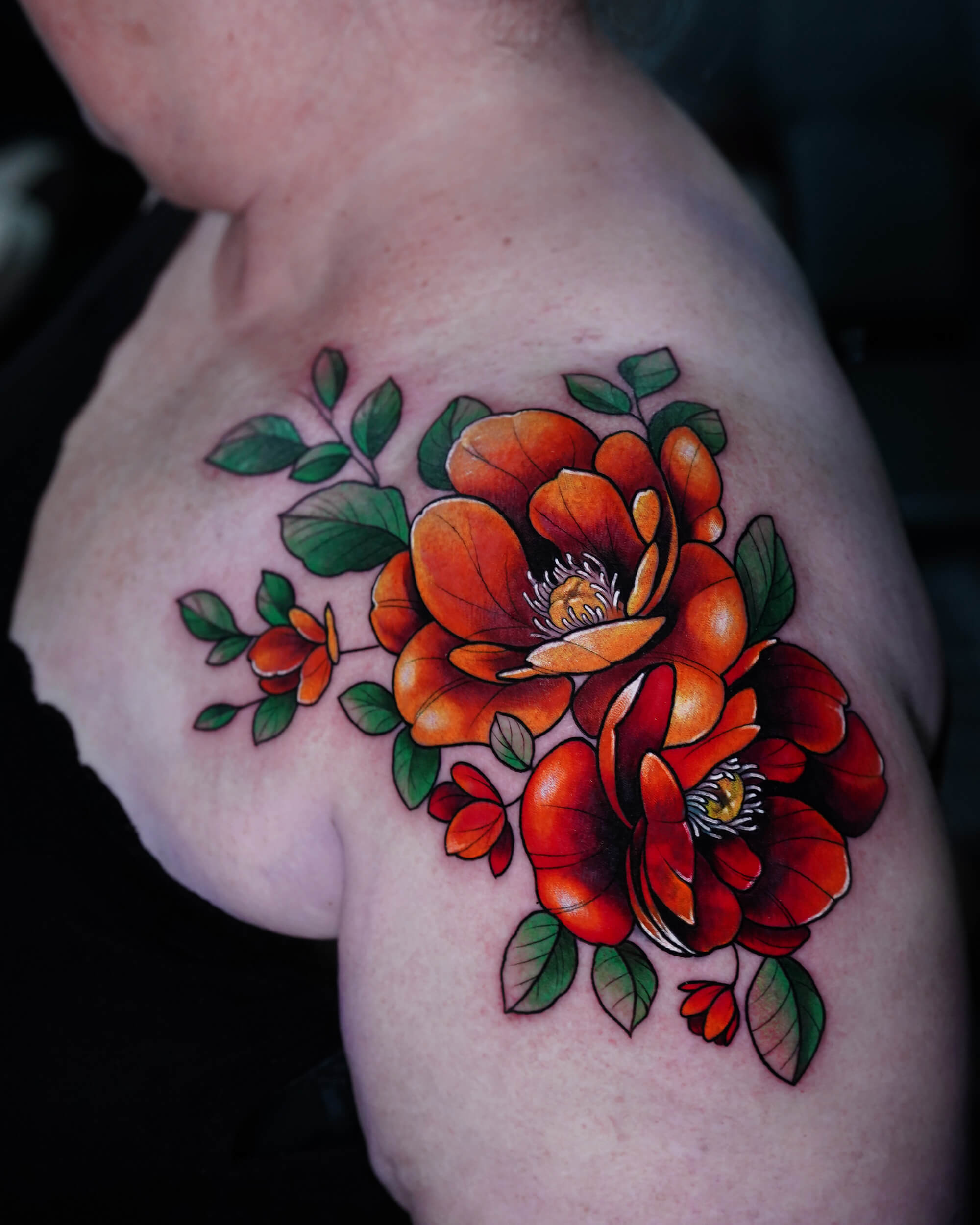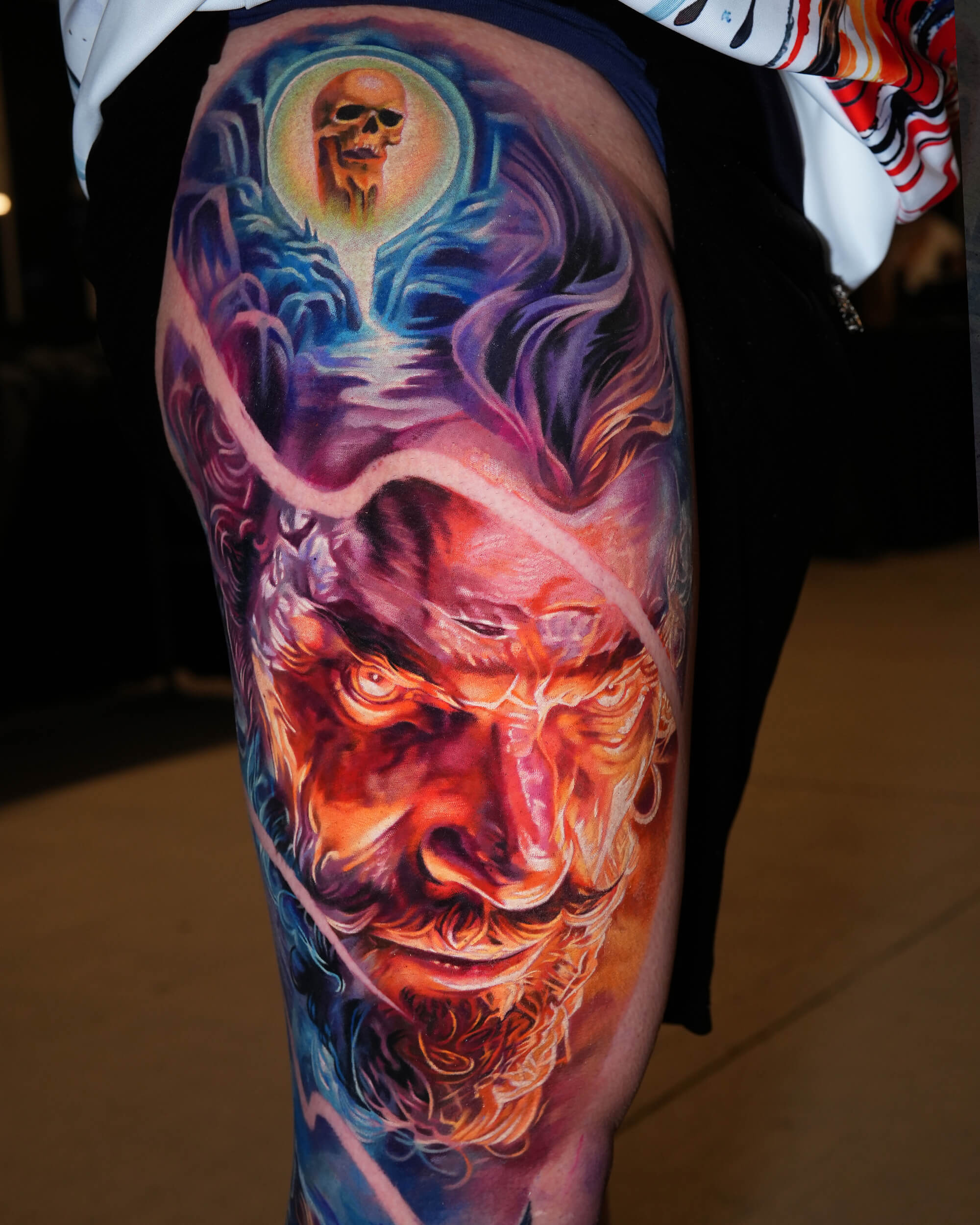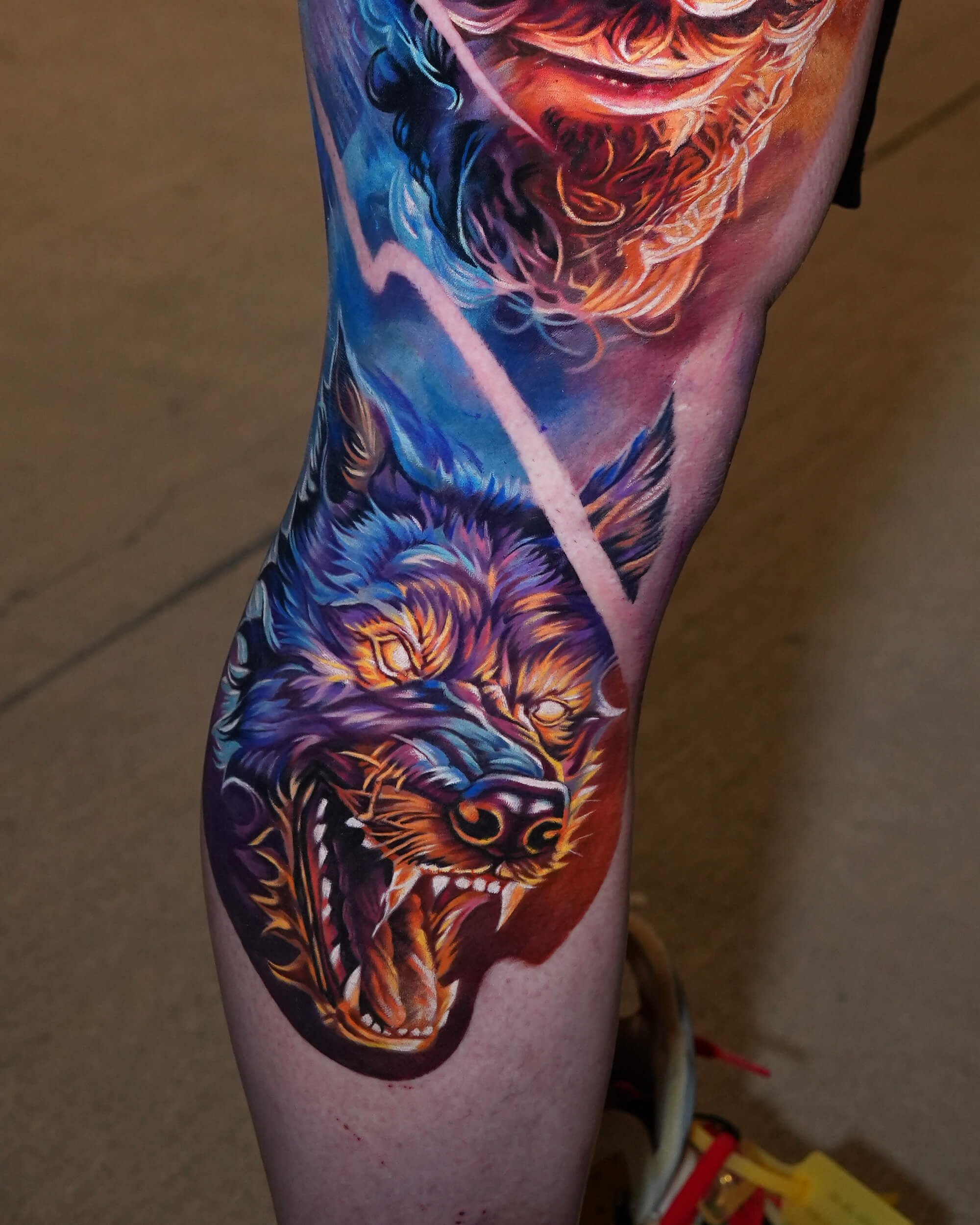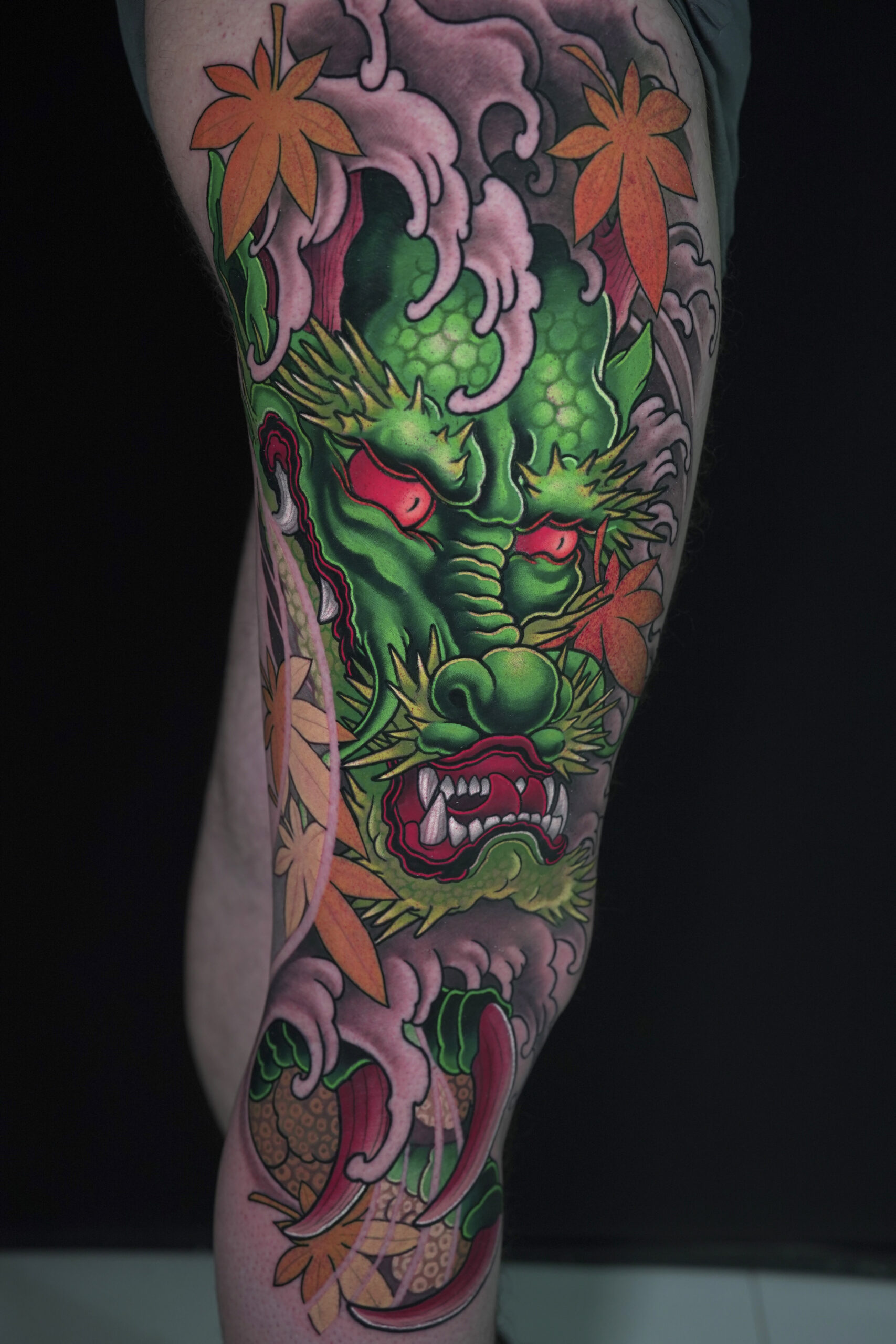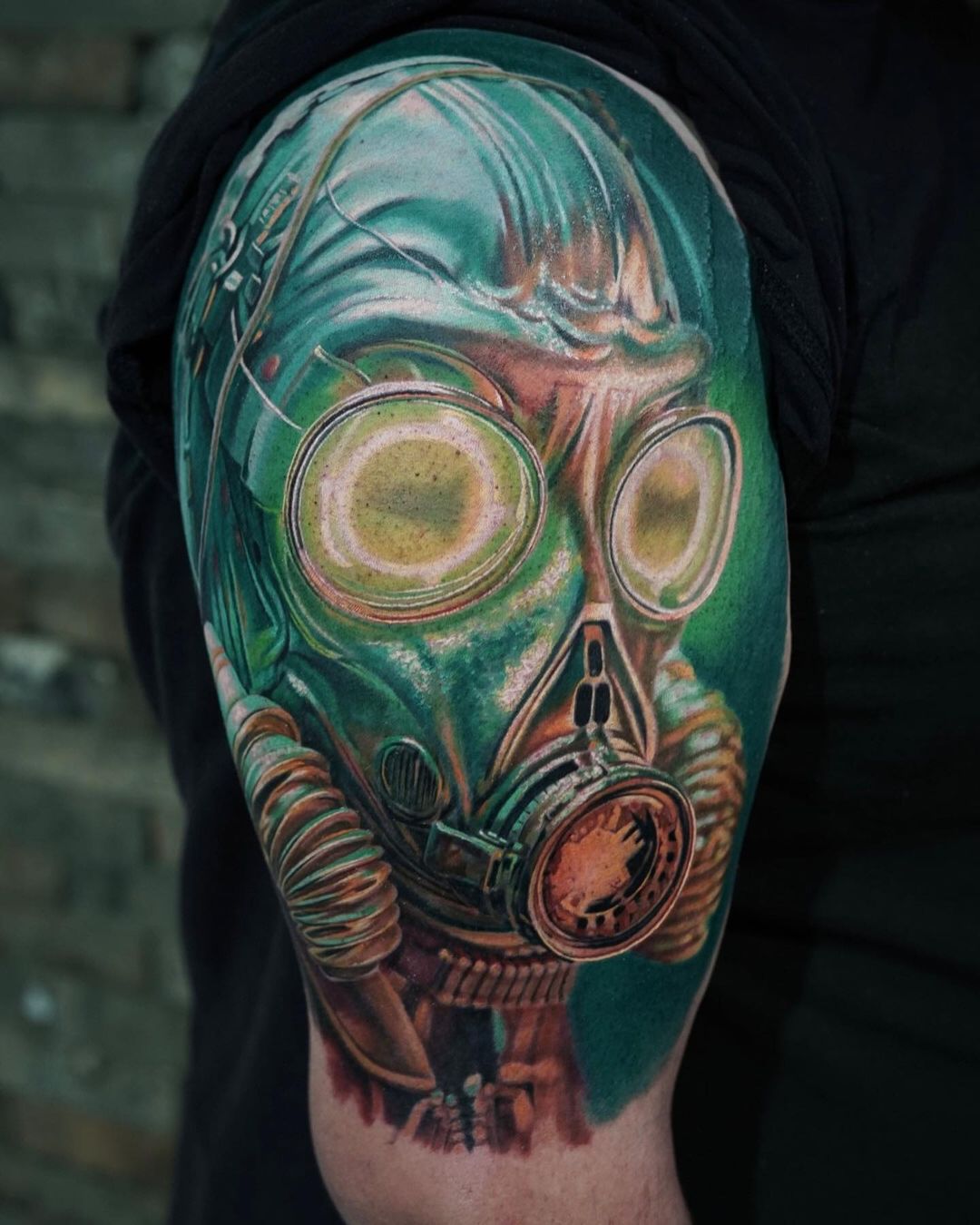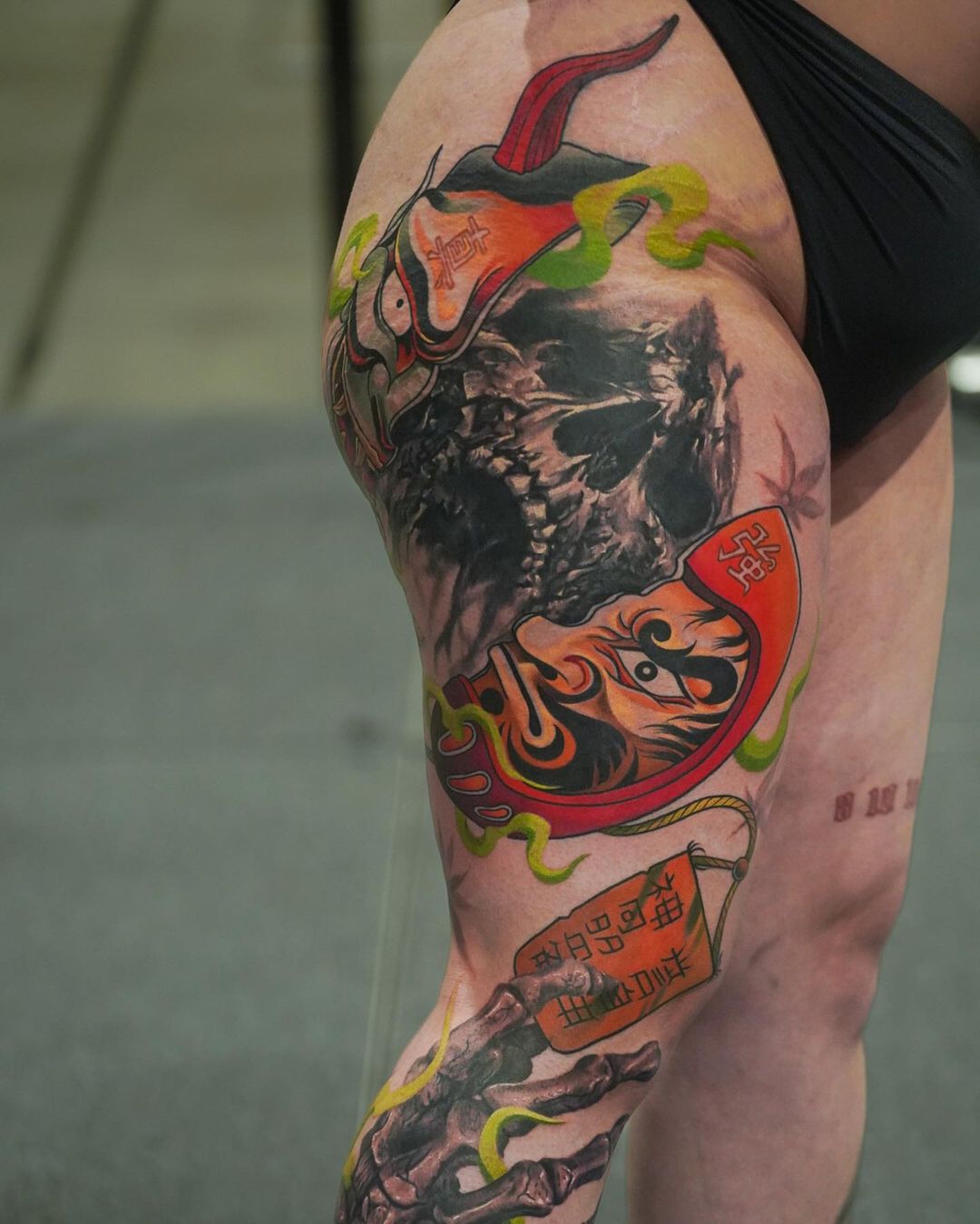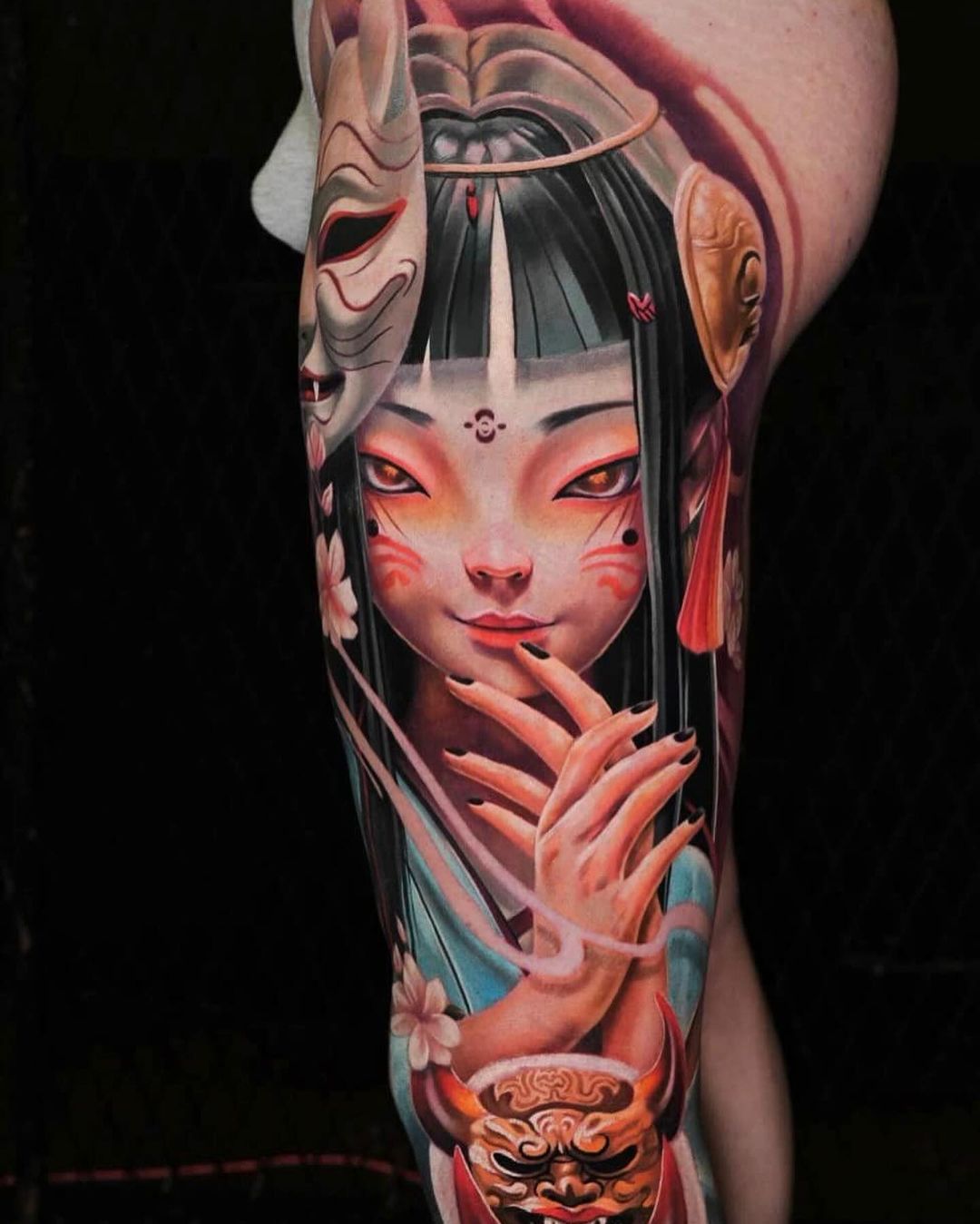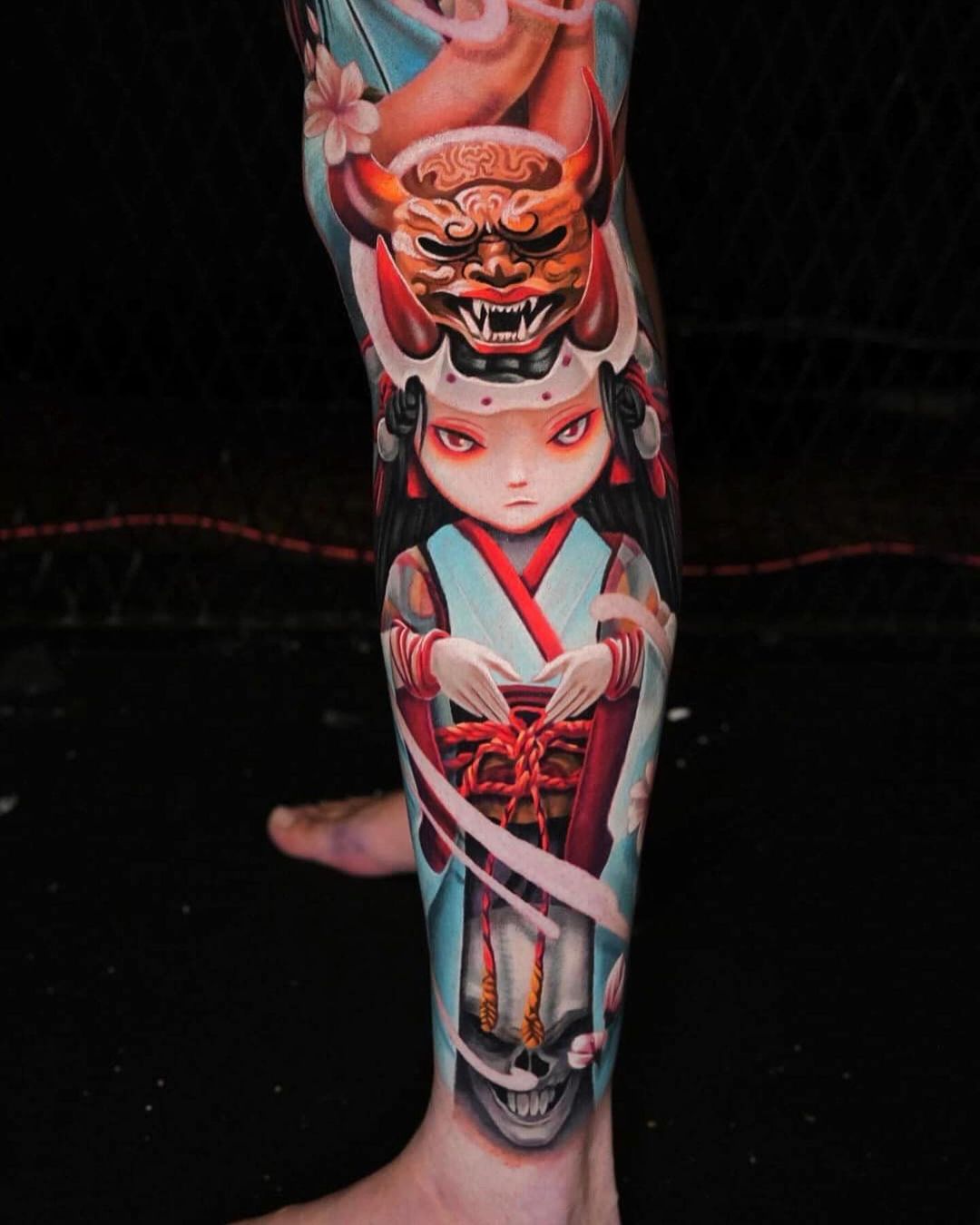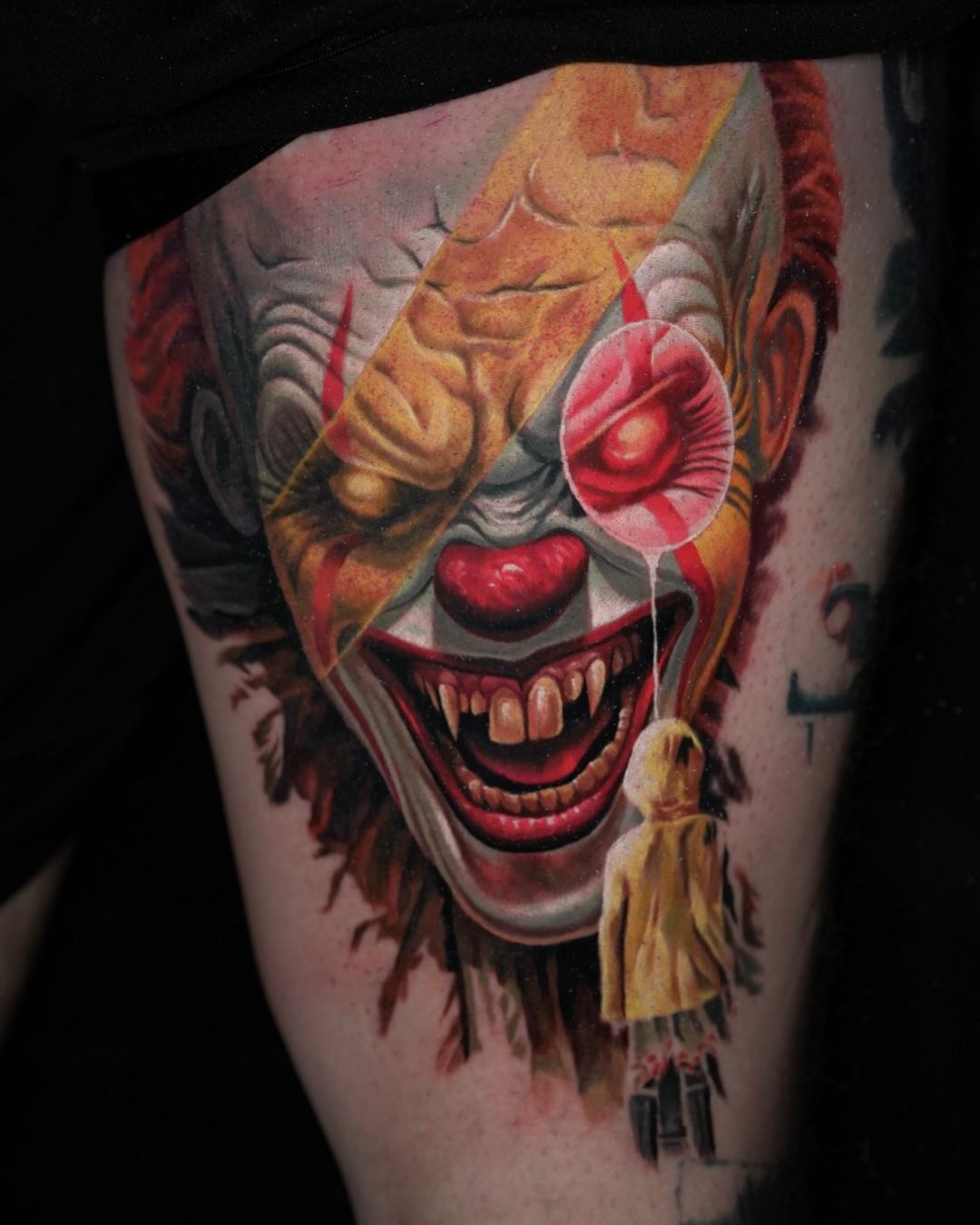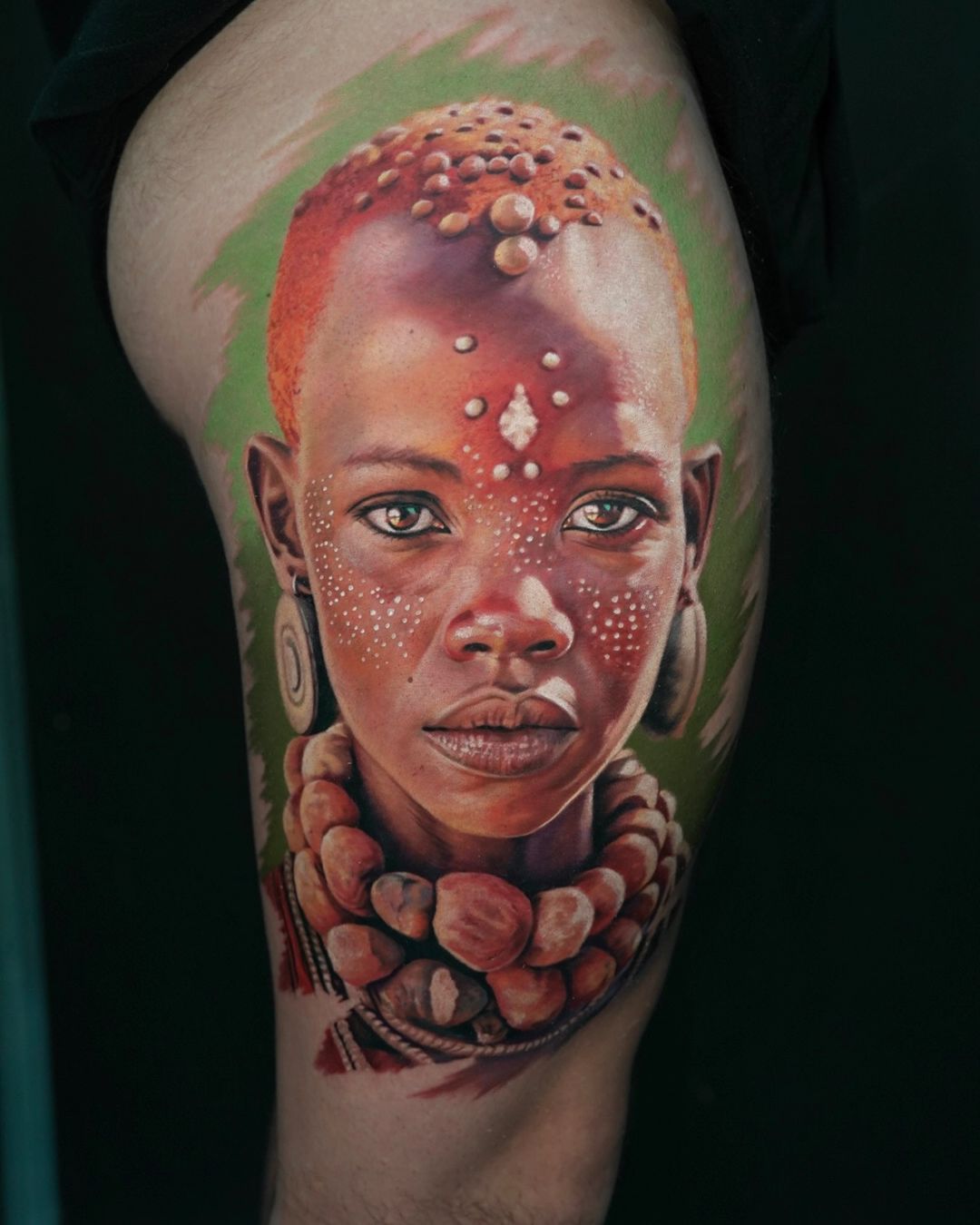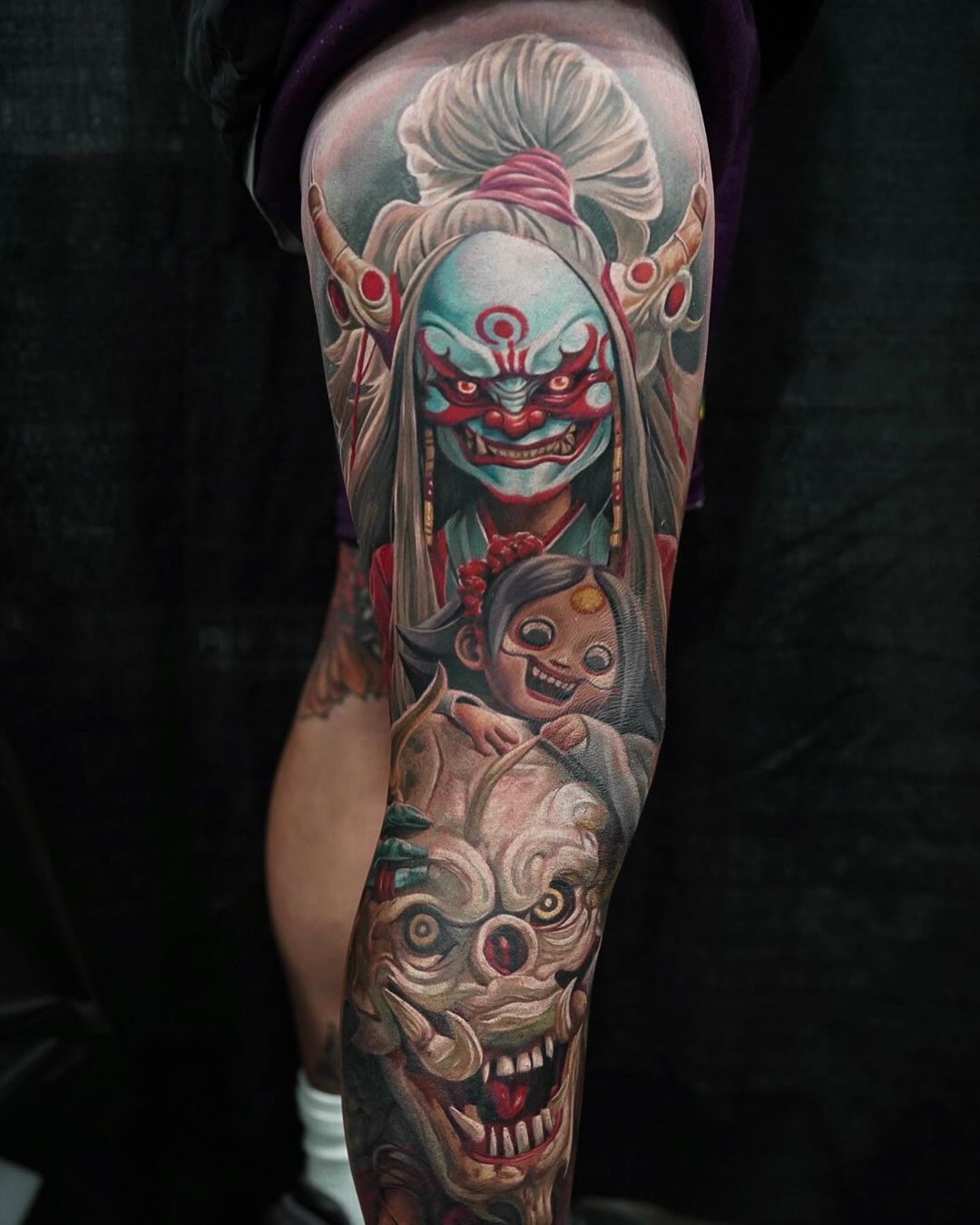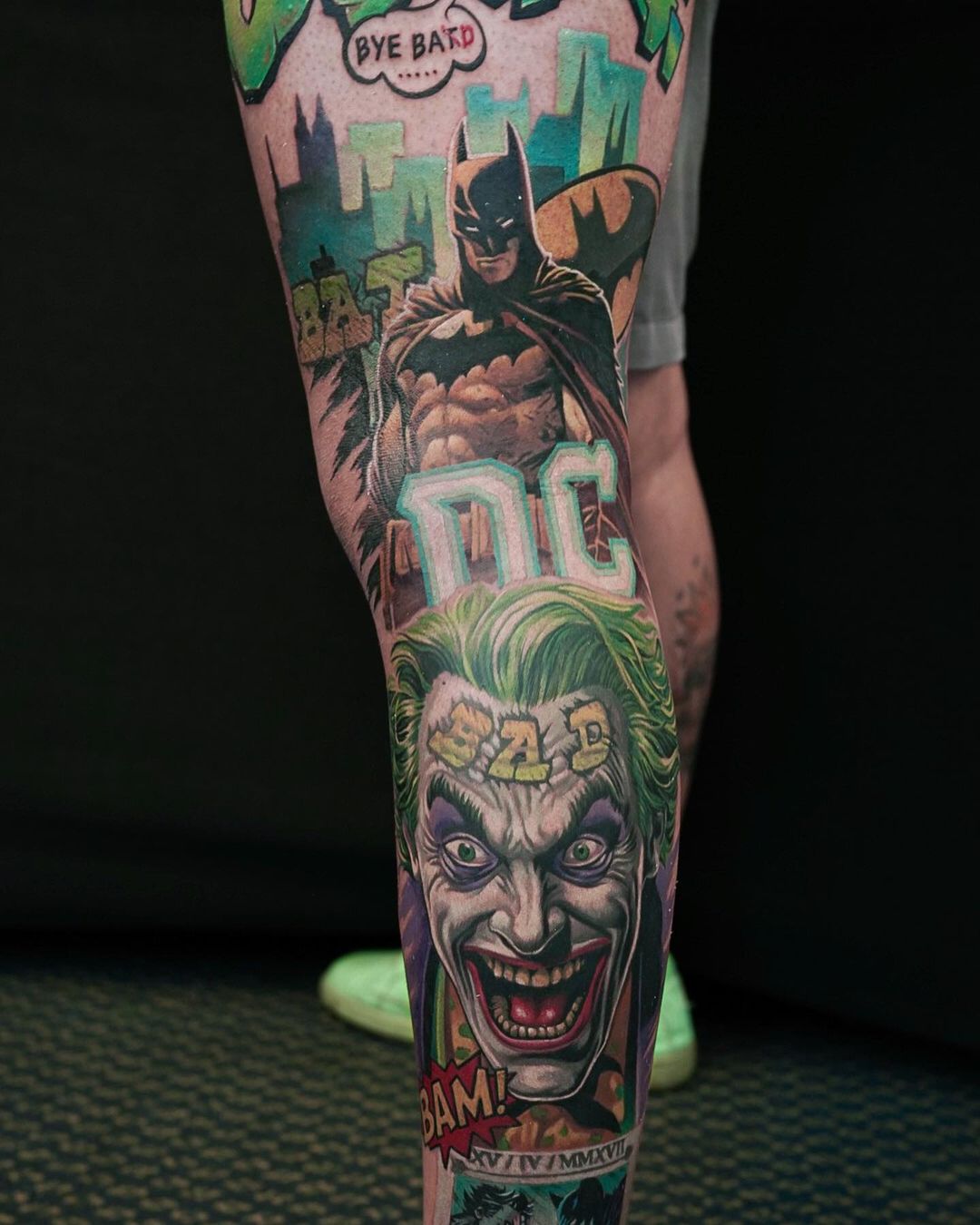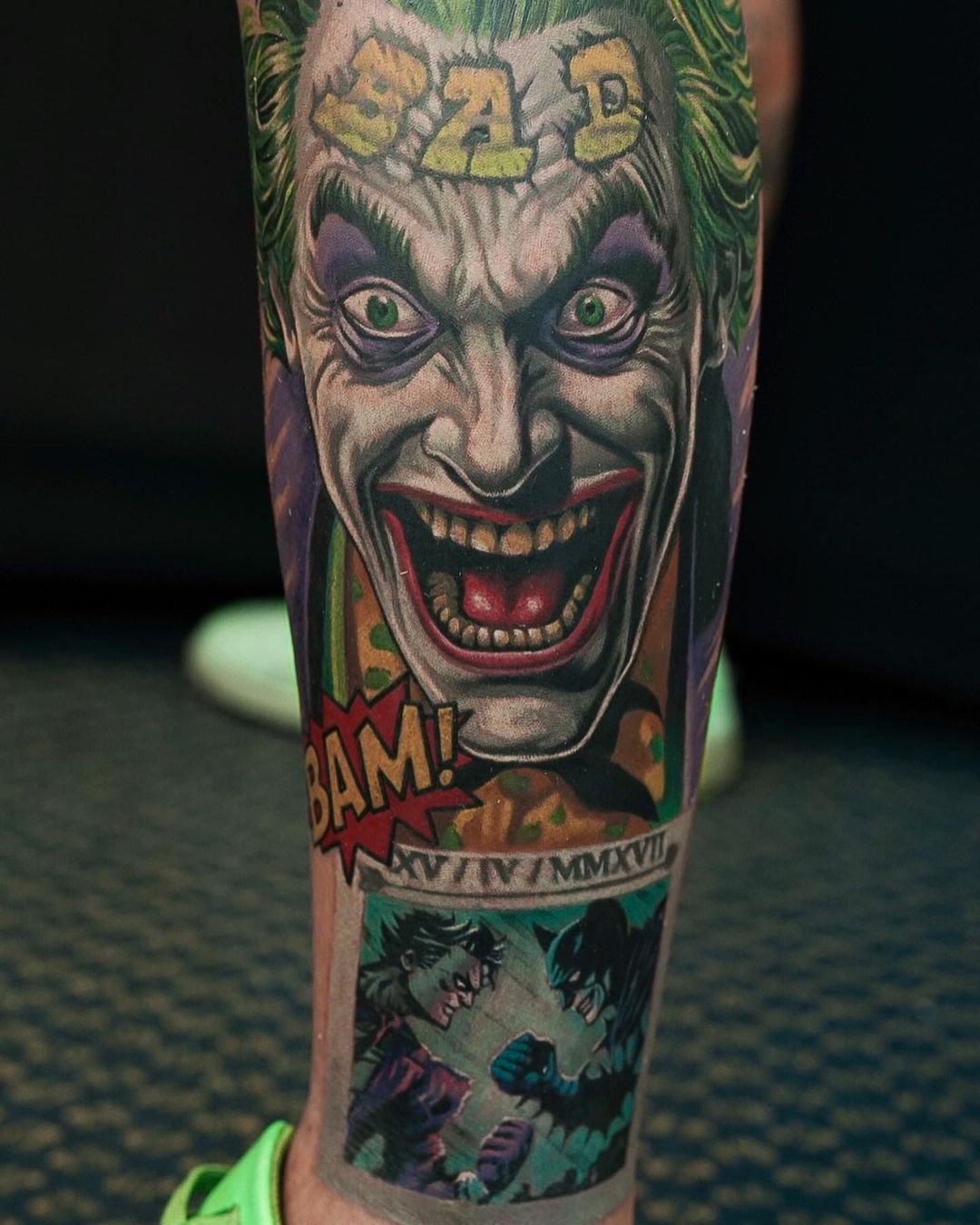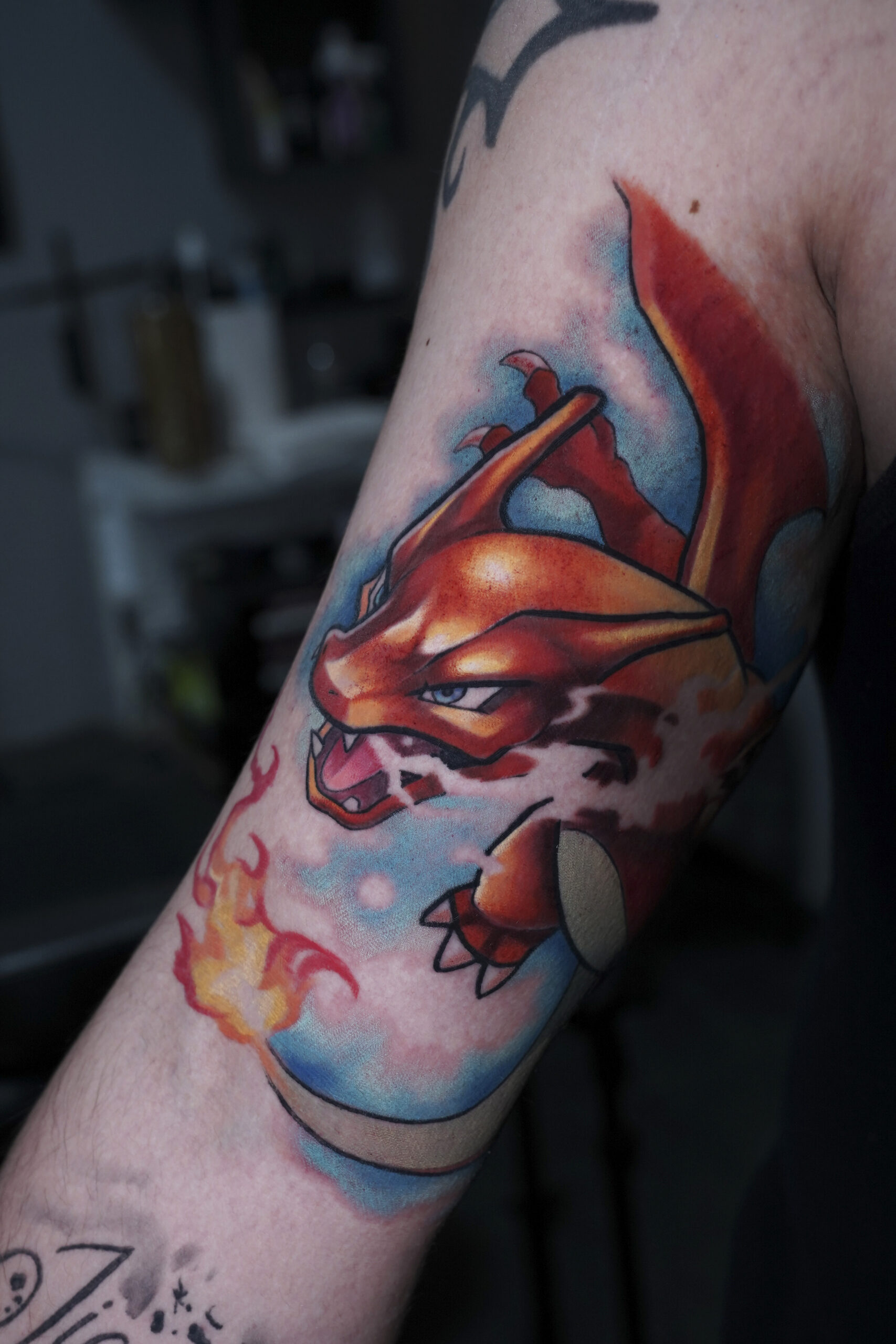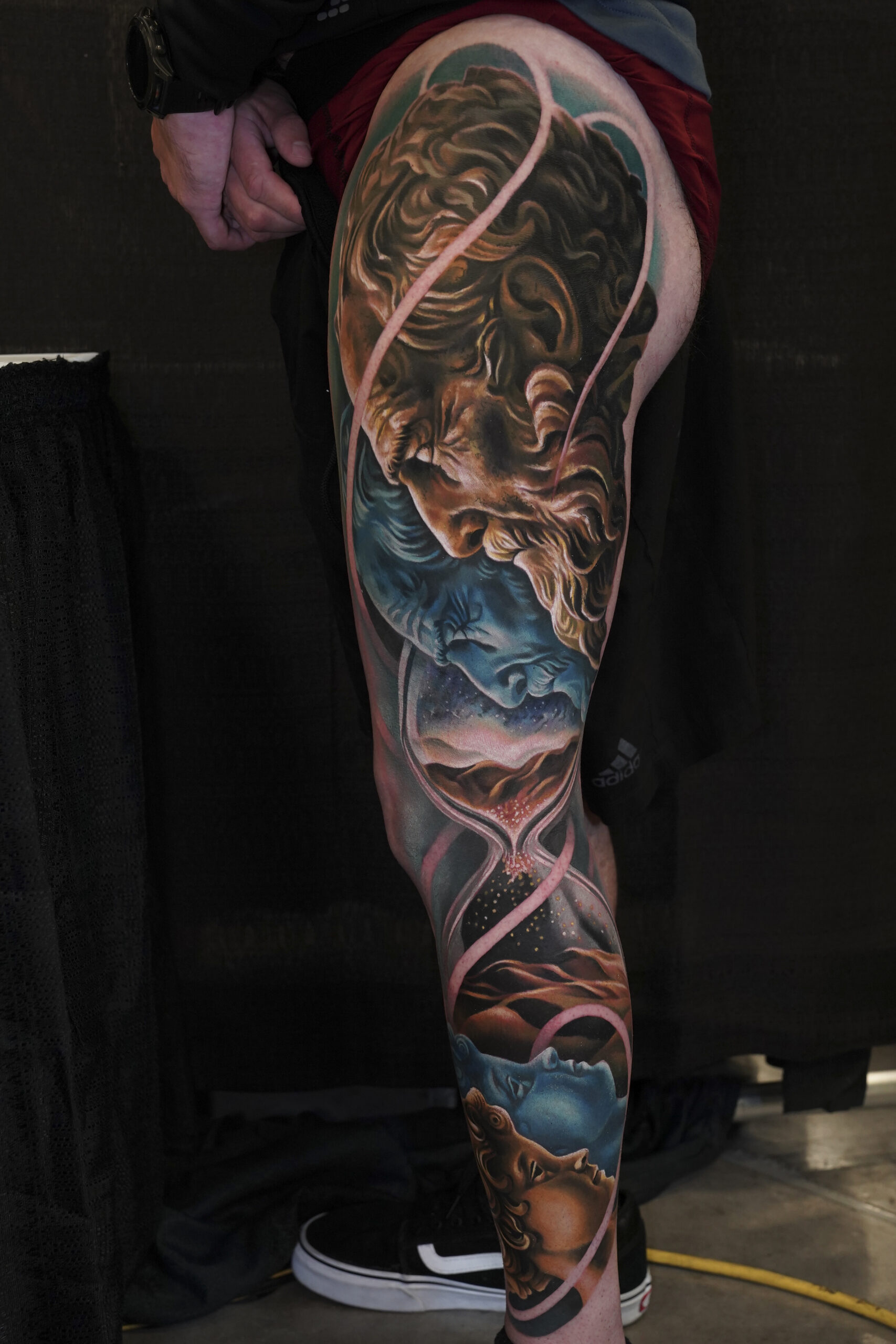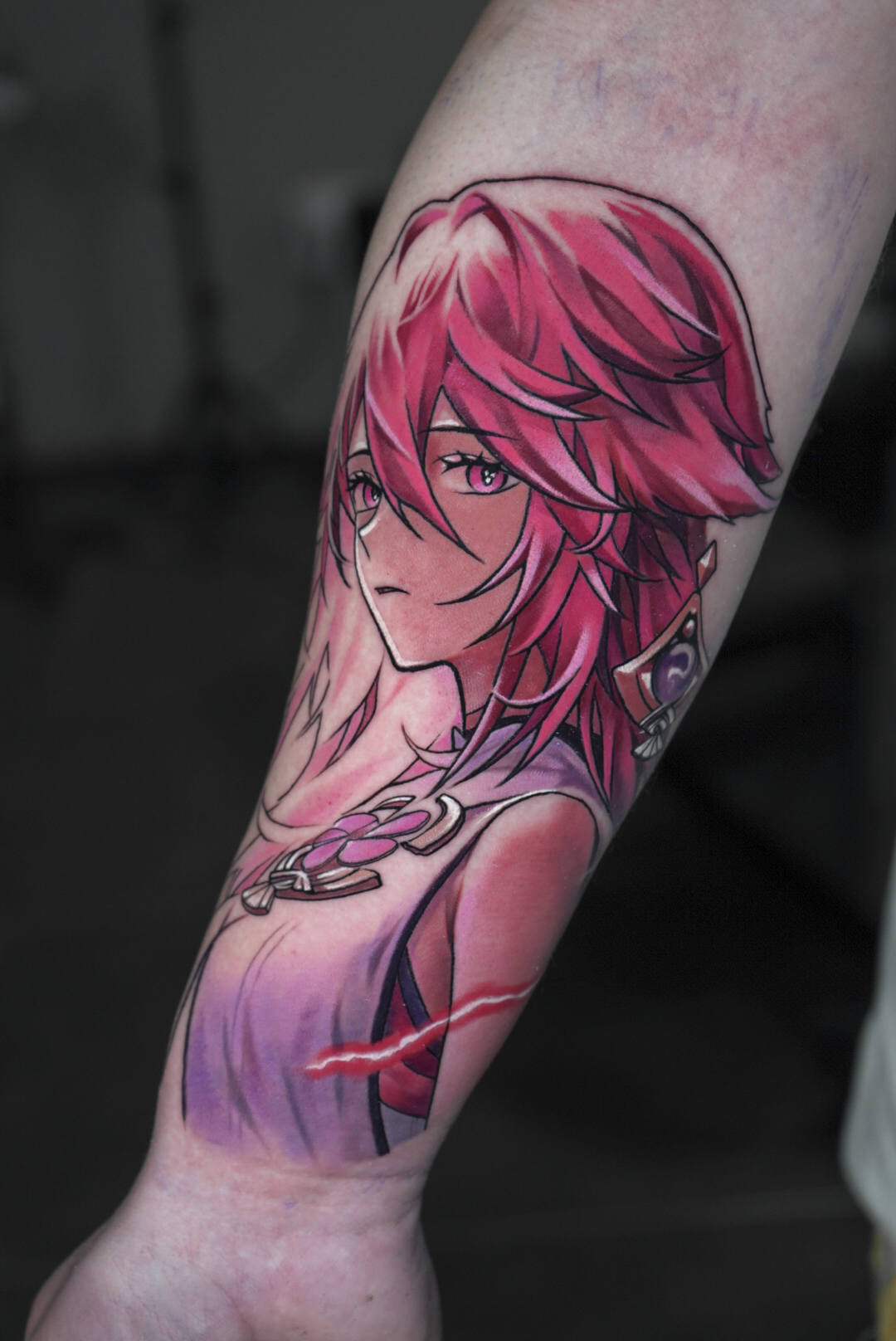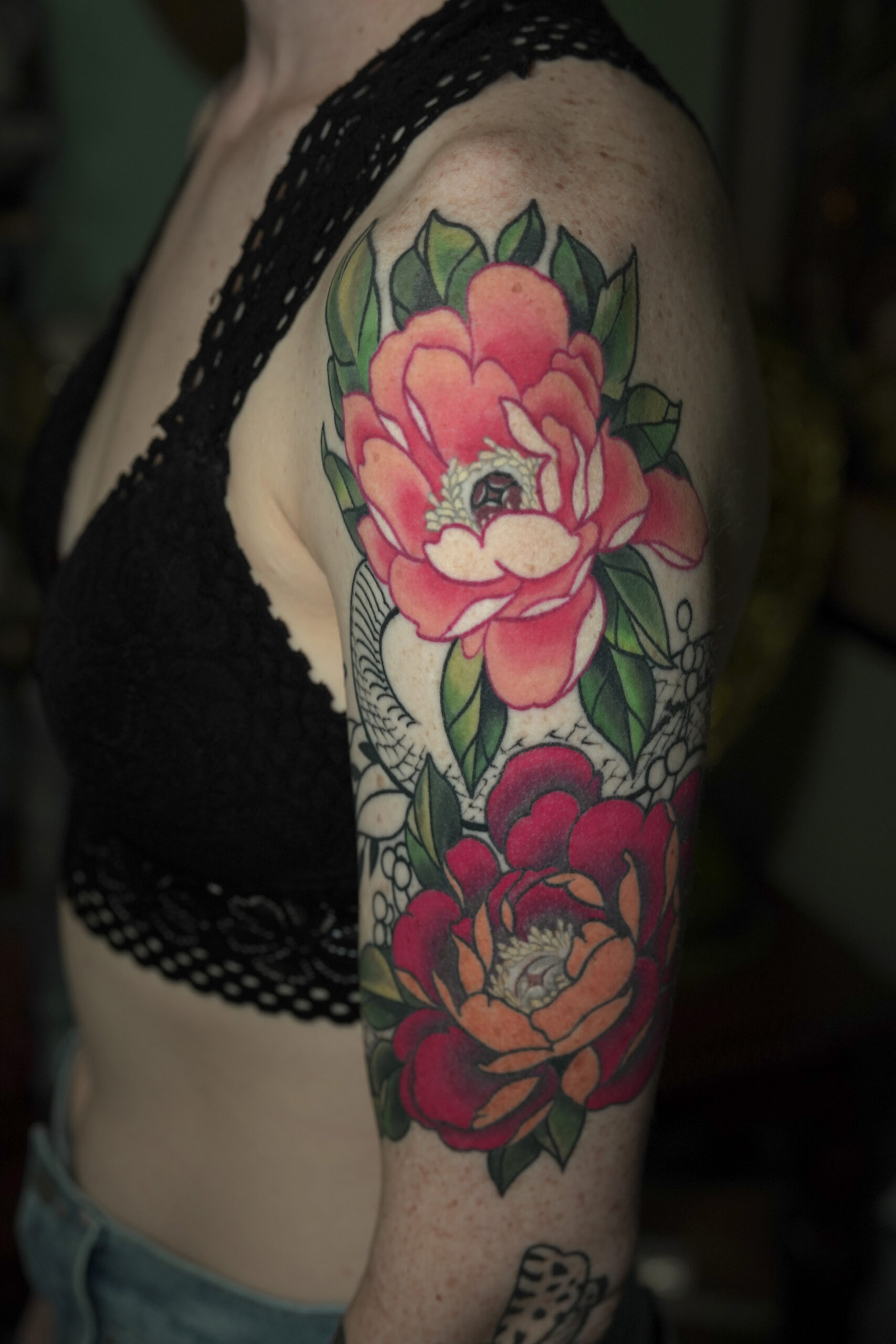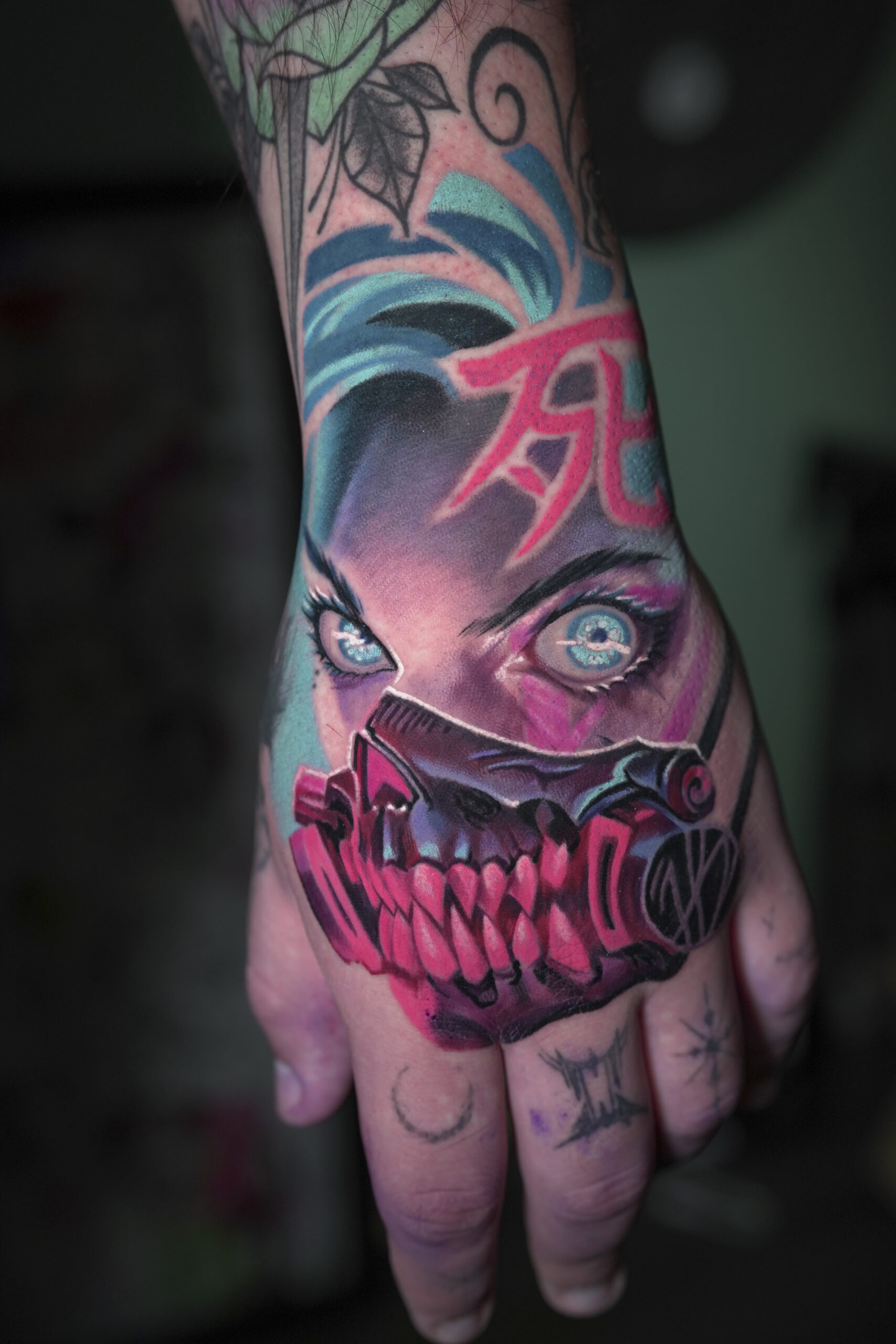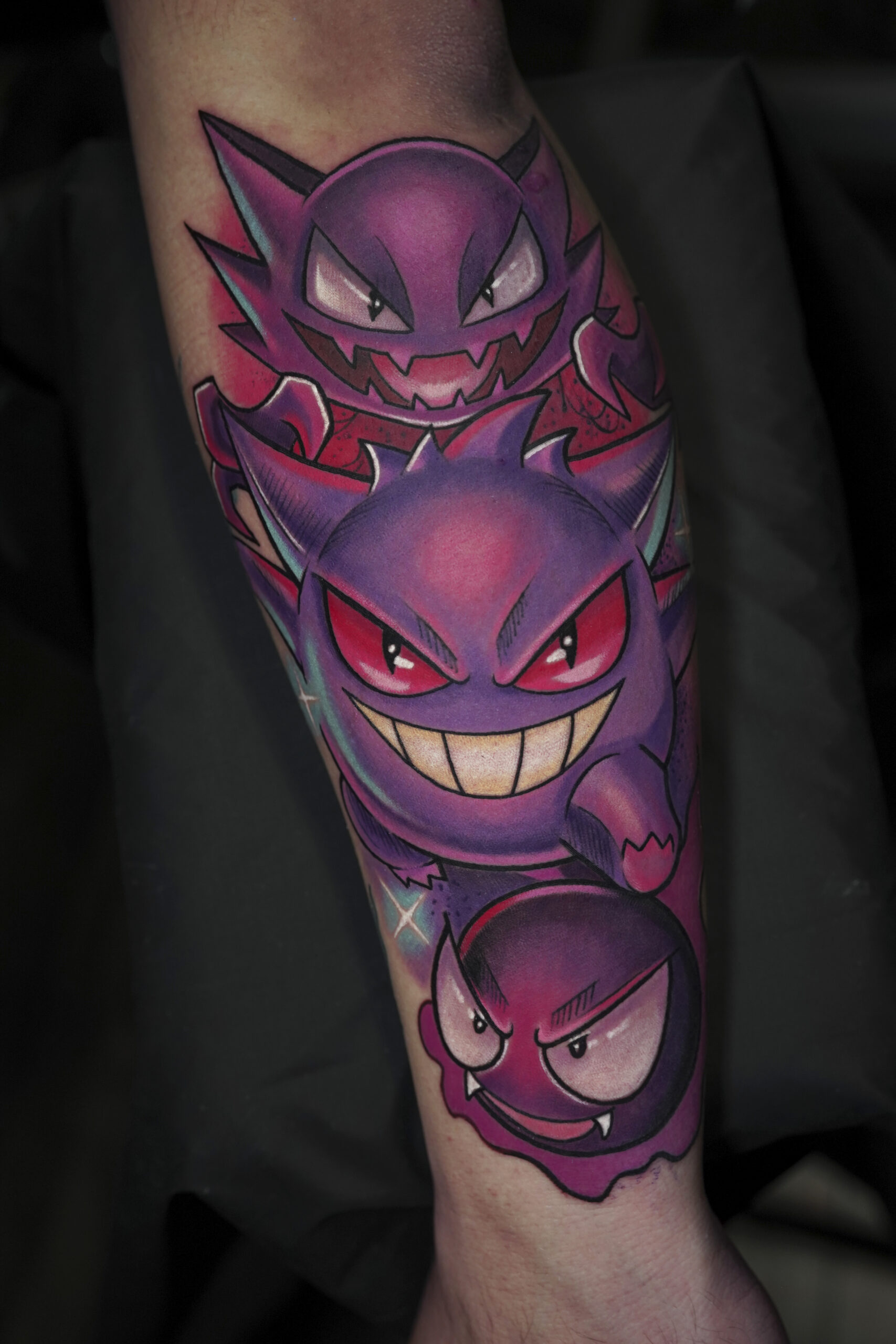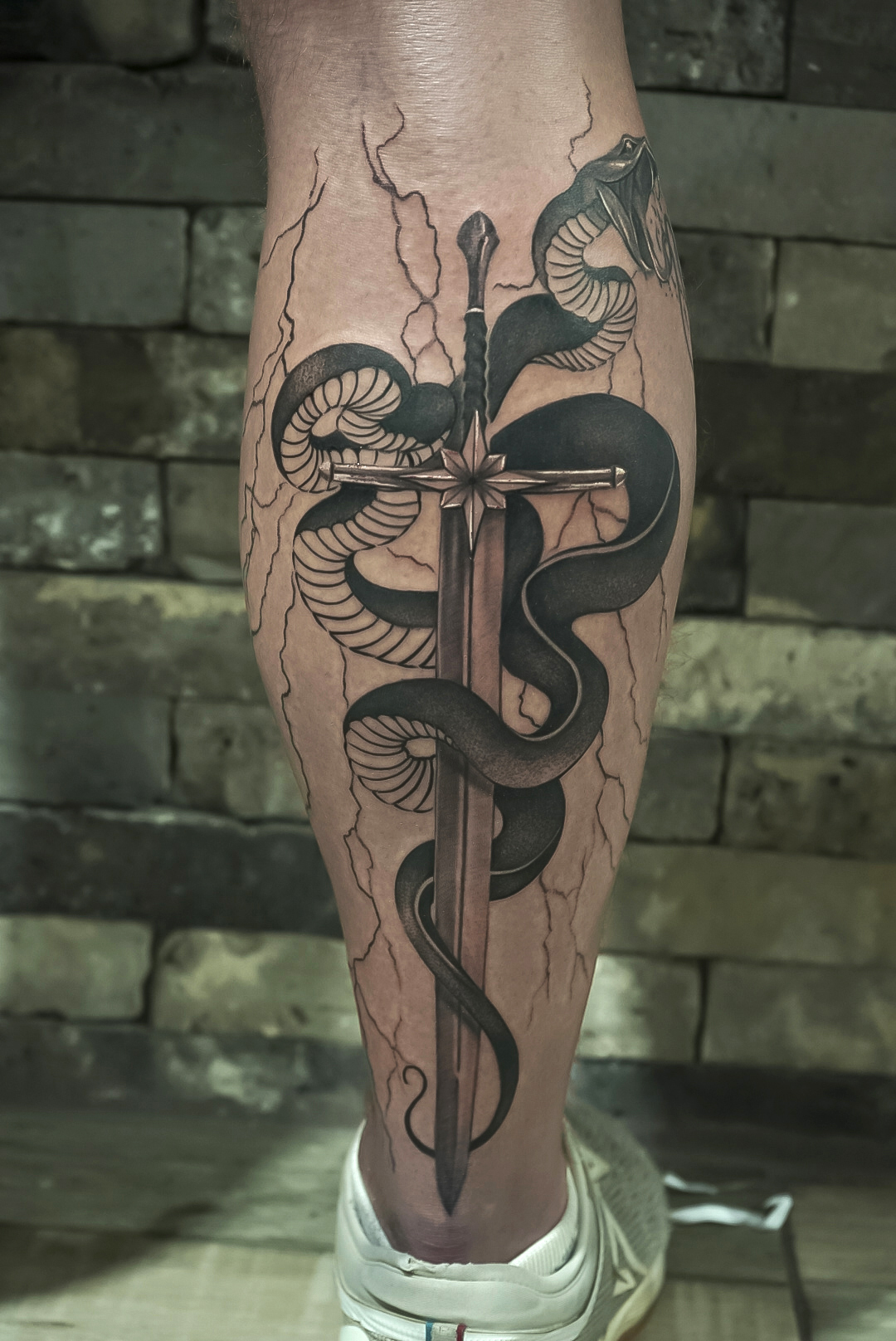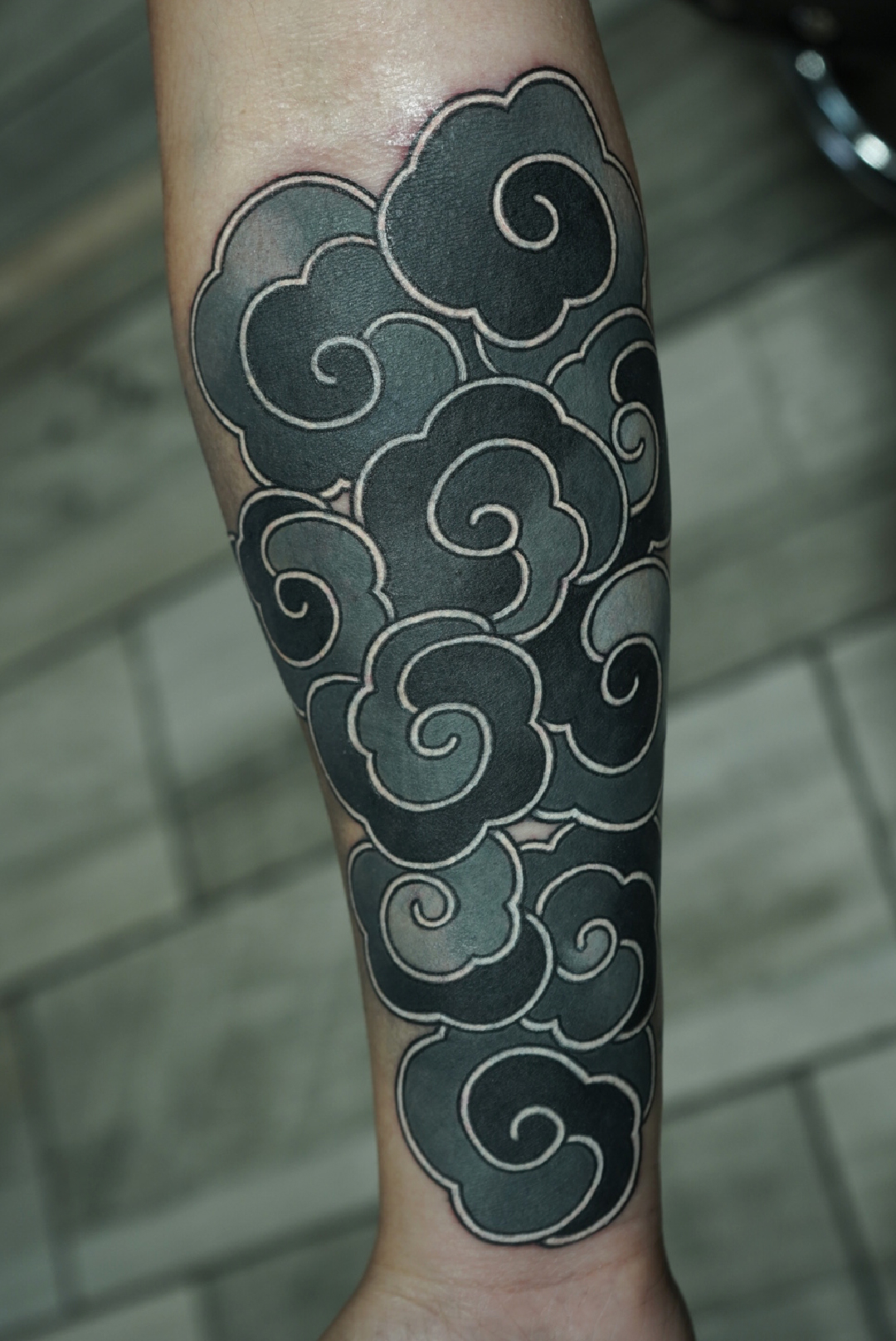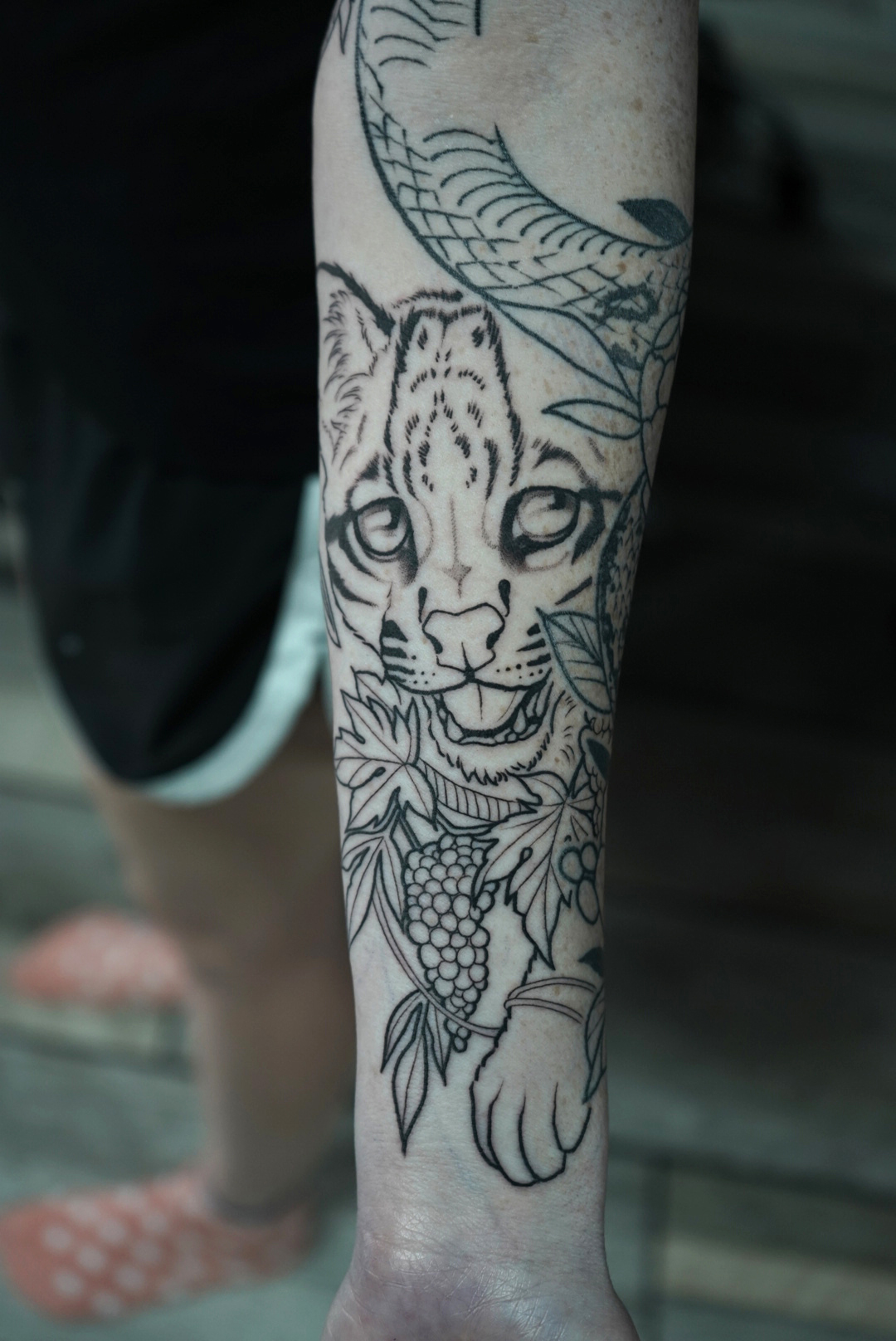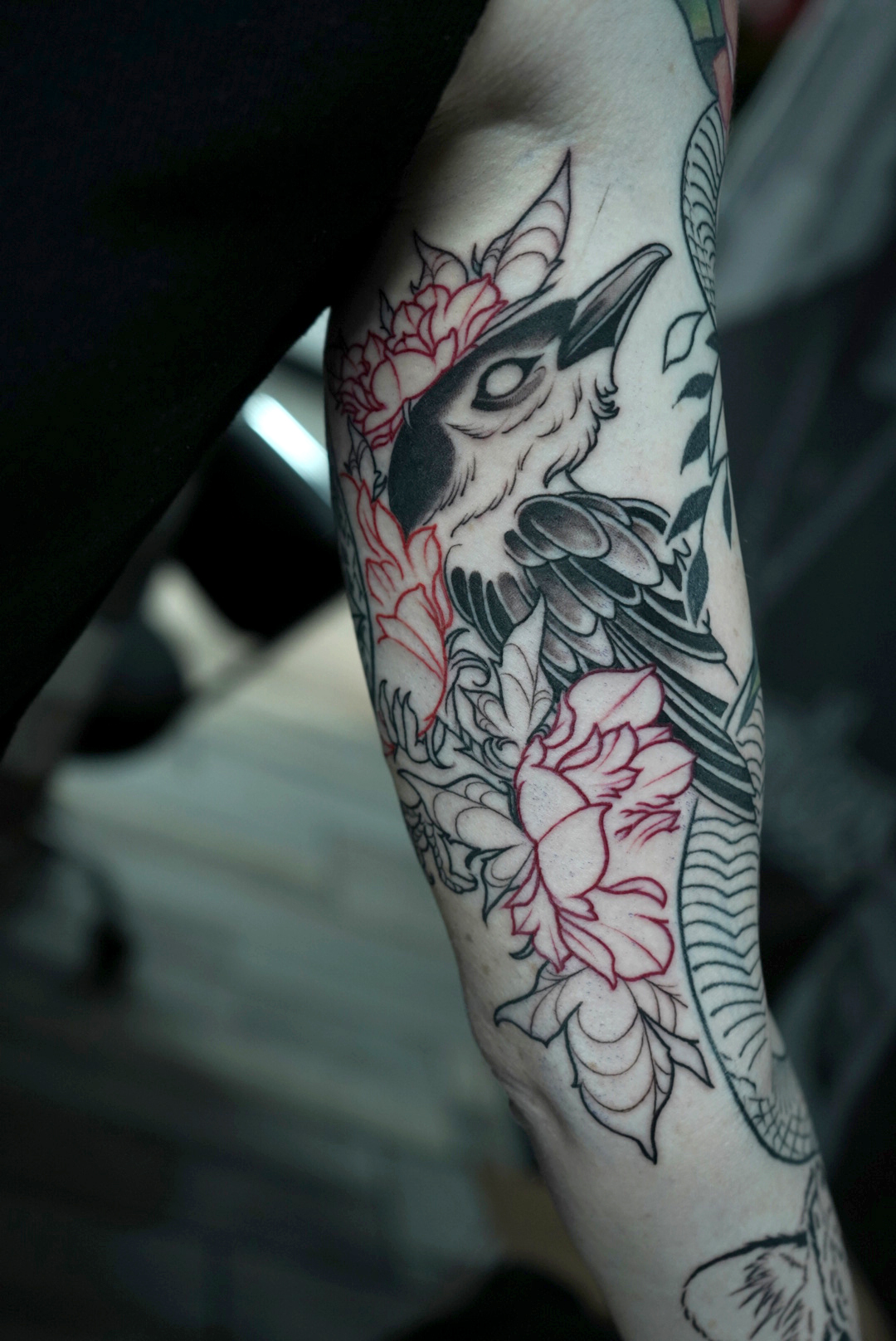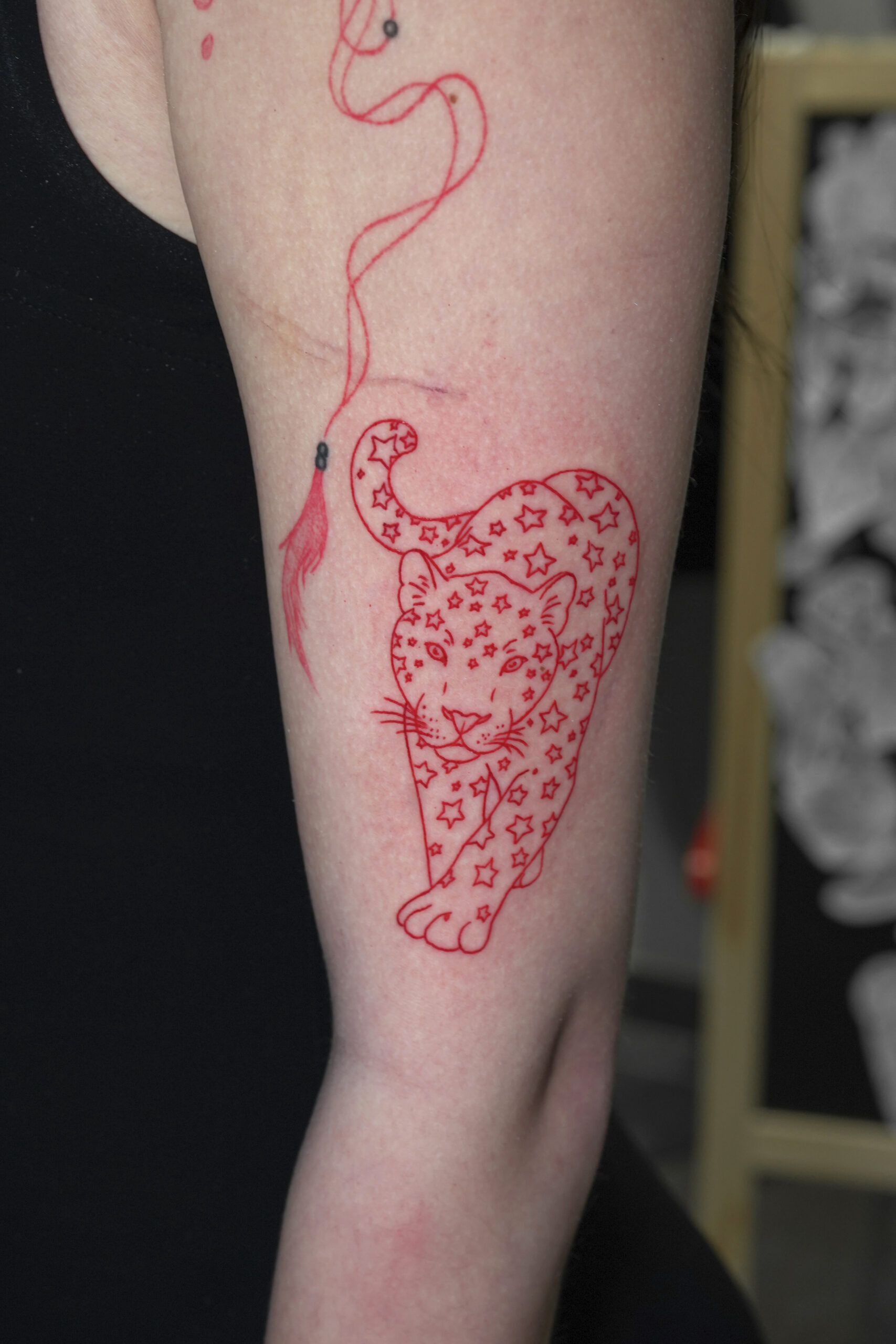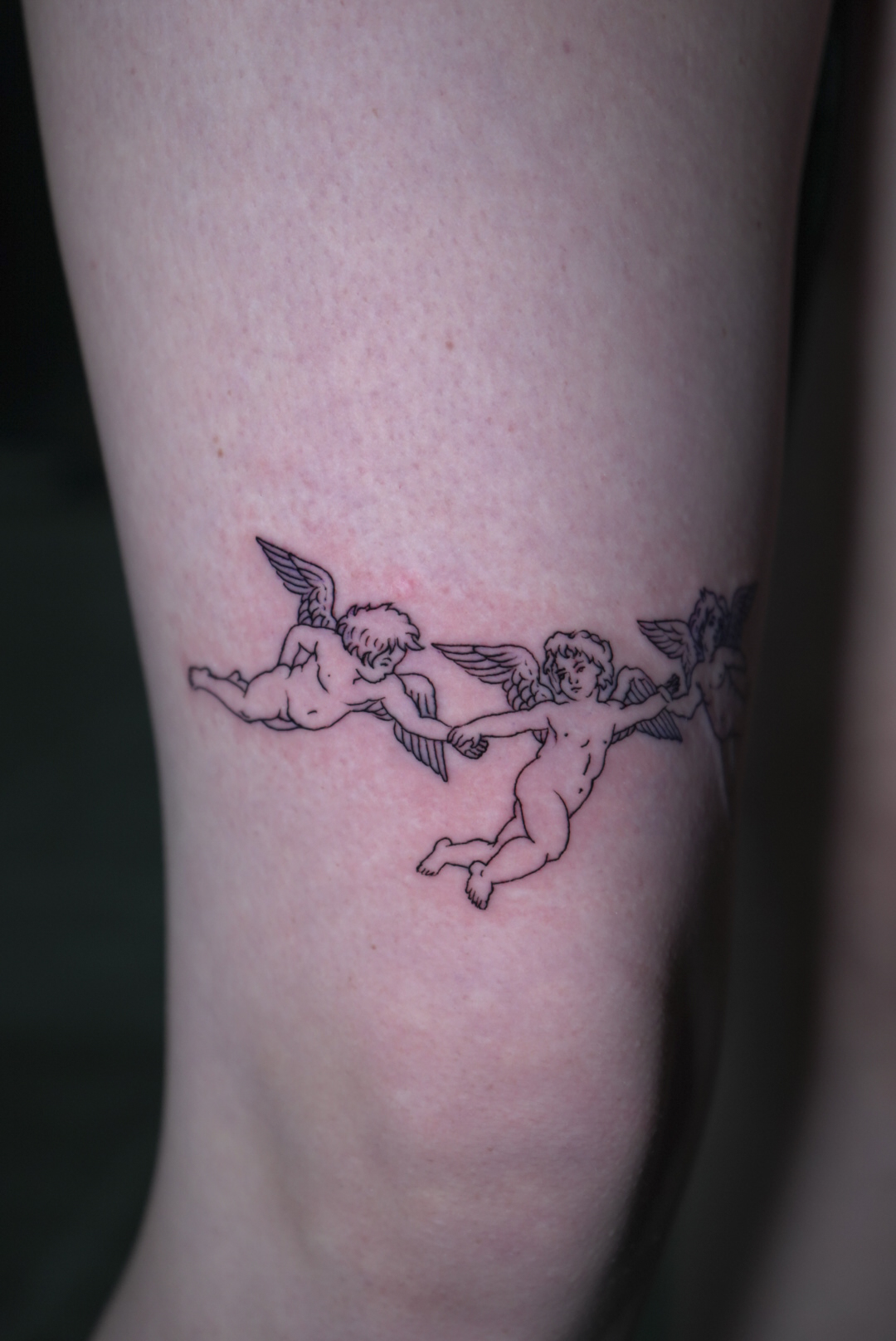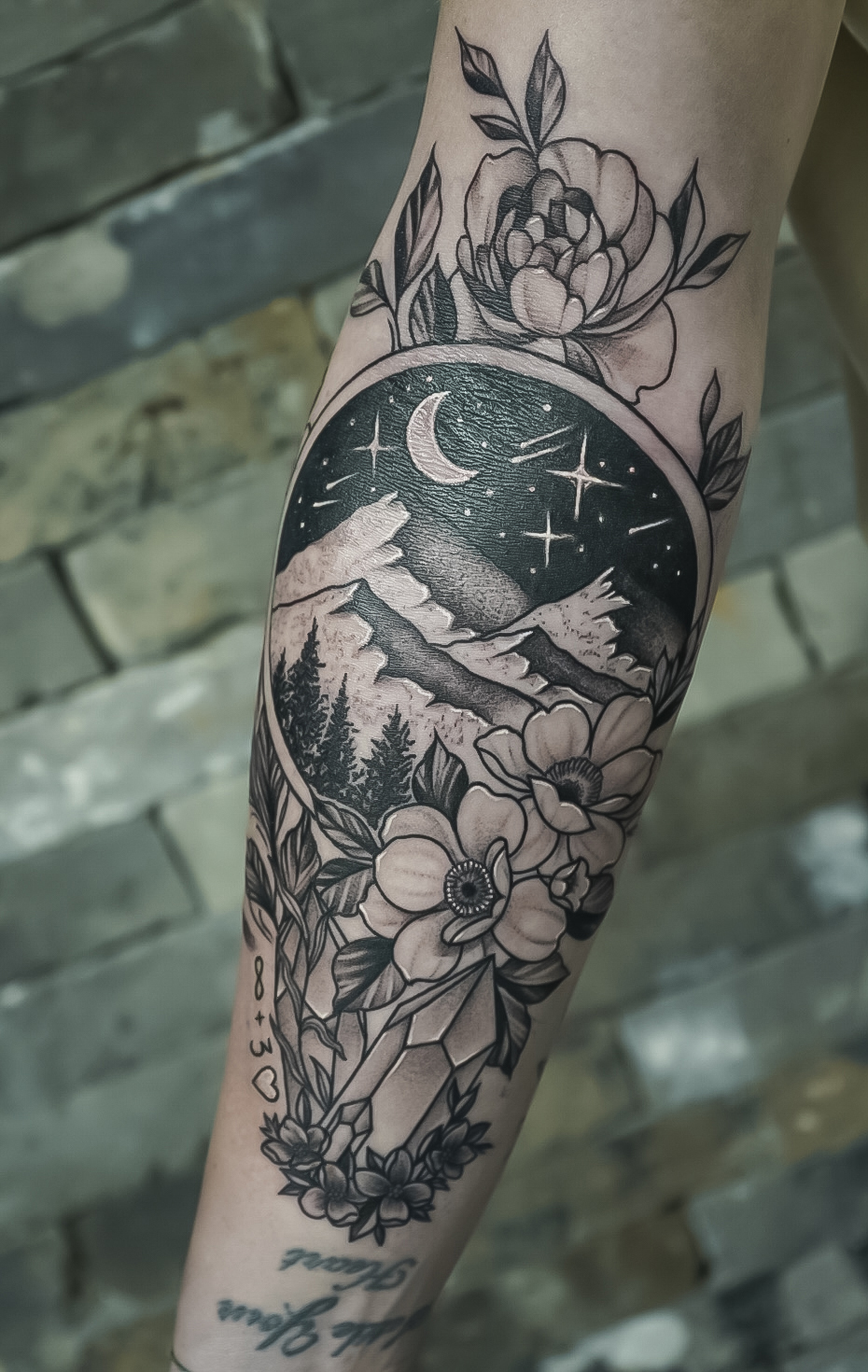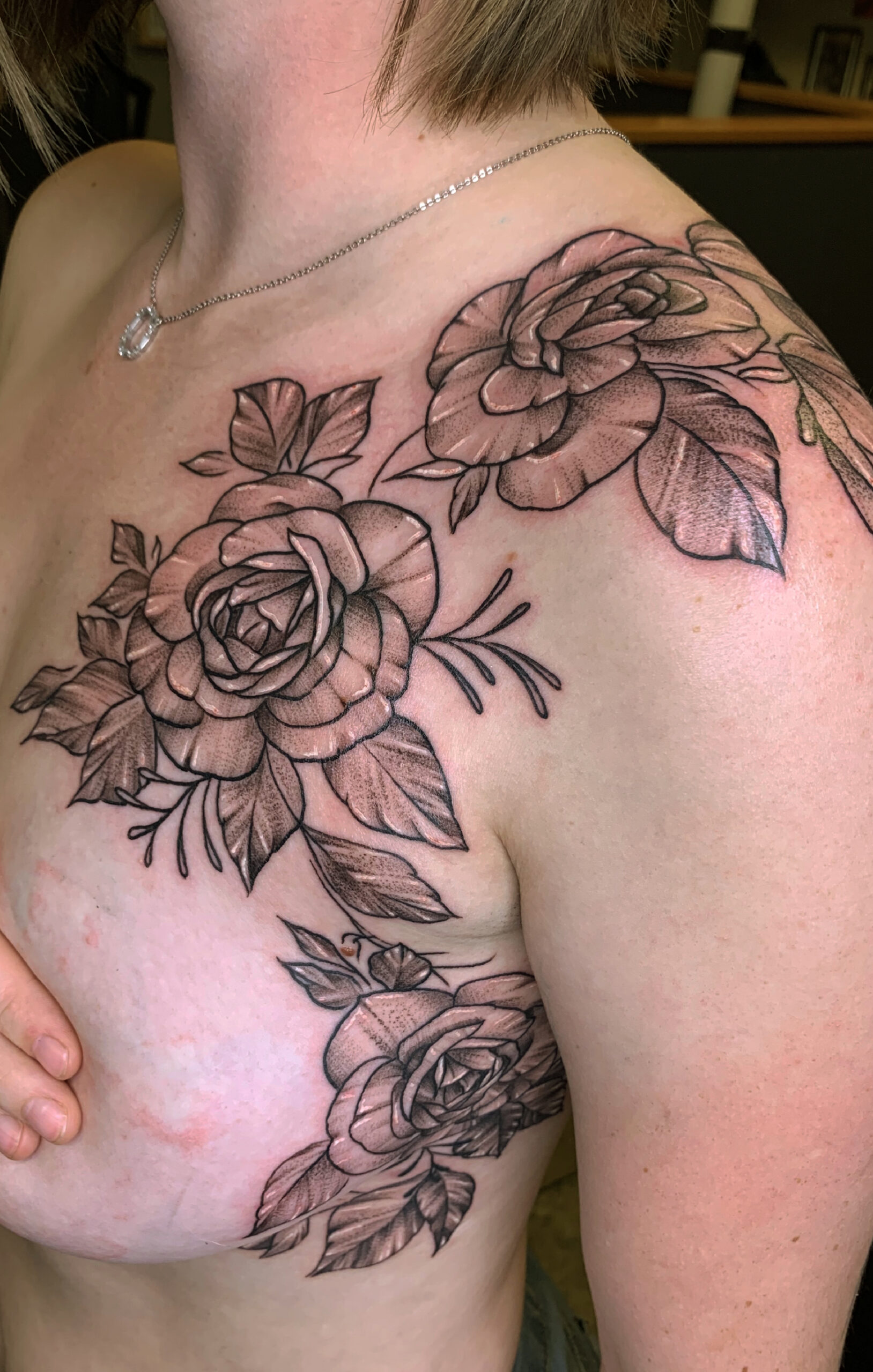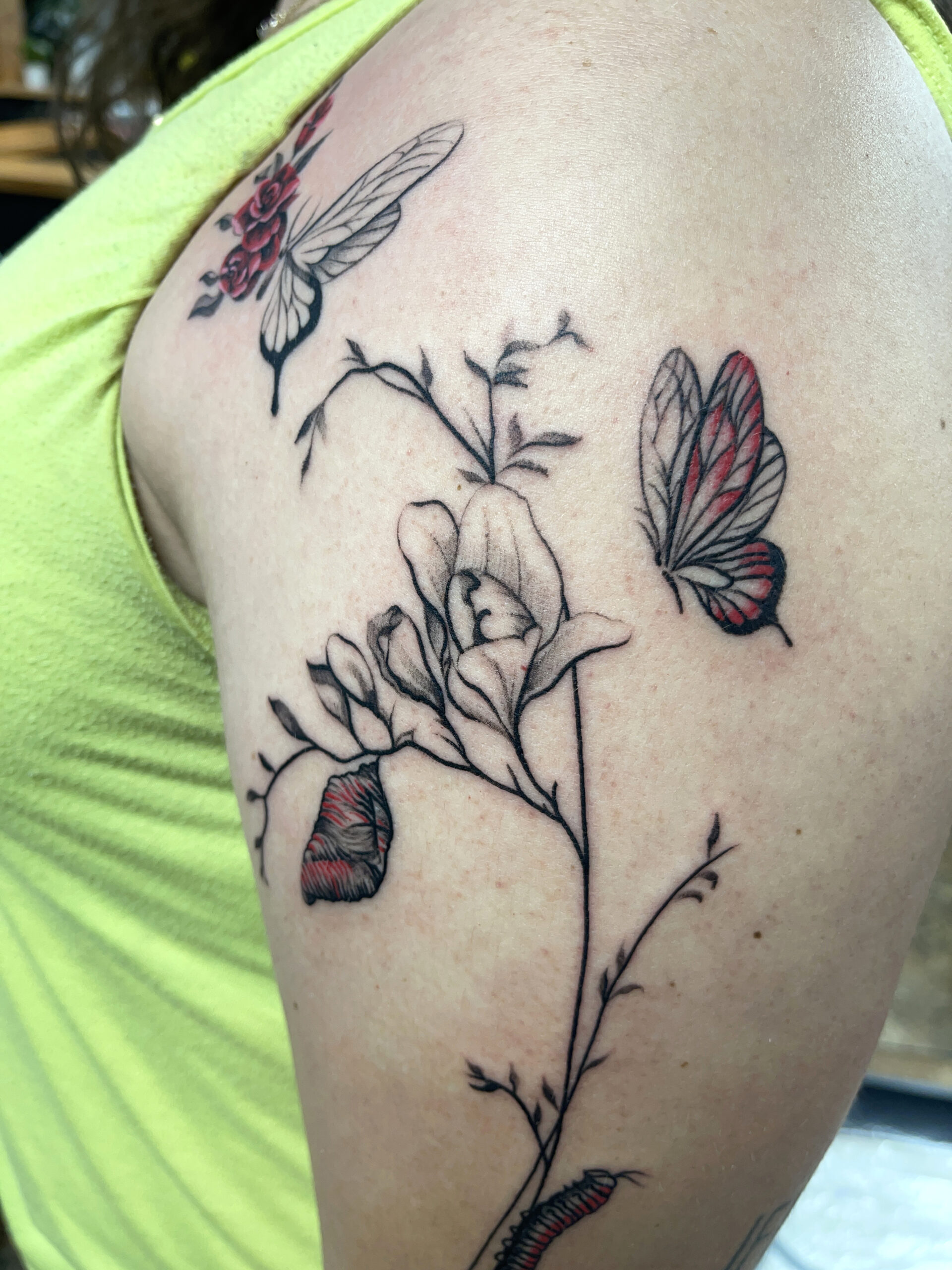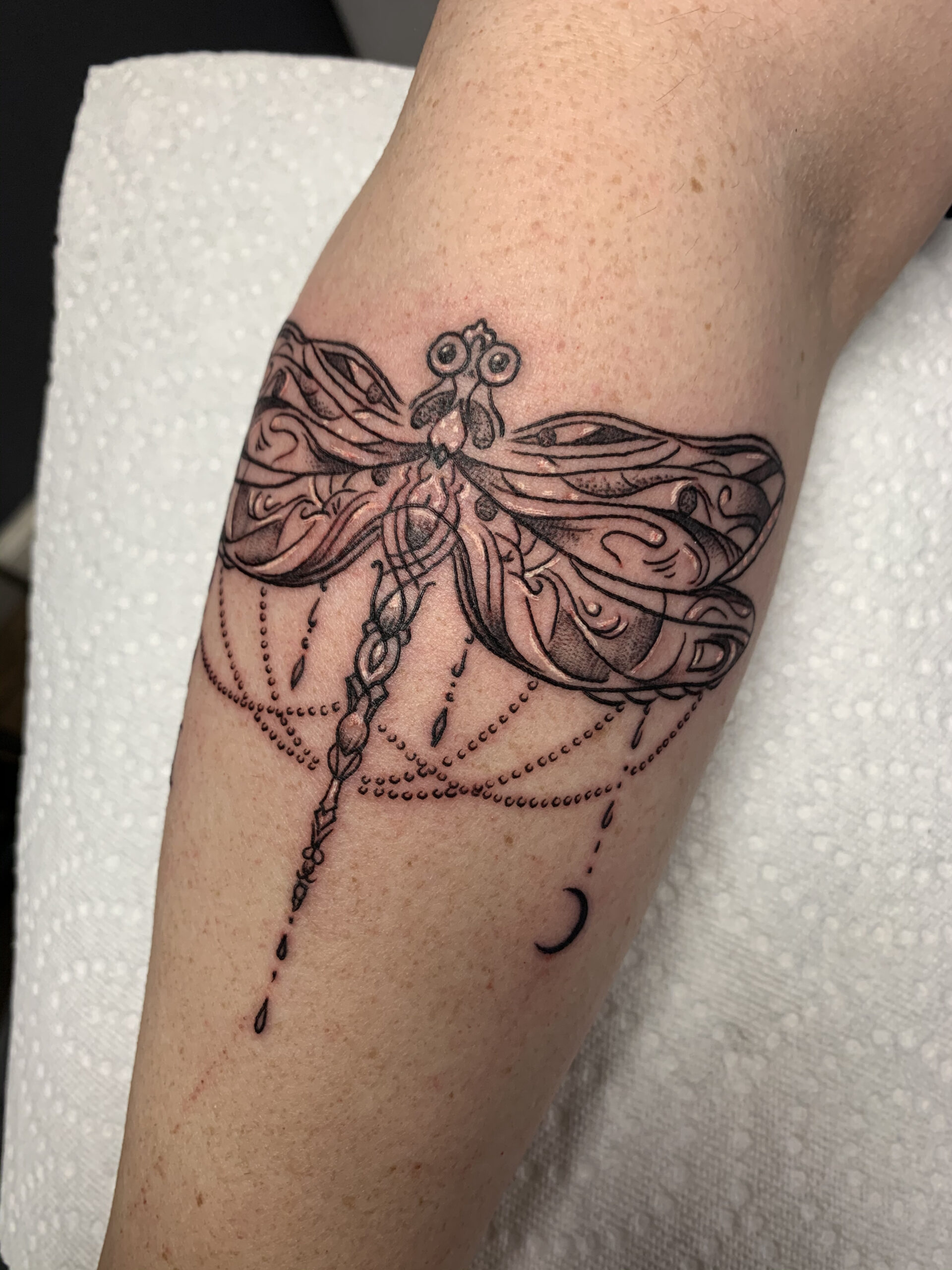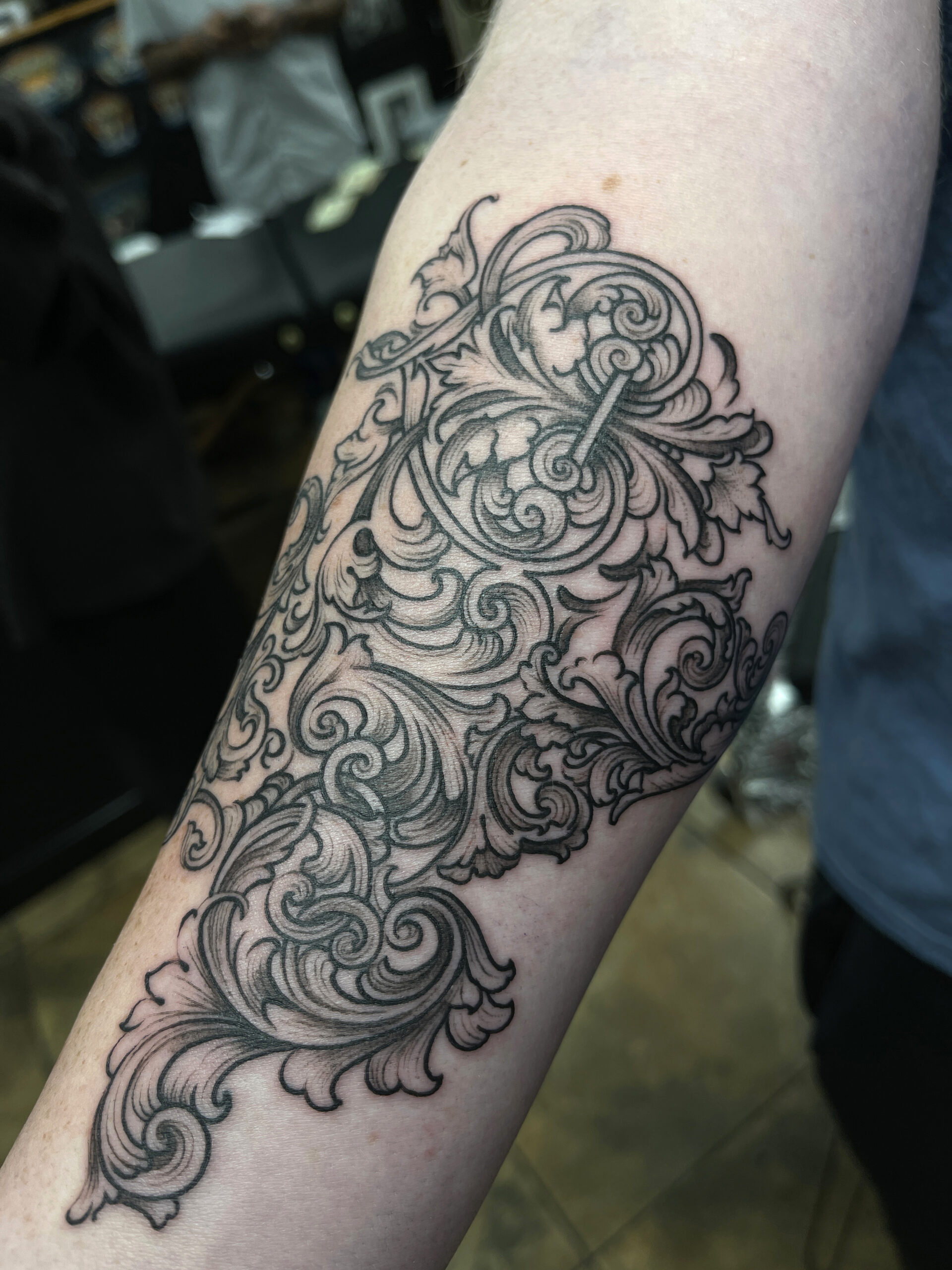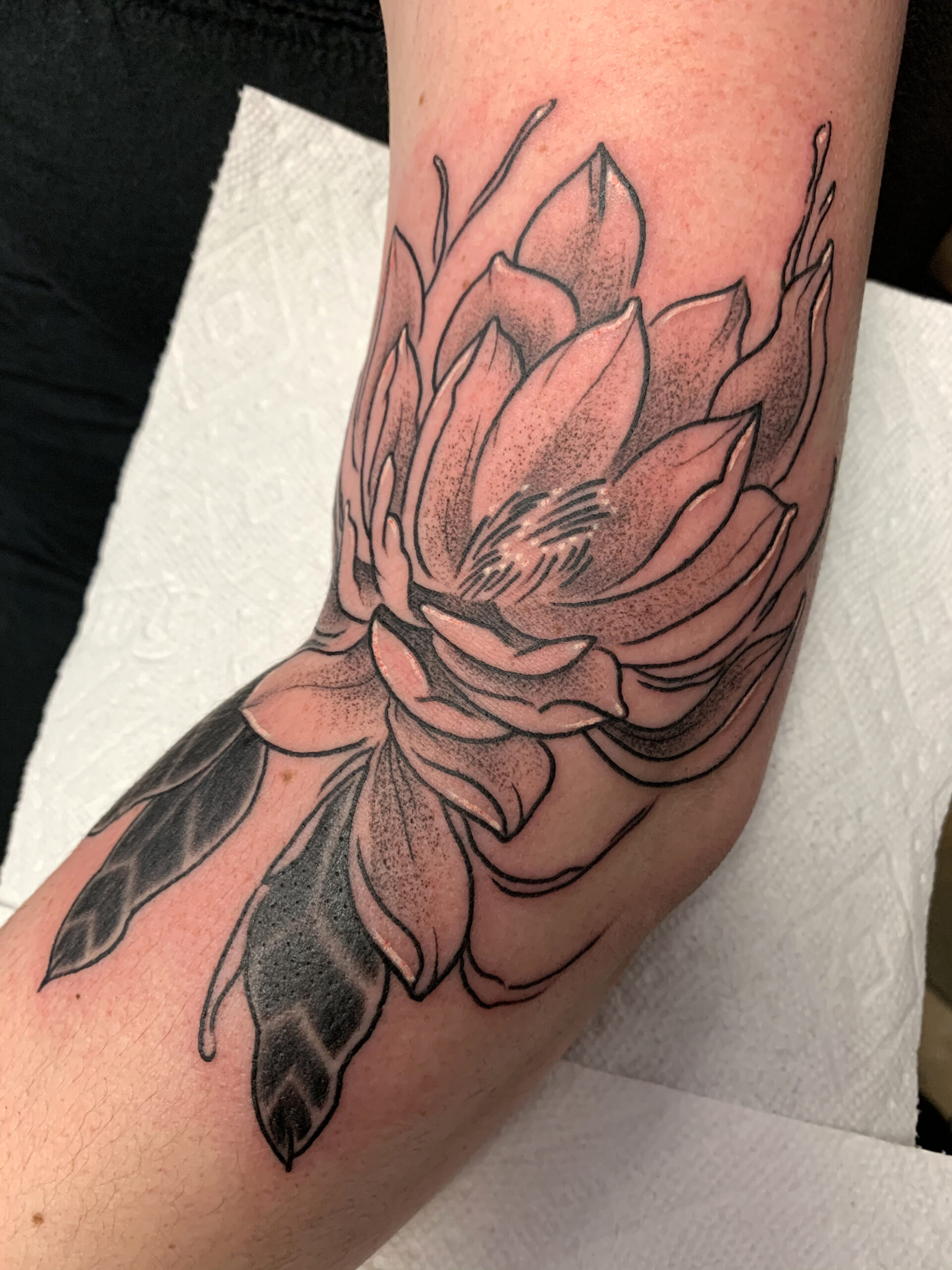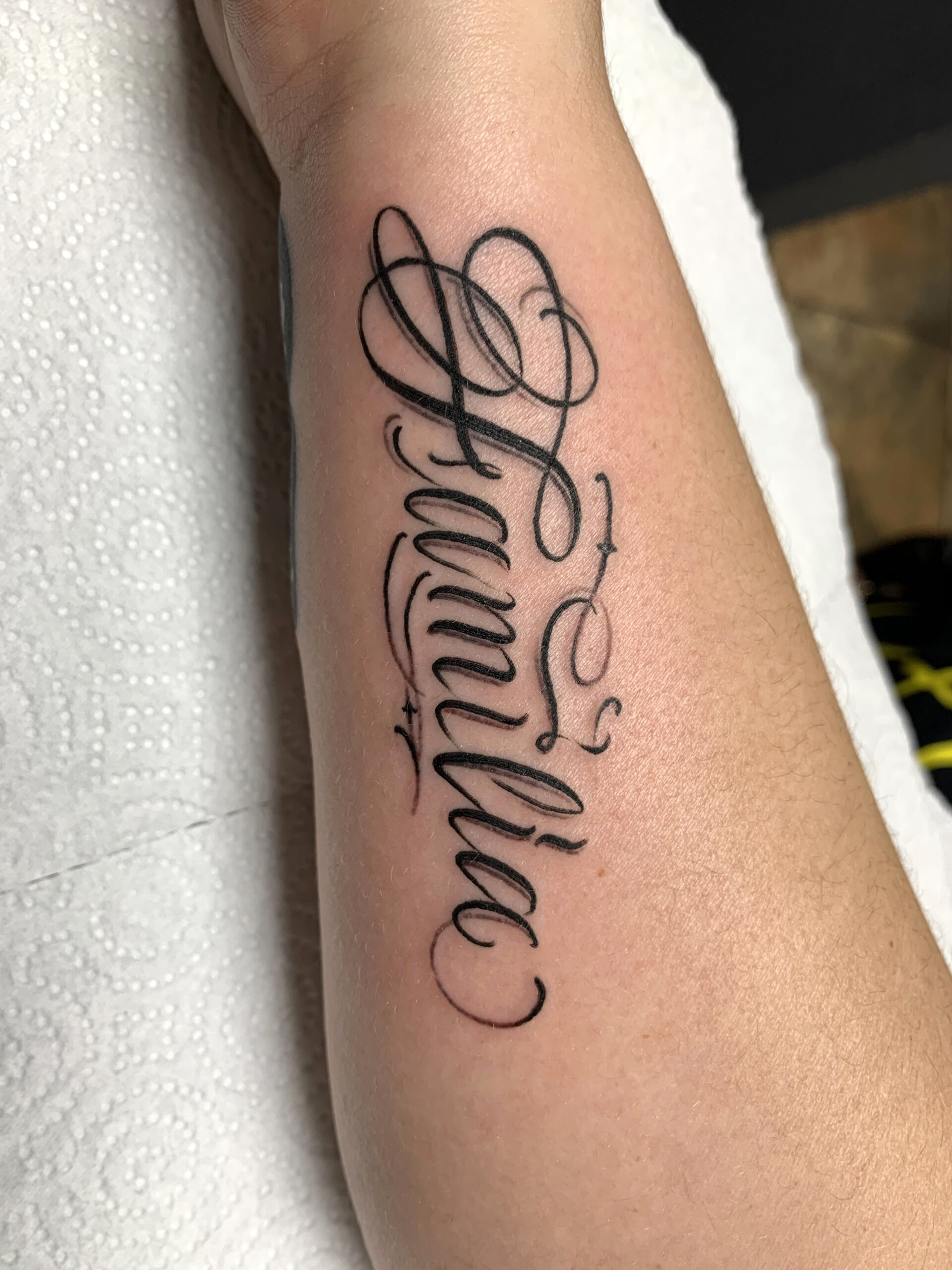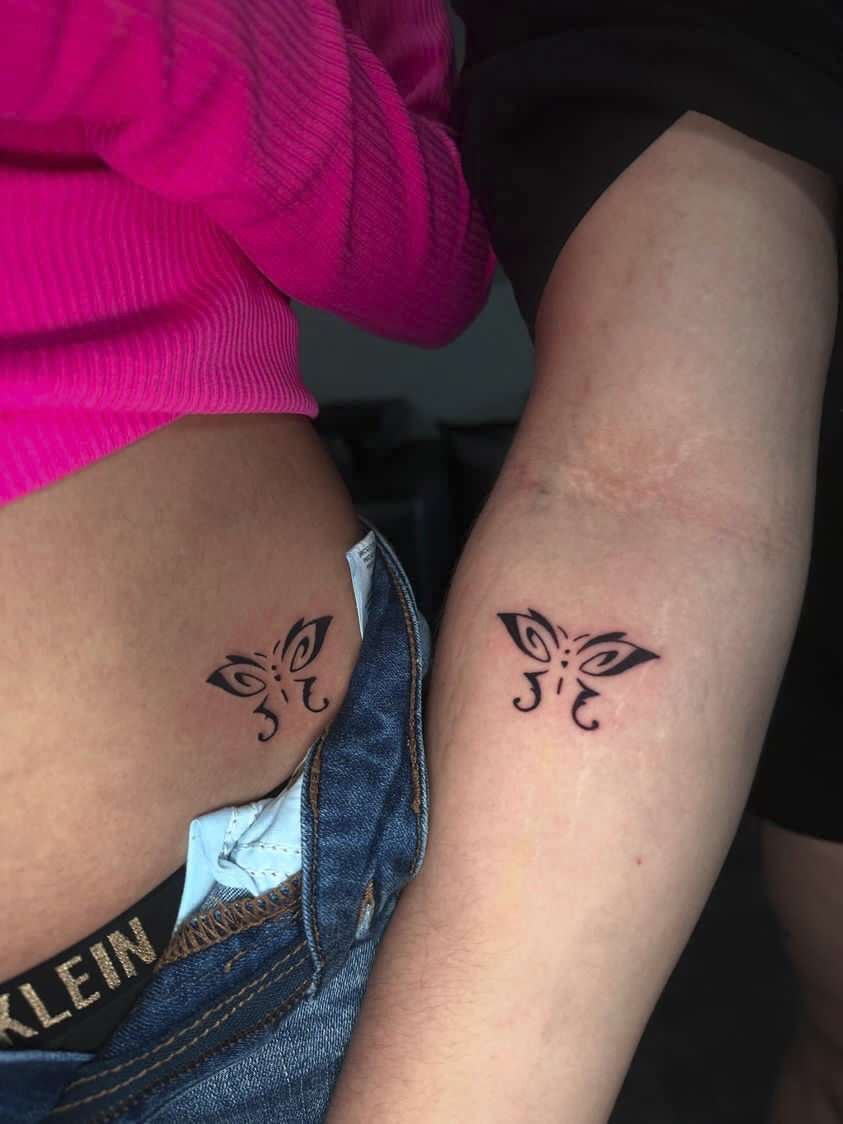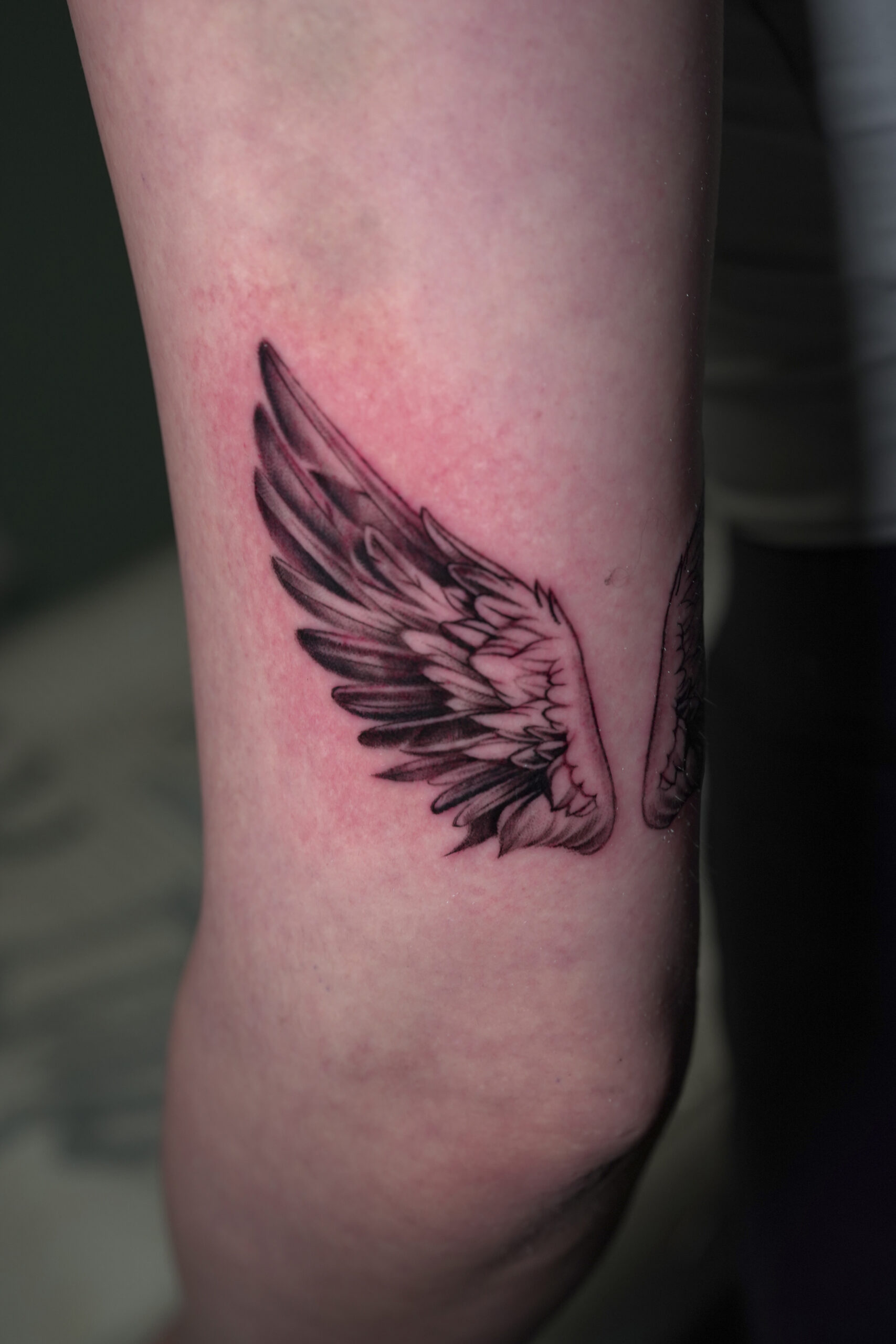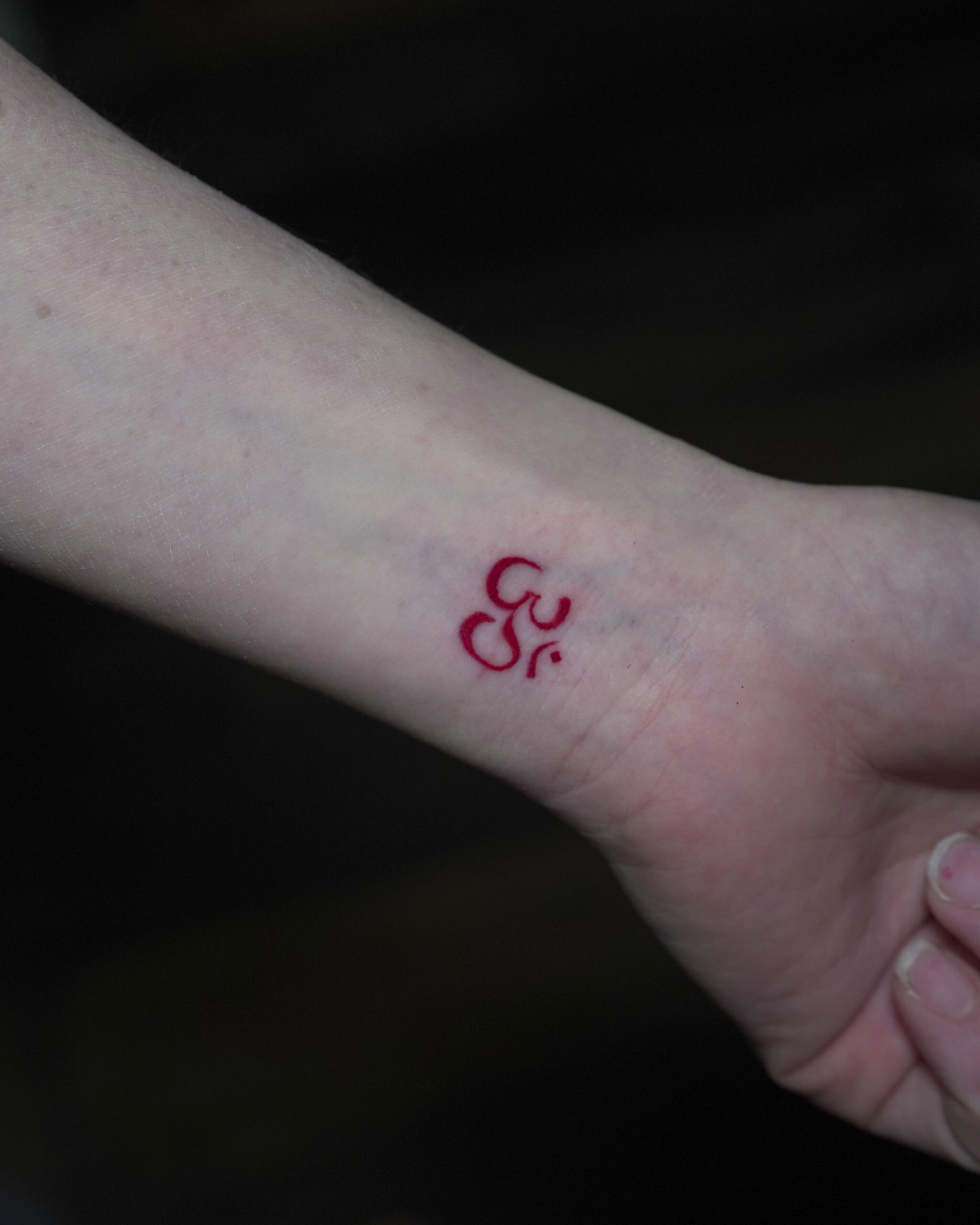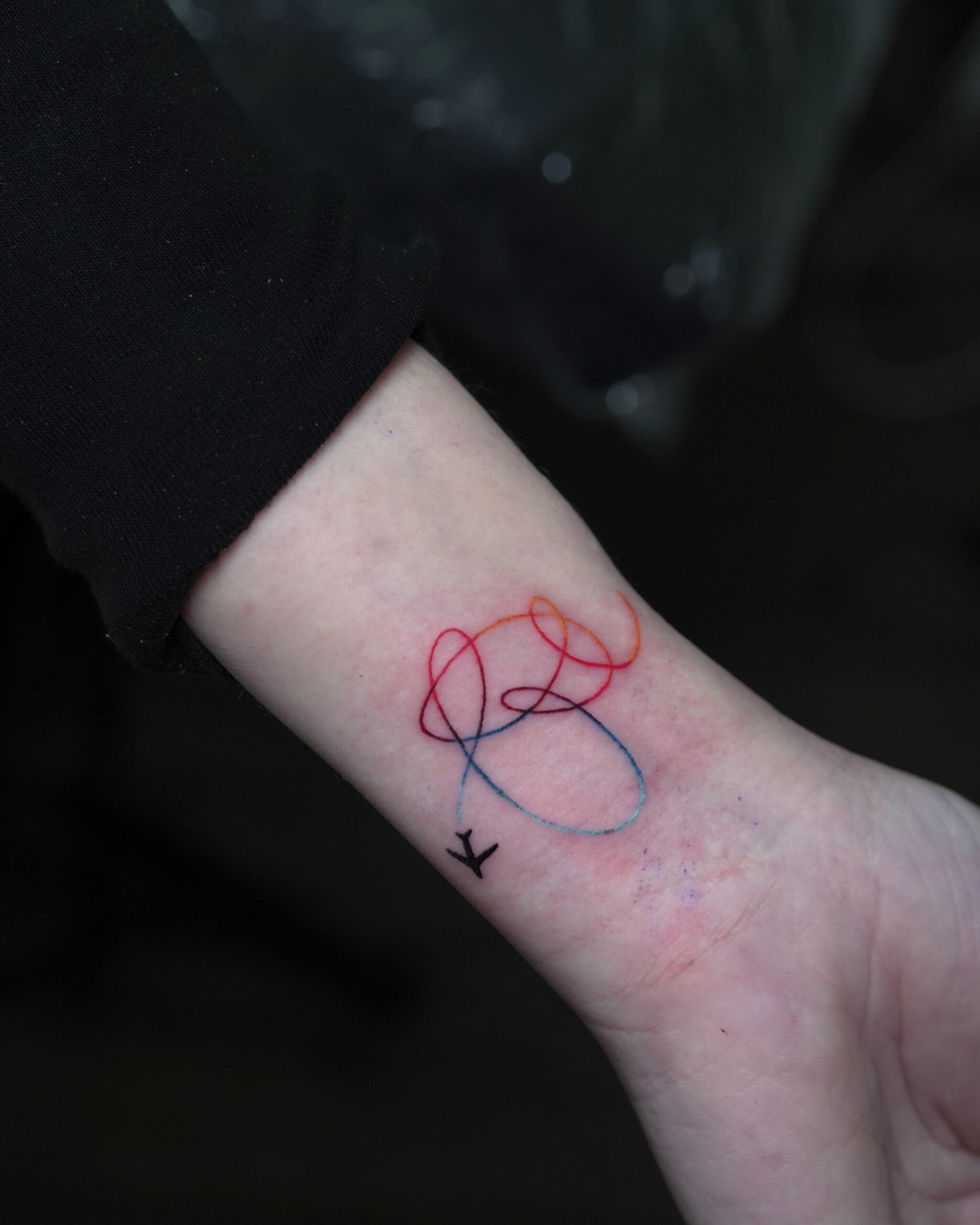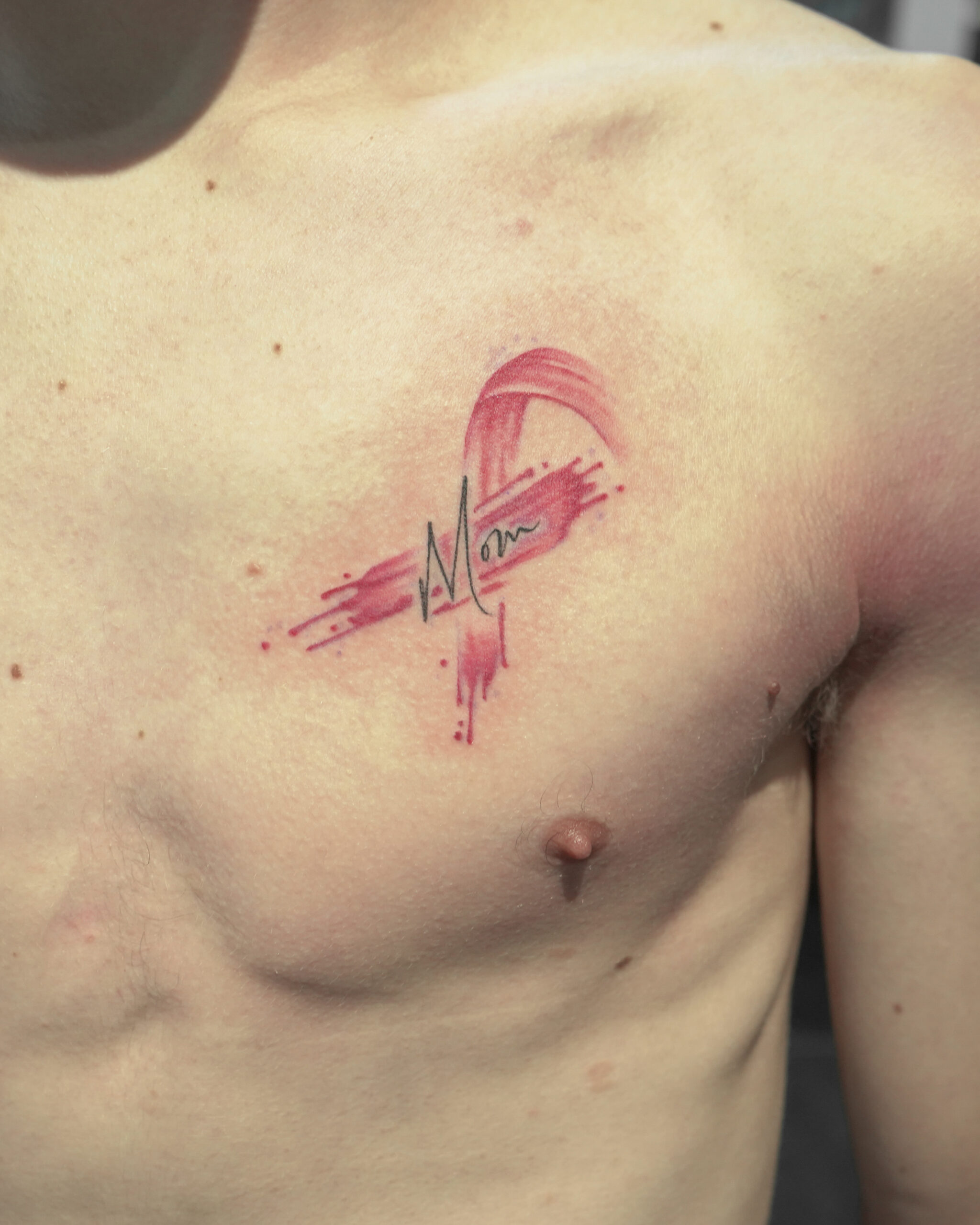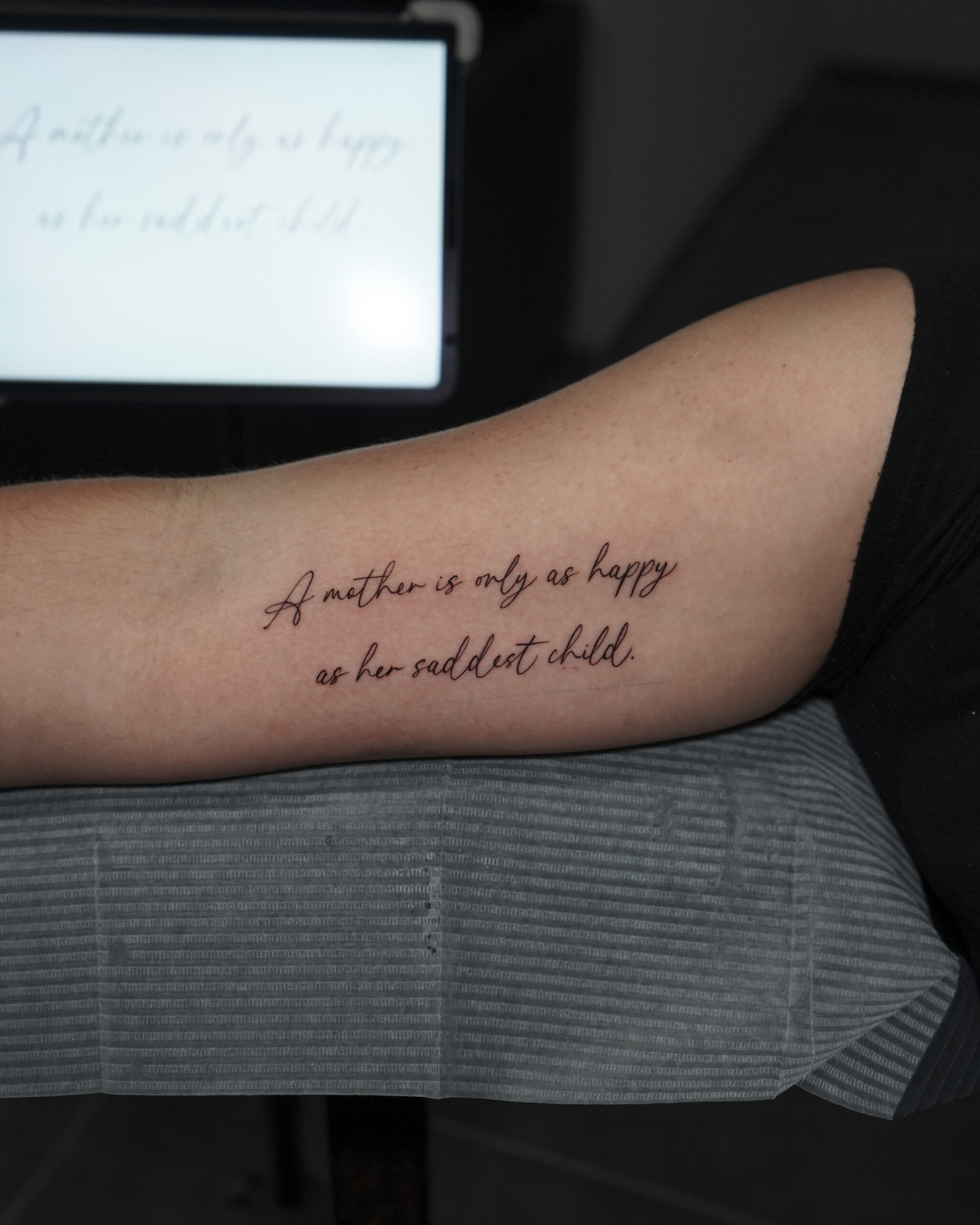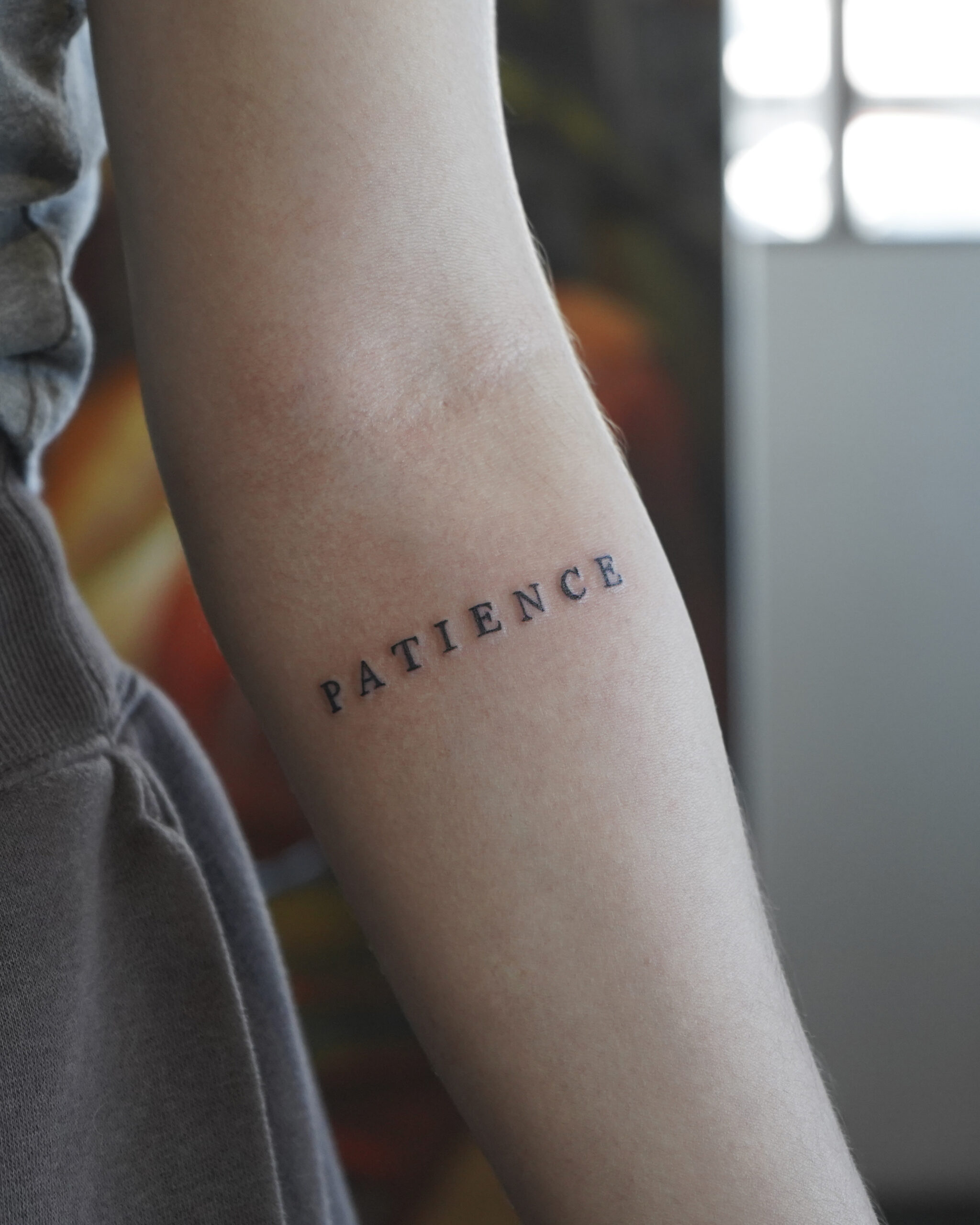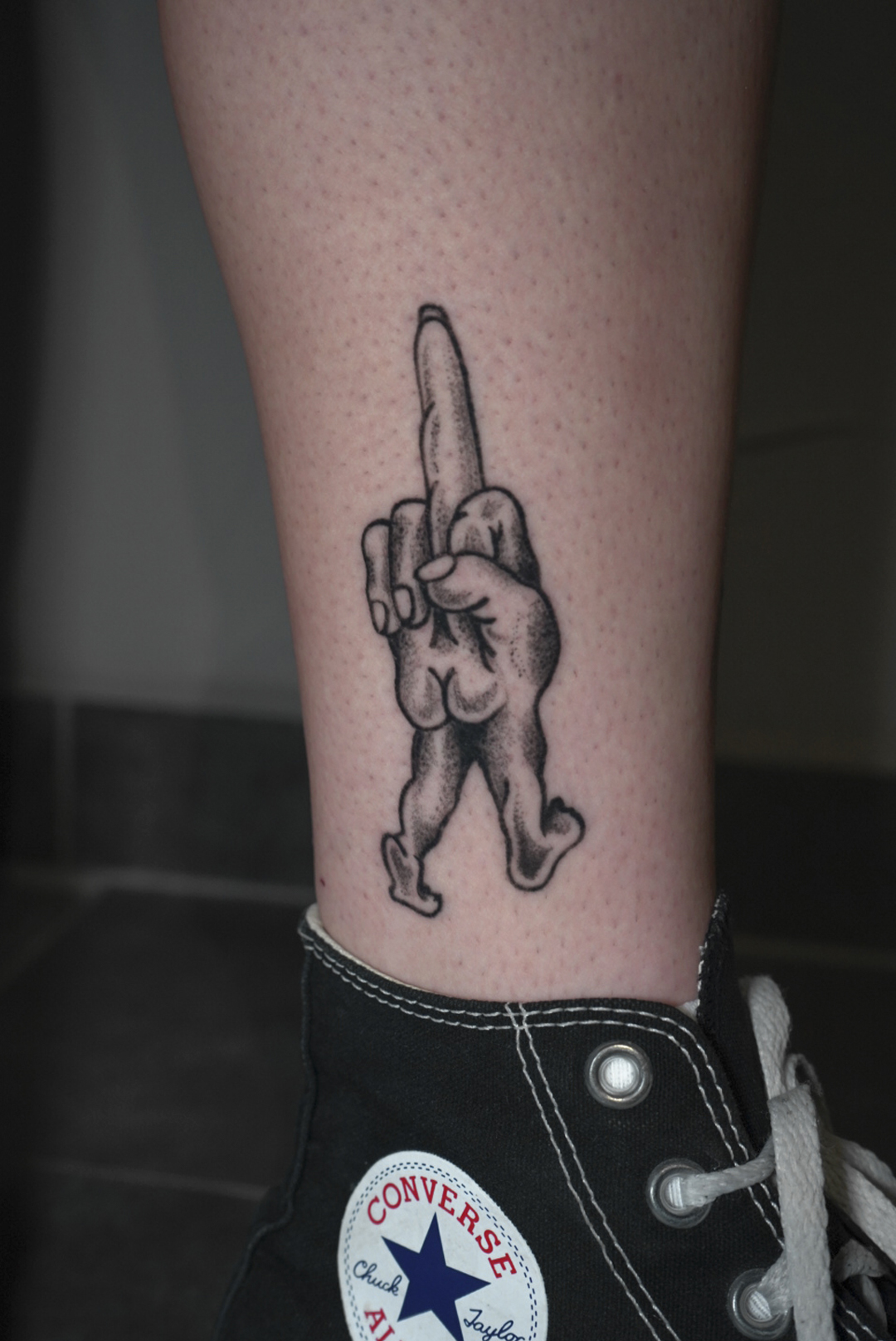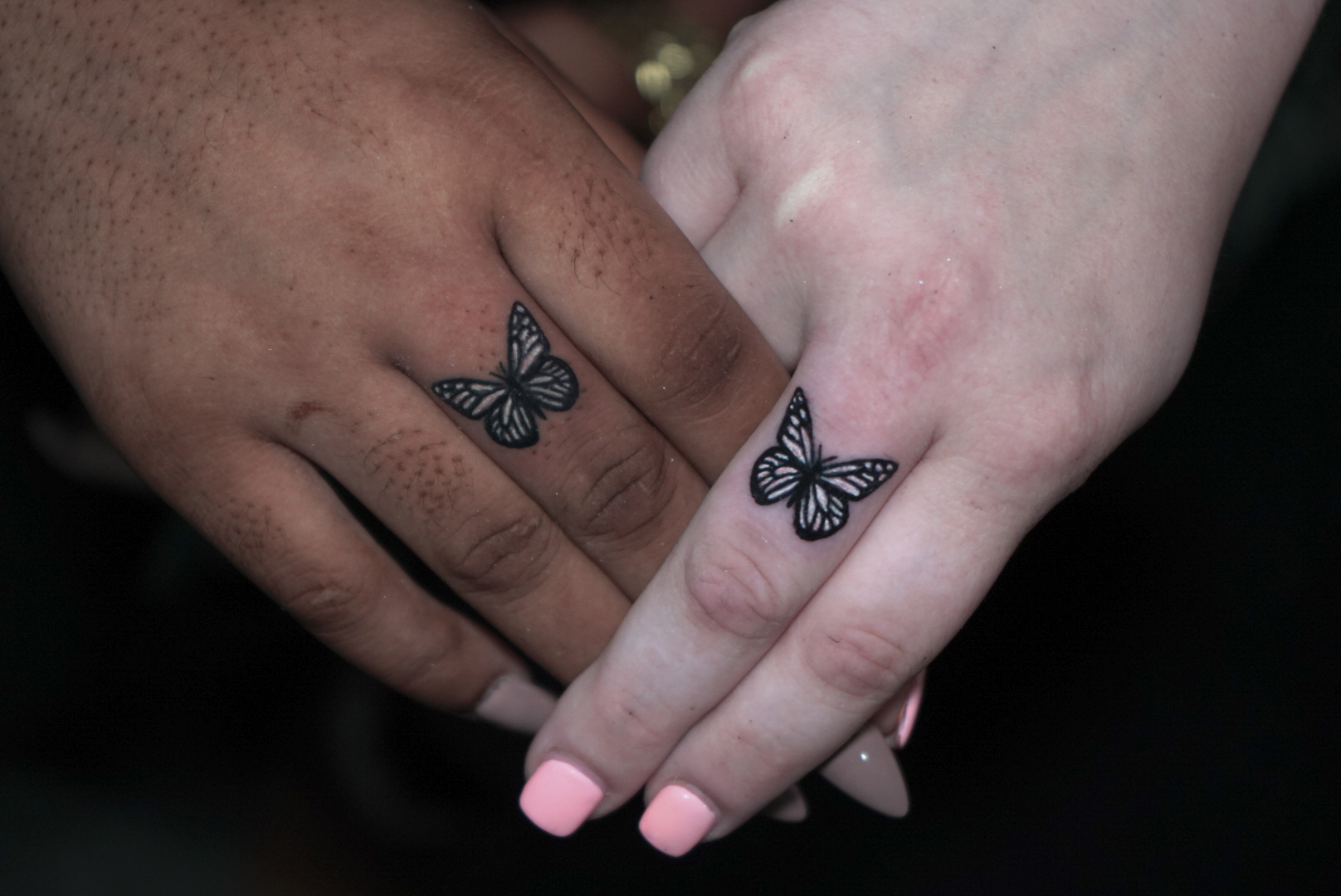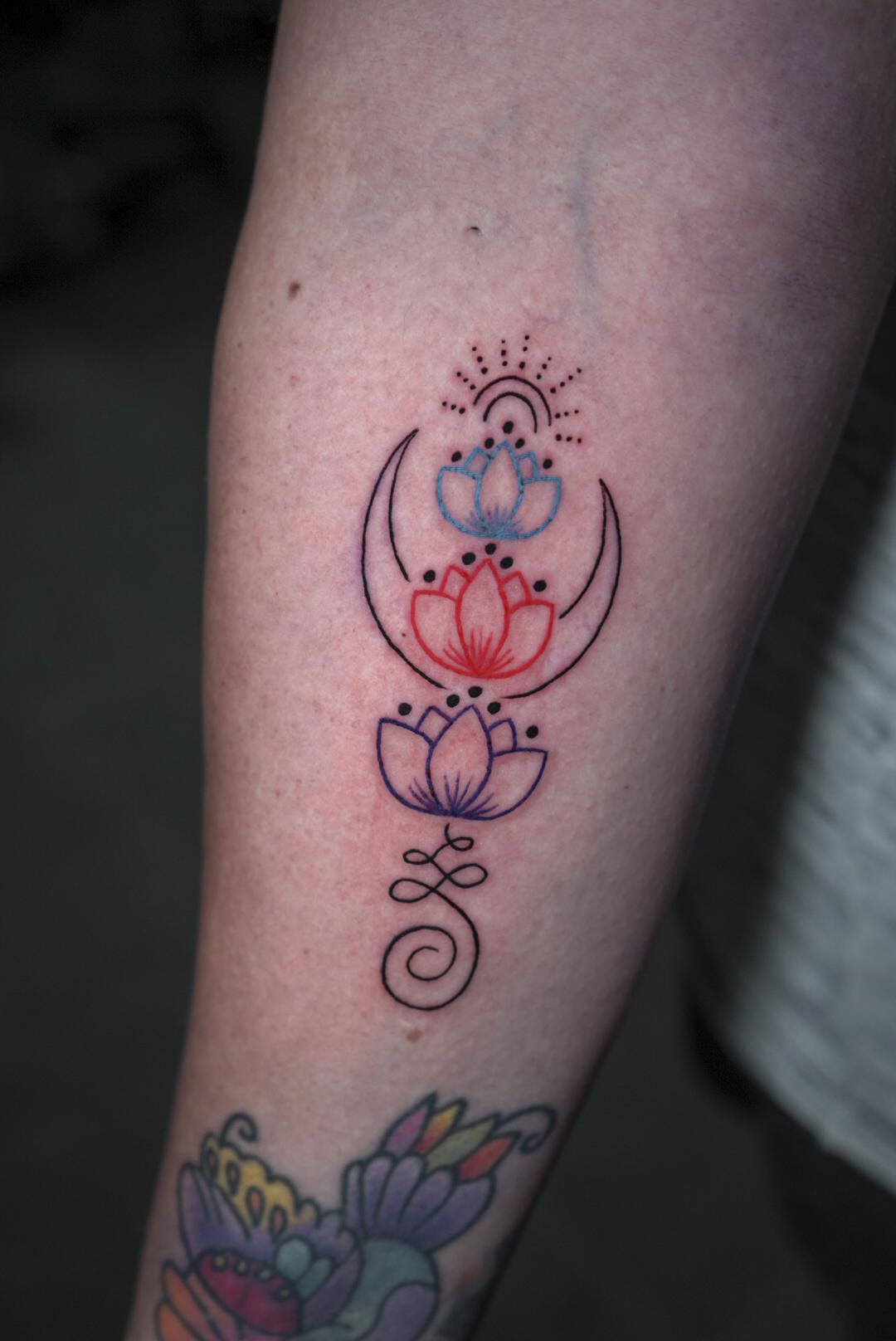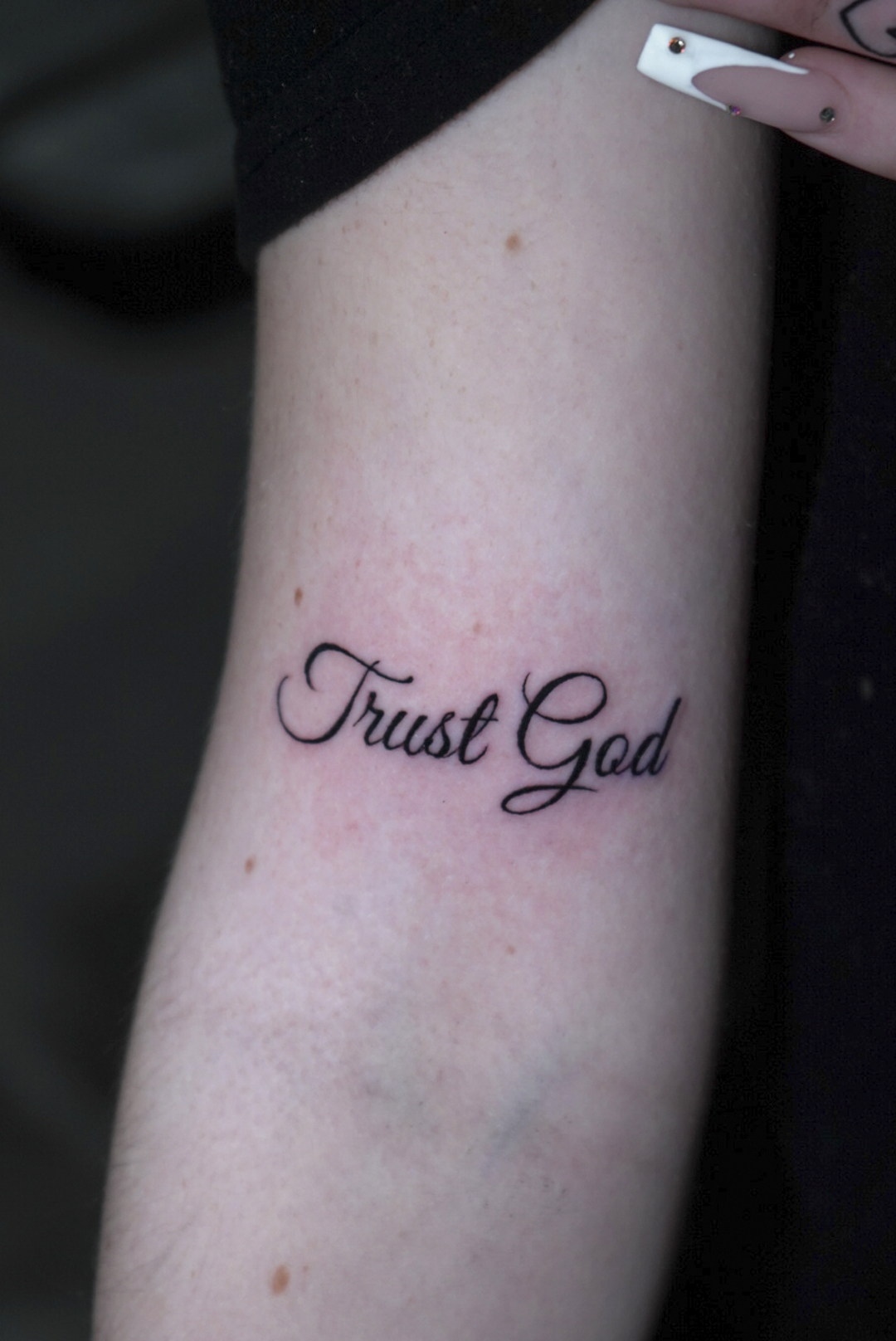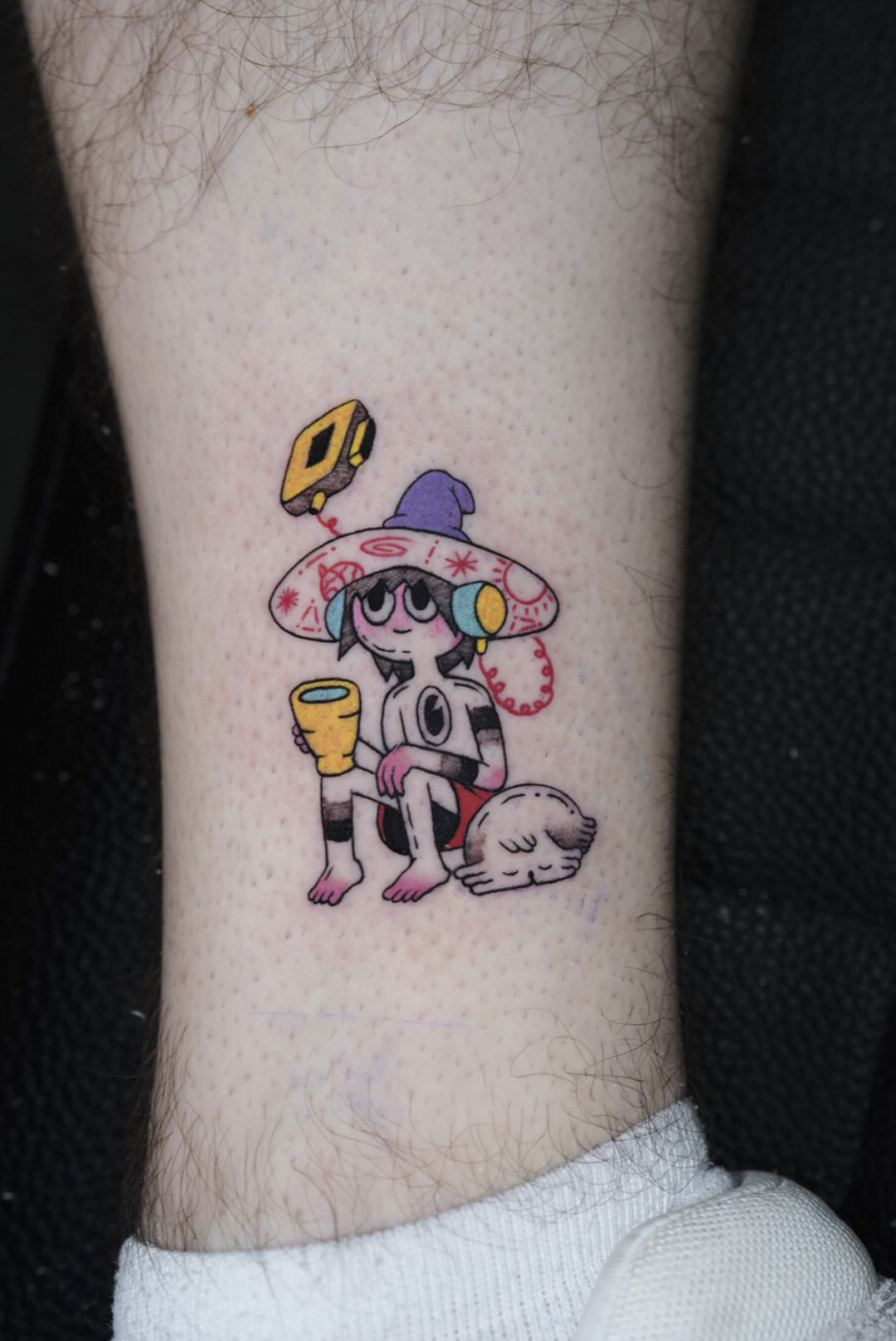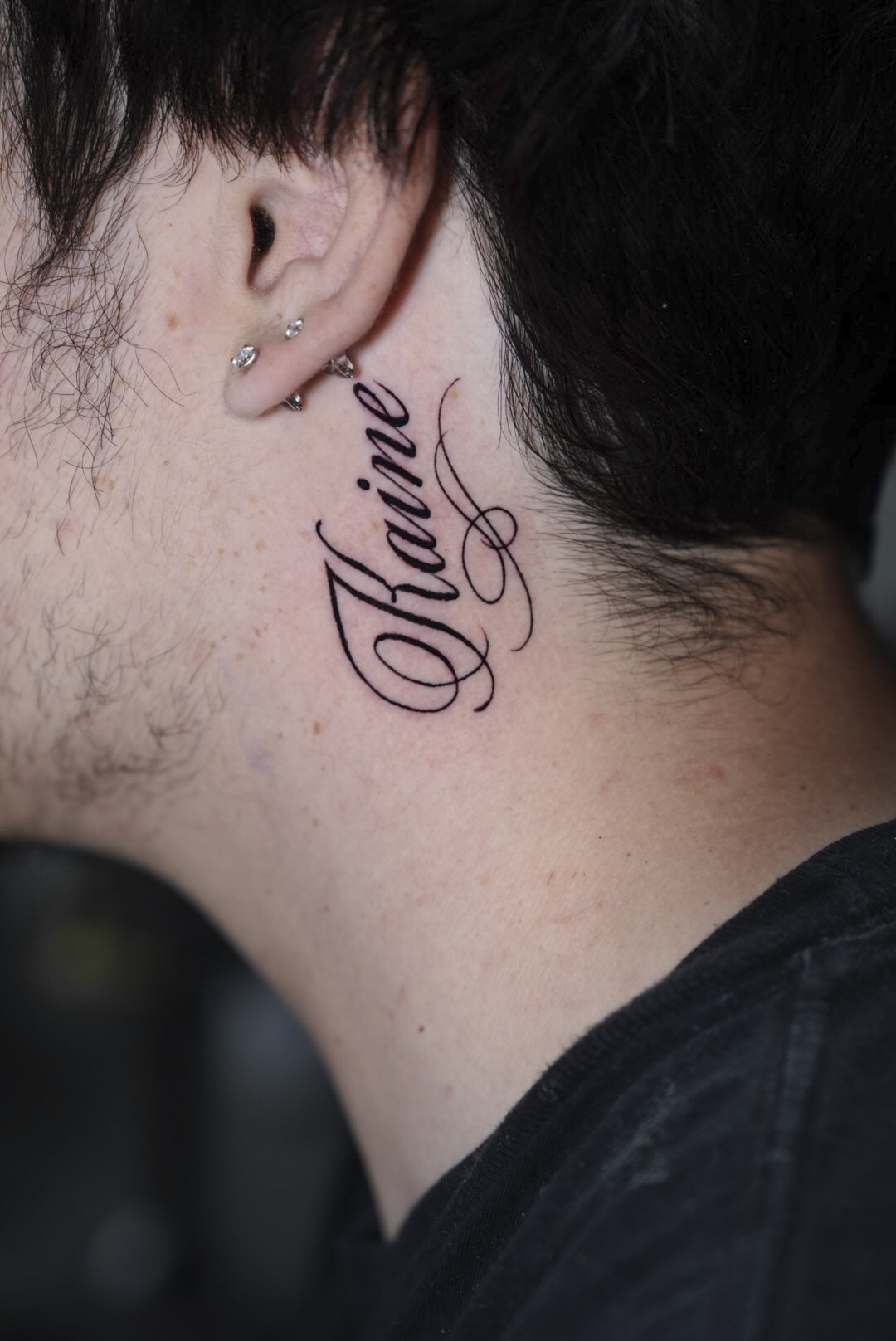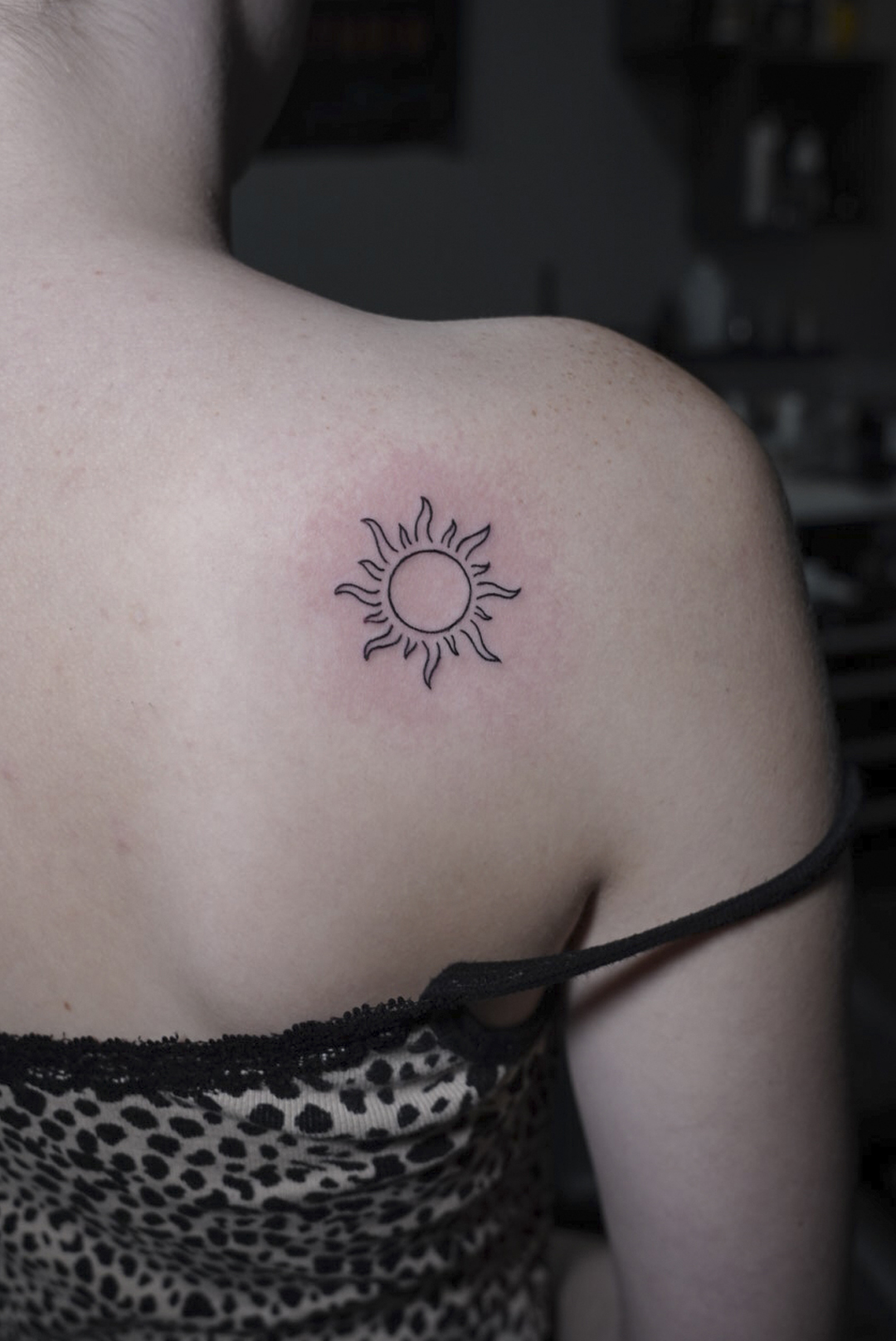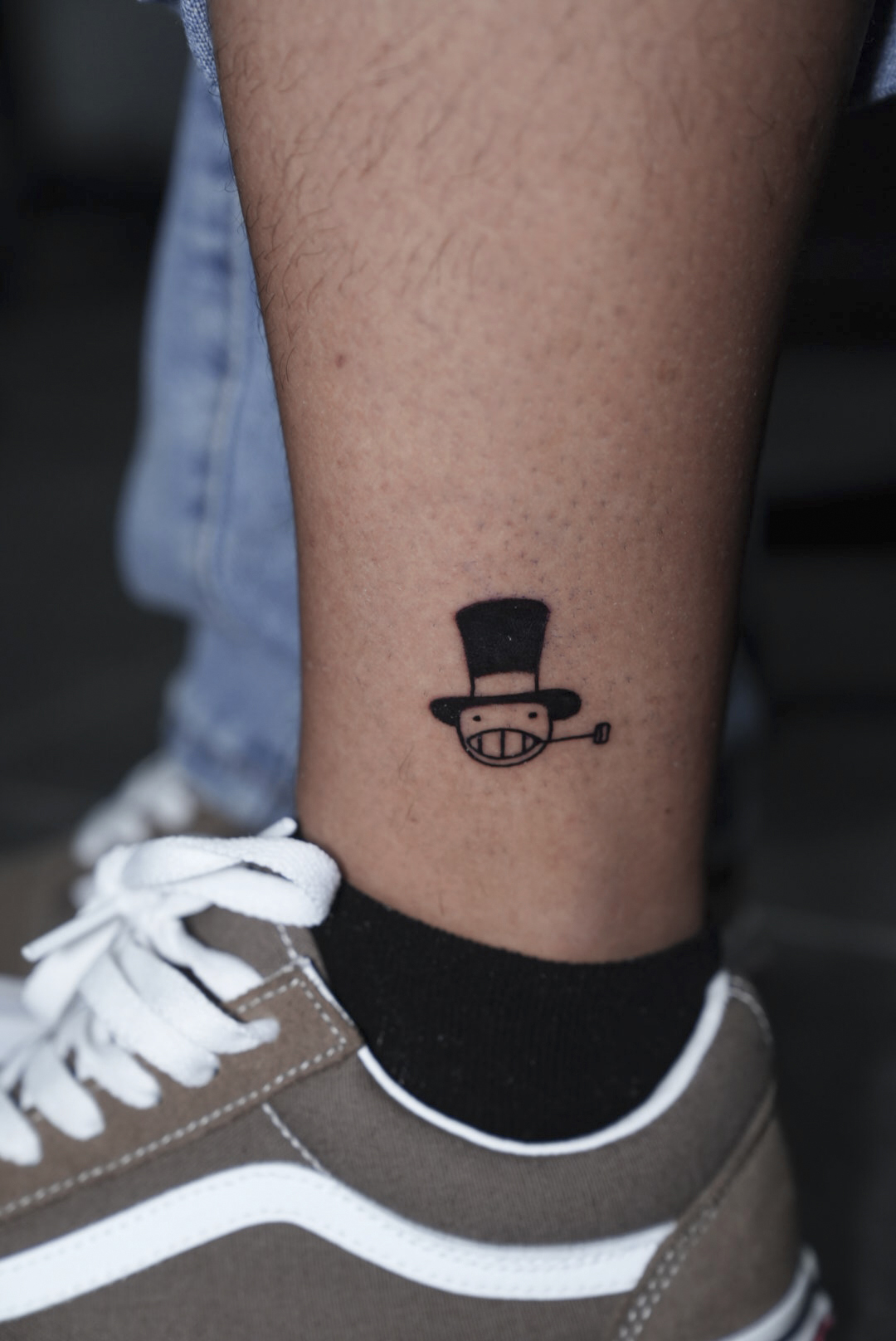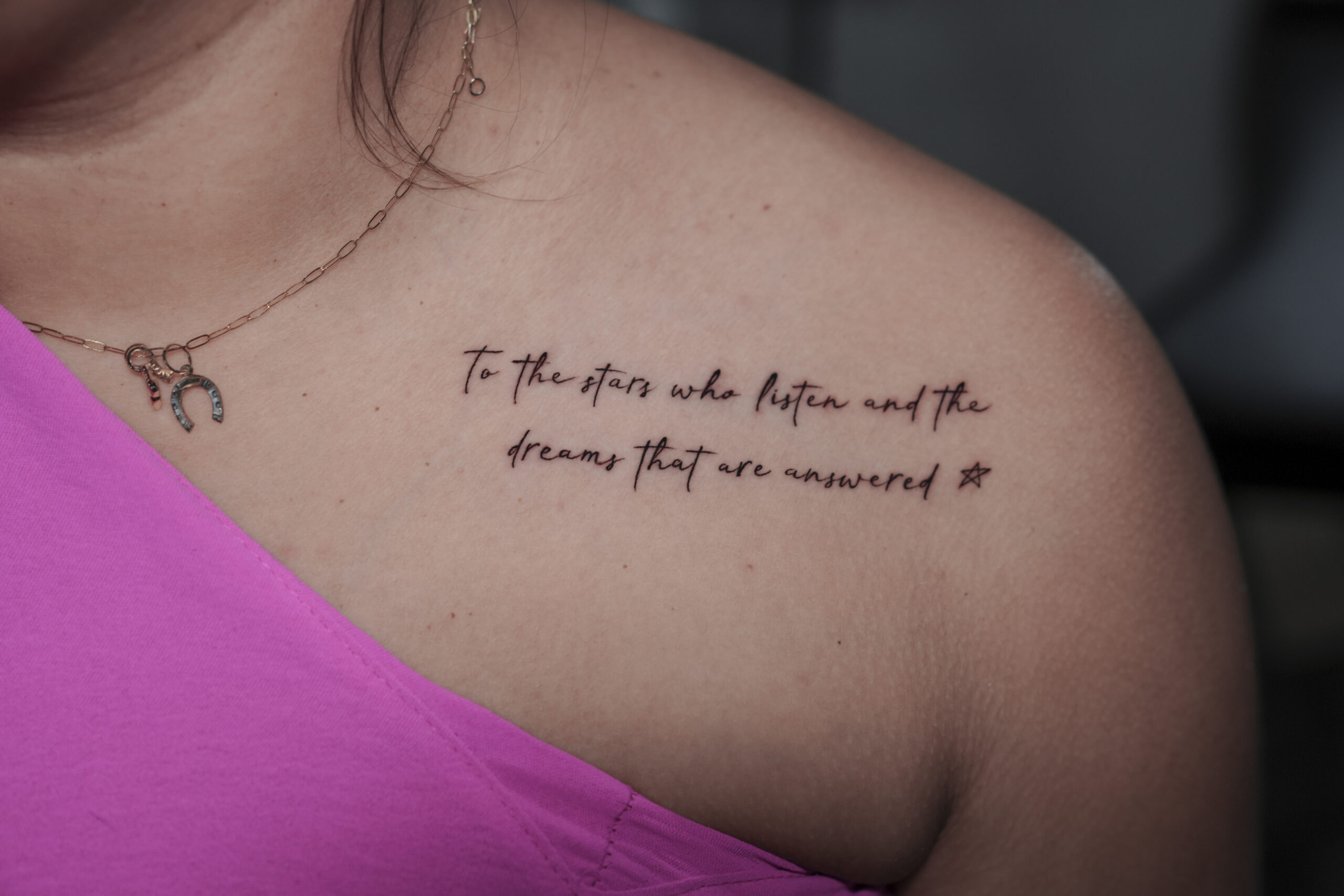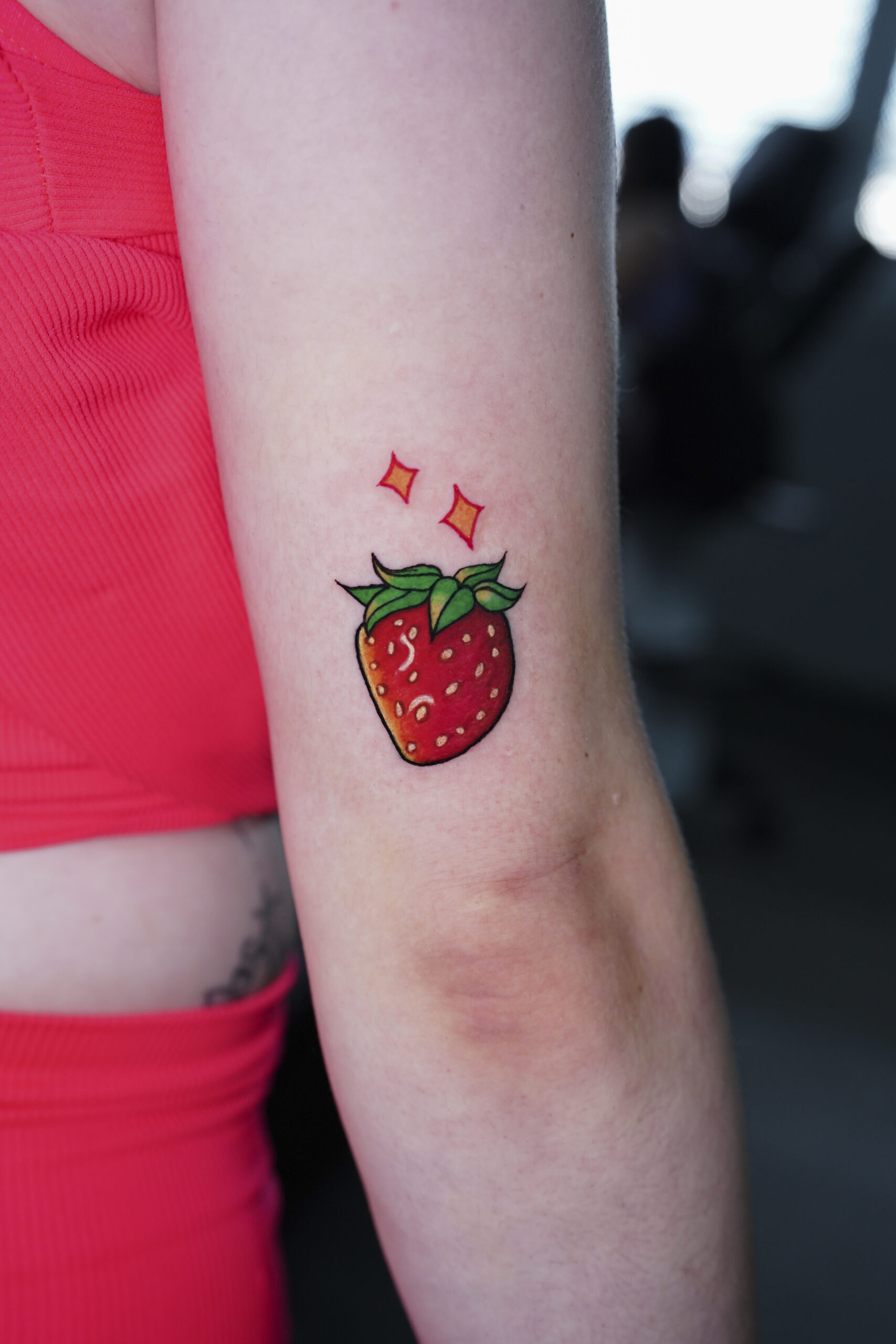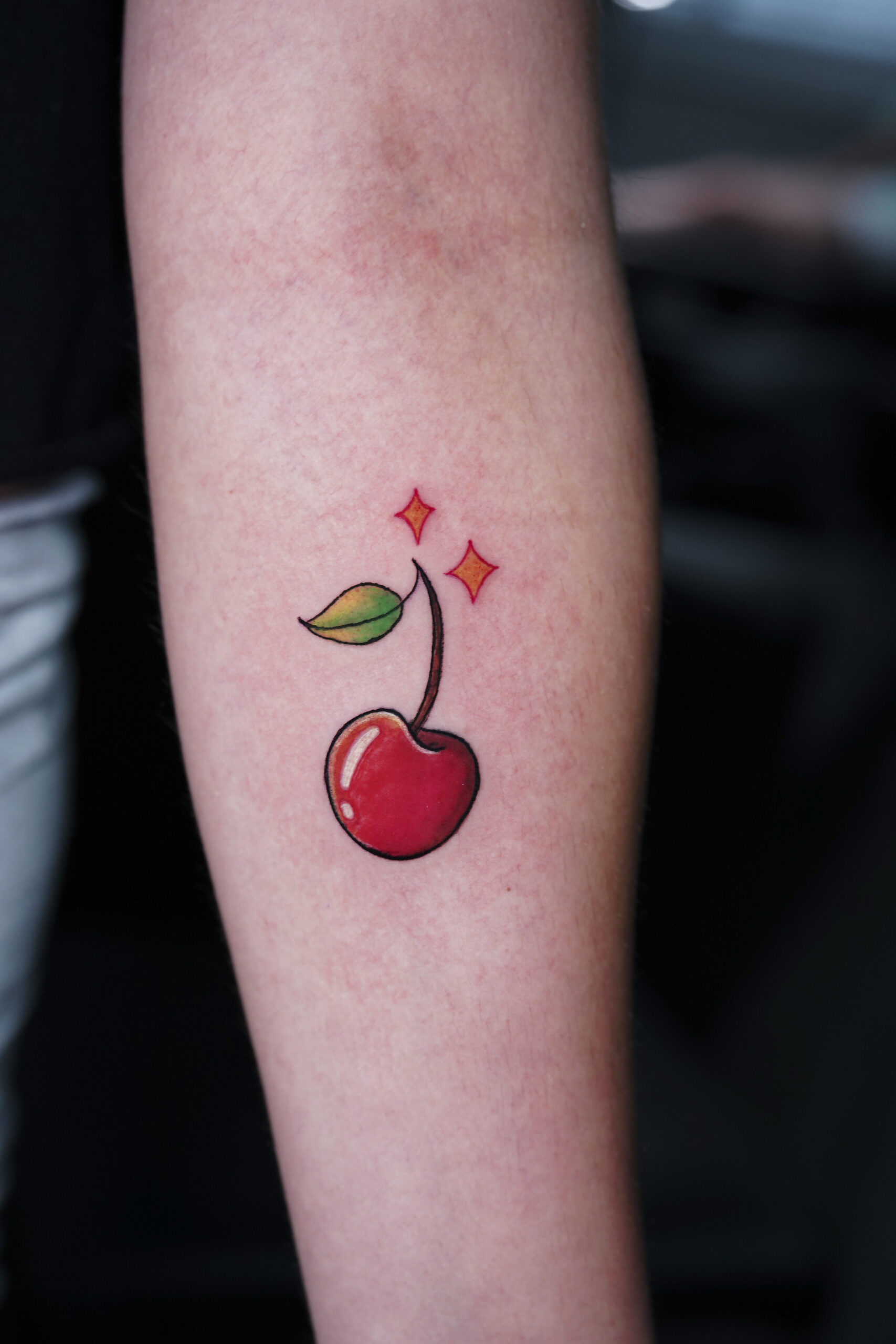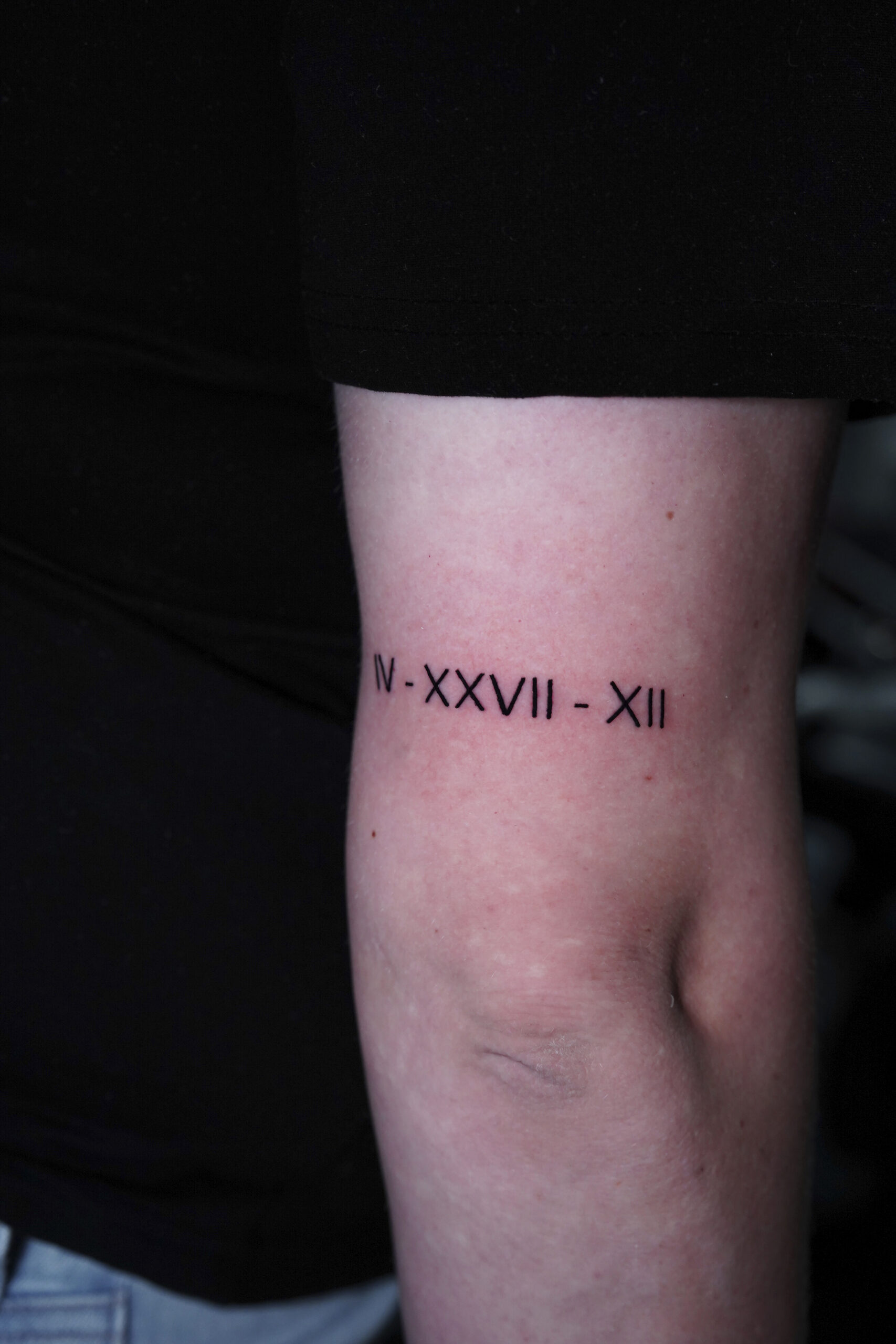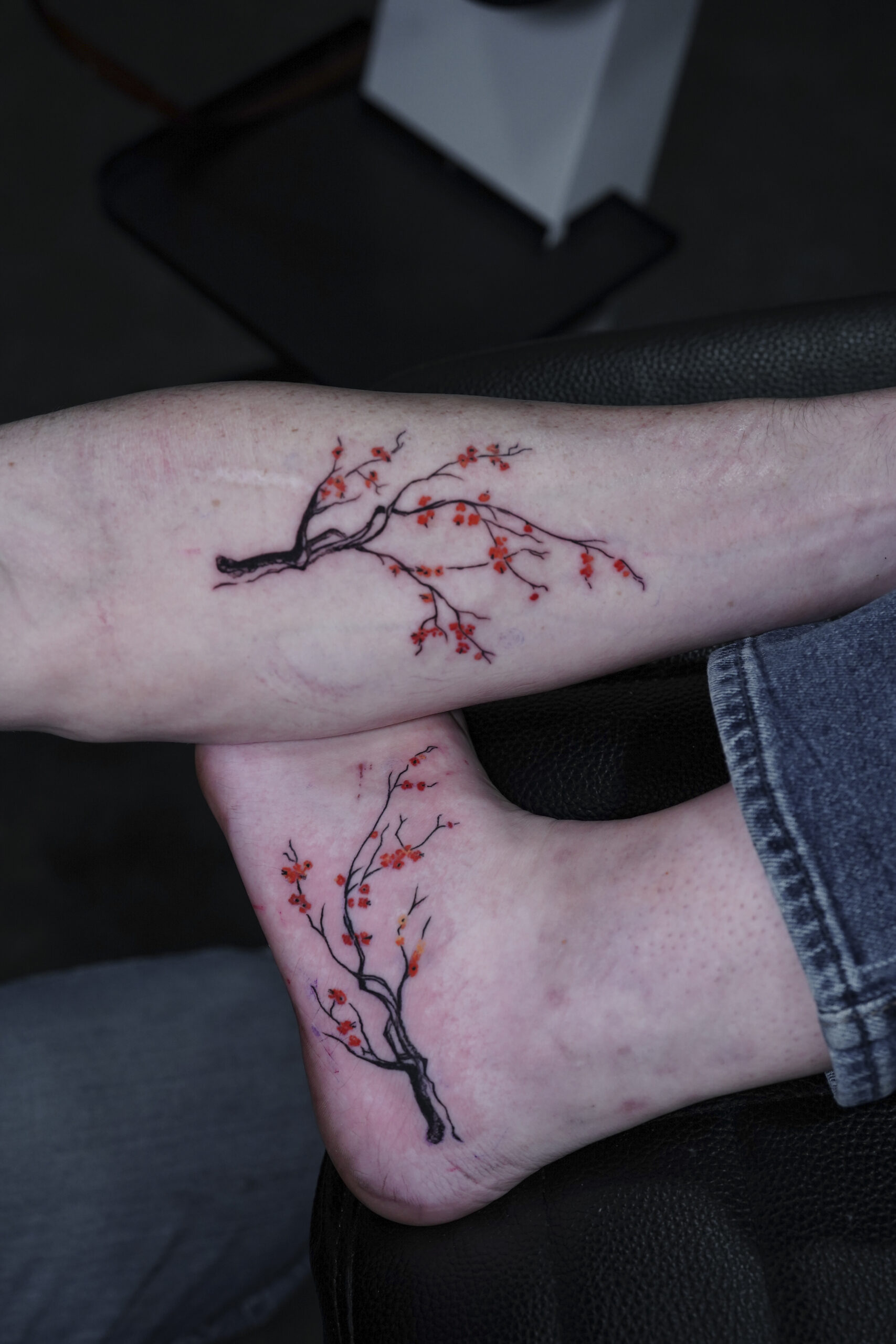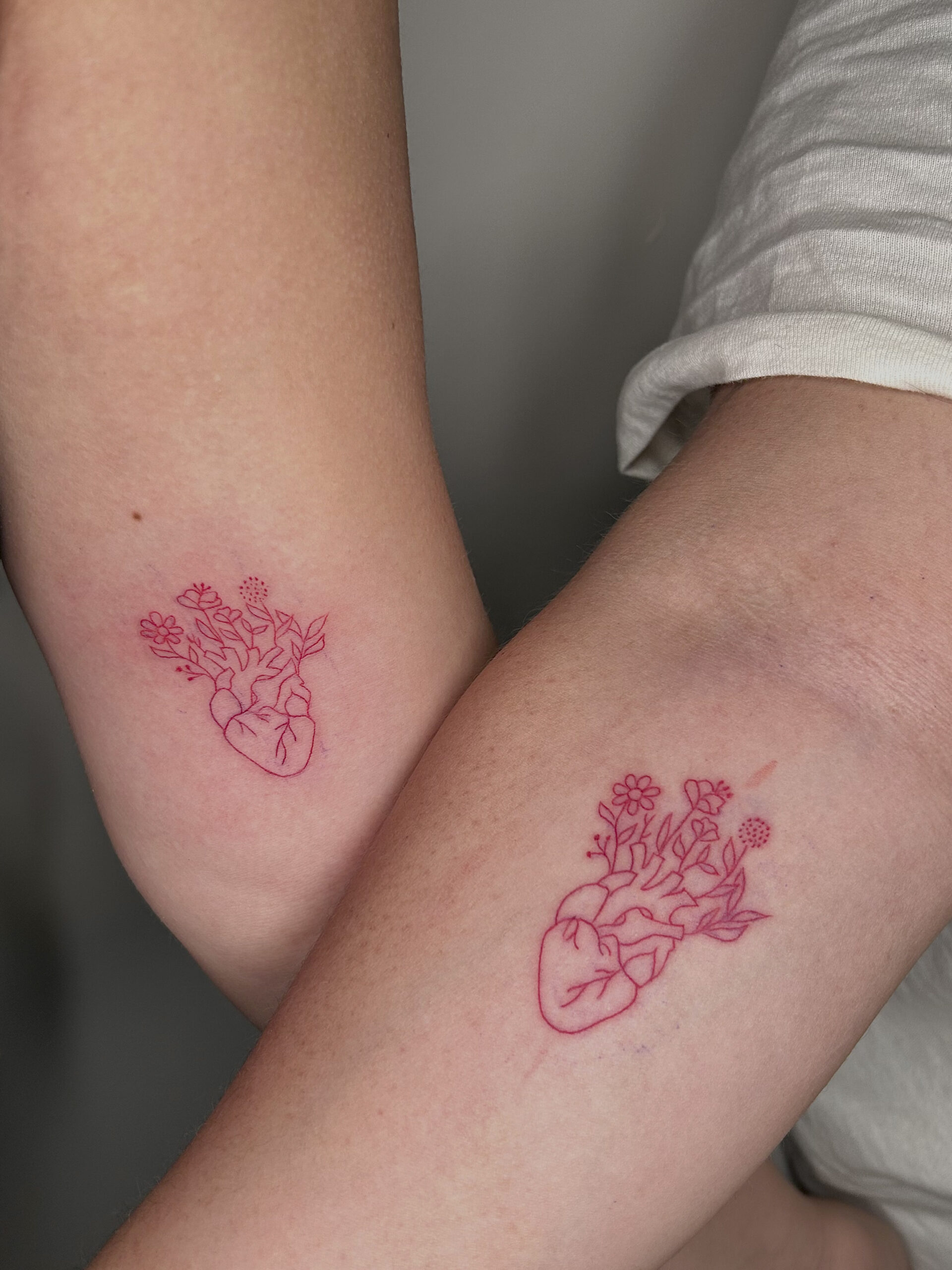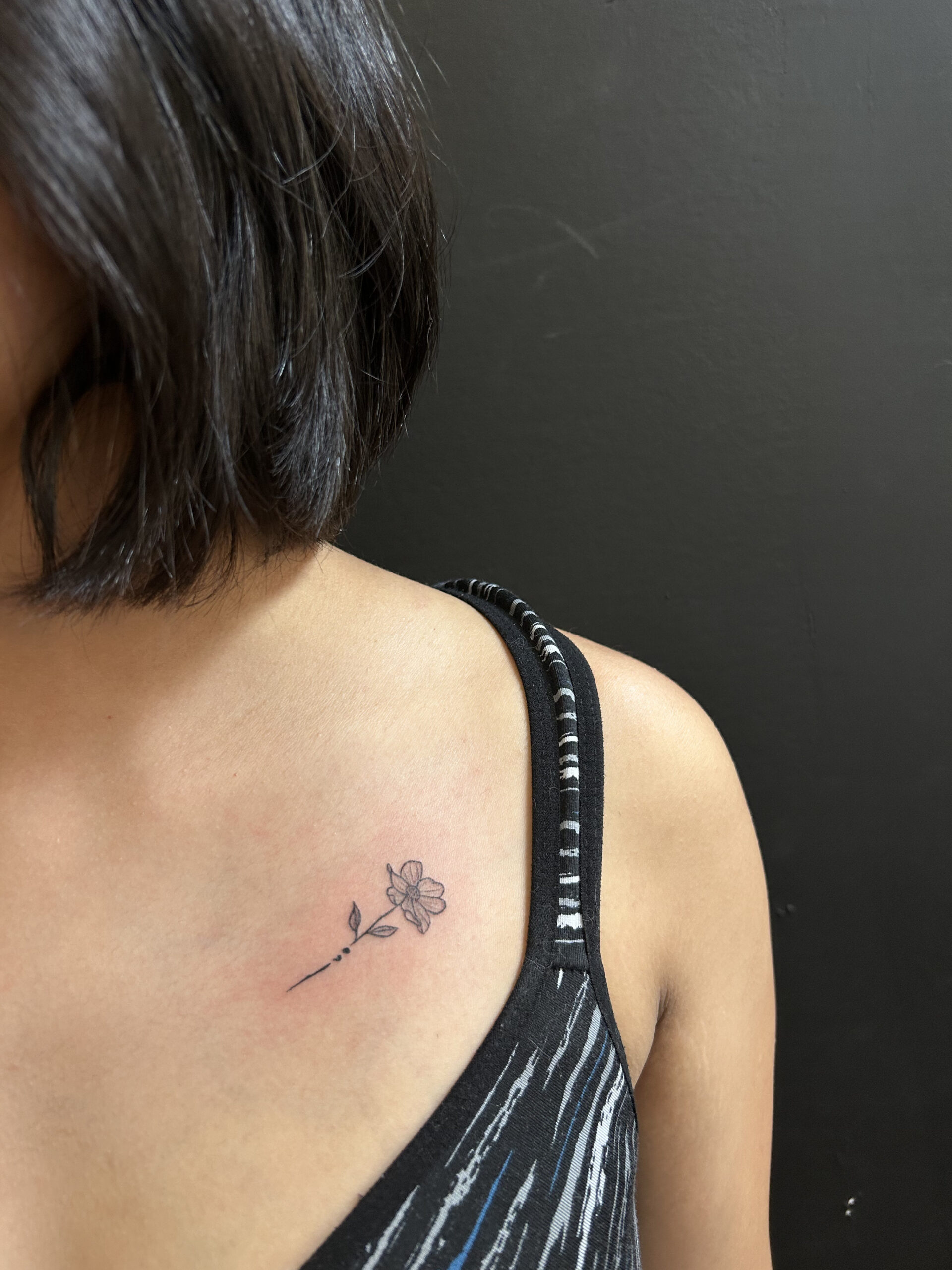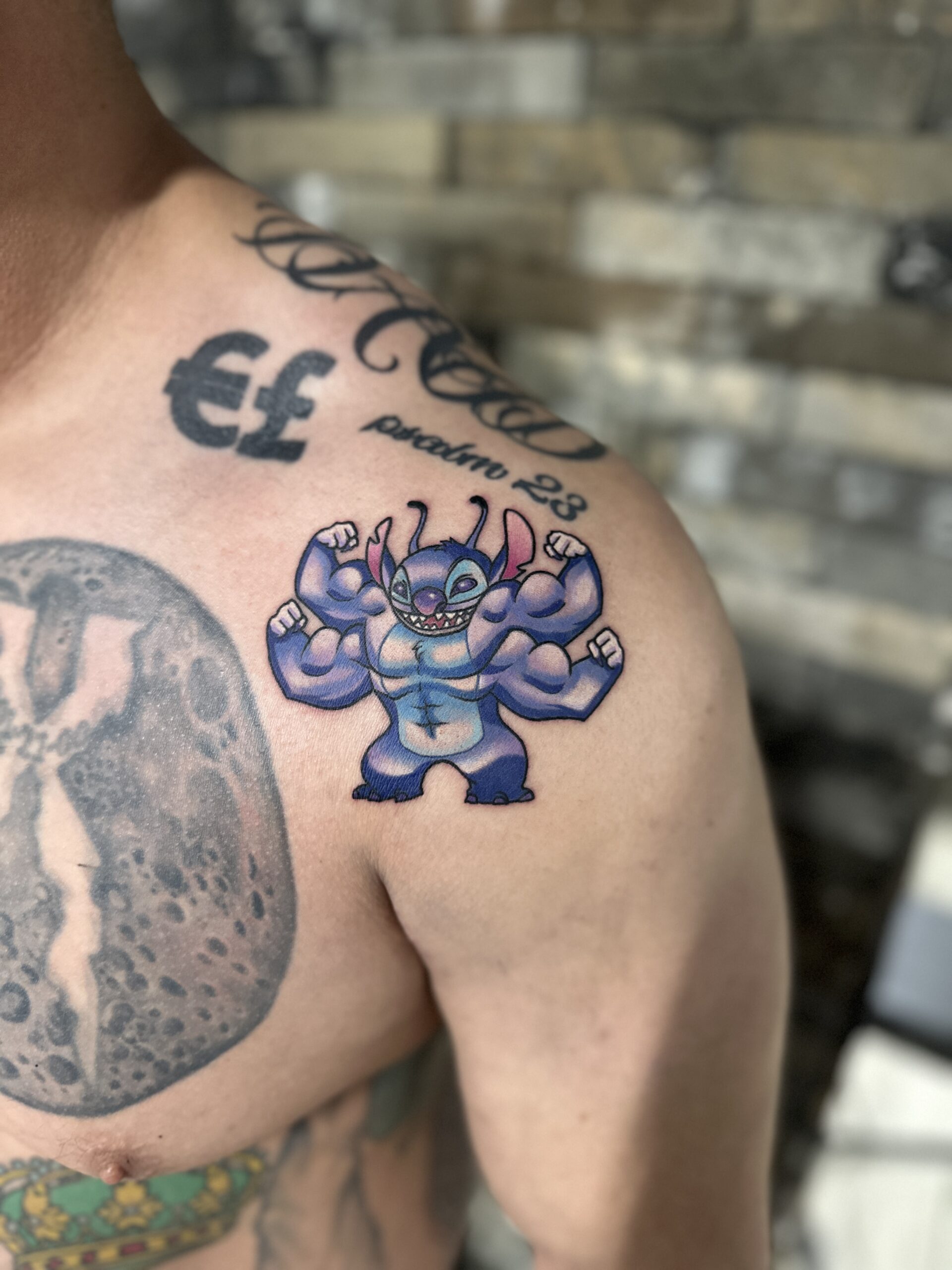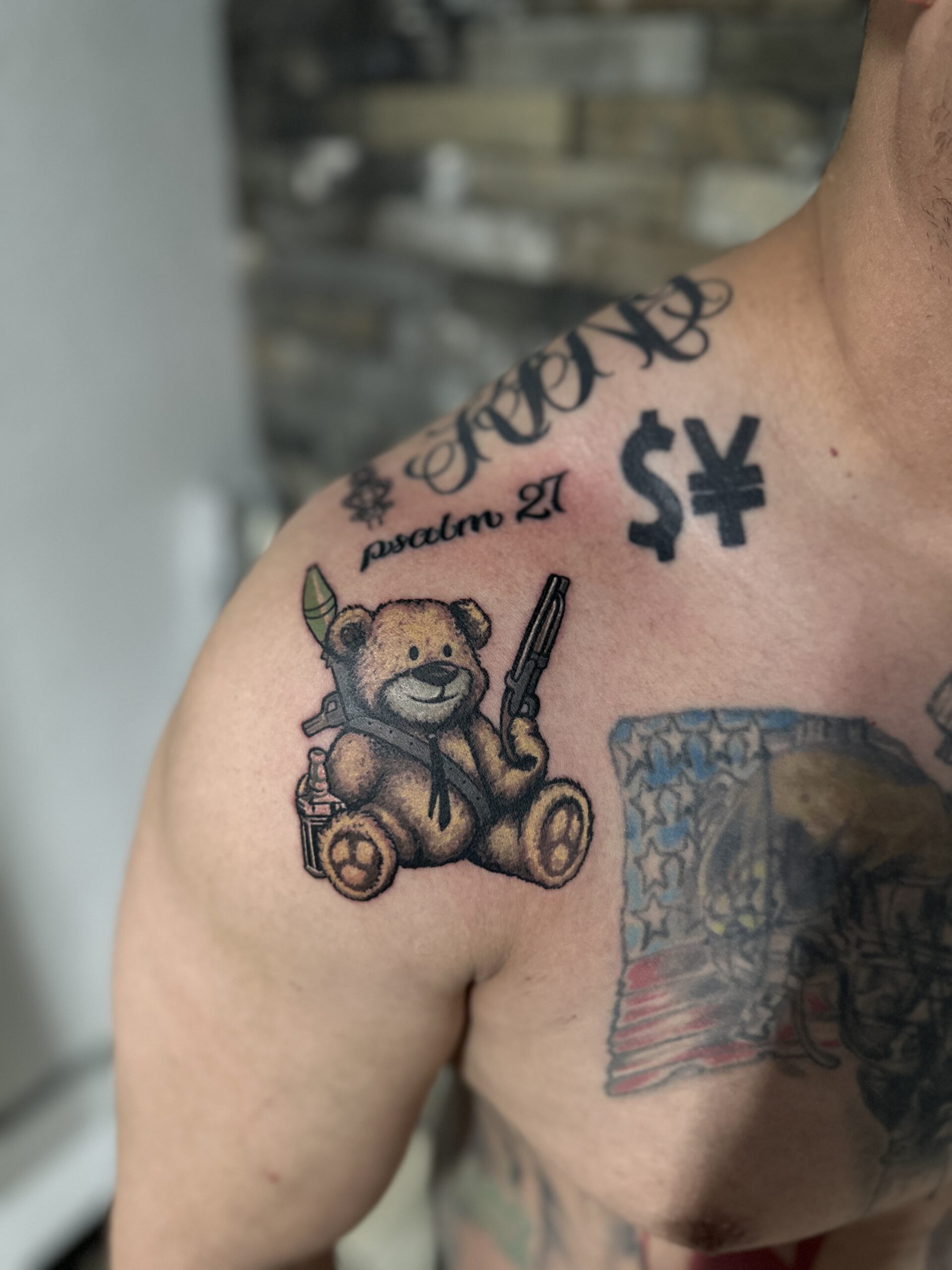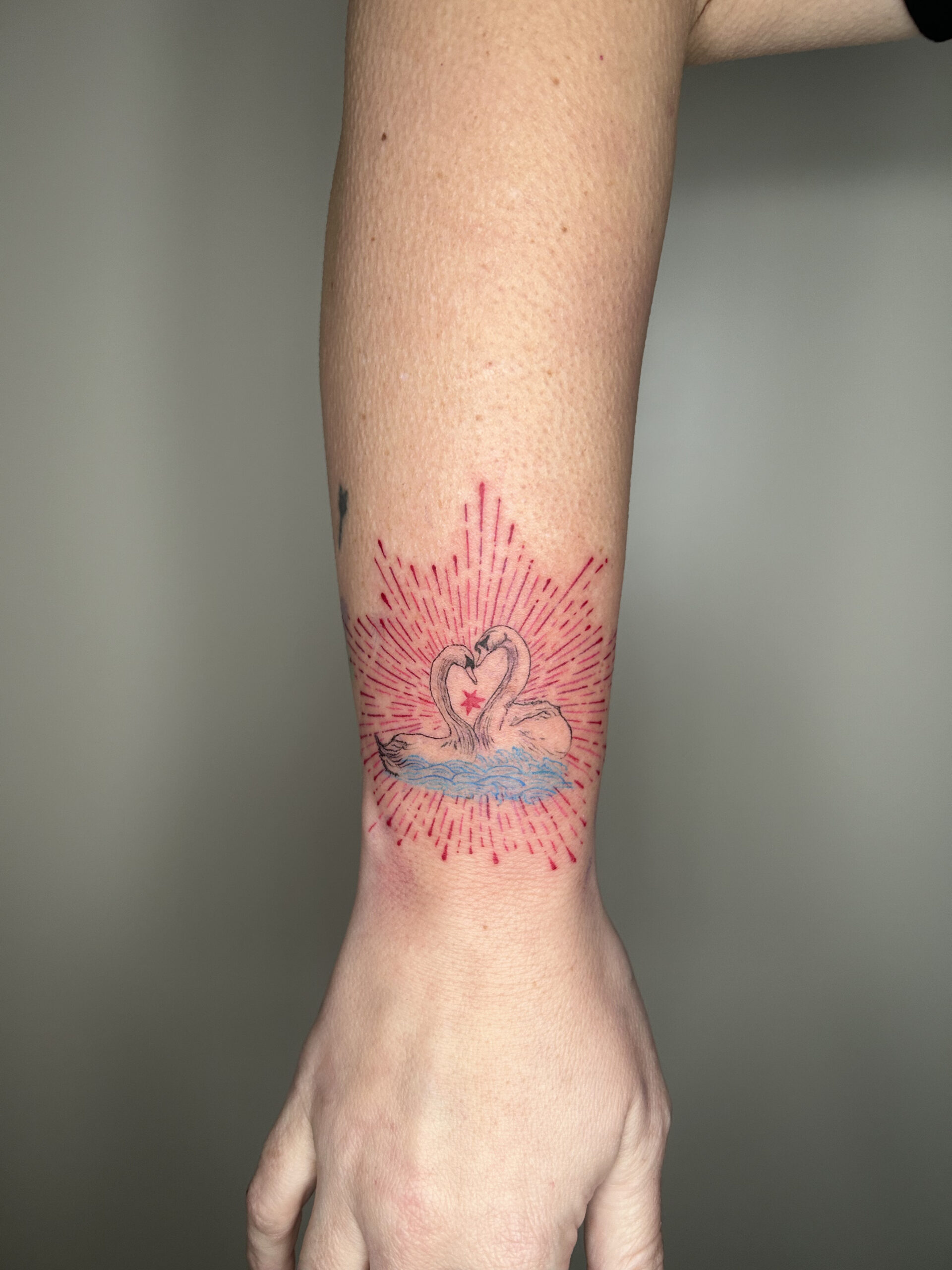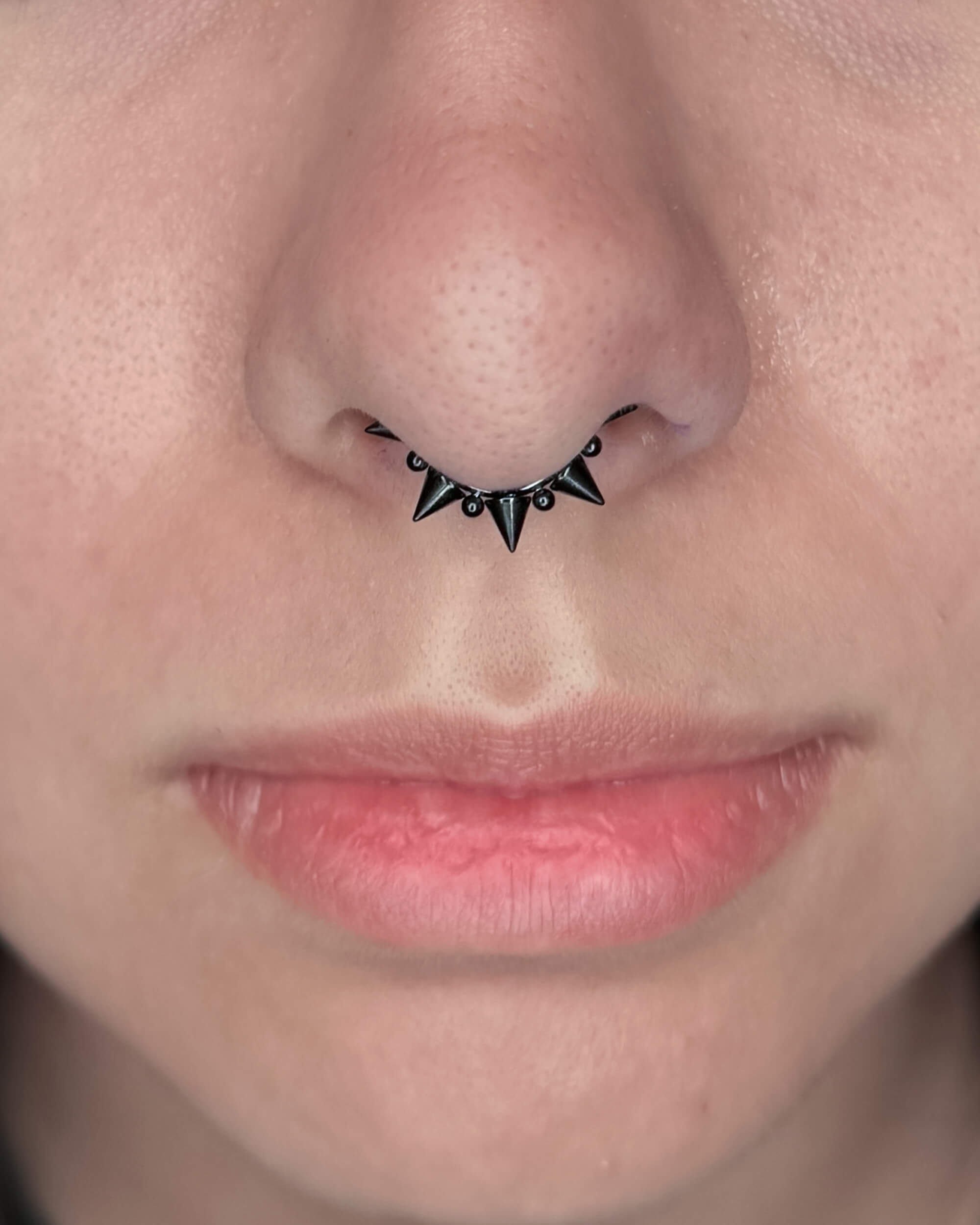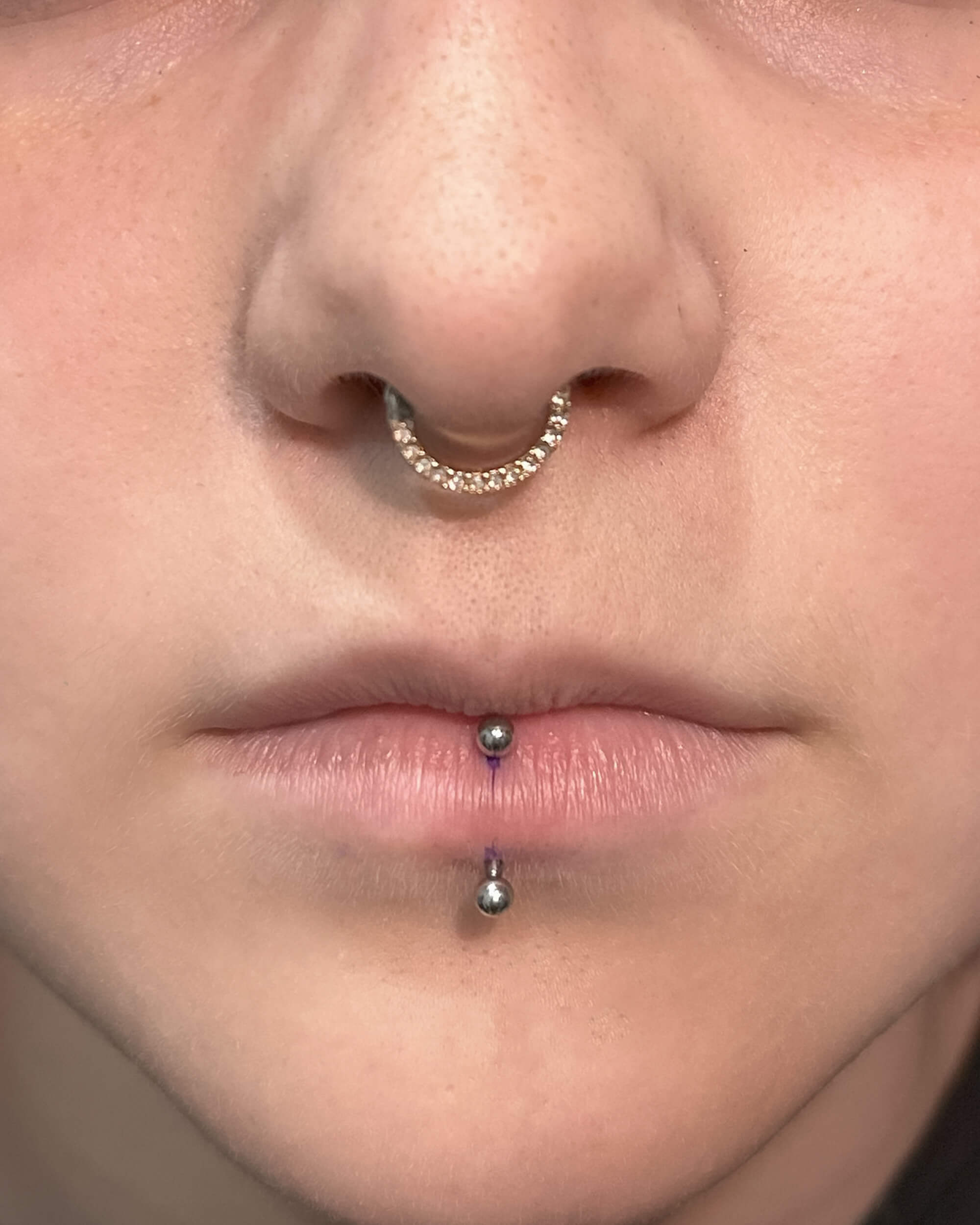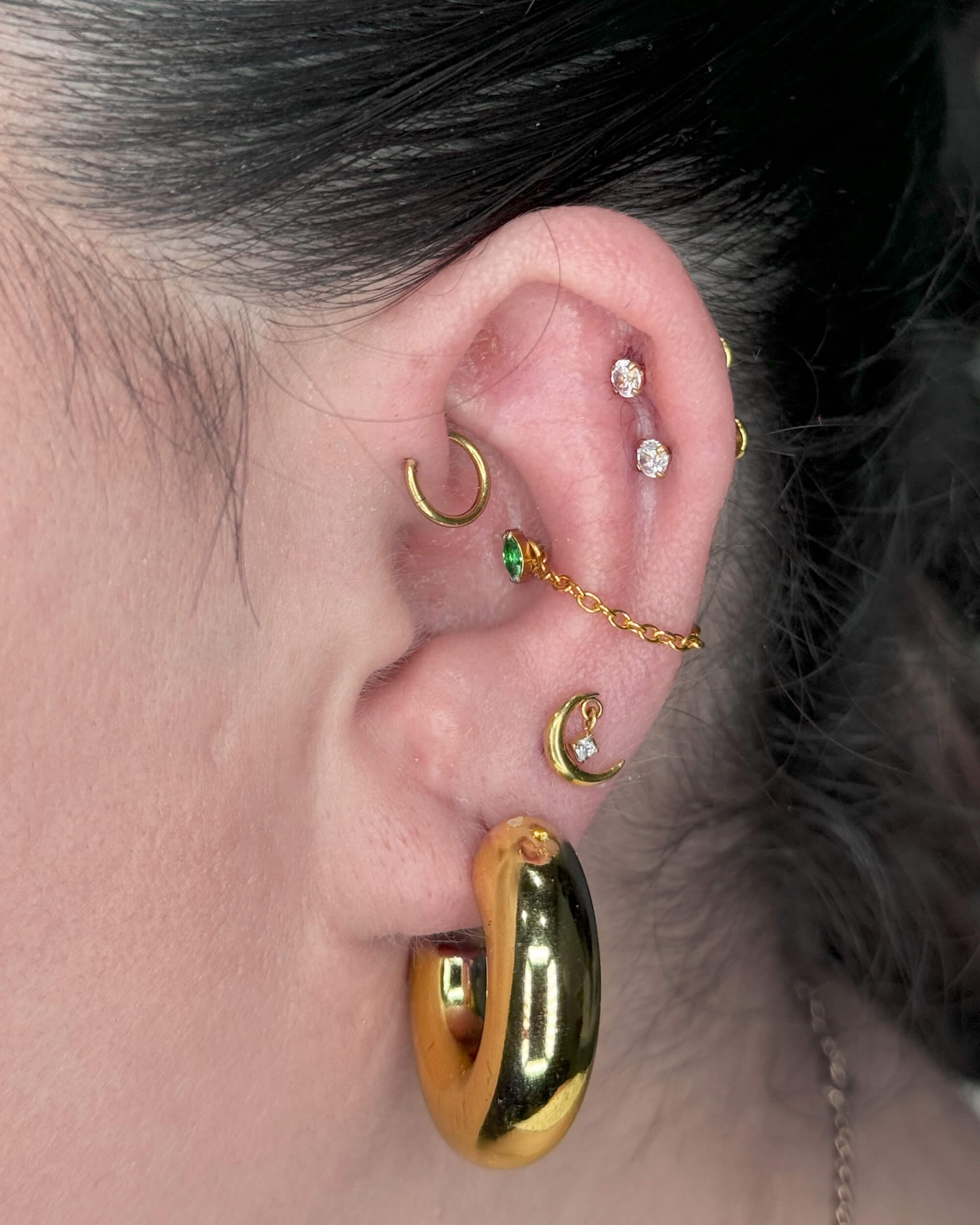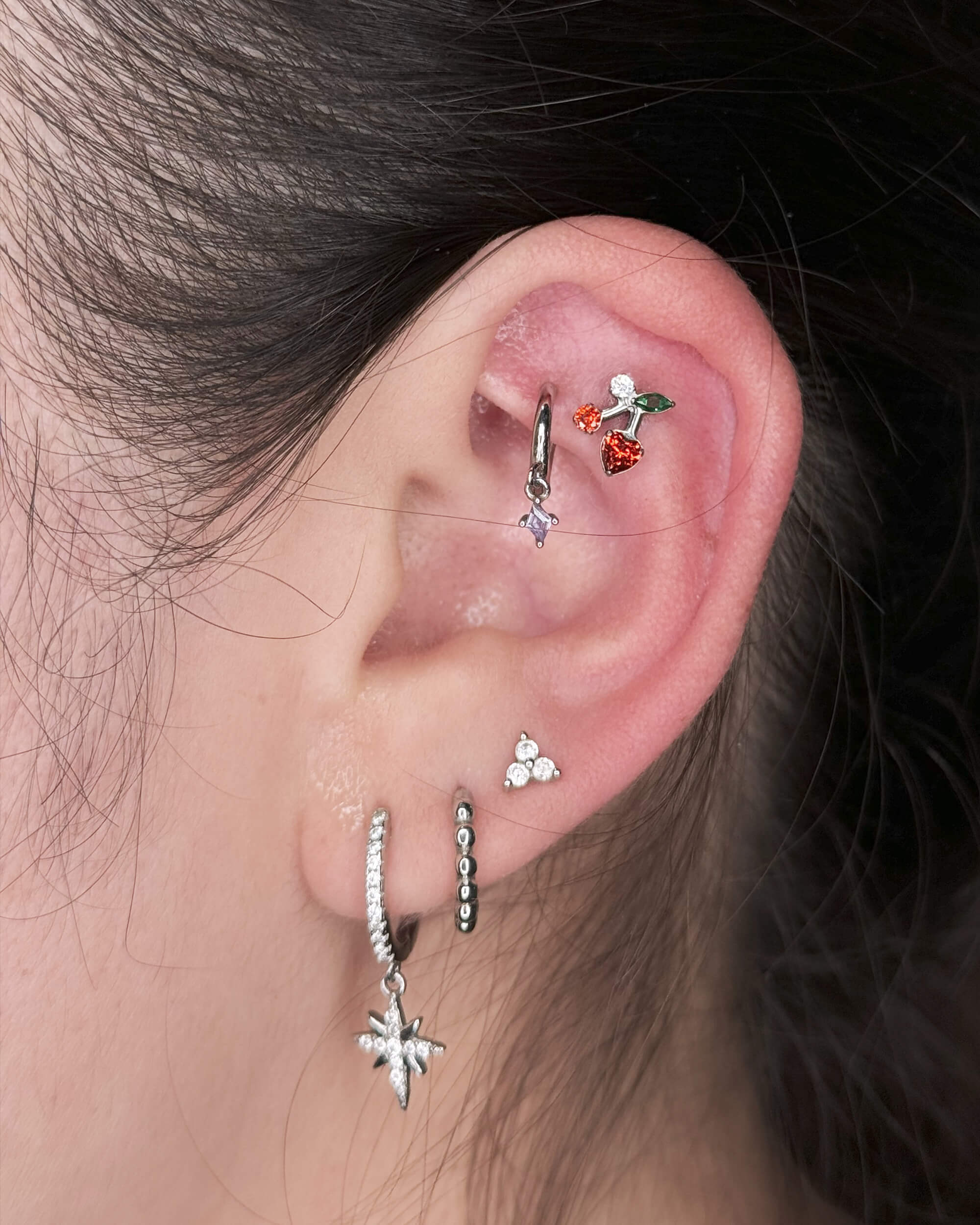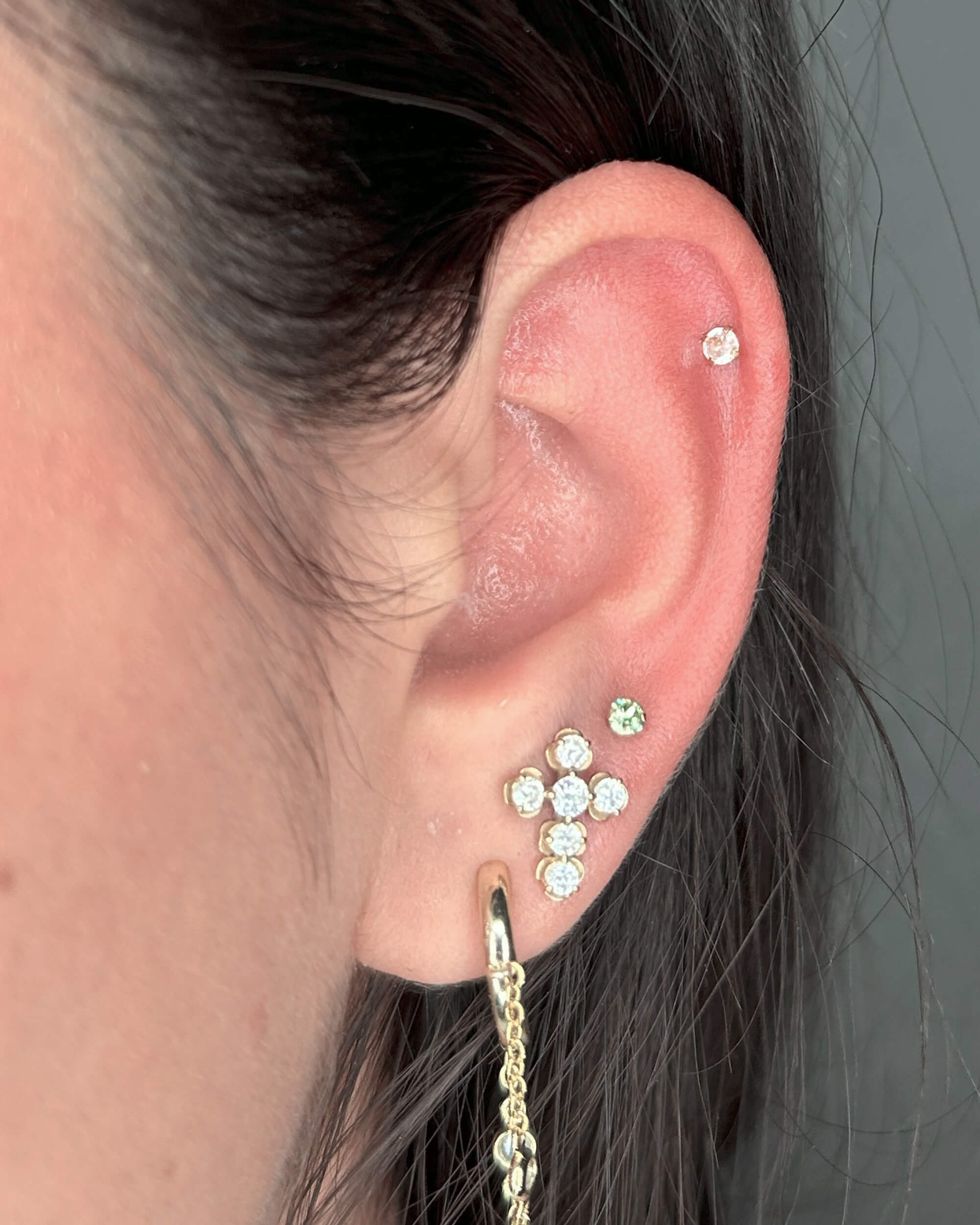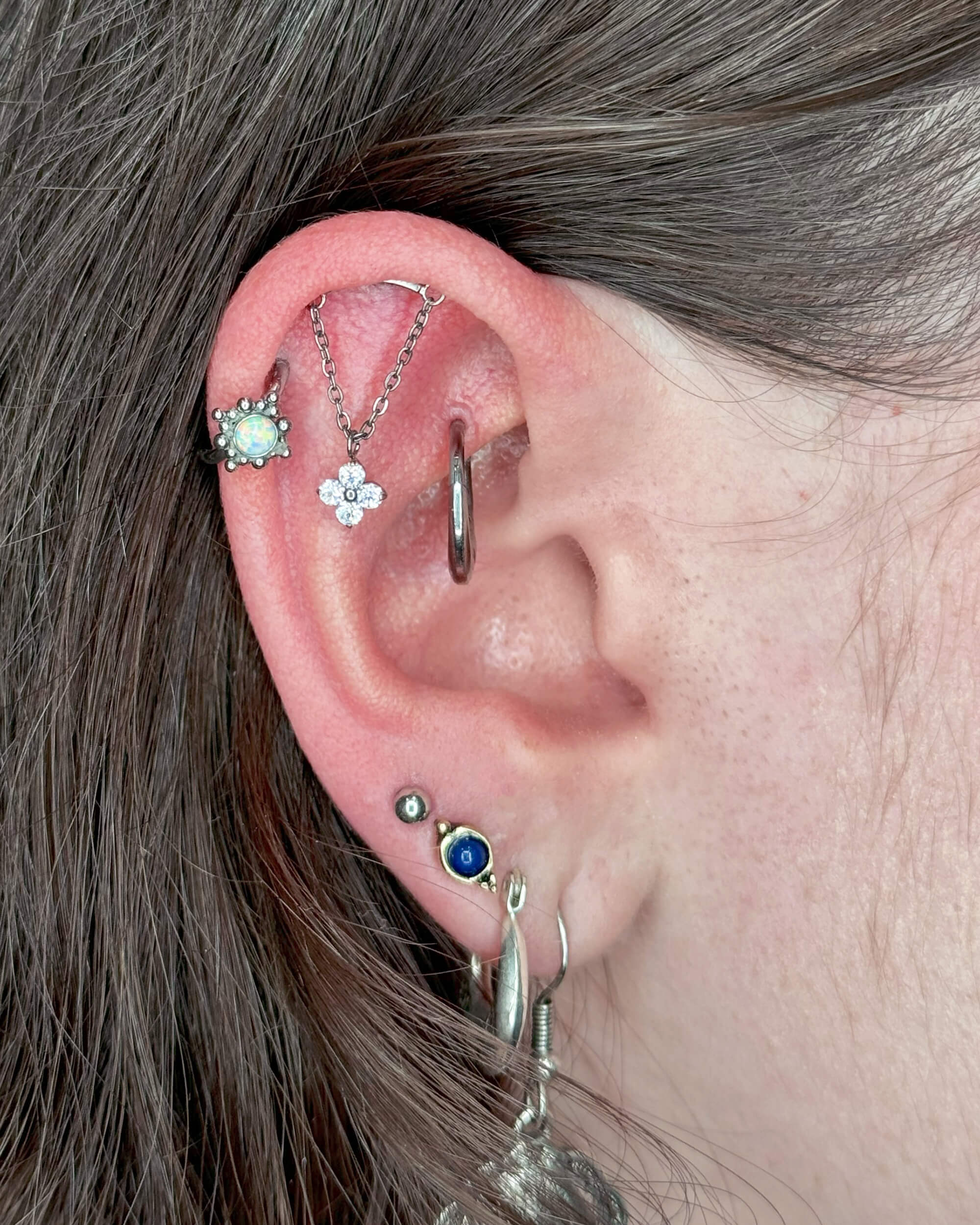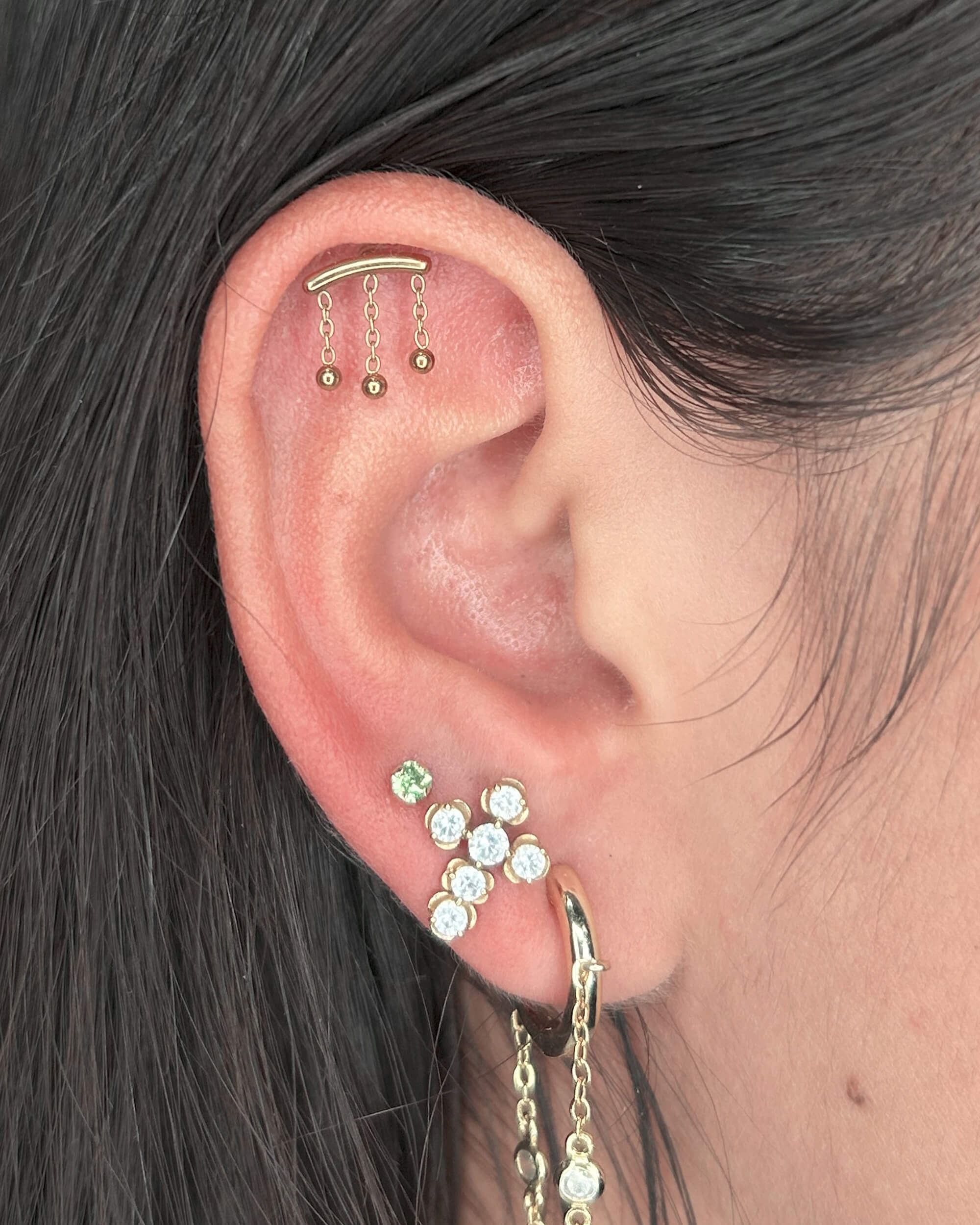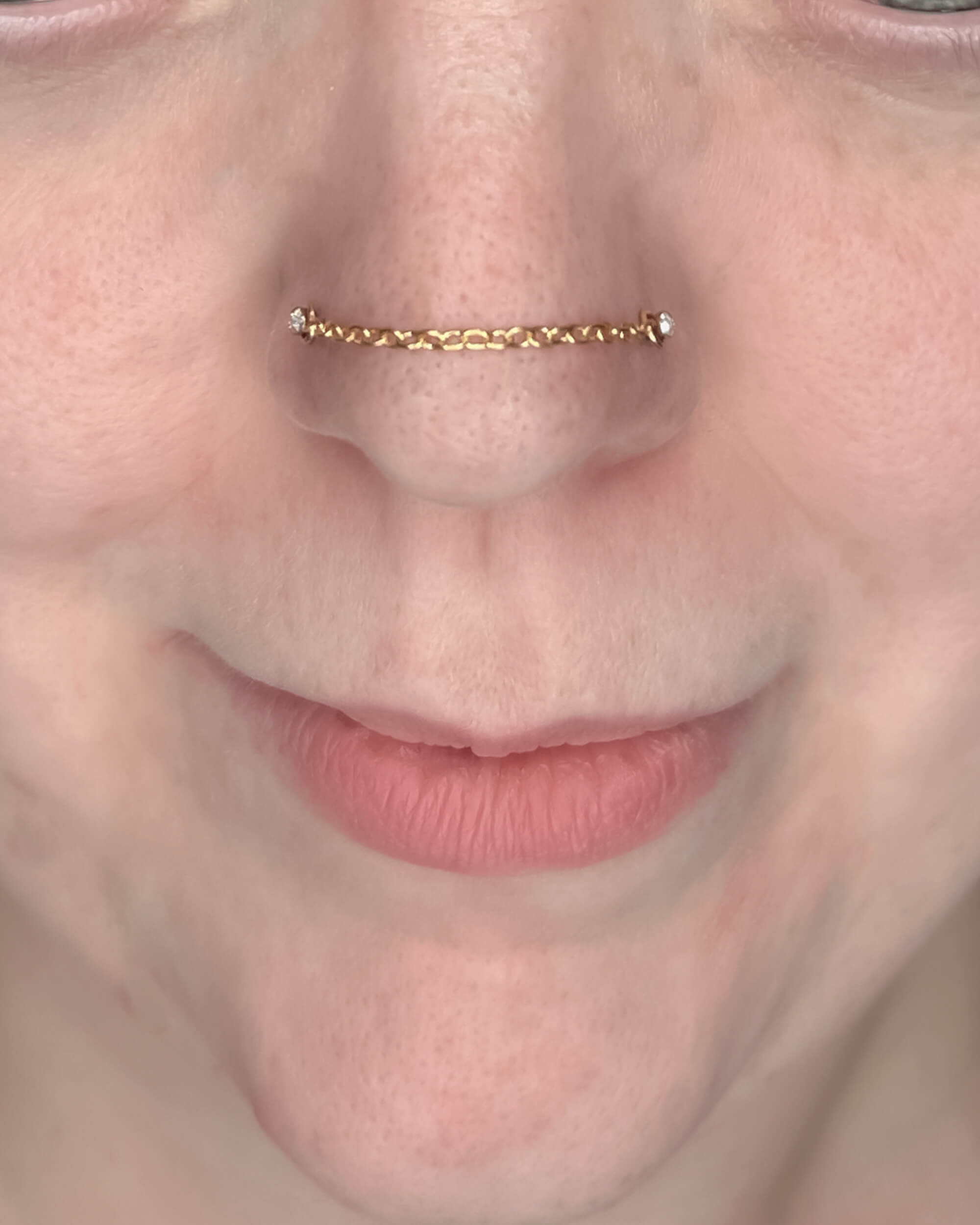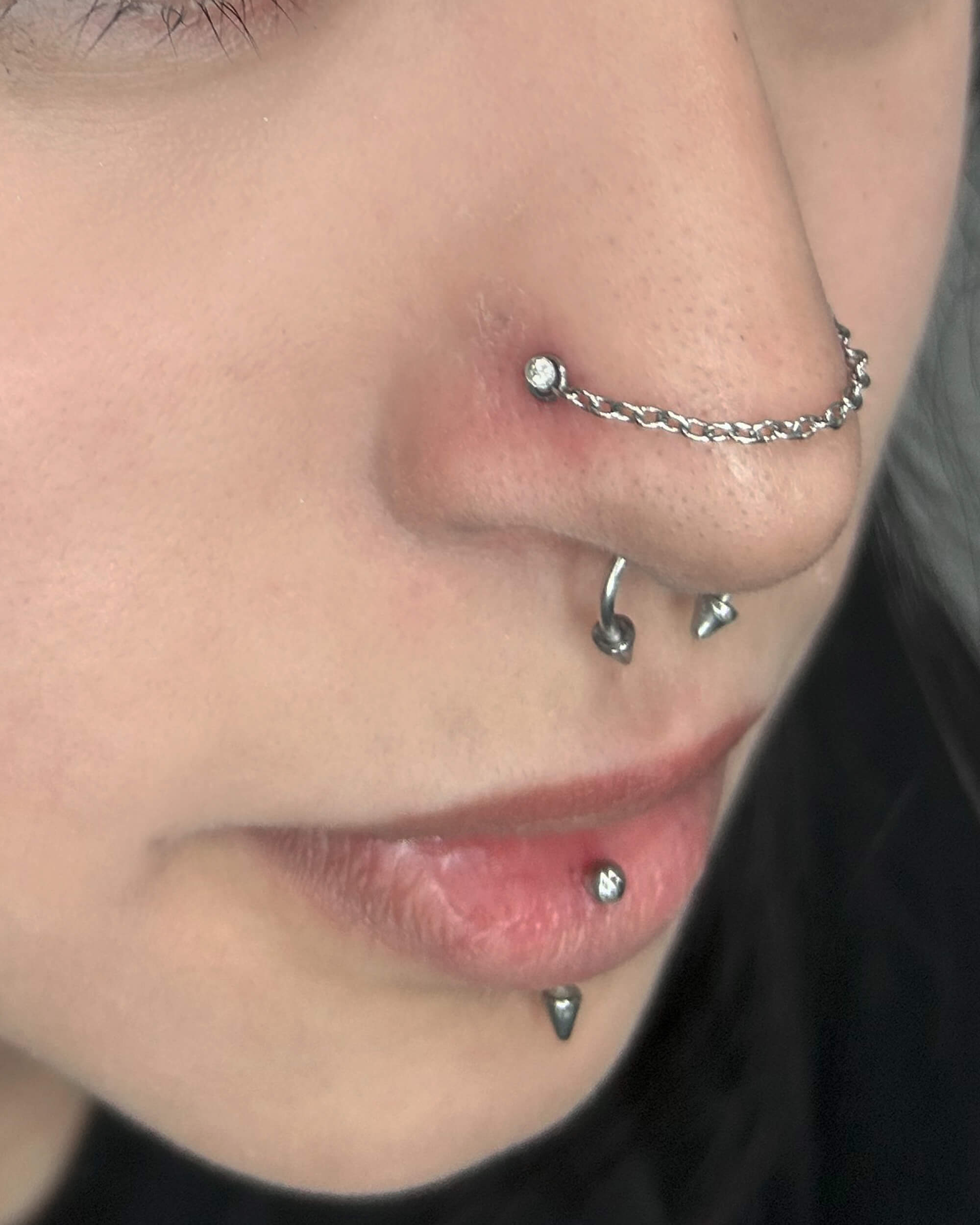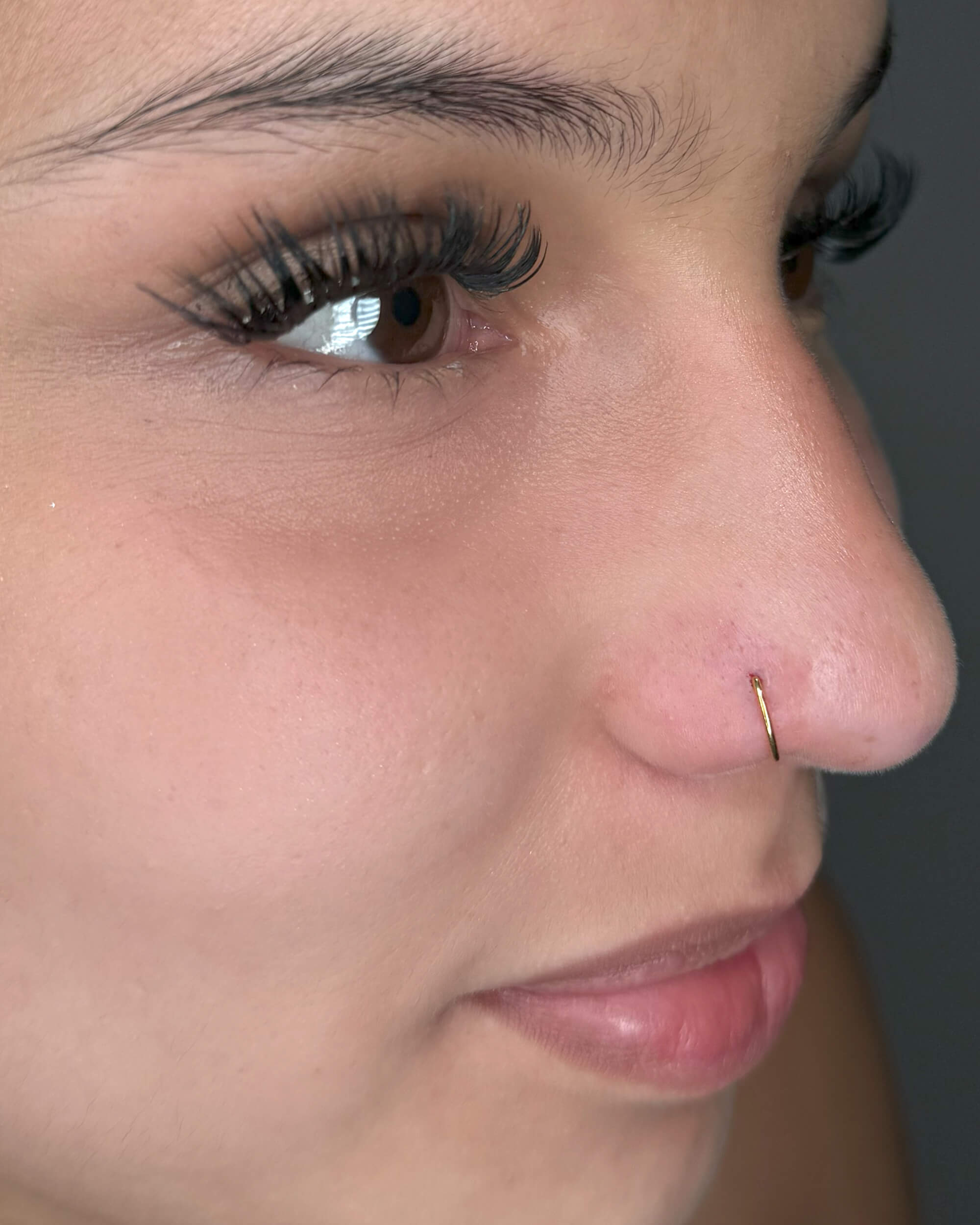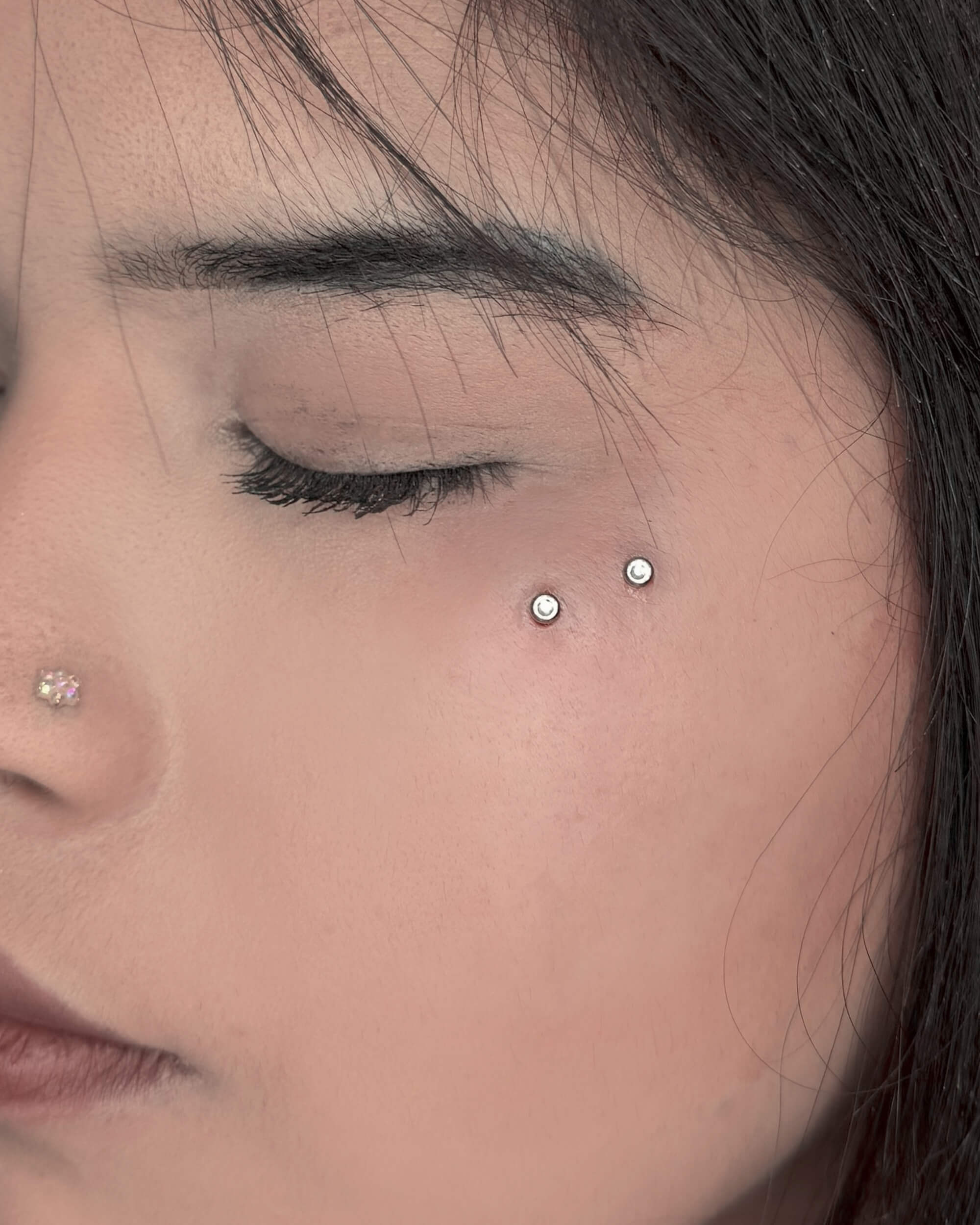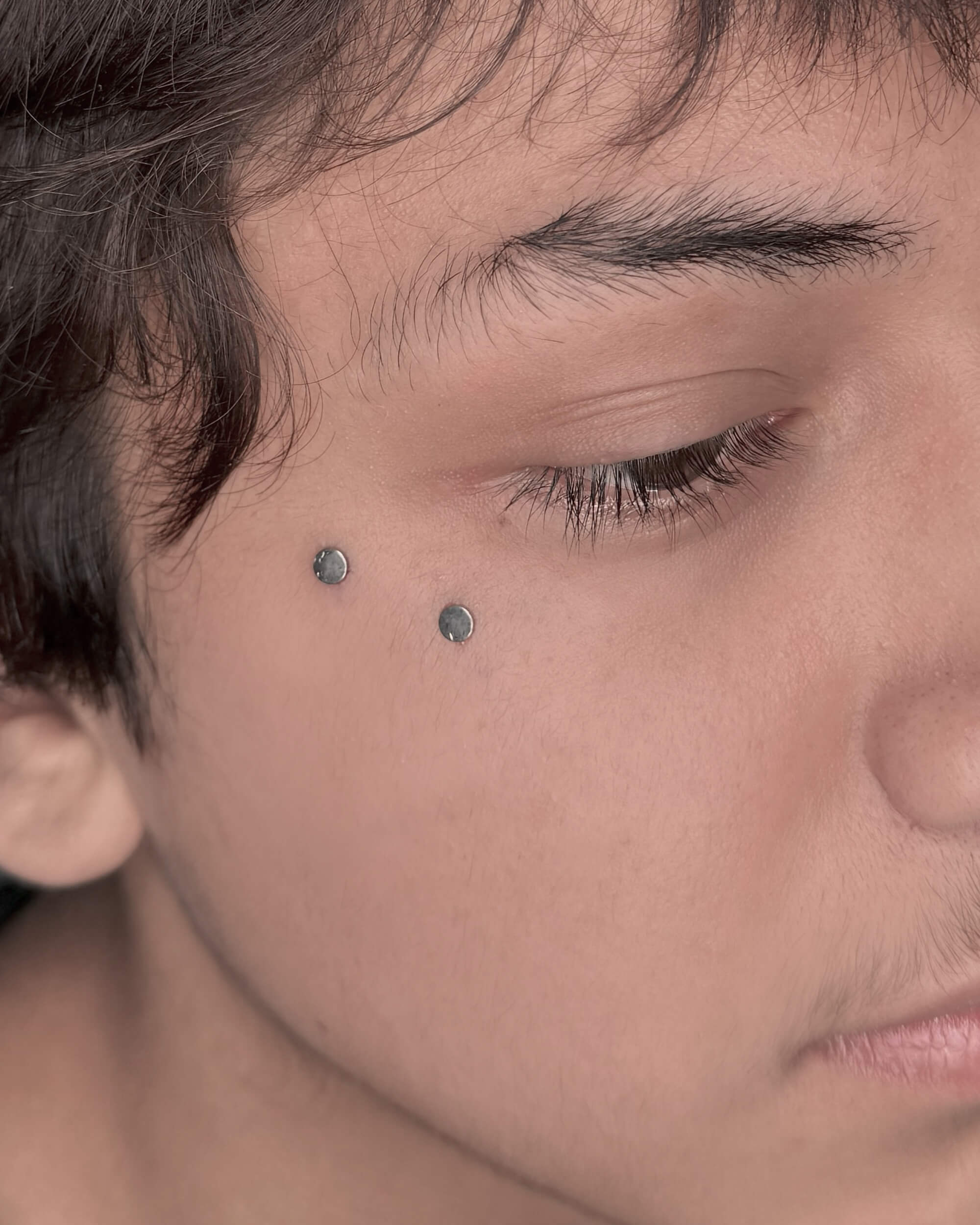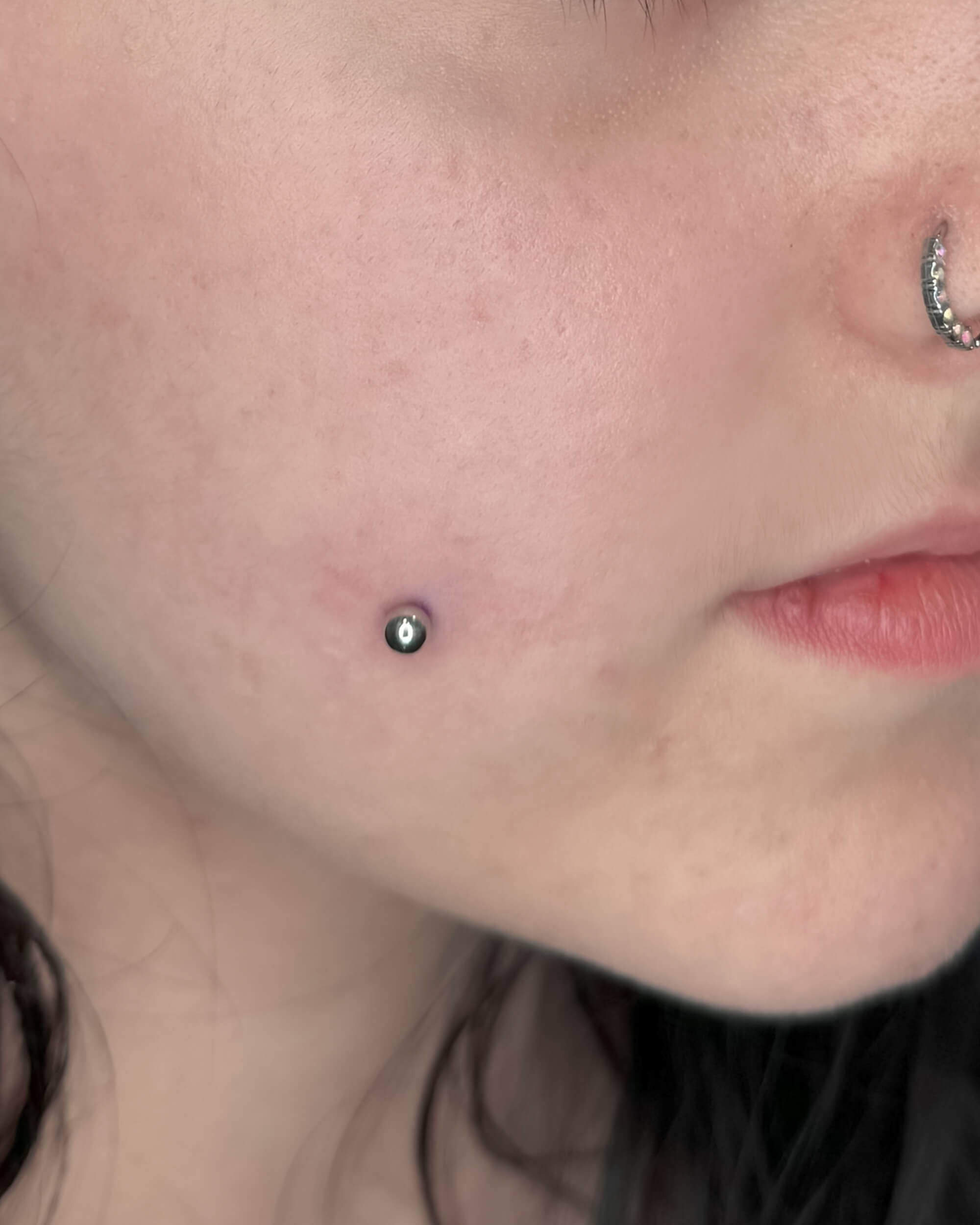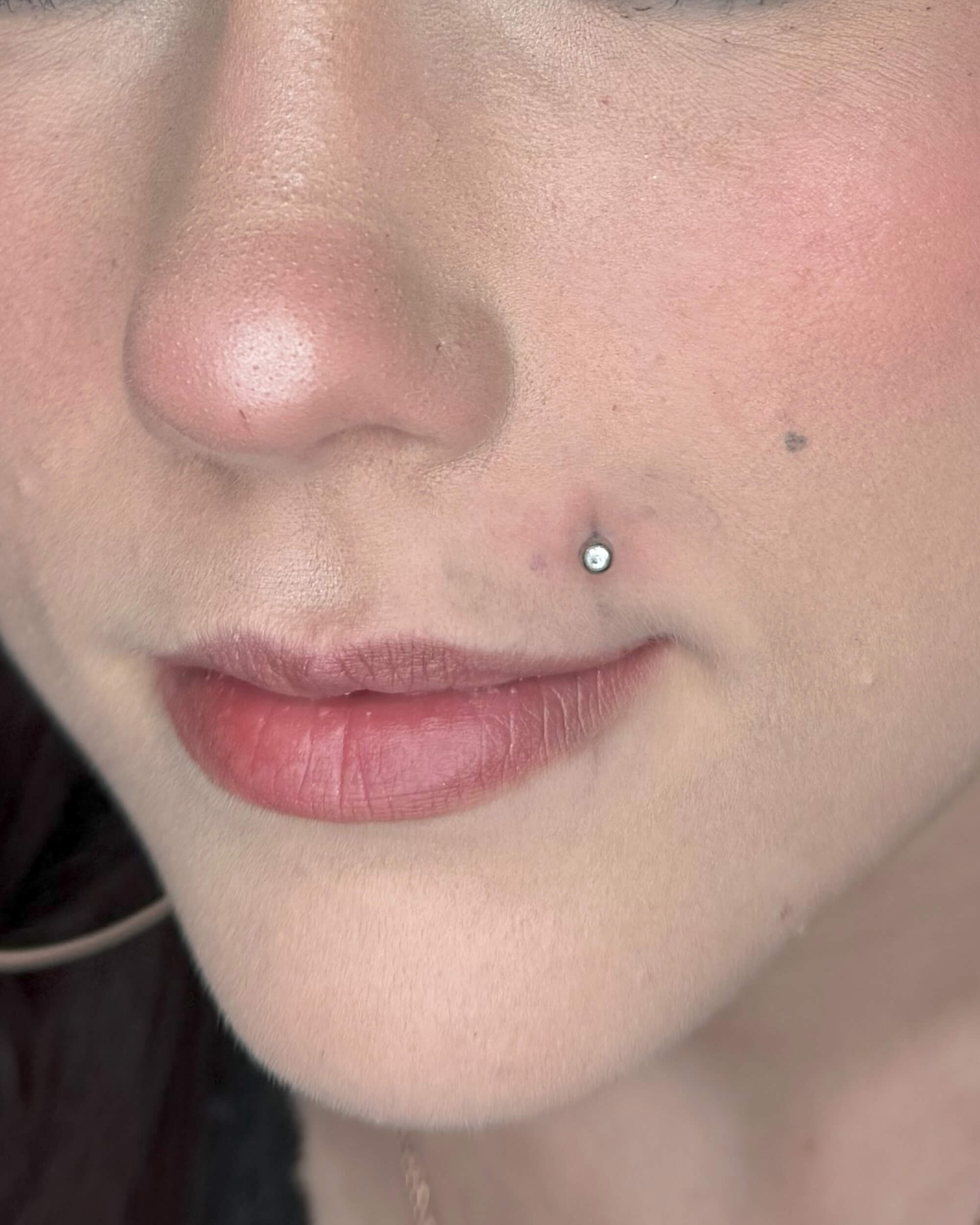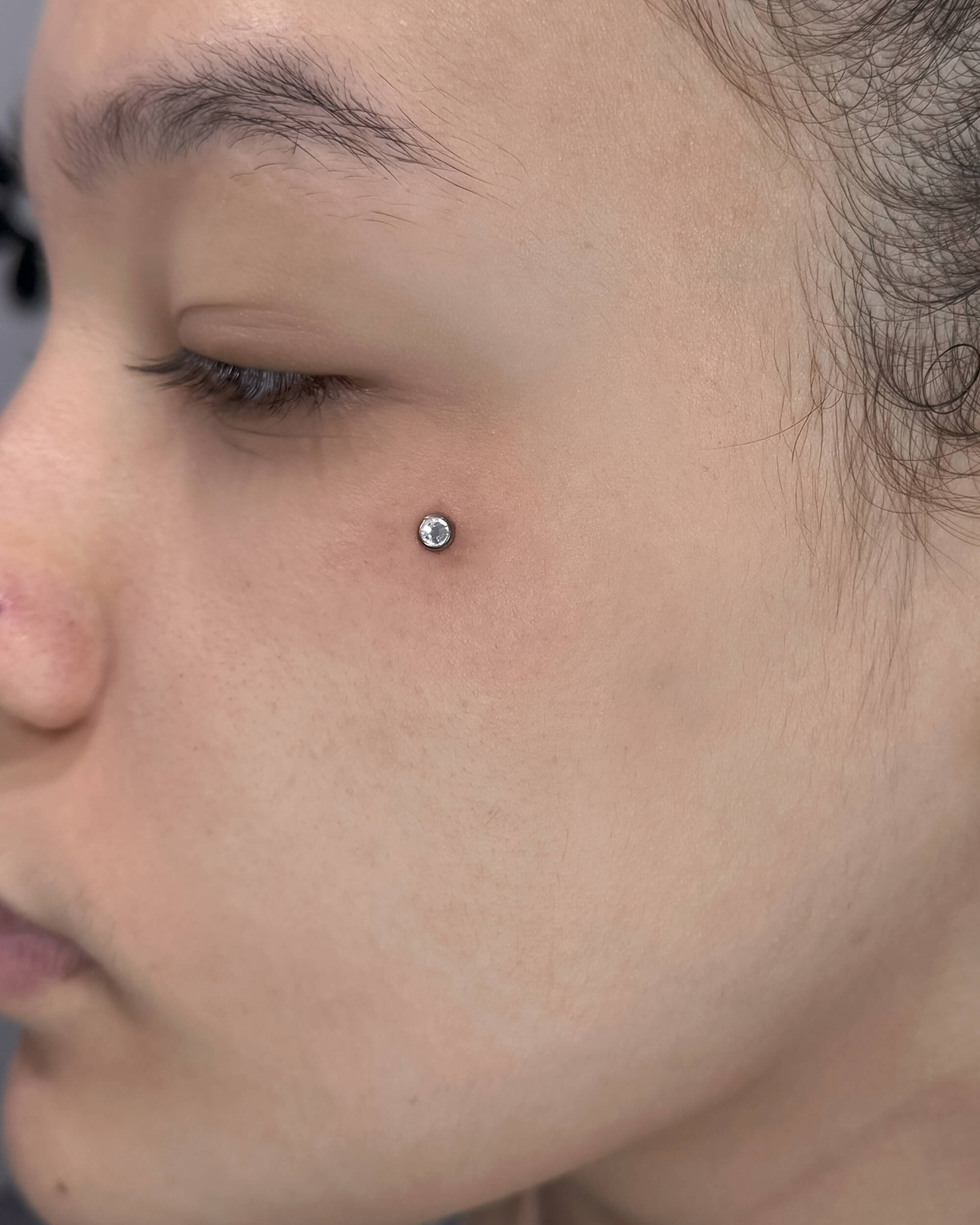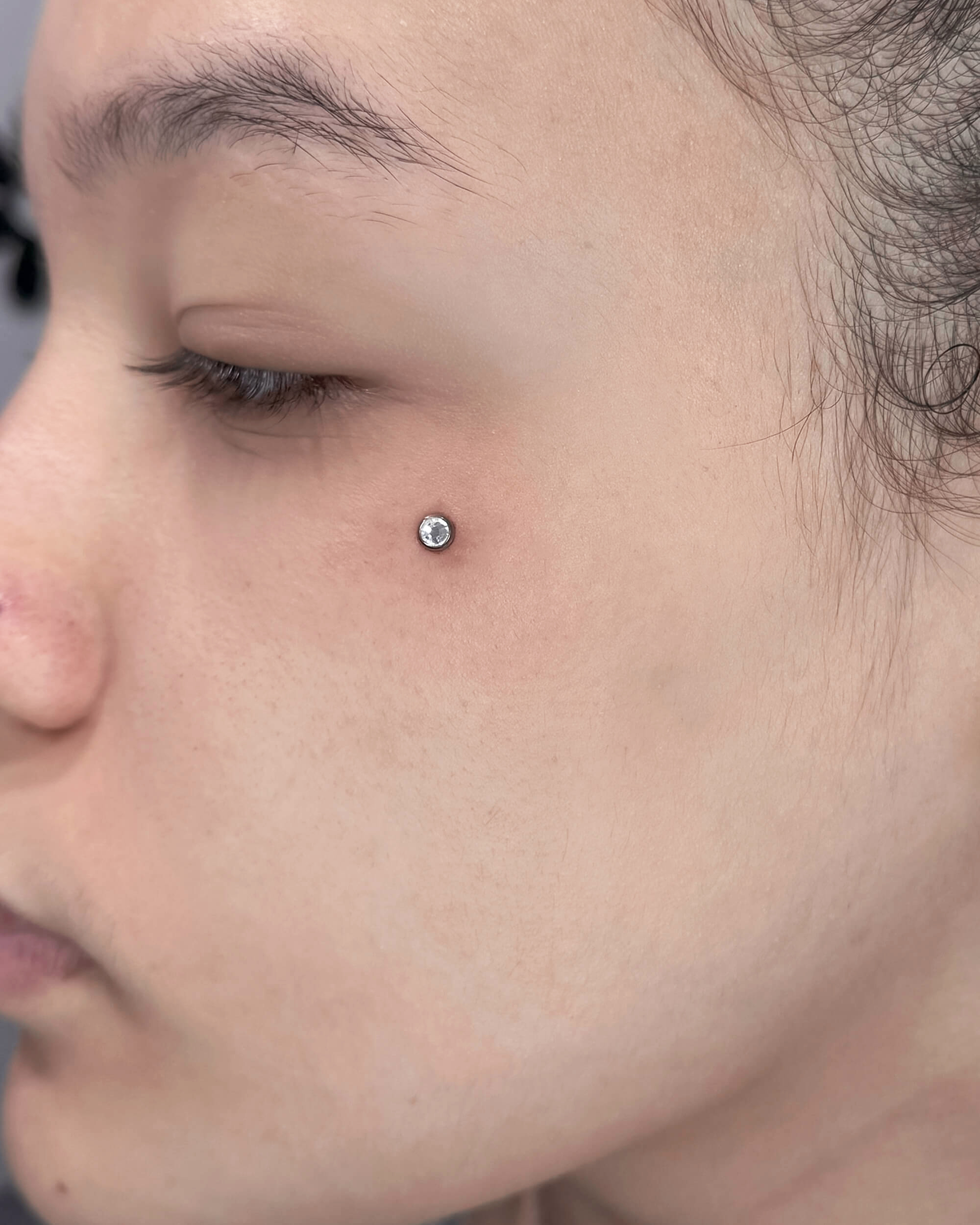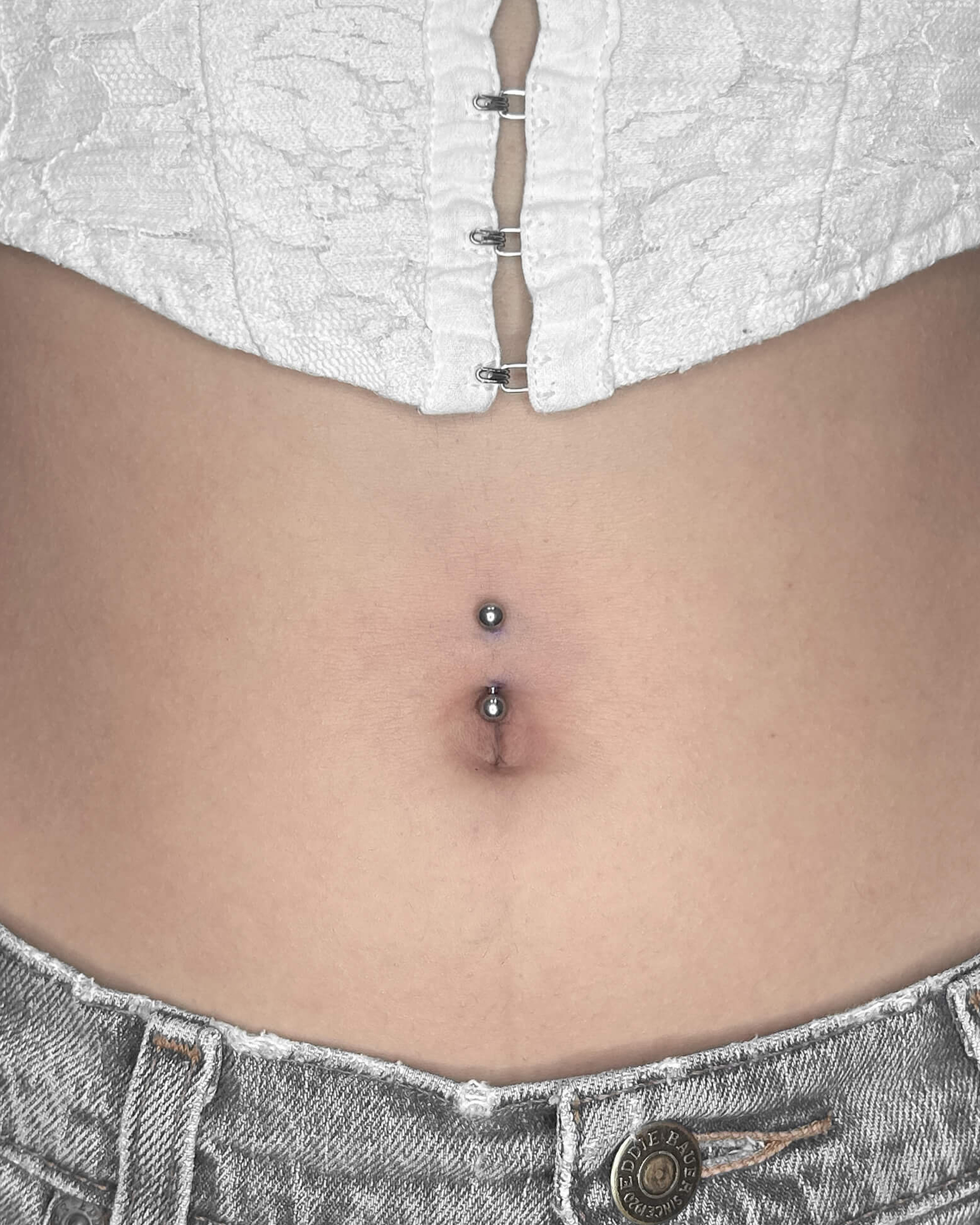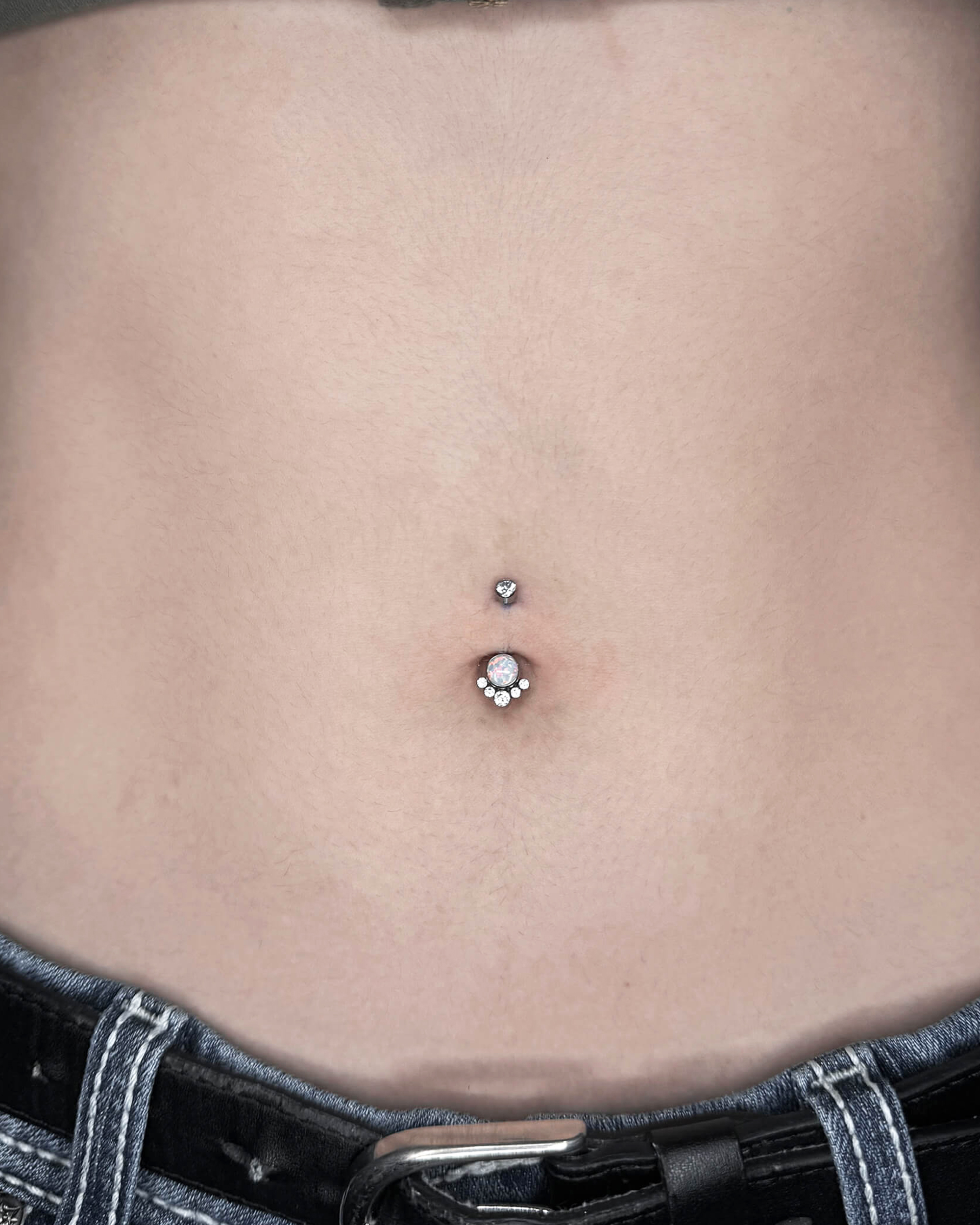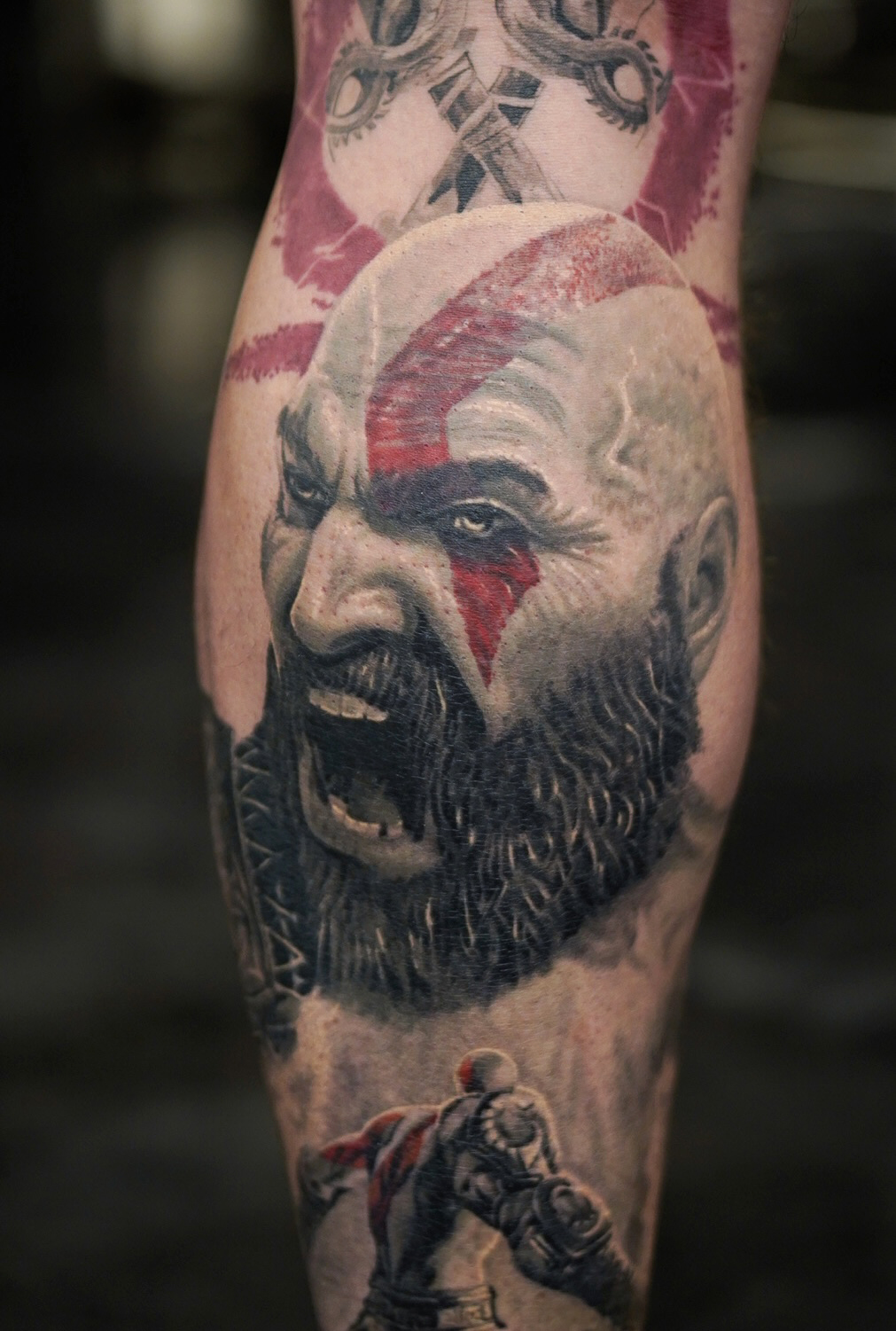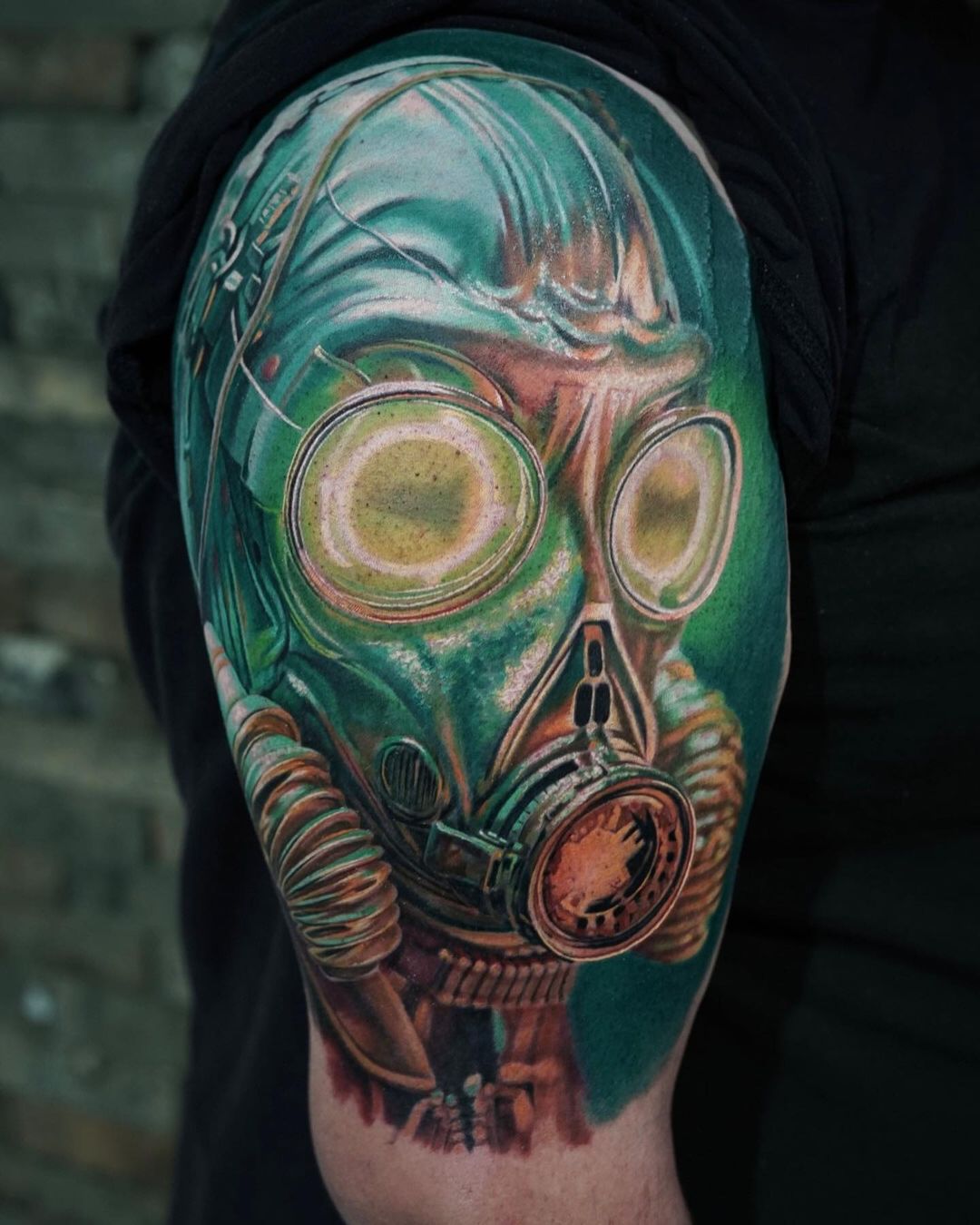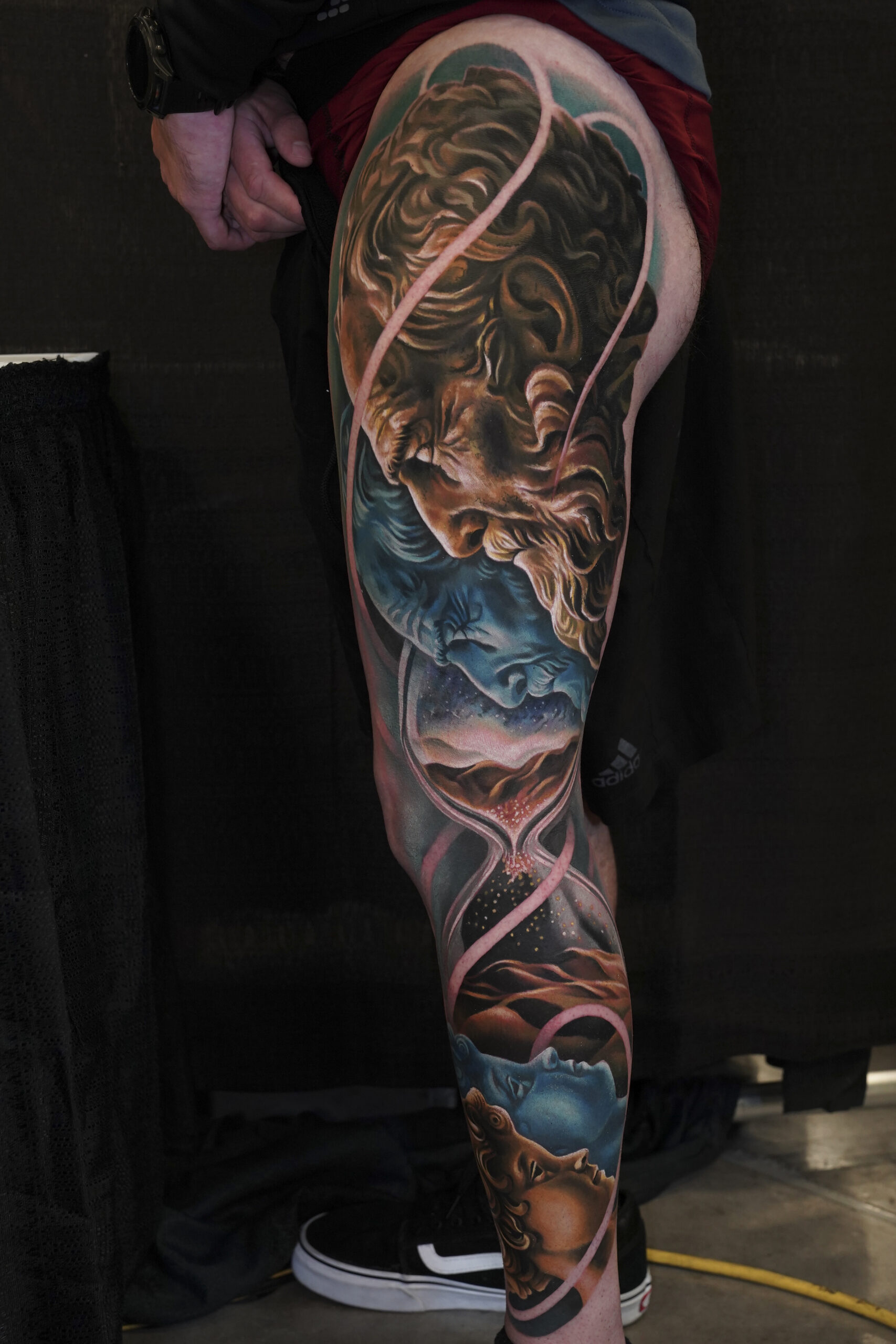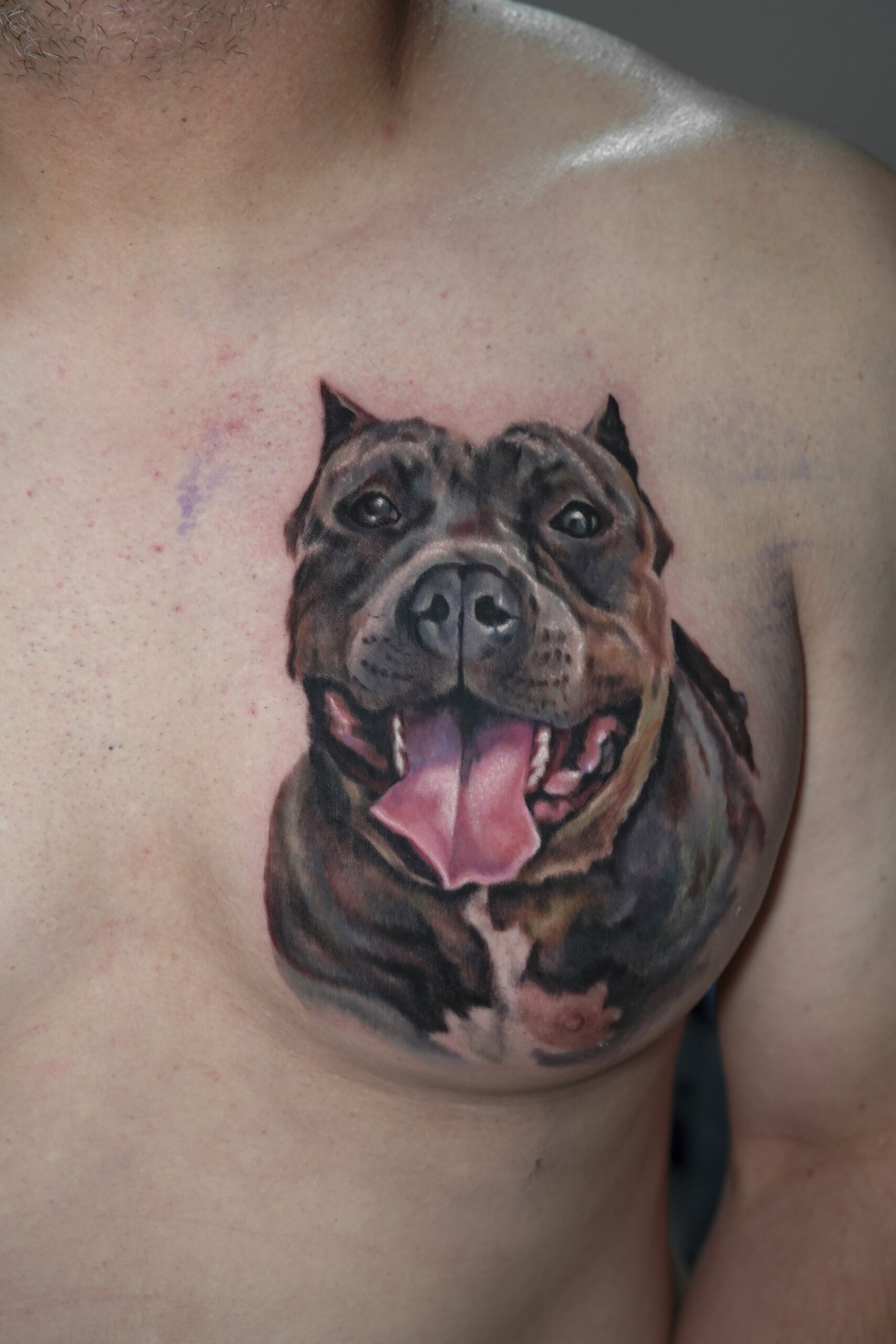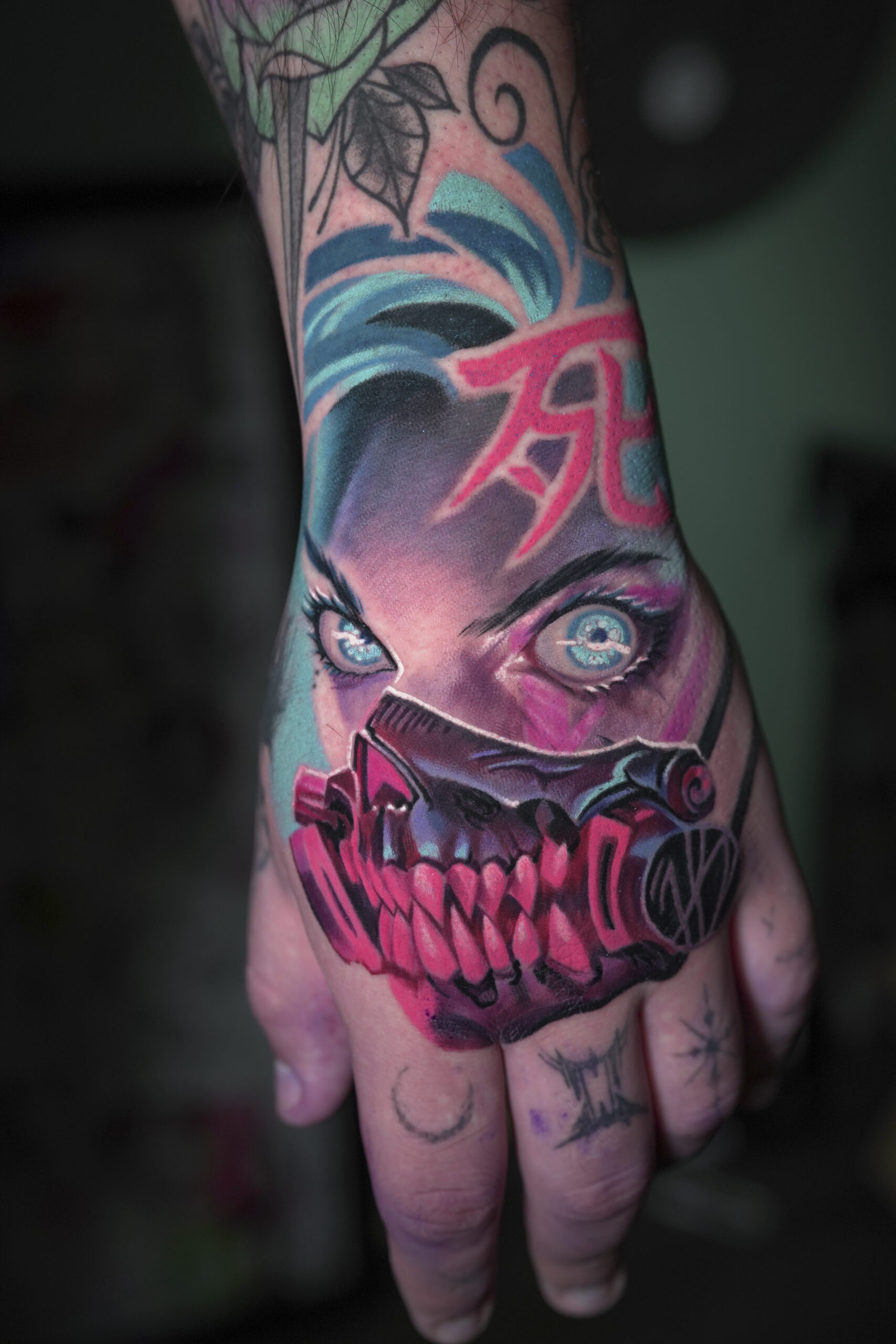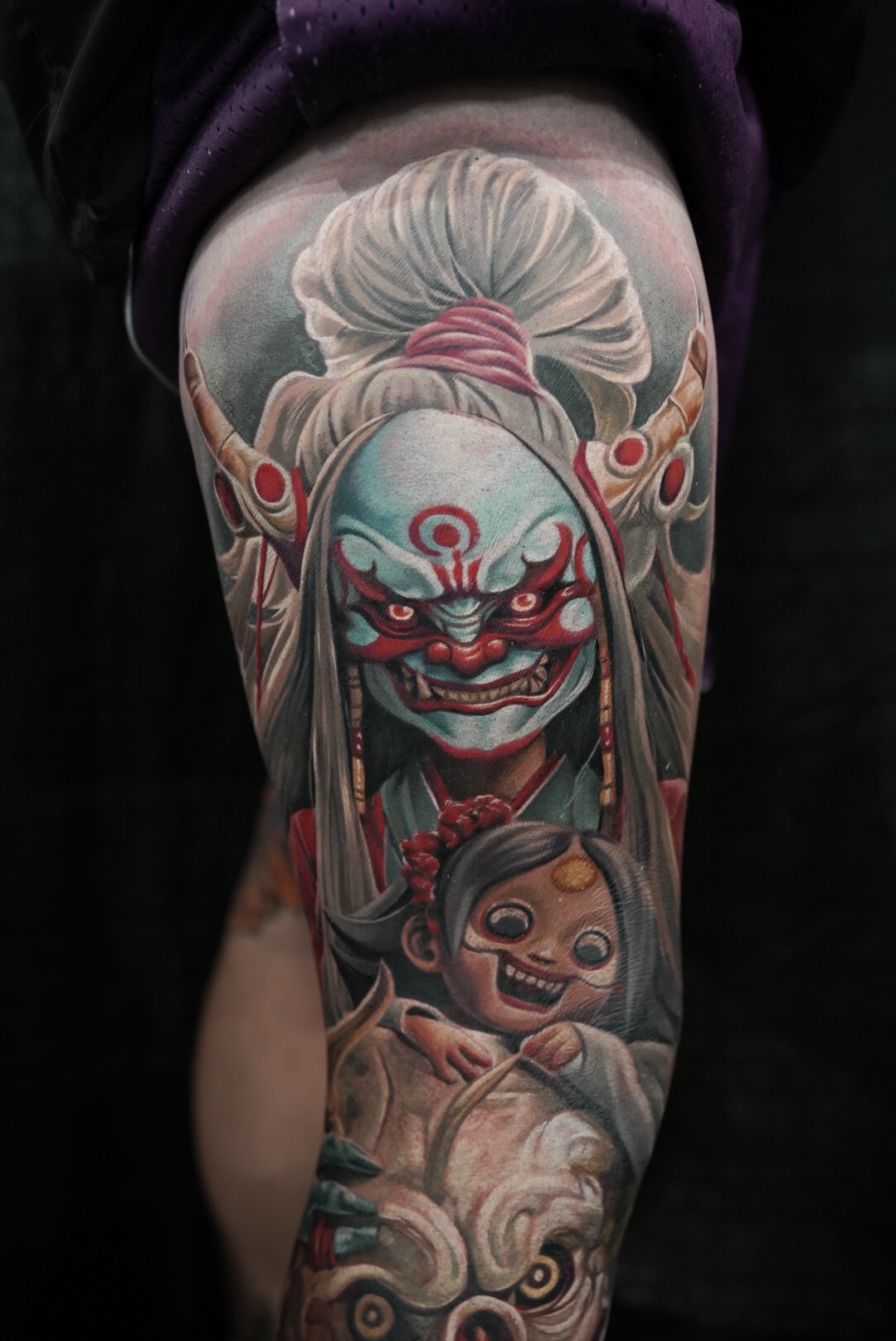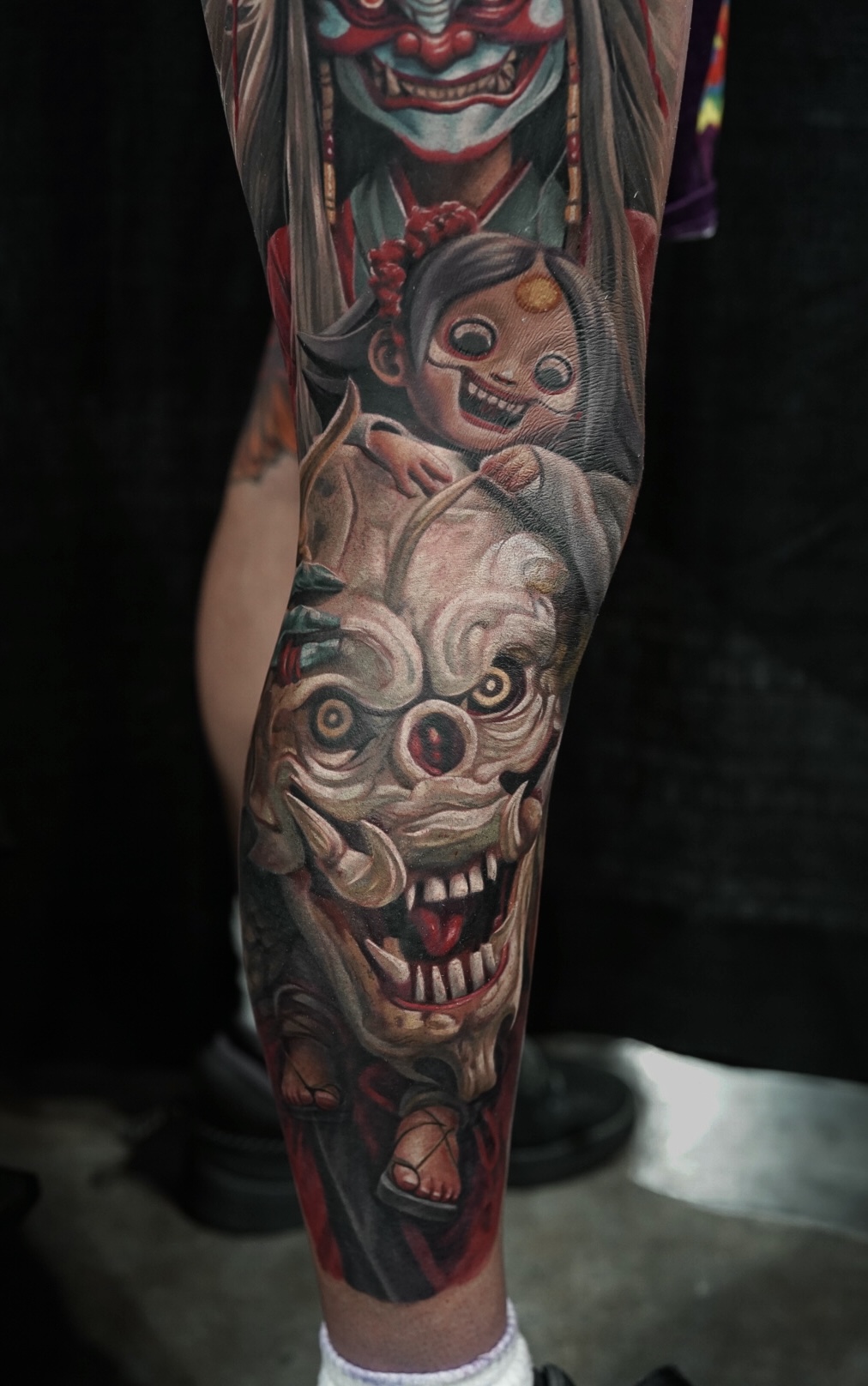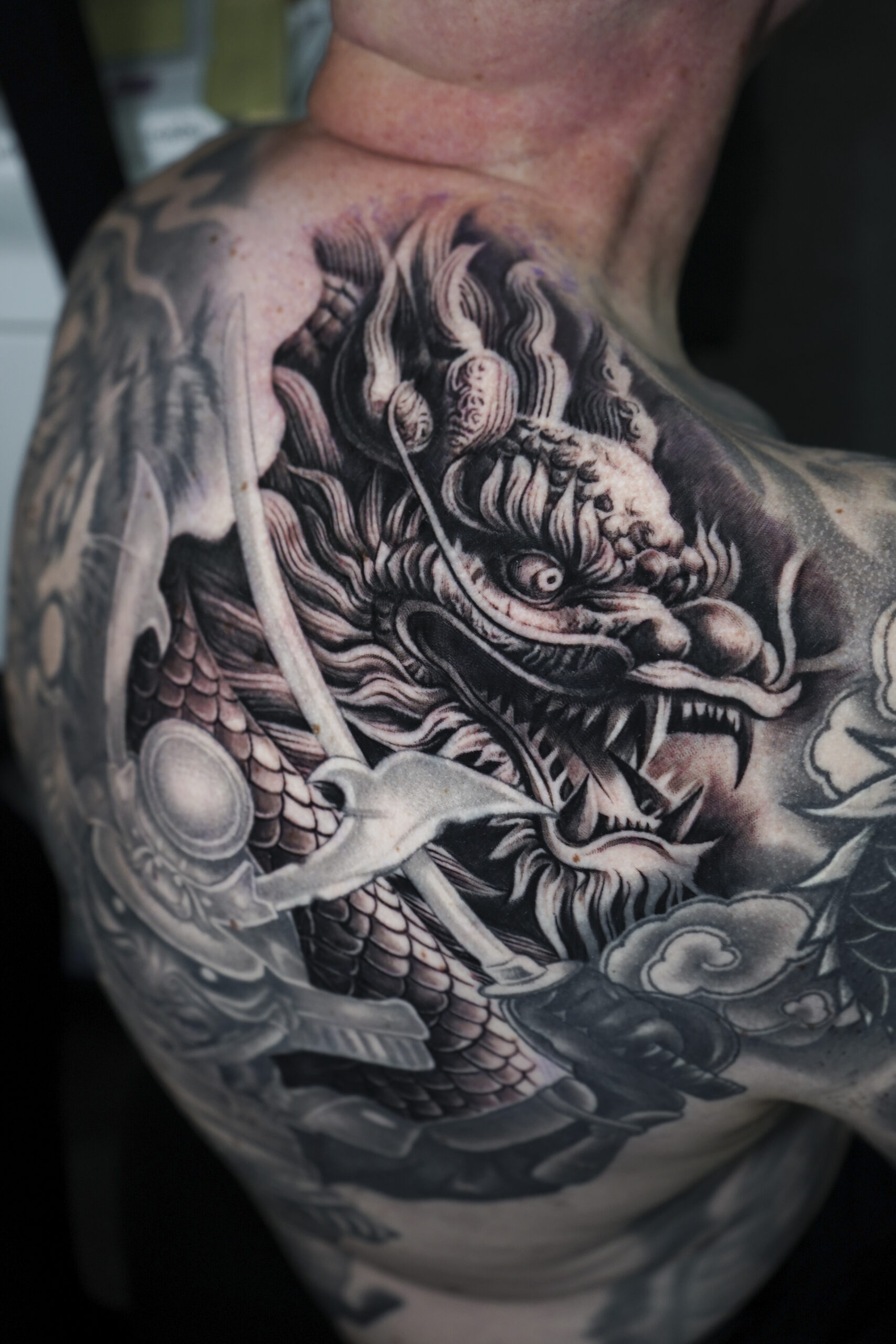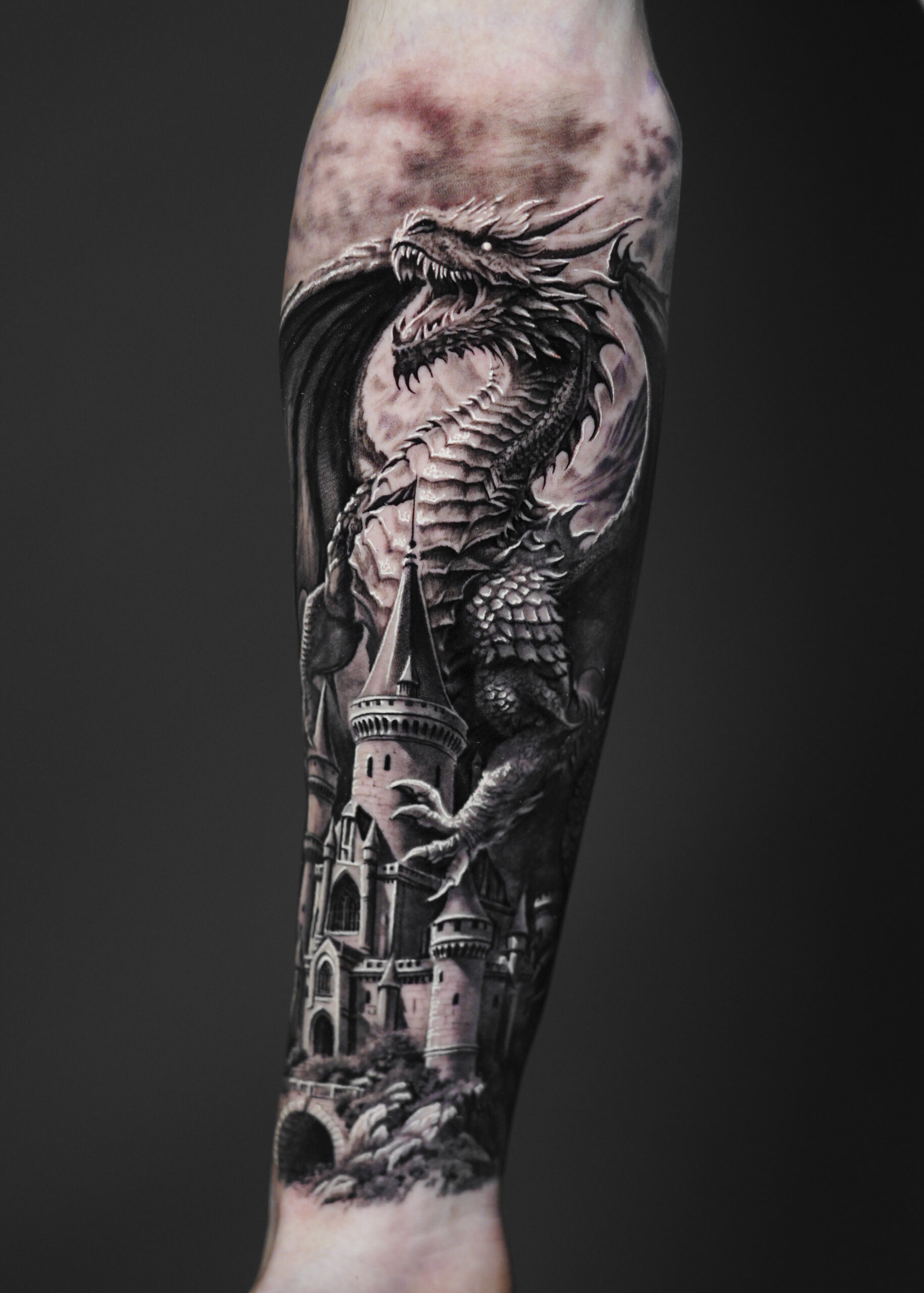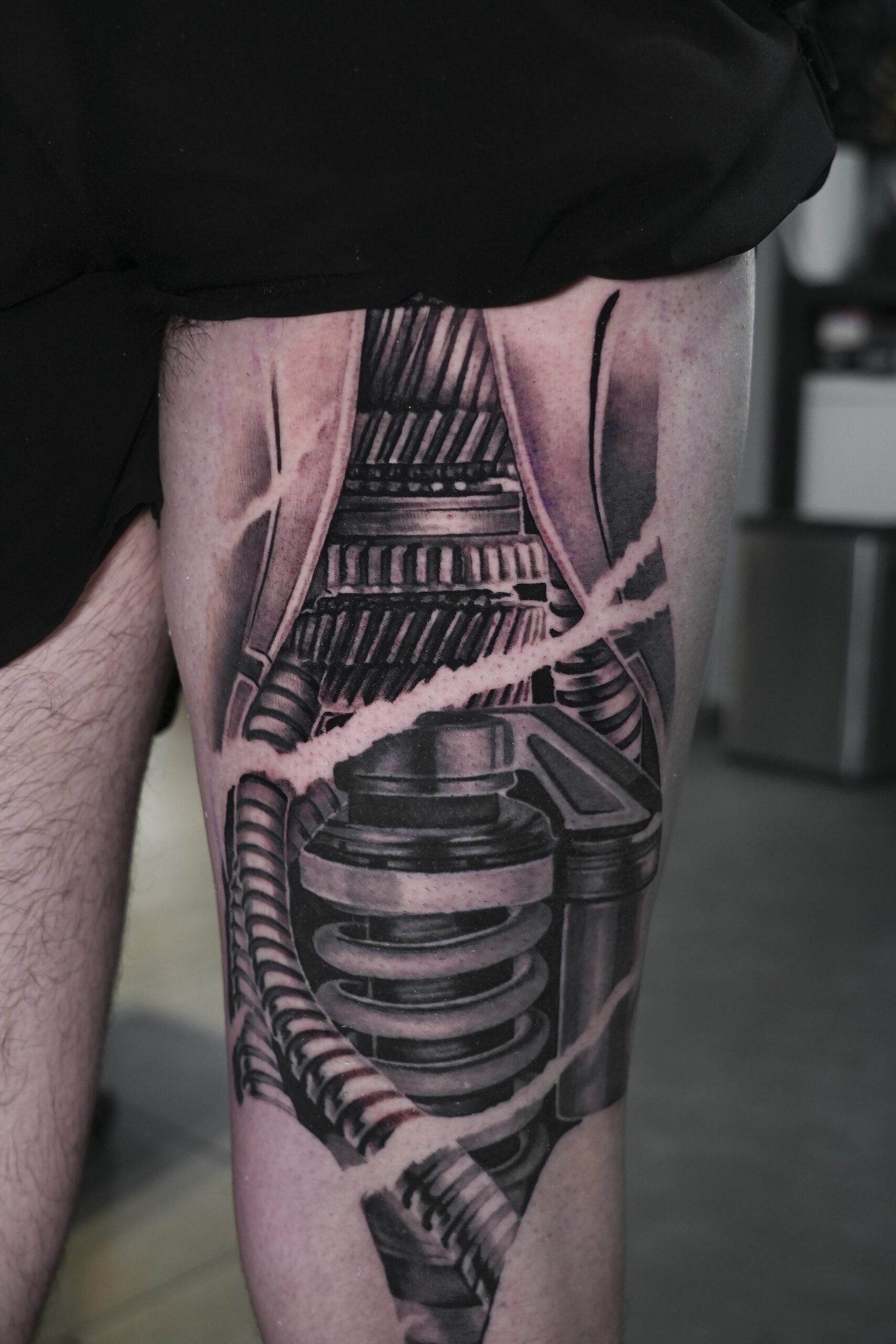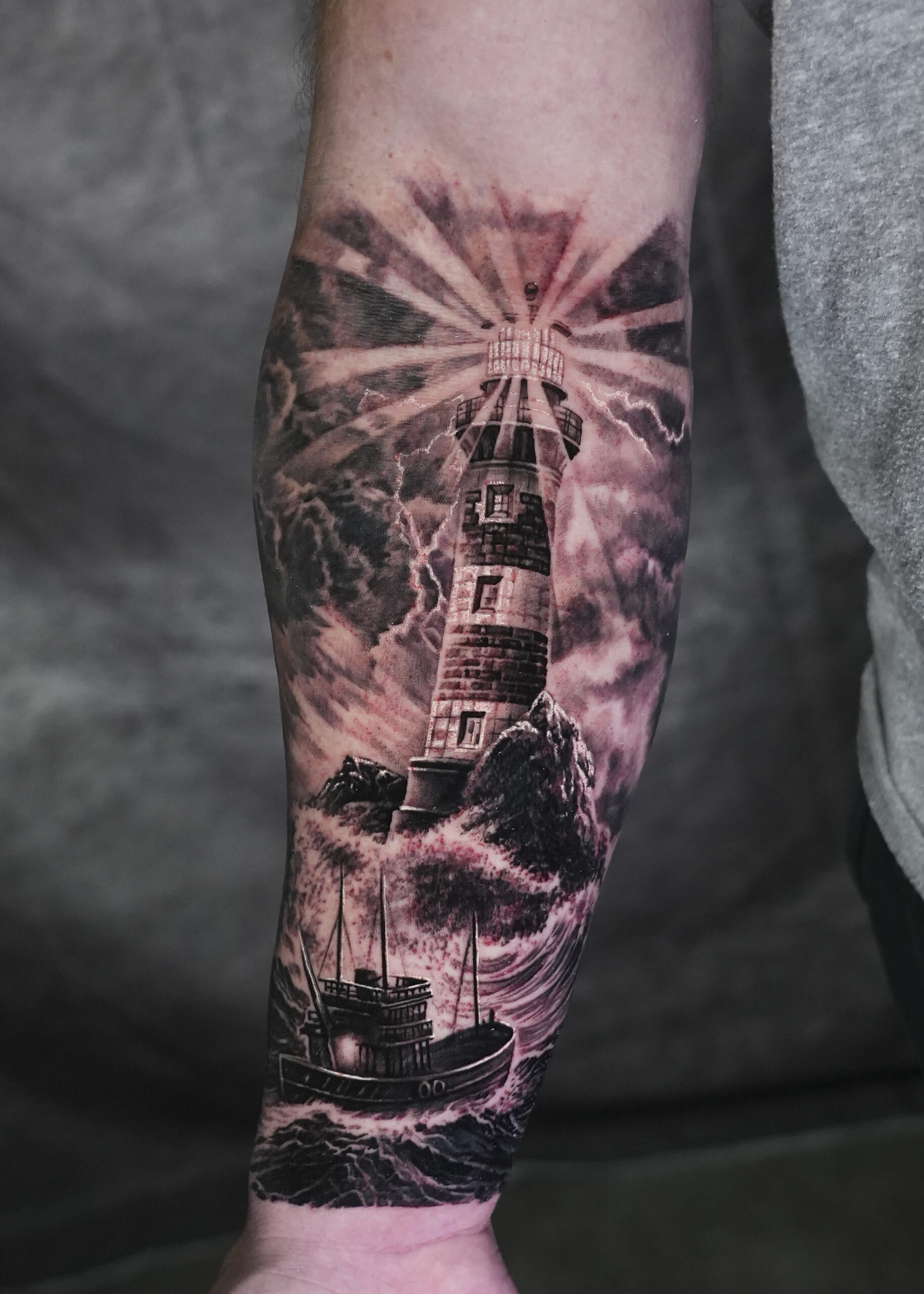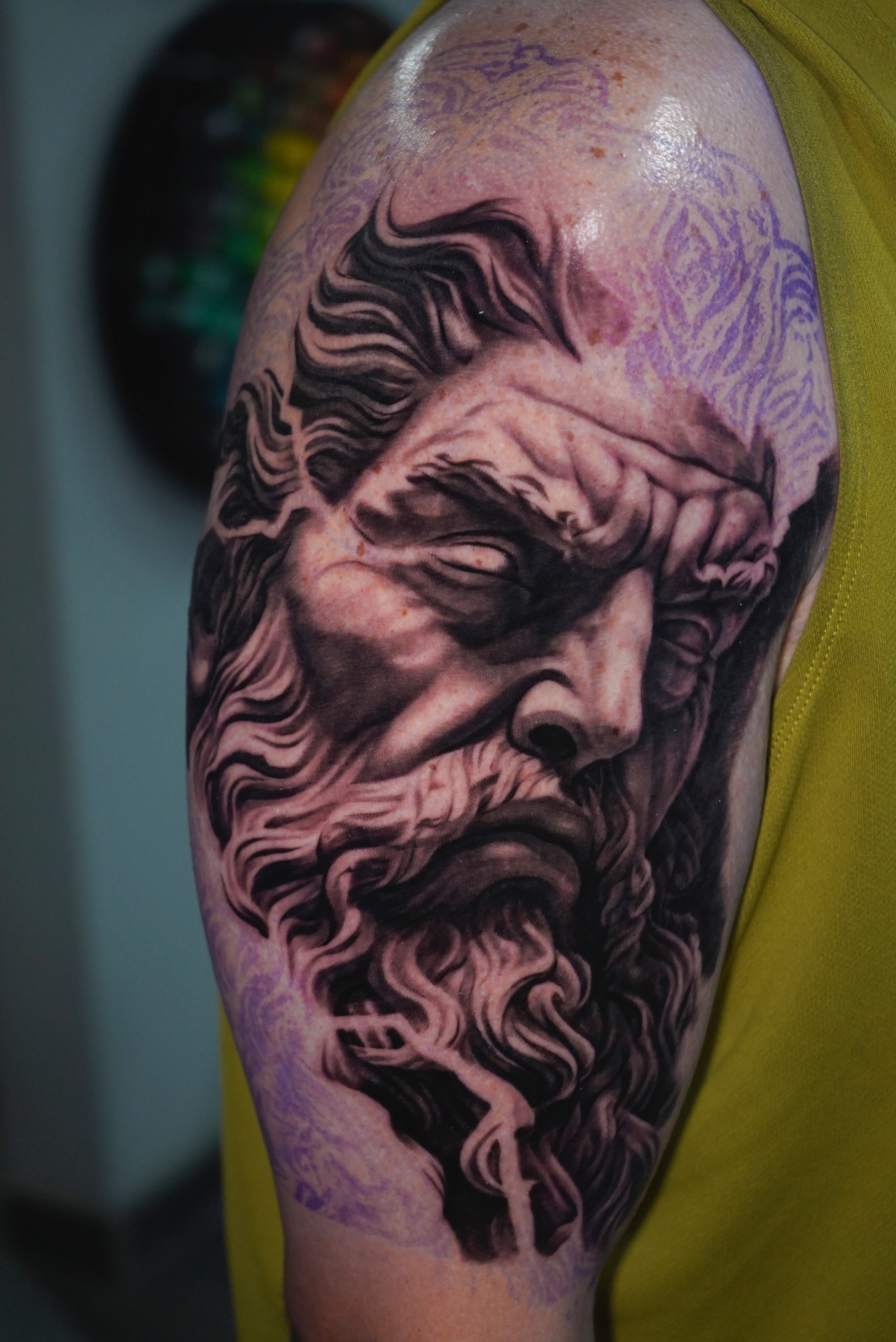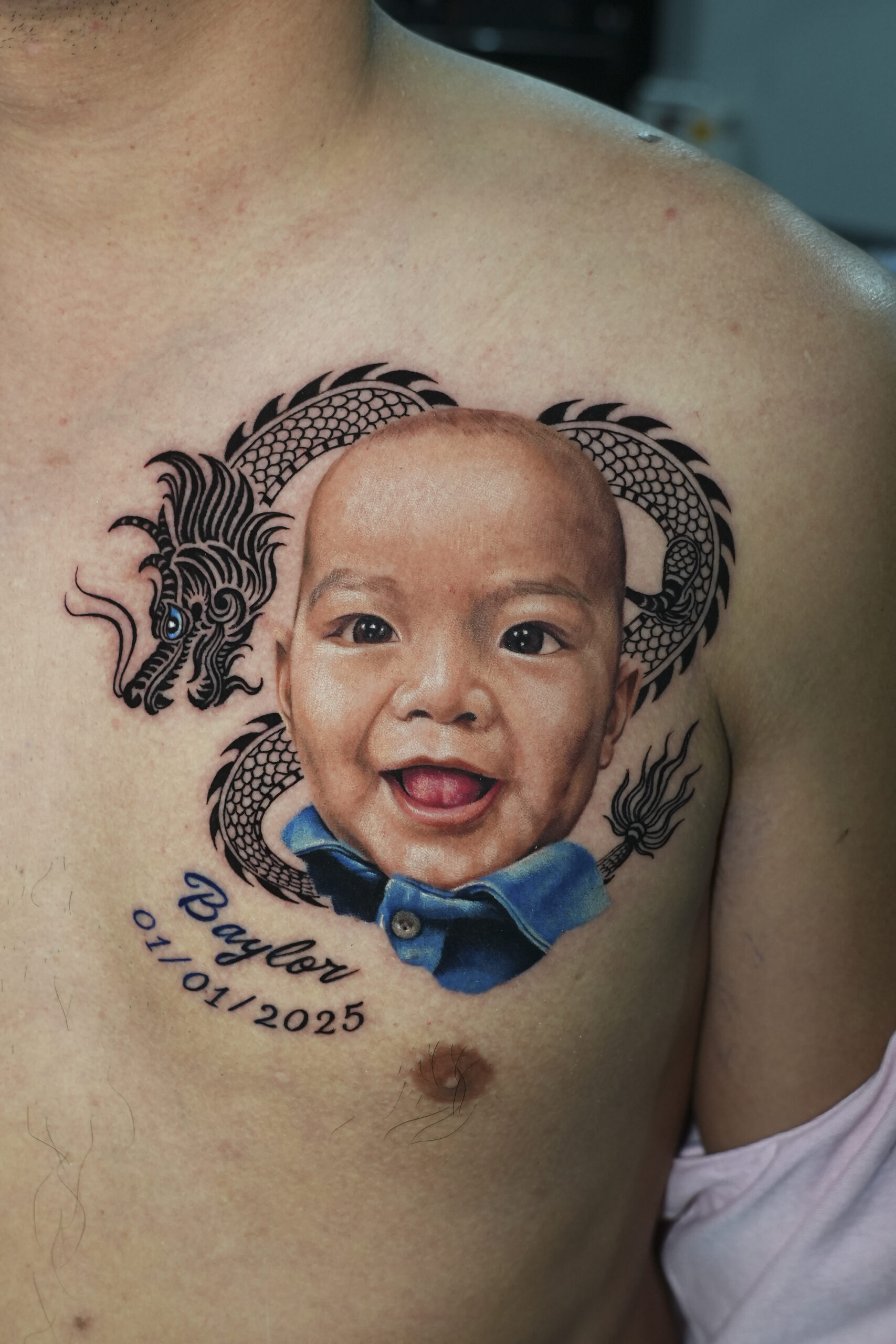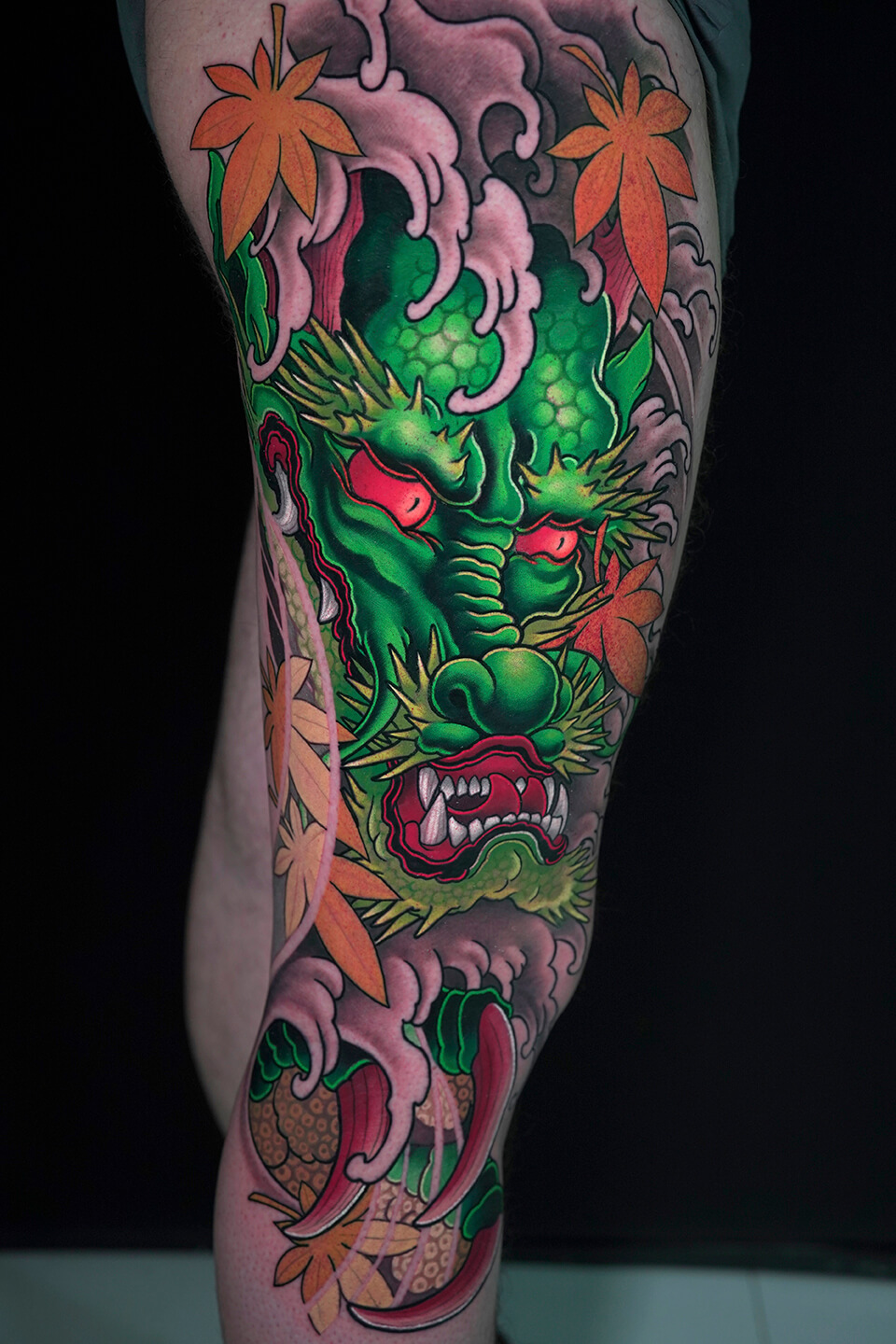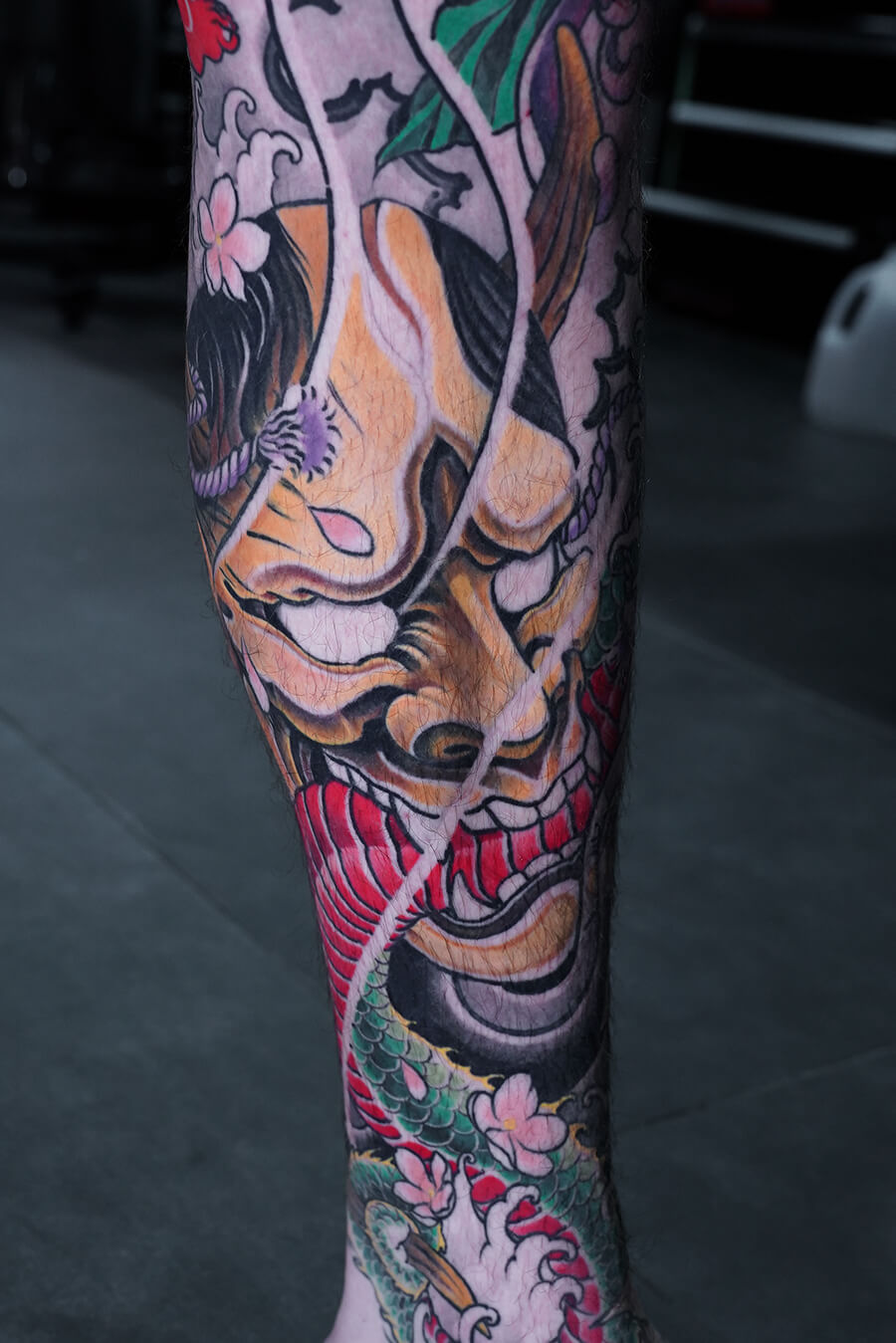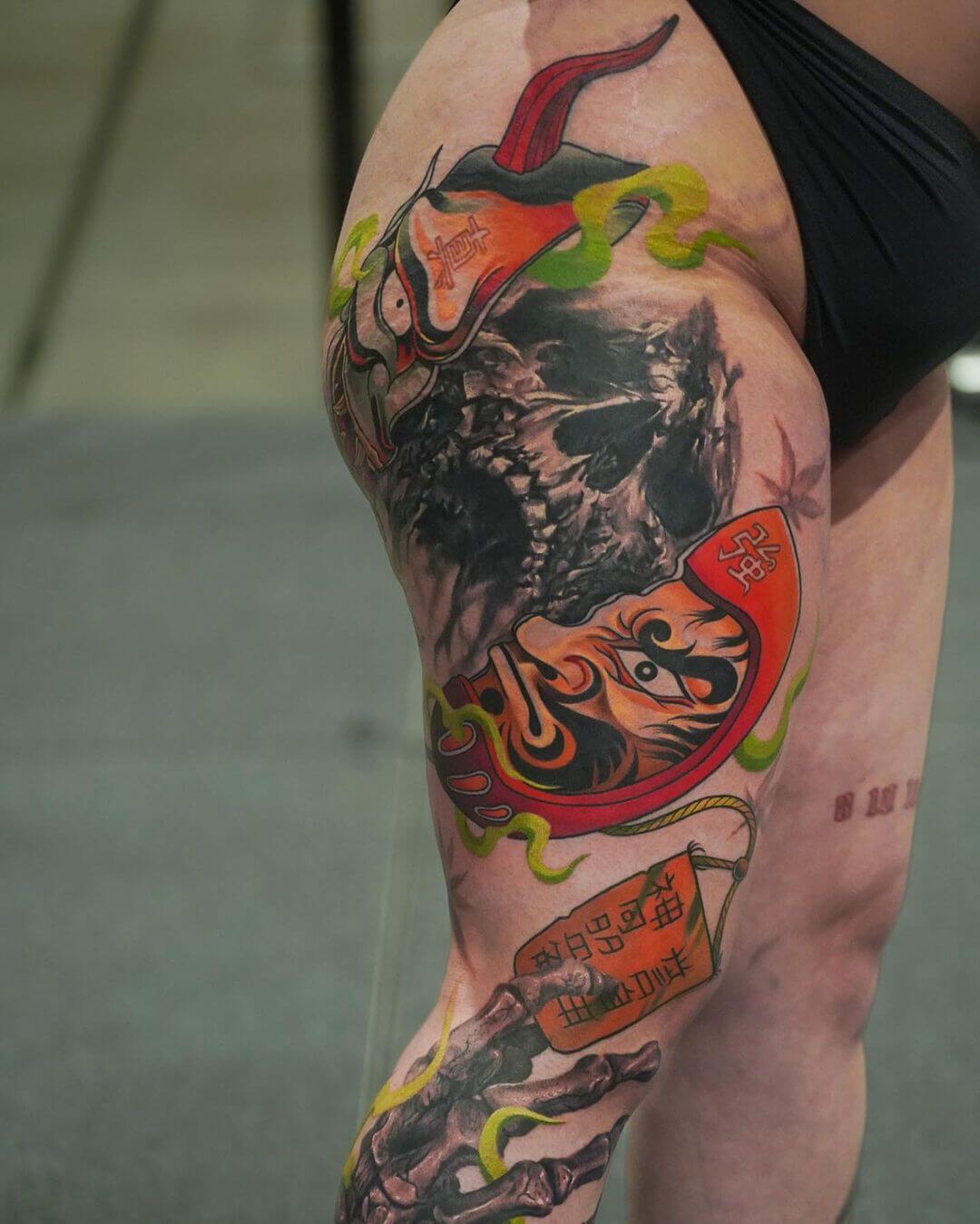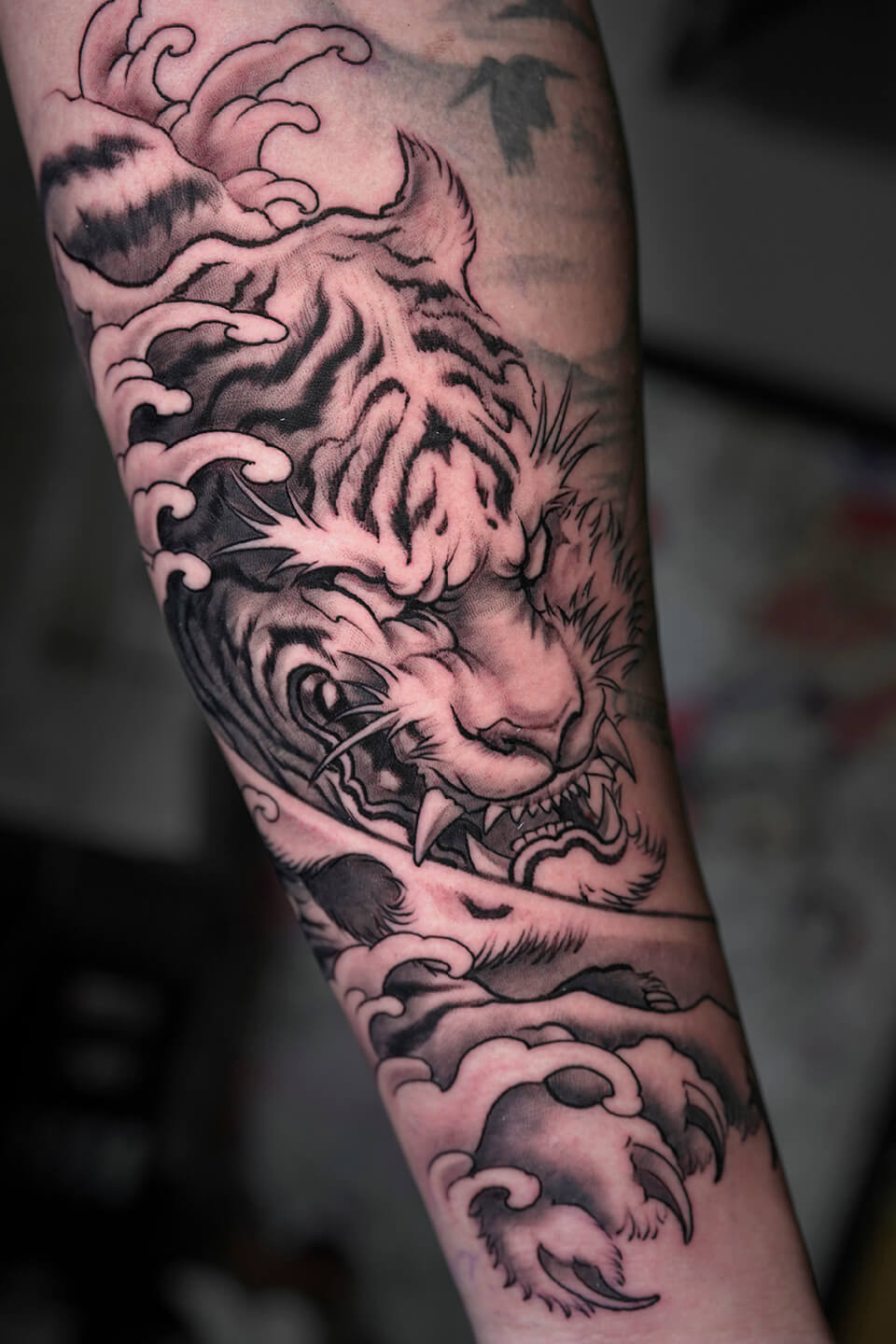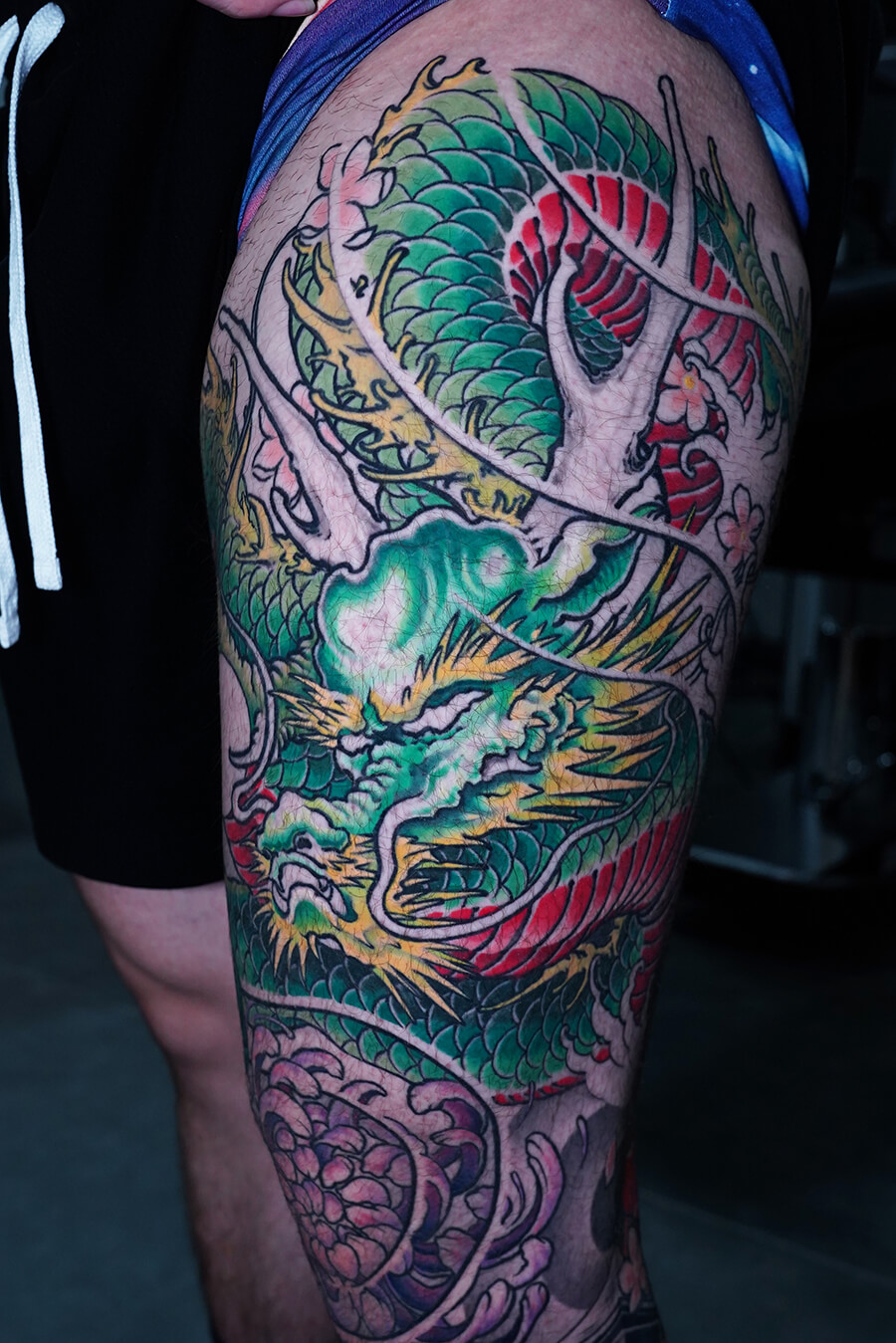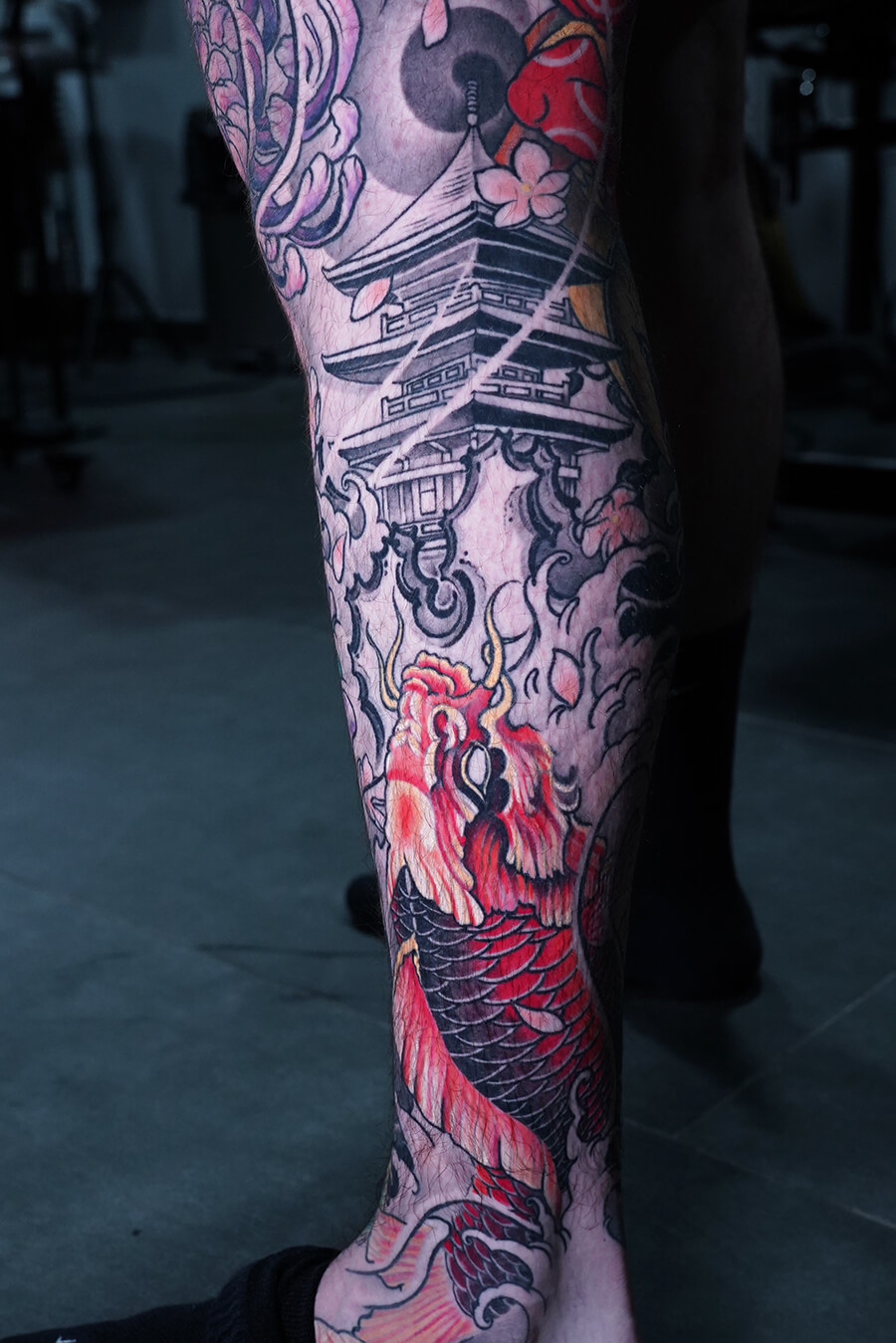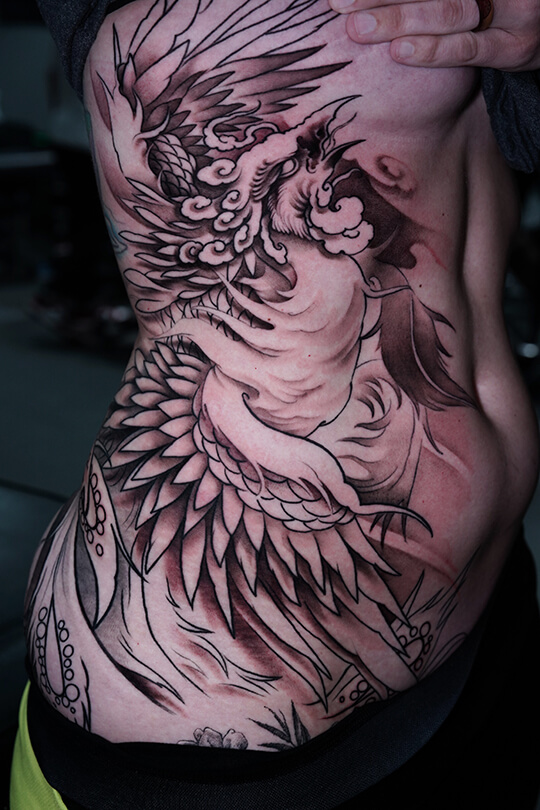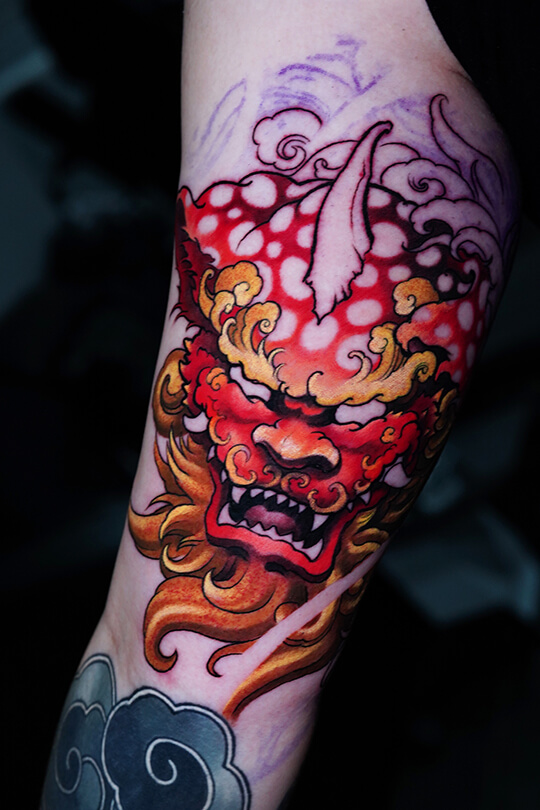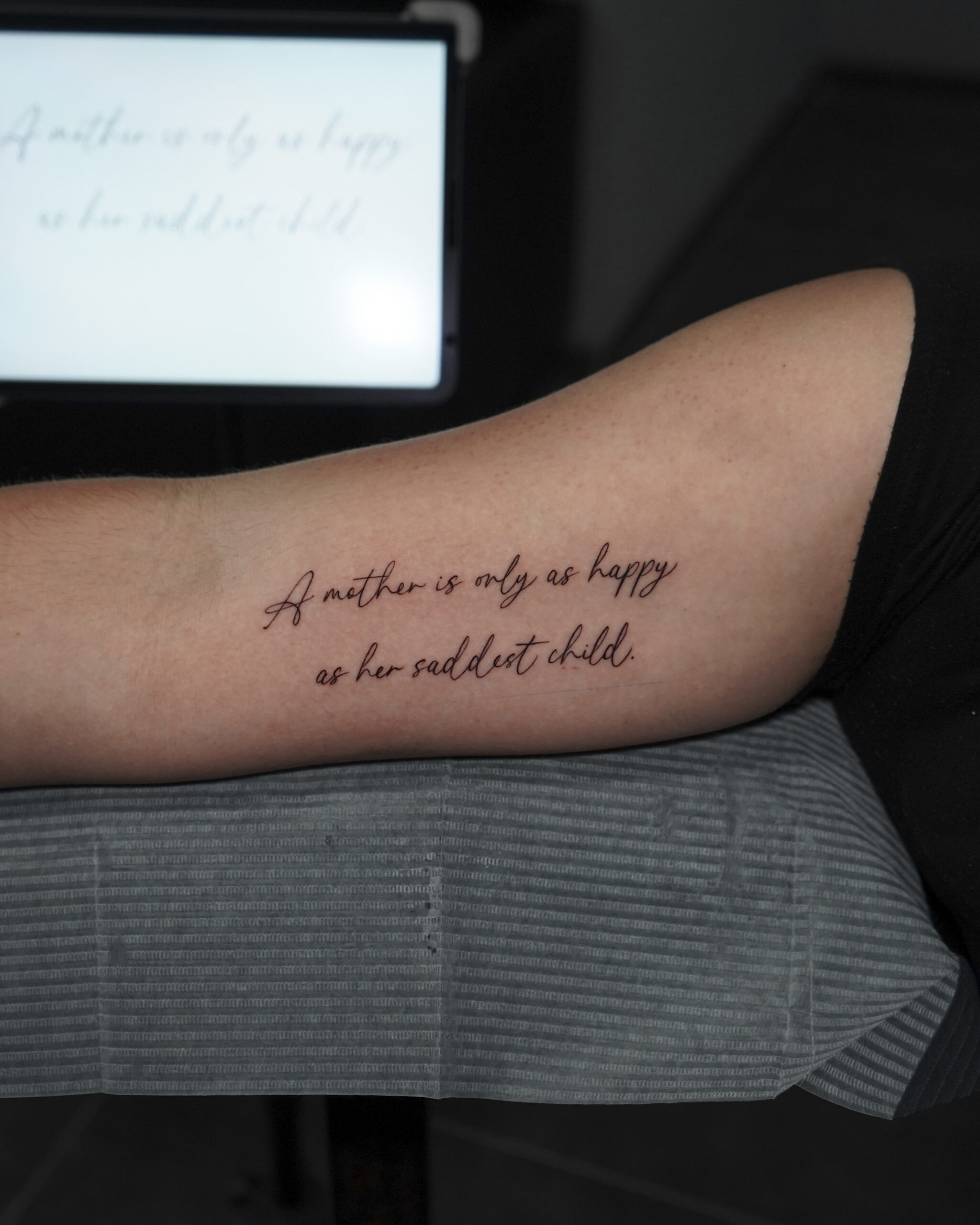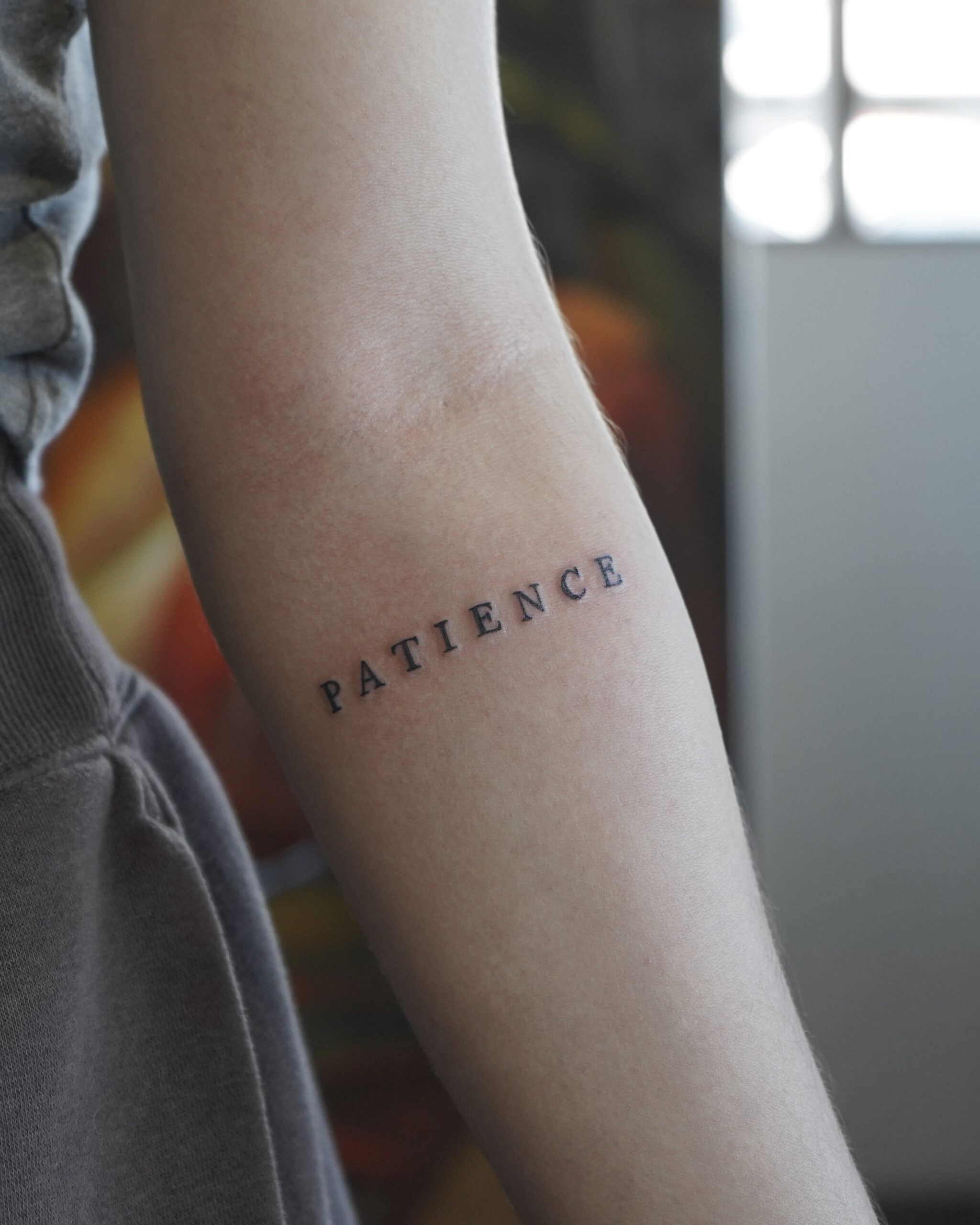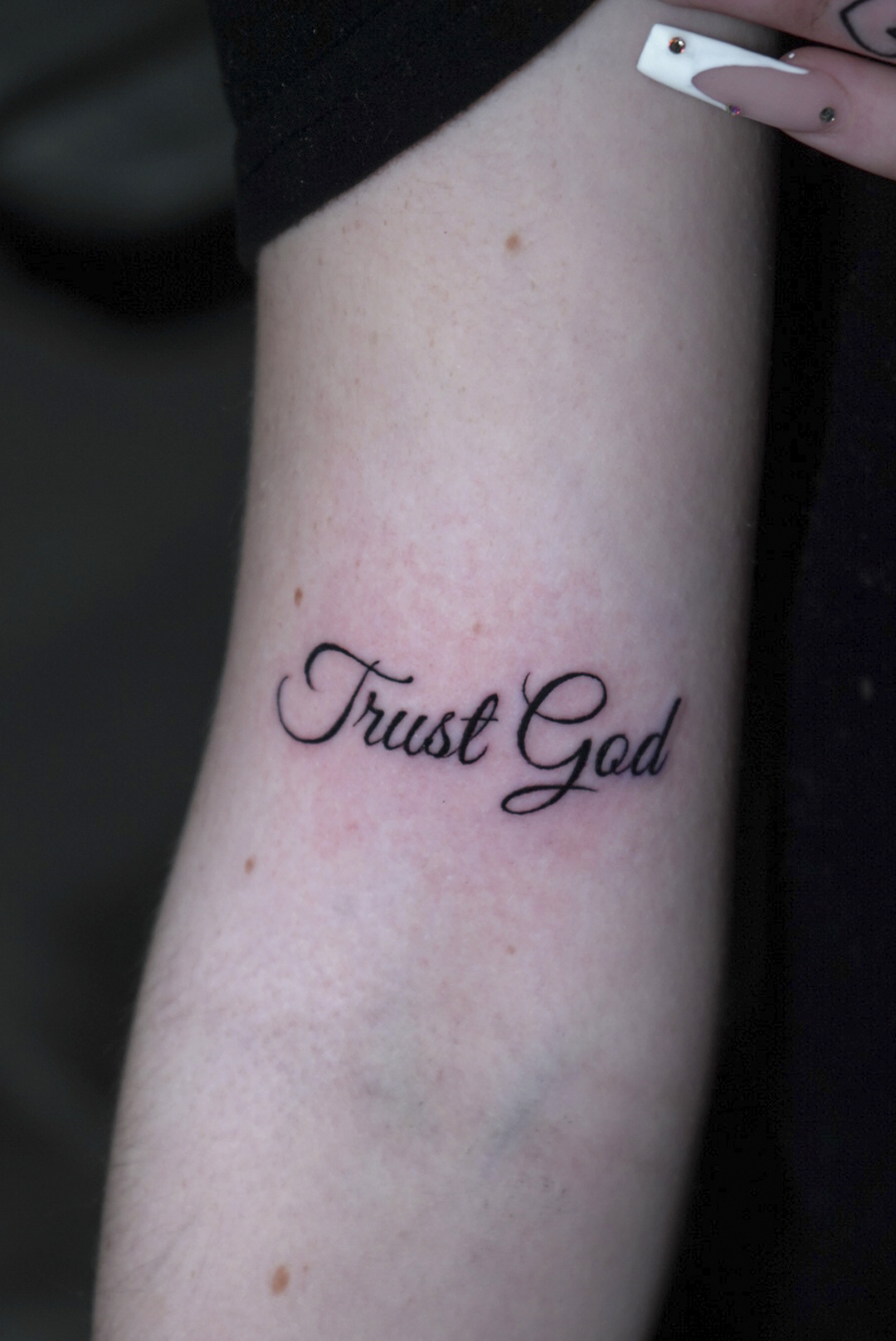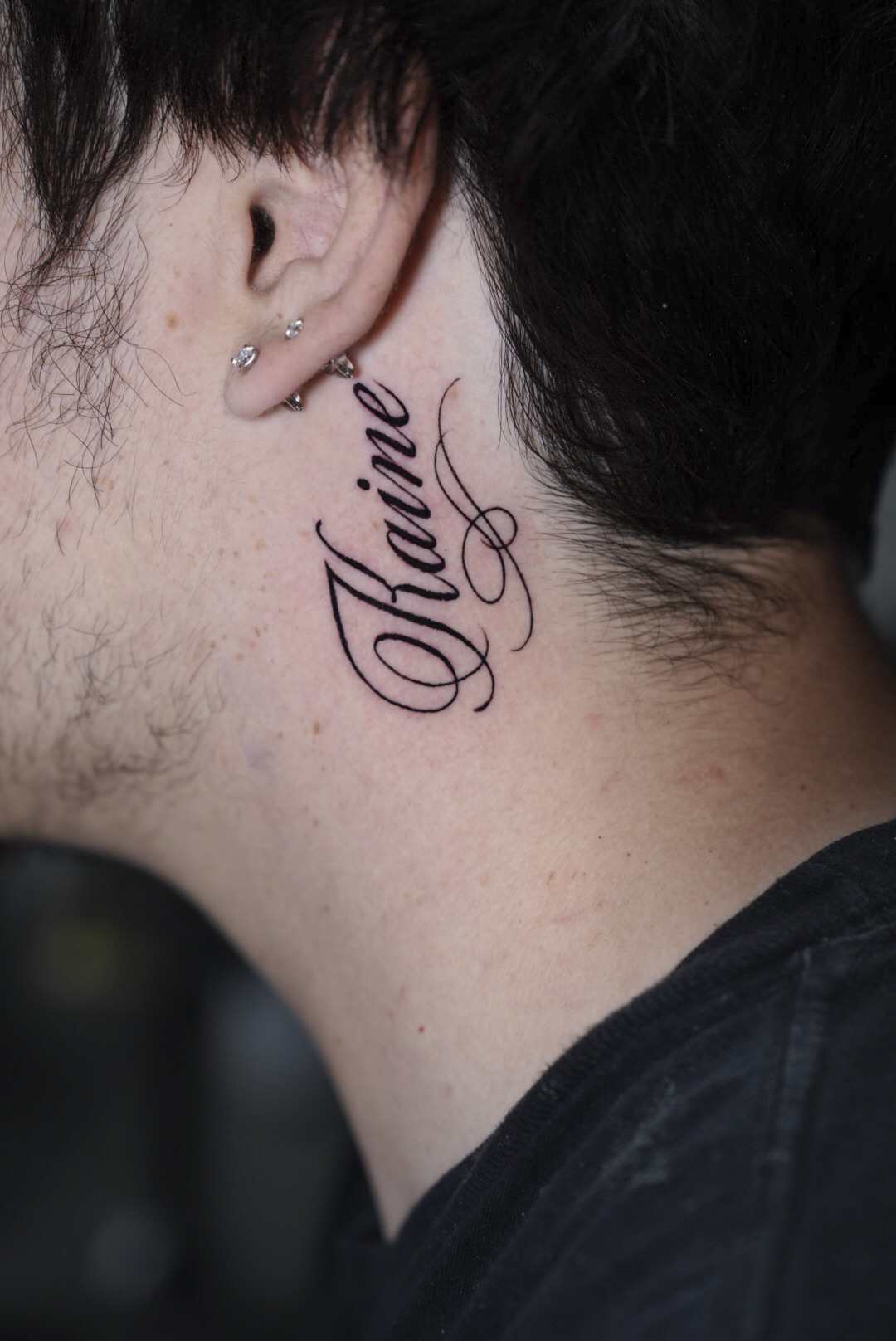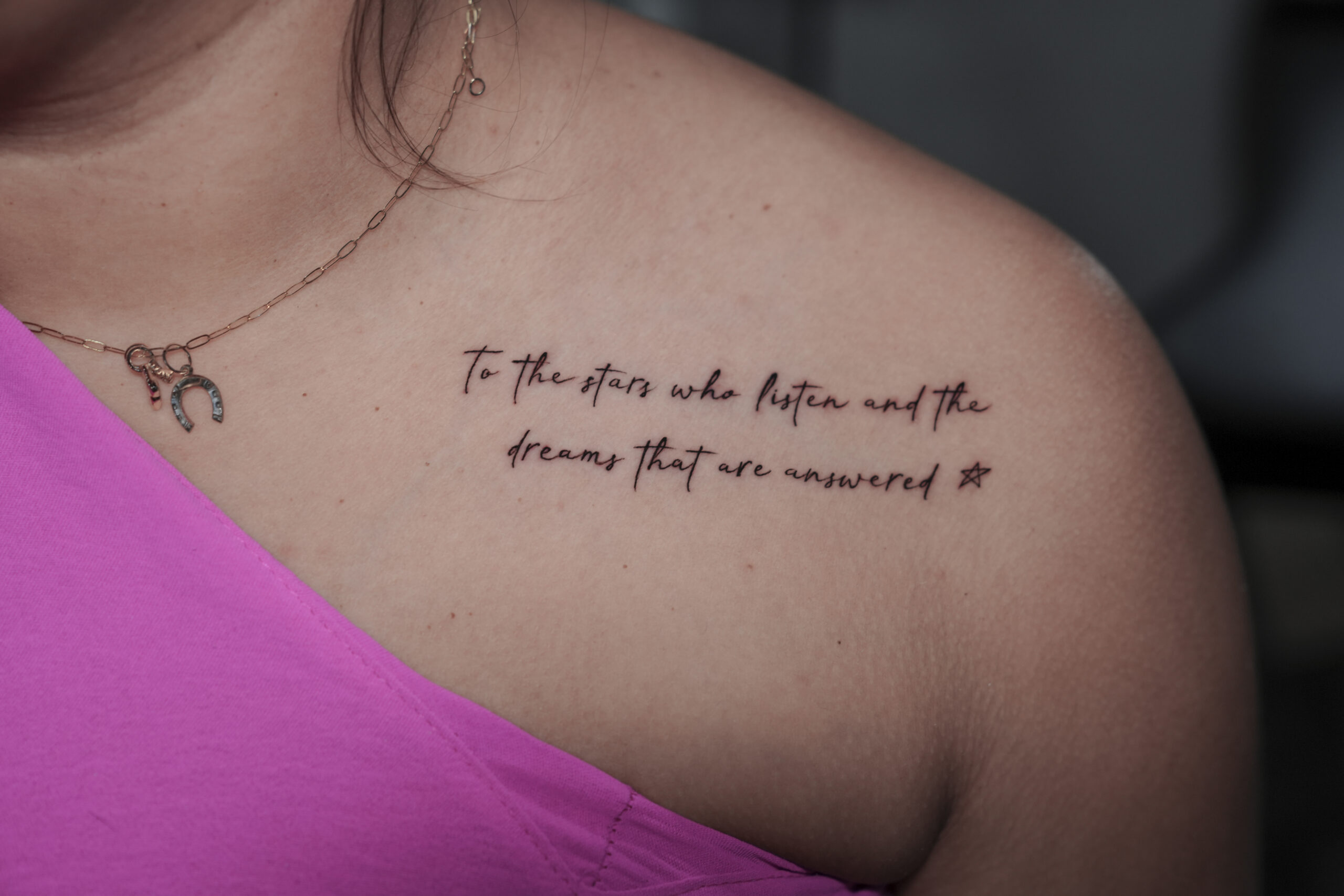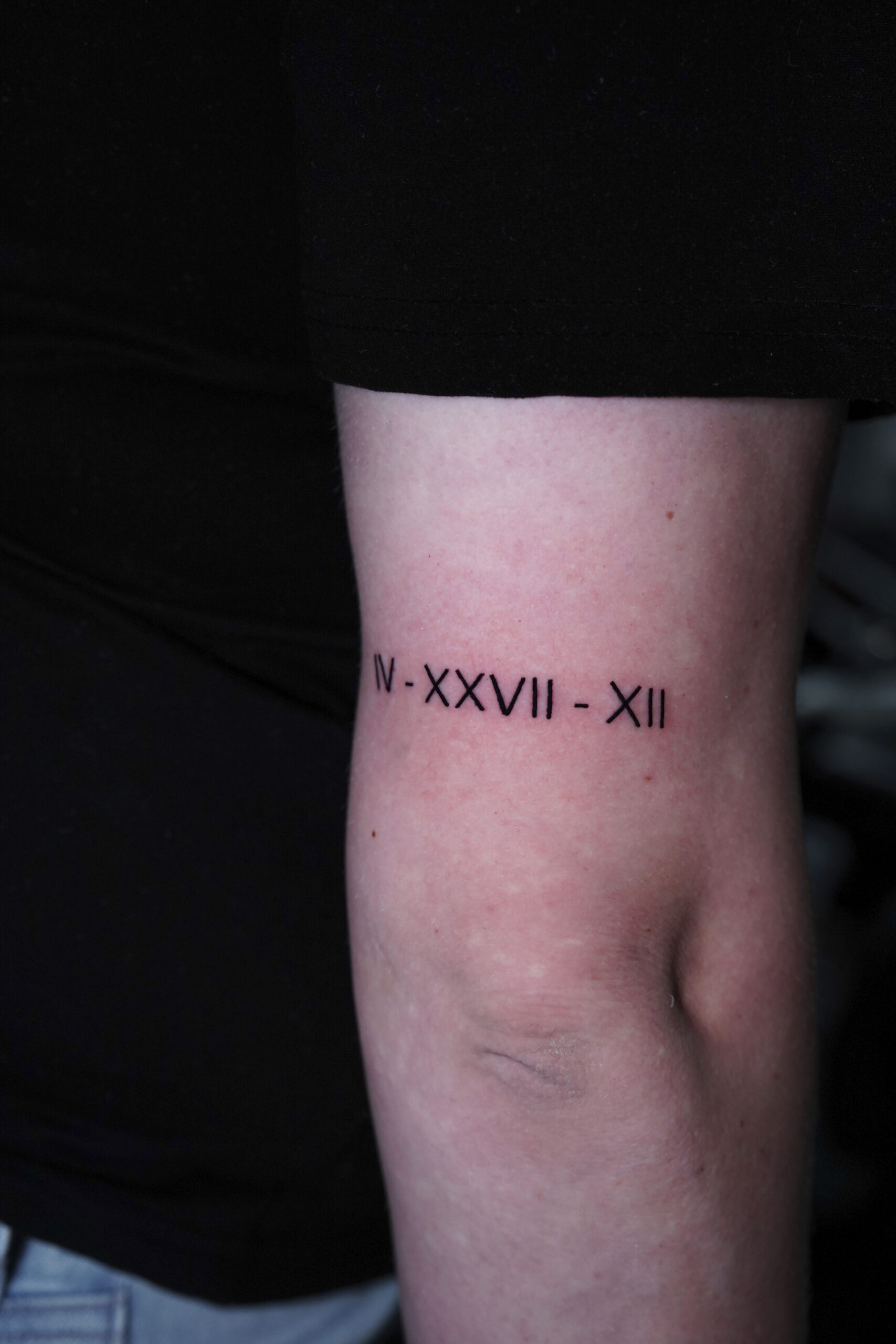Getting a tattoo isn’t just about walking into a studio and picking a design. Certain behaviors beforehand can compromise ink retention, cause excessive bleeding, and potentially lead to unsatisfactory results requiring costly touch-up sessions.
Some key activities to avoid before your tattooing session include consuming alcohol, taking blood-thinning medications like aspirin or ibuprofen, getting sunburned, using numbing creams, making impulsive design choices, overindulging in caffeine, arriving with an empty stomach, or drinking excessive water immediately before your appointment.
In the following sections, we’ll explore each of these pre-tattoo prohibitions in detail, explaining why they matter and how avoiding them helps create the distinctive body art you desire. Let’s dive deeper into what you should avoid before sitting in the tattoo chair.
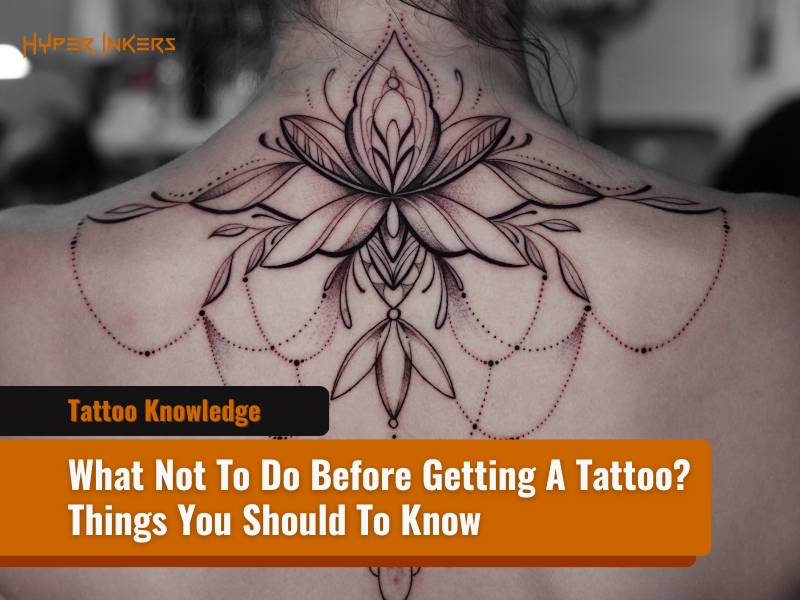
Don’t Drink Alcohol
Drinking alcohol before your tattoo appointment causes several issues. It impairs your judgment, which could lead to impulsive decisions about your tattoo design or placement that you later regret.
More importantly, alcohol thins your blood, making you bleed more during the tattoo process. Excessive bleeding pushes ink out of the skin and dilutes colors, resulting in a less vibrant tattoo that may require touch-ups.
From a legal standpoint, most states prohibit tattooing someone under the influence. The consent form you sign constitutes a legal contract, which you shouldn’t enter while impaired. No reputable tattoo studio will work on a client they suspect is intoxicated.
For the best outcome, arrive sober and clear-minded. This ensures you make sound decisions and allows the artist to work effectively.
You may be interested in: How long after a tattoo can you drink? Know to avoid unfortunate disappointments
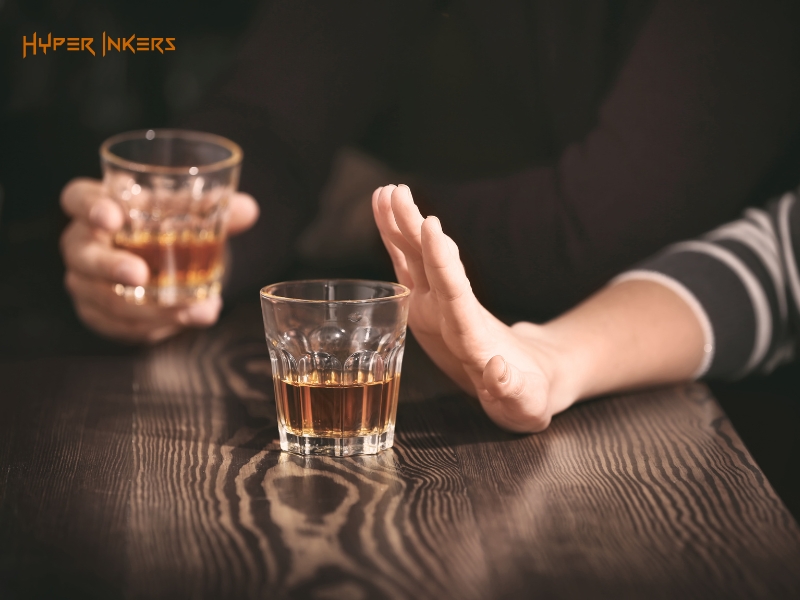
Avoid Over-the-Counter Blood Thinners
Similar to alcohol, over-the-counter blood thinners such as aspirin or ibuprofen can increase bleeding during your session. When you bleed more than normal, the tattoo artist struggles to see their work clearly, making it difficult for them to work effectively. The excess bleeding also prevents ink from depositing properly in the skin, resulting in colors that appear less vibrant in the finished piece. This not only affects the immediate quality of your tattoo but can also complicate the healing process.
If you take prescription medications and are unsure about their effects, consult your doctor before your appointment and inform your tattoo artist in advance. Most artists can accommodate medical needs with proper advance notice, though the session might require special adjustments to ensure the best possible outcome.
Avoid Sunburns and Tanning
Sunburns and excessive tanning create several problems for the tattooing process such as: Sunburned skin already undergoes trauma and adding tattoo needles compounds the damage. This results in greater pain during the session and potential healing complications afterward. From a technical perspective, sun-damaged skin interferes with proper tattoo application. The needles may not penetrate properly, and damaged skin can sometimes clog needles with dead tissue. This leads to patchy ink application and poor tattoo quality.
For optimal results, wait until your skin has fully recovered from sunburns or tans before scheduling your appointment. Generally, this means waiting at least two weeks after a sunburn has healed or a tan has faded.
Avoid Numbing Creams
Using numbing creams before getting a tattoo might change your skin’s texture, making it more porous. This altered state makes it difficult for ink to deposit evenly, resulting in patchy coloration and poor line work. Additionally, most numbing creams have a short-lived effect typically 30-60 minutes after which you’ll likely experience increased pain sensitivity for the remainder of your session. The creams also restrict blood flow to damaged tissue, which hinders the natural healing process. This can lead to longer recovery times and potential complications.
Most professional tattoo artists will not work on skin treated with numbing creams. They understand these products compromise their ability to deliver quality work and create potentially problematic healing conditions.
Instead of seeking shortcuts to avoid discomfort, trust your artist’s expertise and preparation recommendations. The temporary discomfort of tattooing leads to permanent art you’ll appreciate for years.
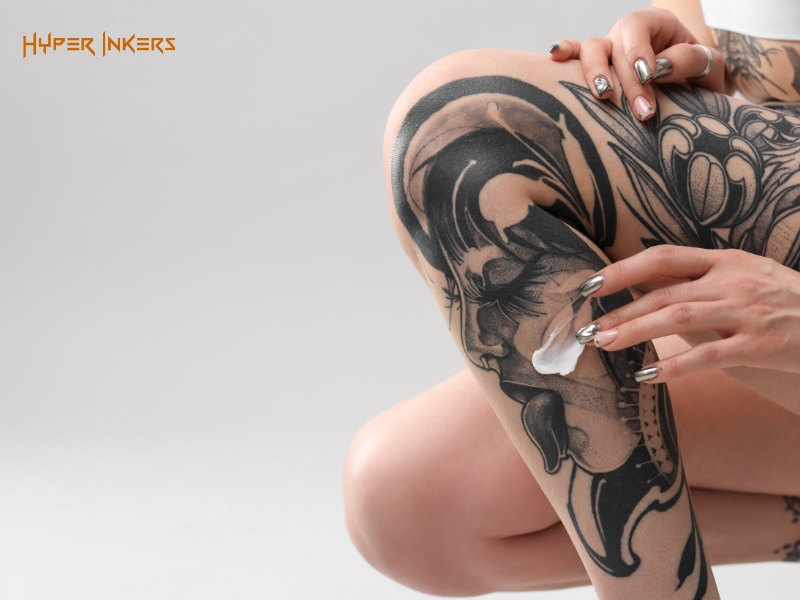
Avoid Impulsive Decisions
Avoid getting a tattoo on a whim or when you’re feeling emotionally charged, as these moments often lead to choices you might later regret. It is best to take your time and select a design that holds significant meaning or accurately represents your personality, ideas, or experiences. This thoughtful approach significantly reduces the chance of regretting your tattoo later and needing costly removal procedures.
Planning your tattoo involves researching artists who specialize in the style you want, consulting with people who have tattoos you admire to get their perspective on your idea, and ensuring you feel comfortable communicating with your chosen artist.
This deliberate process helps you create body art that you’ll appreciate for years to come, as quality tattoos result from combining your vision with the artist’s technical expertise and creative input. Taking time for thorough planning is one of the most important what to do before your first tattoo considerations that many first-time clients overlook.
Avoid Excessive Caffeine
Avoid too much caffeine, which can increase anxiety and restlessness, making it difficult to sit still while doing detailed work. Even minor movements can impact tattoo quality, particularly during intricate linework or shading.
The stimulant effects also heighten sensitivity to pain, potentially making your experience more uncomfortable than necessary.
For the most comfortable experience, reduce your caffeine intake before your appointment. Either maintain moderate consumption or avoid caffeine entirely on the day of your session to maintain a relaxed physical state.

Avoid Going in on an Empty Stomach
Getting tattooed while hungry risks lightheadedness or dizziness during your session. The tattooing process already puts stress on your body, and low blood sugar compounds this effect, potentially leading to fainting.
Eat a well-balanced meal before your appointment to maintain stable blood sugar levels and sustain your energy throughout the session. When considering what to eat before tattoo sessions, focus on foods with complex carbohydrates and protein that provide steady energy rather than quick spikes and crashes.
Avoid overly heavy meals that might make you feel bloated or uncomfortable while sitting for extended periods. A nutritious but relatively light meal strikes the right balance for your tattoo experience.
Don’t Drink Too Much Water Immediately Before
Drinking excessive amounts of water immediately before your appointment will cause problems like frequent bathroom trips, disrupting the flow of your tattoo and prolonging your session. These interruptions can be particularly problematic during detailed work that requires continuous focus from your artist.
Instead, focus on consistent hydration in the days leading up to your appointment. This approach maintains your skin’s health and elasticity without the inconvenience of urgent bathroom needs during your session.
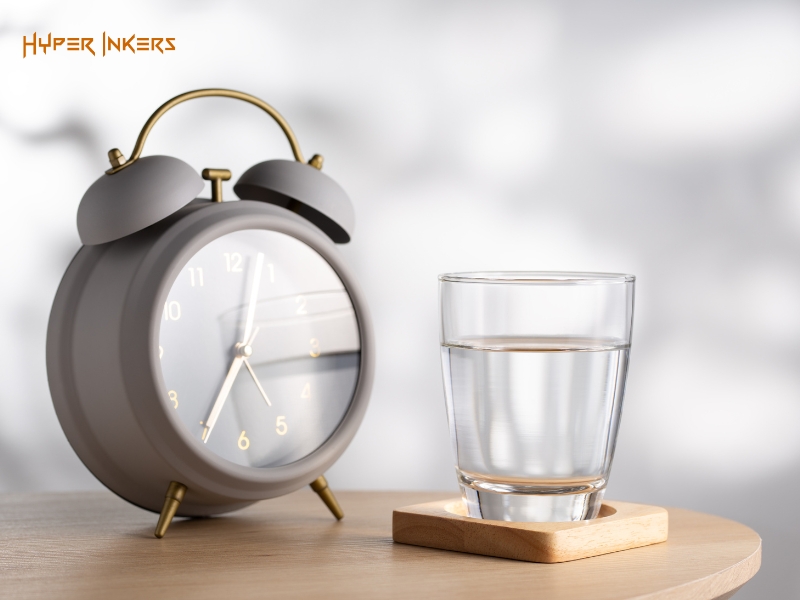
For a tattoo session to go perfectly, especially for first-timers. You should read through: Things to know before getting your first tattoo
FAQ
Should I shower before a tattoo?
Yes, take a shower before your tattoo appointment. Clean skin without oils, dirt, or residues allows for better ink absorption and reduces infection risk.
Can you sweat on a new tattoo?
No, avoid activities that cause sweating for at least 2-3 days after getting a tattoo. Sweat contains salt and bacteria that can irritate the skin, pull ink out, and increase infection risk during the initial healing phase.
In essence, the journey to a memorable and well-executed tattoo begins long before the needle ever touches your skin. As we’ve detailed, steering clear of common pre-tattoo pitfalls—such as consuming alcohol or blood-thinning medications, arriving with sunburned skin, using numbing creams, making impulsive design choices, overdoing caffeine, skipping a pre-session meal, or drinking excessive water right before is paramount.
These aren’t just arbitrary rules; they are practical steps designed to protect your health, enhance the artist’s ability to work effectively, and ensure optimal ink retention and healing. By being mindful of these “what not to do’s,” you actively contribute to the quality and longevity of your tattoo. Proper tattoo aftercare following your session is equally important for maintaining the vibrancy and health of your new artwork. Thoughtful preparation is your first investment in a piece of body art that you’ll not only love on day one but will continue to cherish for years to come.
For those who demand the best, selecting one of the best tattoo shops in San Antonio Texas is key. At Hyper Inkers, our team of world-class, award-winning artists delivers on that promise. We merge masterful experience with the most advanced sterilization techniques, ensuring every client gets a beautiful piece of art and a safe, professional experience from beginning to end


